At the dawn of the 21st century, humankind has been actively seeking sustainable alternatives to fossil fuels, with solar energy emerging as a front-runner in the renewable energy sector.
Today the global reliance on solar power has seen a remarkable increase and the use of solar energy has become more prevalent.
Solar energy is harnessed from the inexhaustible power of the sun. However, like any form of energy, it comes with its own set of challenges and disadvantages.
Is solar energy for you? Can you install solar panels for your home and office? We will look at all the advantages and disadvantages of solar energy in this article.
Advantages of solar energy
1. Solar energy is a renewable source of energy
Solar energy is an inexhaustible power source, ensuring we always have access without depleting it.
It is environmentally friendly by producing zero carbon emissions and sidesteps the ecological degradation linked with extracting fossil fuels.
An added benefit is its minimal water consumption, contrasting starkly with traditional power plants that rely heavily on water-intensive steam turbines.
2. Solar energy reduces electricity bill
Adopting solar energy is a transformative step towards achieving energy autonomy for homeowners. As energy prices continue escalating, a solar system can significantly slash monthly utility bills, reducing dependence on the traditional grid.
Some homeowners, equipped with efficient solar installations, not only meet their energy demands but also generate a surplus. This excess energy, rather than going to waste, can turn into a revenue stream when sold back to utilities.
And for those not ready to fully transition, even incremental shifts, such as incorporating solar-powered lights, can lead to noticeable savings
Read More: Top 10 Solar Panel Manufacturers in India
3. Low Maintenance Cost
With no moving components, the wear and tear commonly associated with machinery is virtually non-existent. A routine cleaning, perhaps just a few times annually, suffices to keep them at optimal performance.
Some even opt for specialized cleaning services, which are both affordable and efficient. Beyond cleanliness, notable longevity is another benefit. Renowned manufacturers often back their panels with warranties spanning 20 to 25 years.
While components like inverters may require occasional replacements, typically every 5–10 years, and periodic cable checks to optimize performance, the overall maintenance expenditure is significantly low. Once the primary investment is recouped, homeowners can relish the cost-effective nature of solar energy with minimal concerns about upkeep expenses.
Know More: Best Solar Inverter Manufacturers in India
4. Solar Panel Increases Home Value
Investing in solar panels transcends mere energy savings; it significantly bolsters a home’s market value. Research indicates a correlation between electricity savings and property valuation: for every penny saved on electrical expenses due to solar panels, the home’s intrinsic value can surge substantially.
Additionally, homes equipped with solar systems often command a premium on the market. Prospective buyers are not just purchasing a house; they’re investing in a sustainable future with reduced energy costs and potential earnings from surplus energy sales.
Coupled with the ease of installation and minimal maintenance — often overseen by the solar provider, especially in lease or PPA arrangements — the return on solar investments is twofold: both environmental and financial.
5. Reduced Greenhouse Gas Emissions
One of the paramount environmental challenges we face today is the excess emission of greenhouse gases, leading to global warming. Solar panels produce electricity without emitting greenhouse gases. By choosing solar energy over conventional sources, households and businesses can directly reduce their carbon footprint, contributing to global efforts to combat climate change.
6. Job Creation
The solar industry has witnessed tremendous growth over the past decades. As demand for solar installations grows, so does the need for skilled professionals in manufacturing, installation, maintenance, and other associated roles. Thus, a shift towards solar energy not only benefits the environment but also bolsters the economy through the creation of green jobs.
Disadvantages of Solar Energy
High Cost of Initial Installation
While the green appeal of solar energy is undeniable, one cannot overlook the upfront financial commitment it demands. Investing in a comprehensive solar system encompasses expenses for panels, inverters, batteries, wiring, and professional installation.
Over the past decade, though there’s been a notable reduction in solar panel costs, the overall installation can still set a homeowner back significantly. However, the industry, recognizing this barrier, offers leasing options that can alleviate some of the immediate financial pressure.
While purchasing a system outright can yield long-term dividends, it’s a commitment that requires staying in the property for an extended period to truly reap its benefits, making it a more fitting venture for homeowners rather than transient renters.
Know More: Solar Panel Installation Guide
Solar & Weather Dependent
Solar energy, while transformative in its capacity to harness the sun’s power, does have its limitations tied to nature. Solar panels thrive under optimal sun exposure, but their efficiency wanes during prolonged periods of cloud cover, rain, or the inherent absence of sunlight at night. Areas prone to extended overcast conditions may experience sporadic drops in energy output.
To counteract these intermittent downtimes, many opt for solar batteries, which store excess energy during sunny days for use during less favorable conditions. However, these batteries entail added expenses and maintenance concerns.
Additionally, for those seeking consistent energy solutions, especially in the domain of water heating during nighttime or colder months, exploring alternatives like thermodynamic panels might be a prudent step.
While solar energy offers incredible potential, its dependence on the sun’s availability necessitates informed planning and sometimes, supplementary solutions.
Storing Solar Energy is Expensive
While the power of the sun presents an abundant source of energy, efficiently storing this energy for off-peak times presents a financial challenge. Solar batteries, designed to capture excess energy generated during sunlight hours, come at a significant cost.
Though one might envision a seamless transition from using solar power during the day to tapping into stored energy at night, the economic reality of battery investments makes it a costly proposition.
In many scenarios, especially for grid-connected systems, it’s often more economical to utilize solar power during daylight hours and draw from the grid after sunset. This strategy capitalizes on daytime energy demands while circumventing the hefty price tag associated with extensive battery storage.
Read More: Top Solar Hybrid Inverter Manufacturers in India
Space Constraint
The greater the electricity needed, the more solar panels required. These panels, along with their associated wirings and installations, demand ample space. While rooftops are a common spot for these installations, they might not always be spacious enough to house the desired number of panels. For those with limited roof areas, the ground becomes the next viable option.
However, not every yard or piece of land can accommodate them, especially while ensuring uninterrupted sunlight exposure. And in densely populated areas, finding a suitable spot becomes even trickier. Some homeowners, facing this constraint, may have to recalibrate their expectations, possibly opting for fewer panels to meet a portion of their energy demands rather than achieving full energy independence.
Manufacturing & Disposal Concerns:
While solar panels offer a green source of energy, the manufacturing process is not entirely devoid of environmental concerns. Production can lead to the emission of greenhouse gases and the use of hazardous materials.
Moreover, as solar panels reach the end of their life cycle, there’s a challenge related to the disposal and recycling of old panels, which might introduce additional environmental and financial burdens.
Inconsistency and Unpredictability
Even though solar panels can generate power even on cloudy days, their efficiency is still influenced by the weather and the changing seasons. For regions that experience prolonged periods of cloudiness or rain, relying solely on solar energy can be unpredictable. Moreover, seasonal variations can affect the angle and intensity of sunlight, leading to fluctuations in energy generation.
Conclusion
Solar energy is changing the way we use power. Our planet needs cleaner energy options, and solar energy is one of them. Like all things, it has its good points and challenges. It’s important to think about what works best for each situation. As we learn more and technology gets better, we hope that solar energy becomes easier for everyone to use. Making the right choices now can help us have a better future.





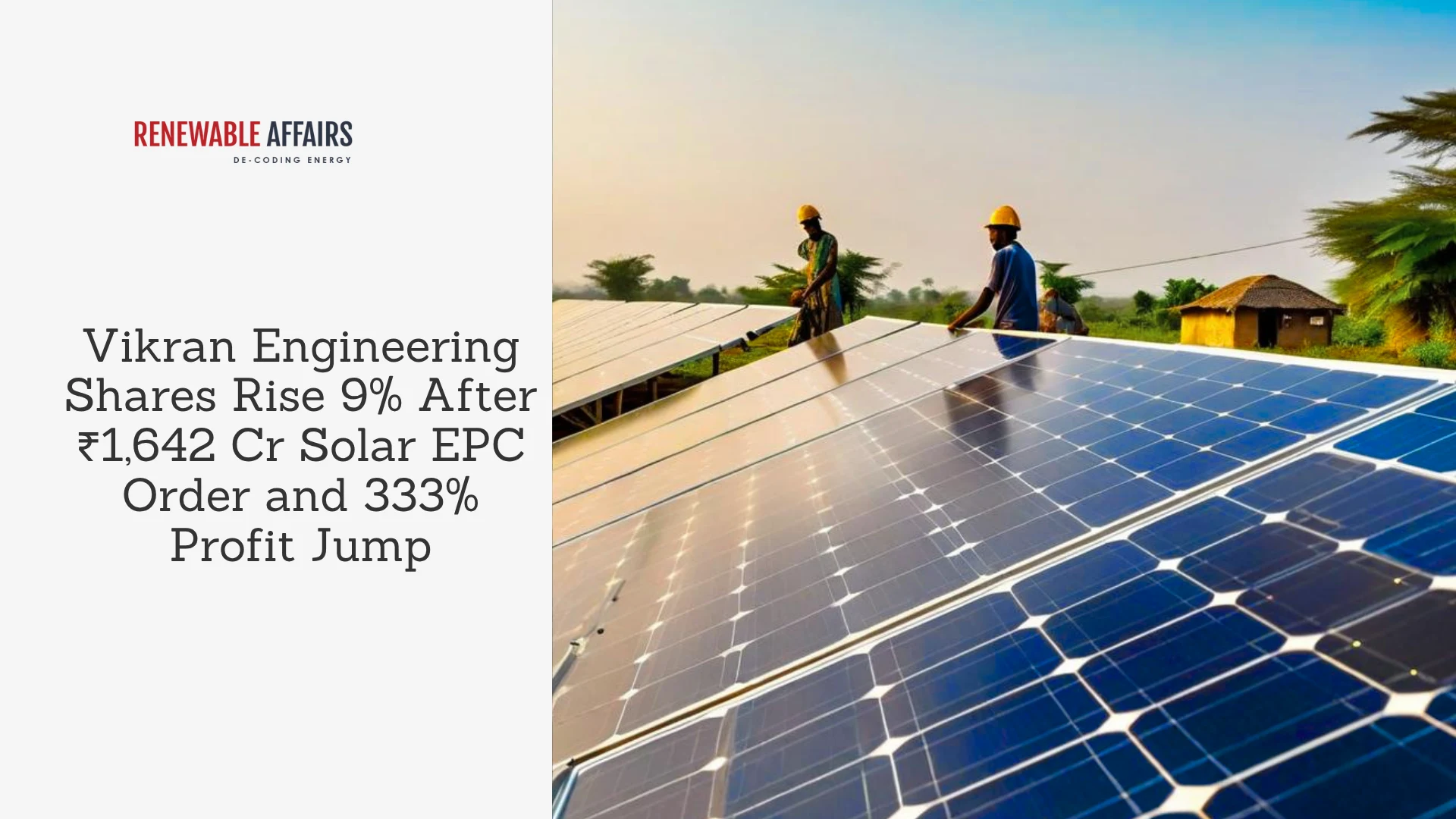
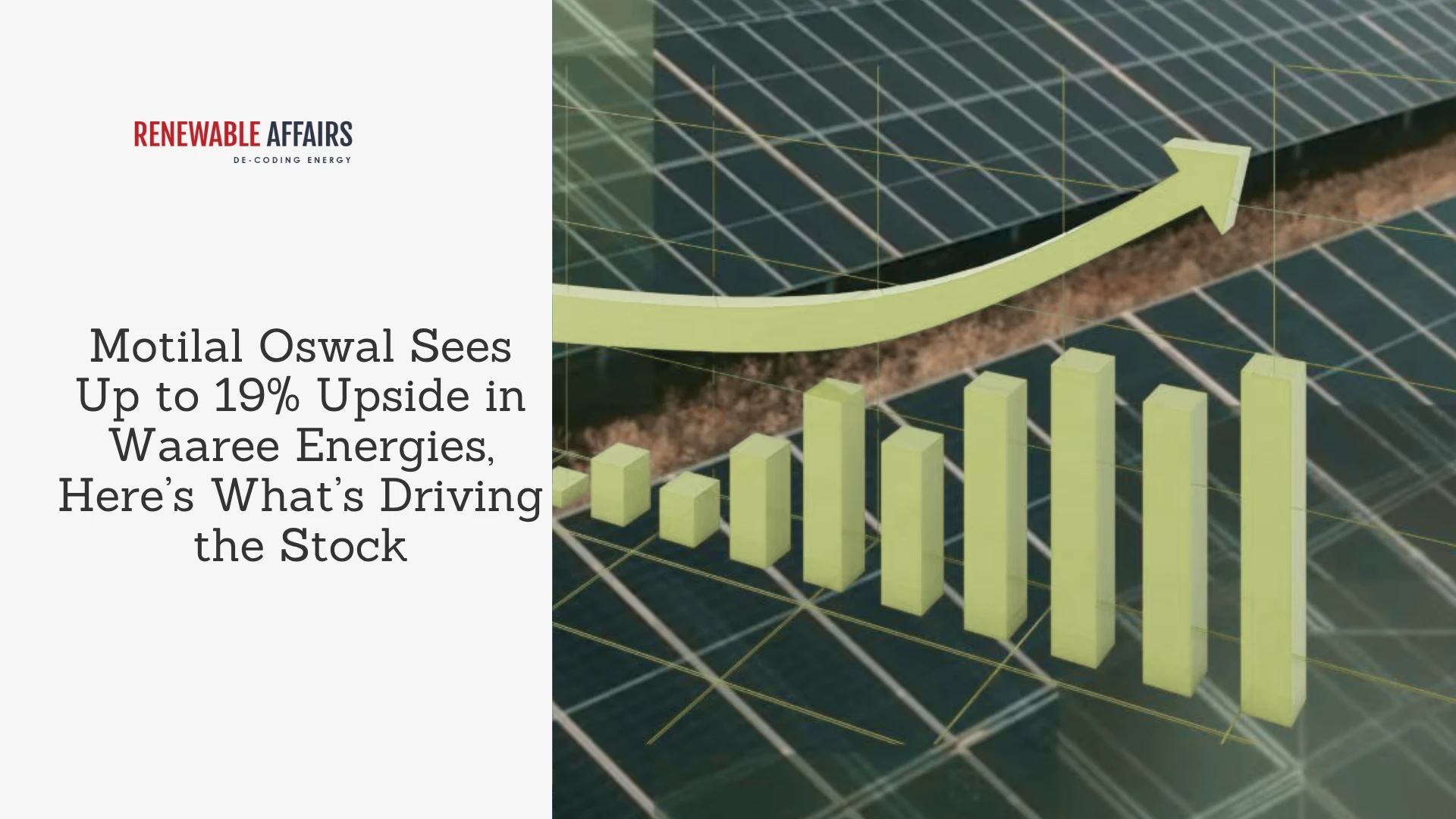
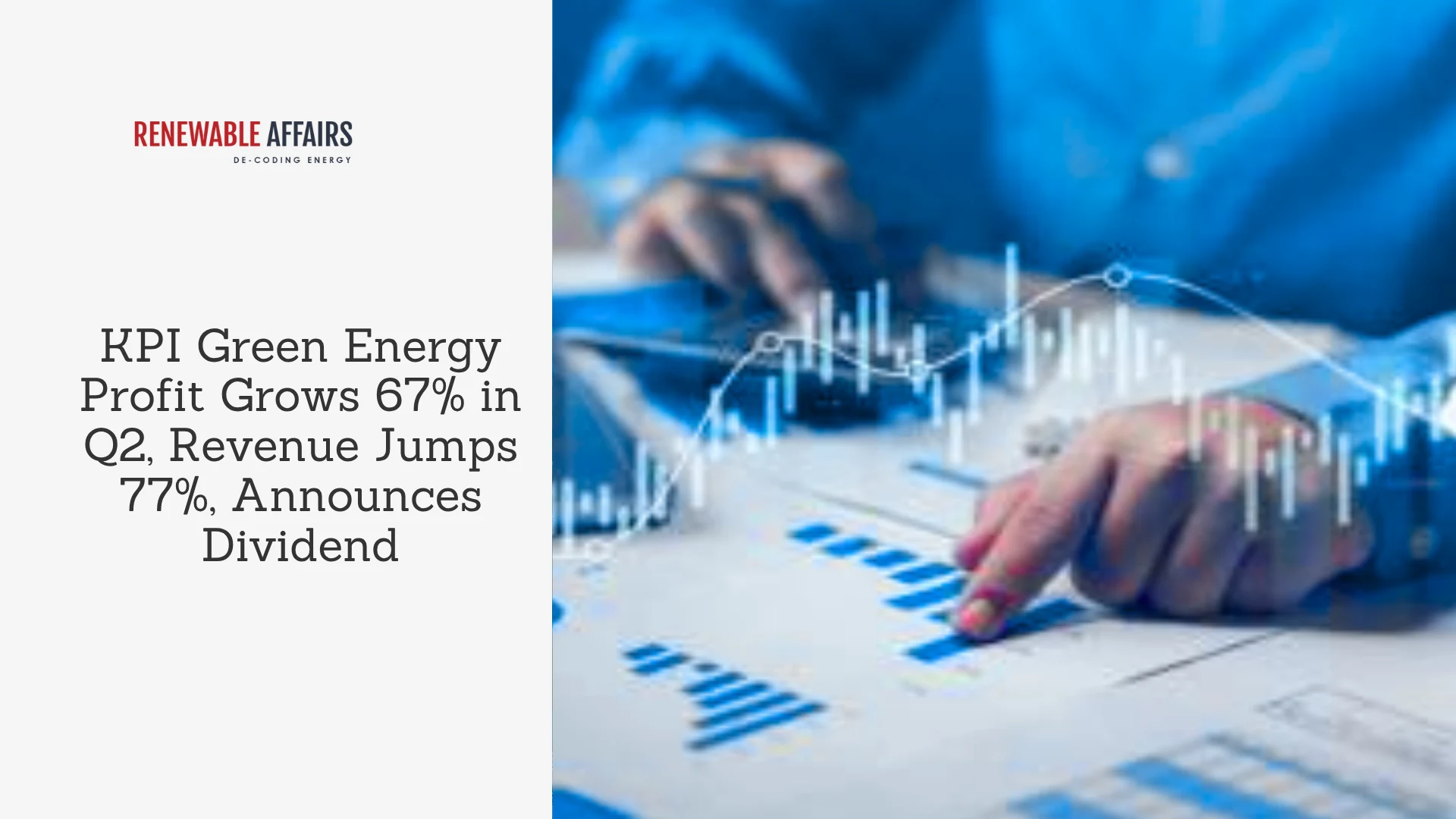
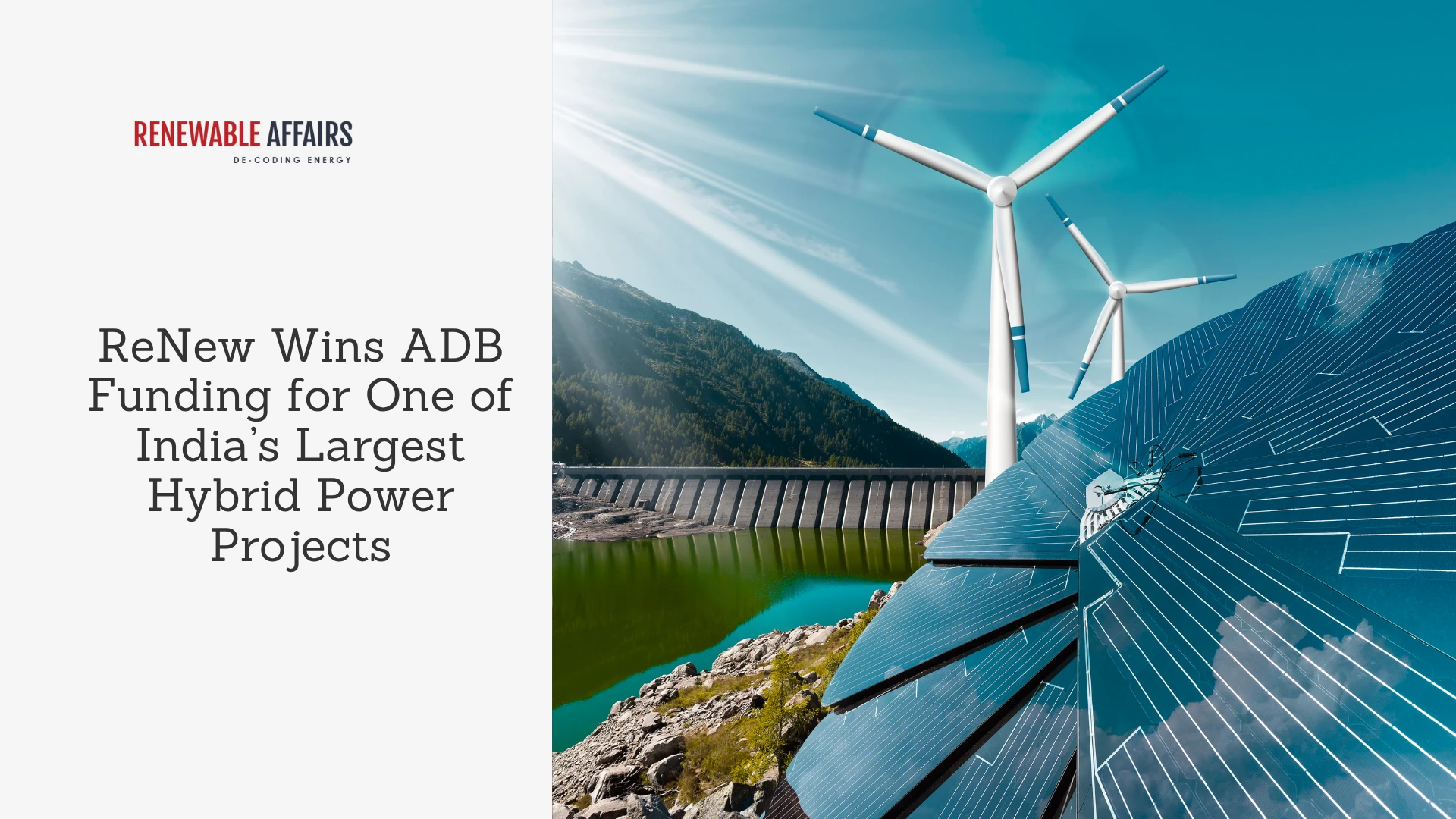
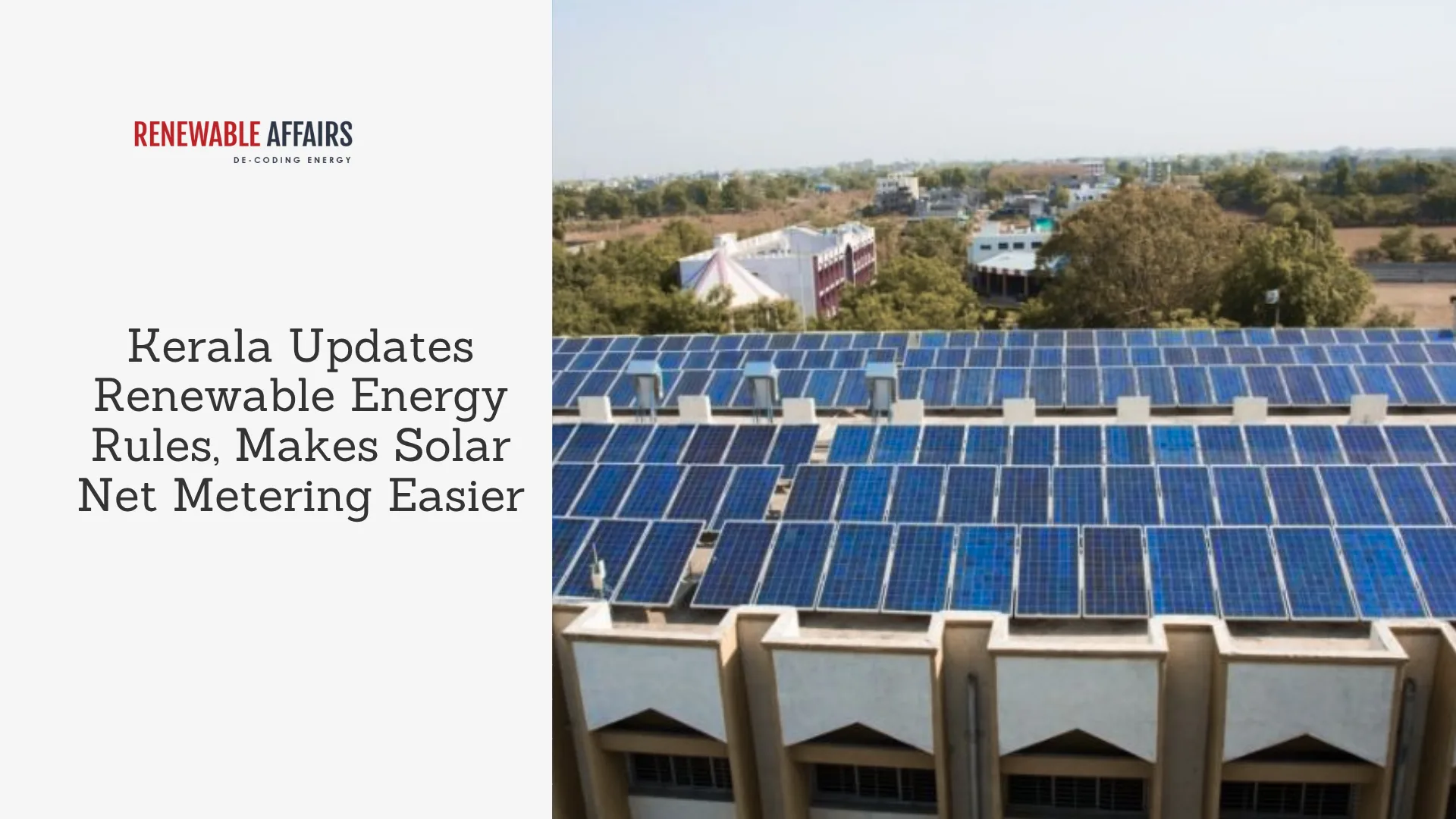
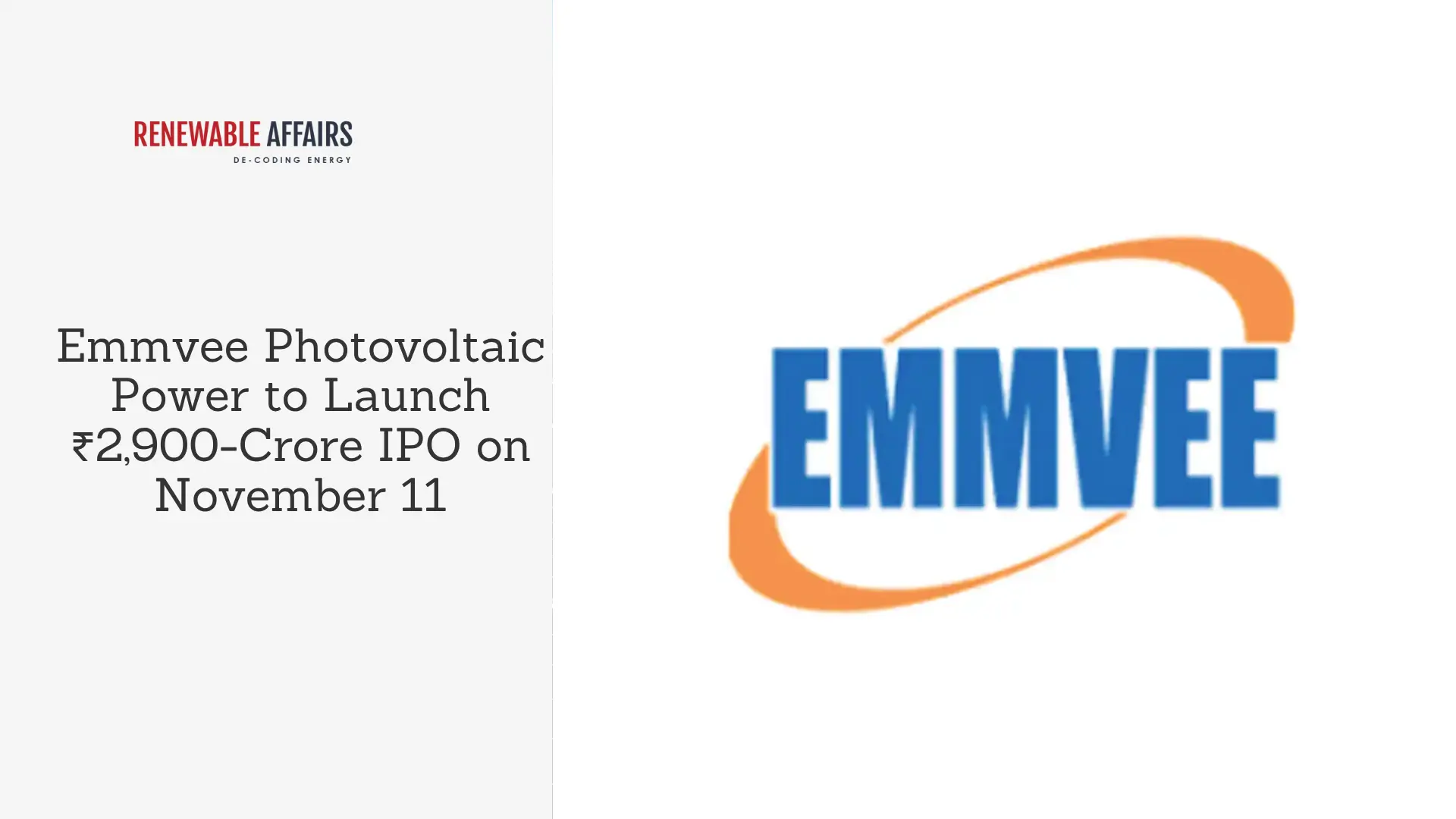
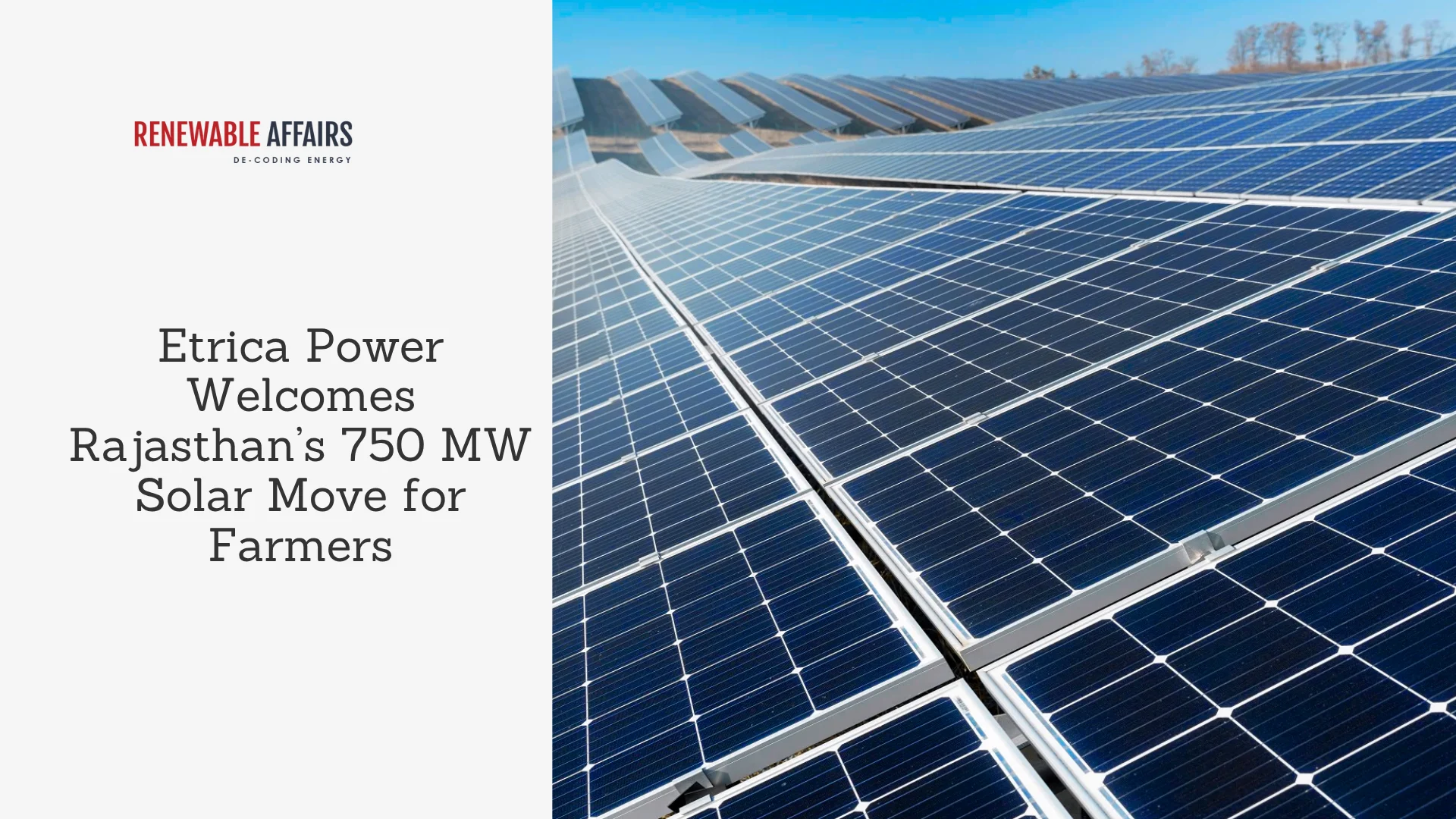
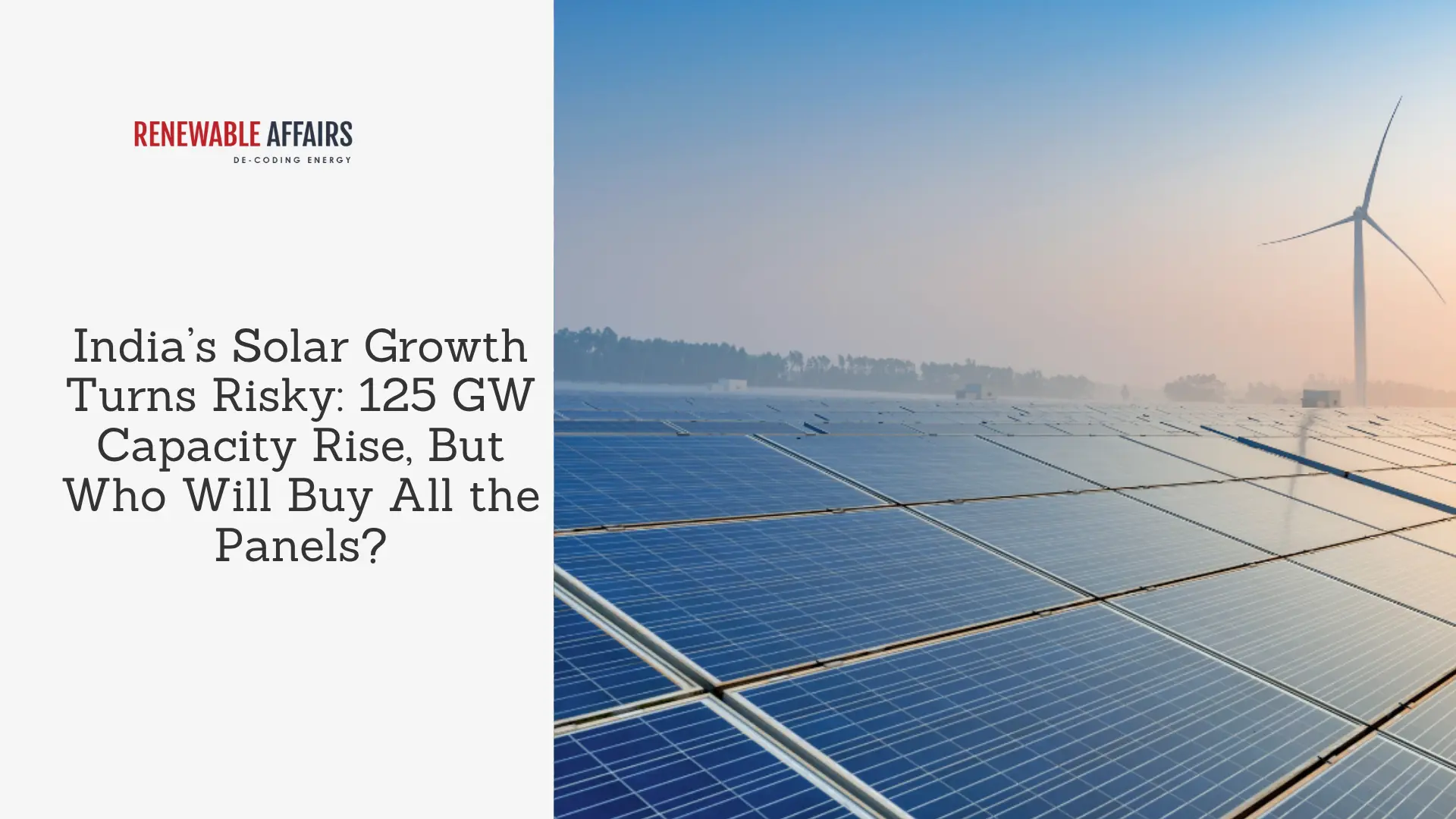
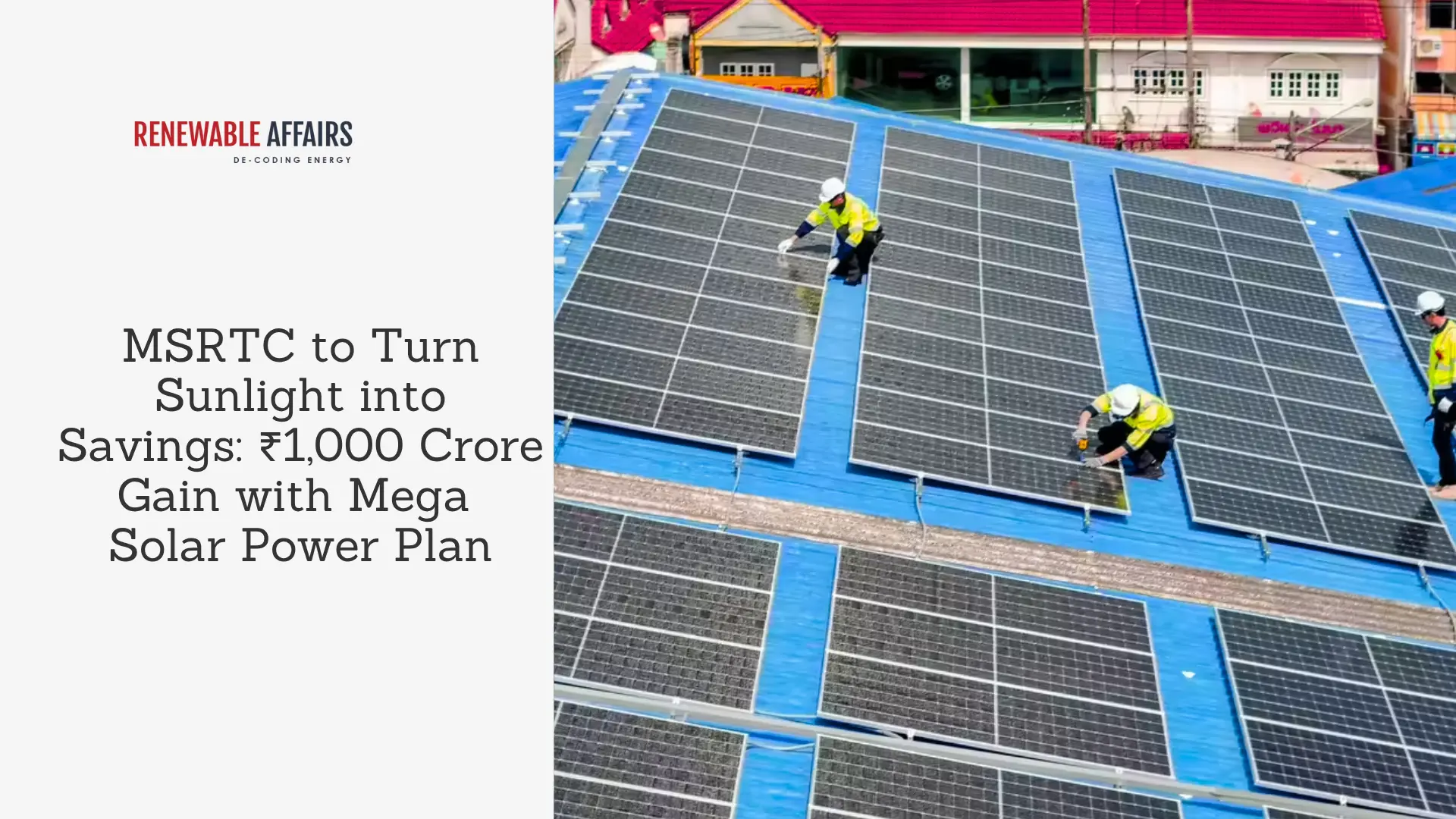
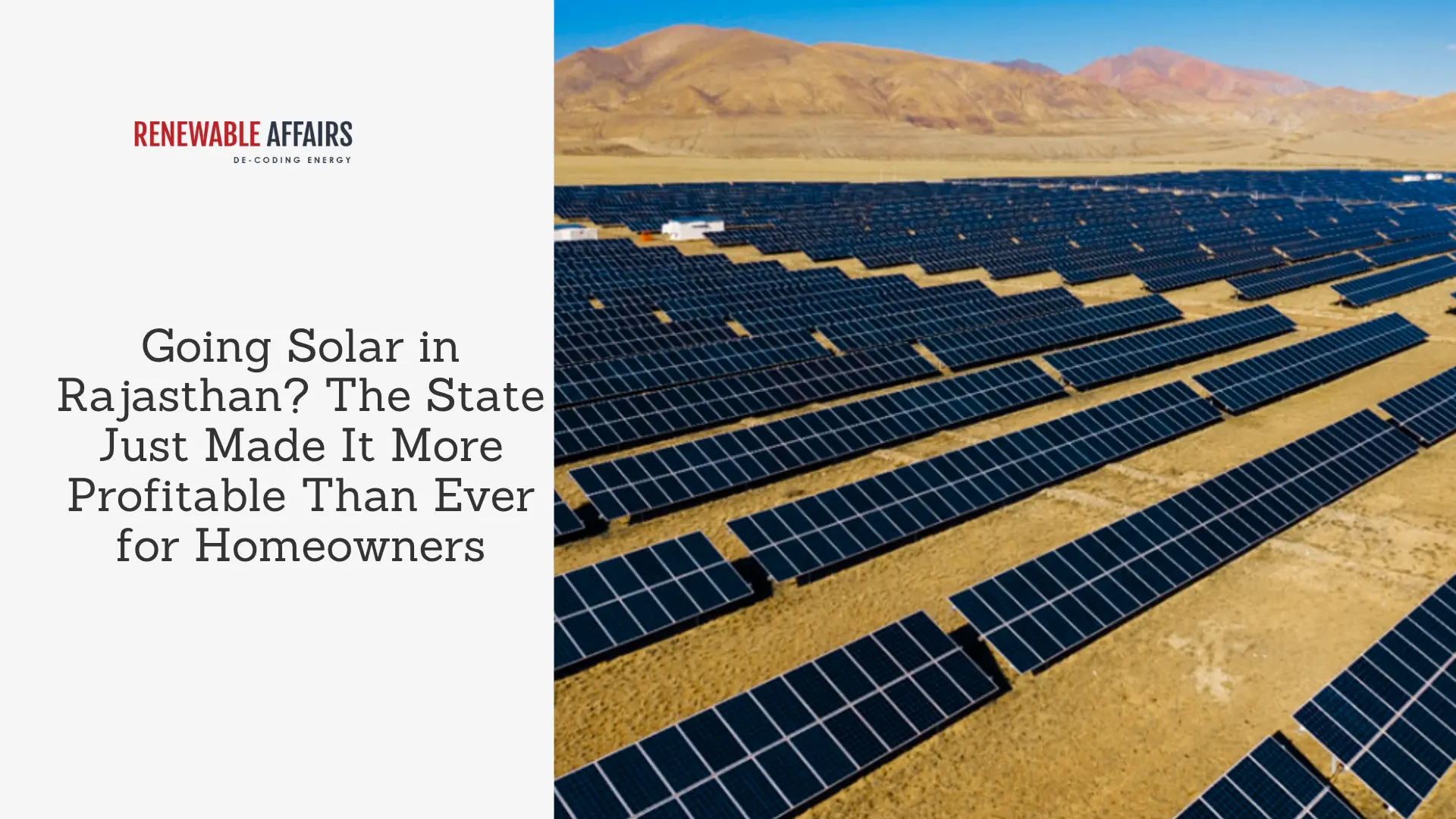


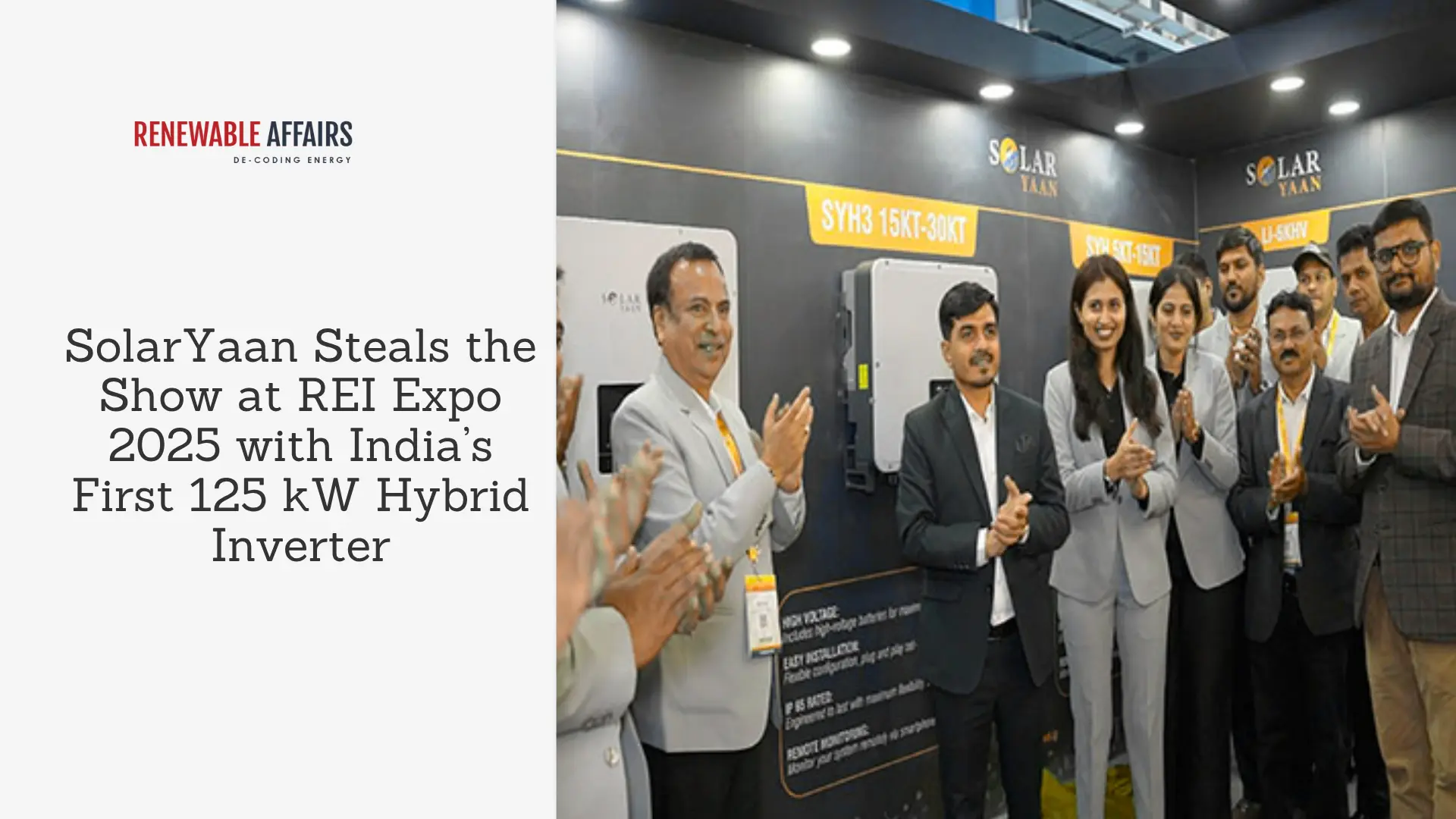



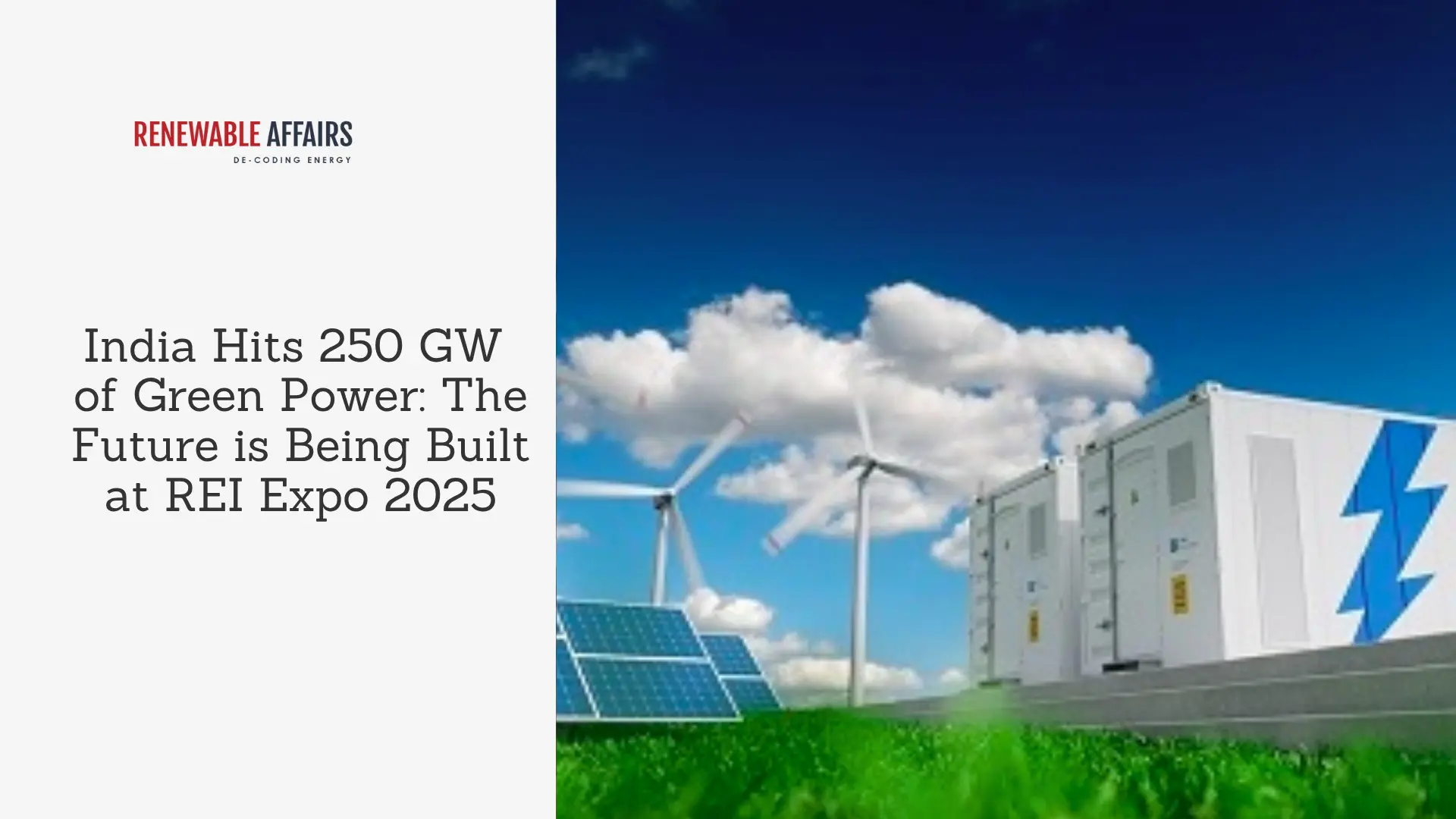
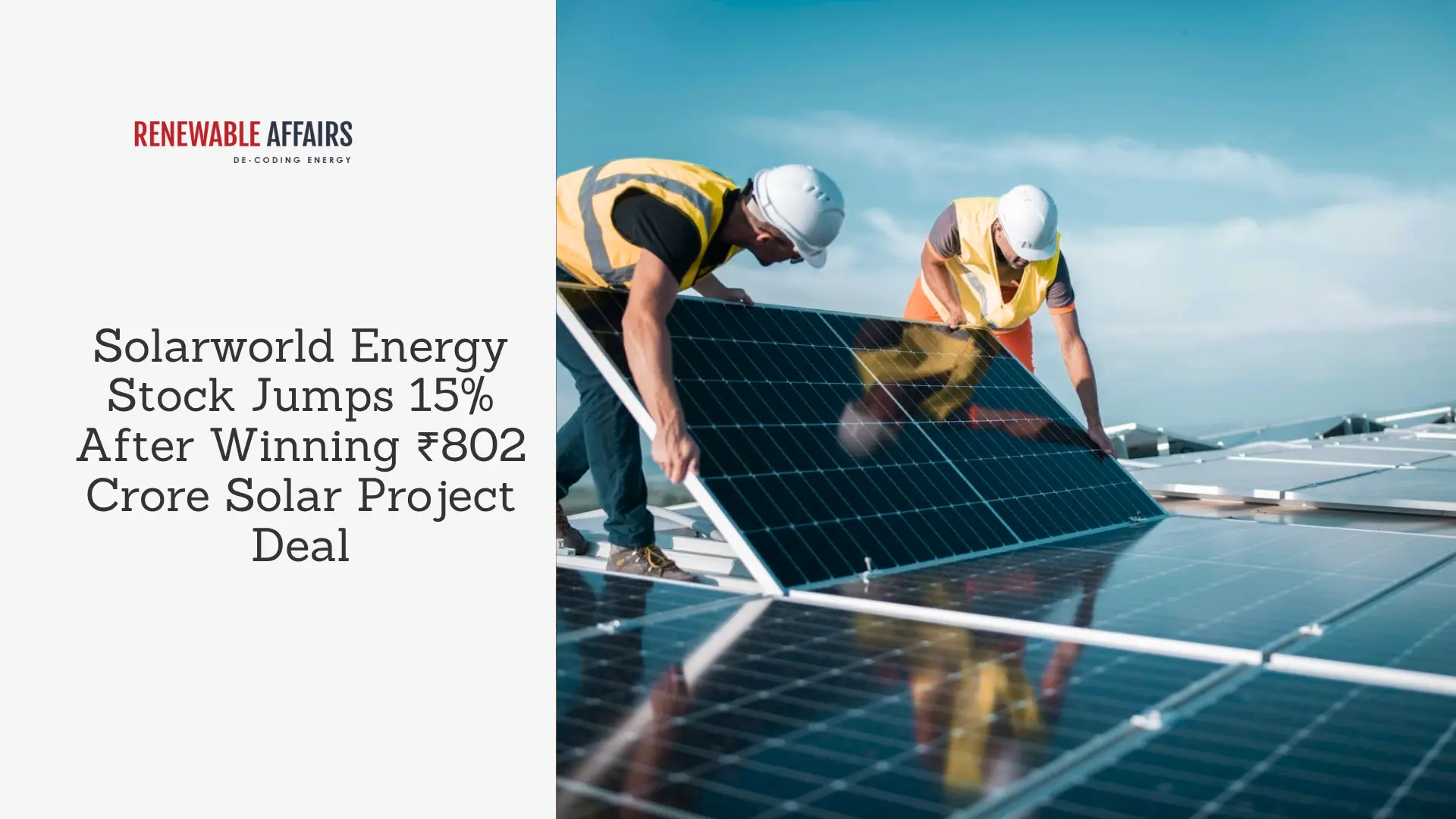
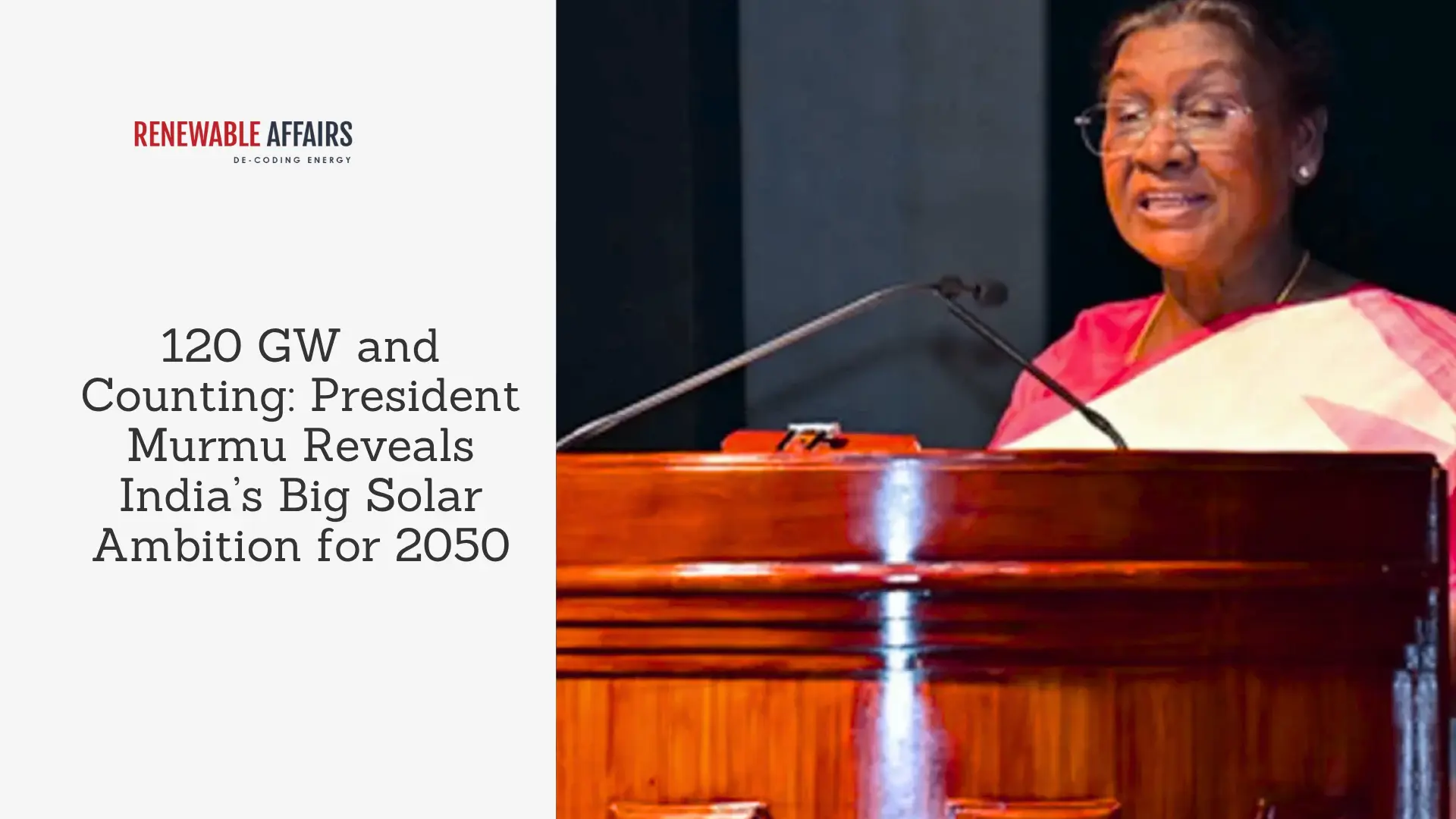
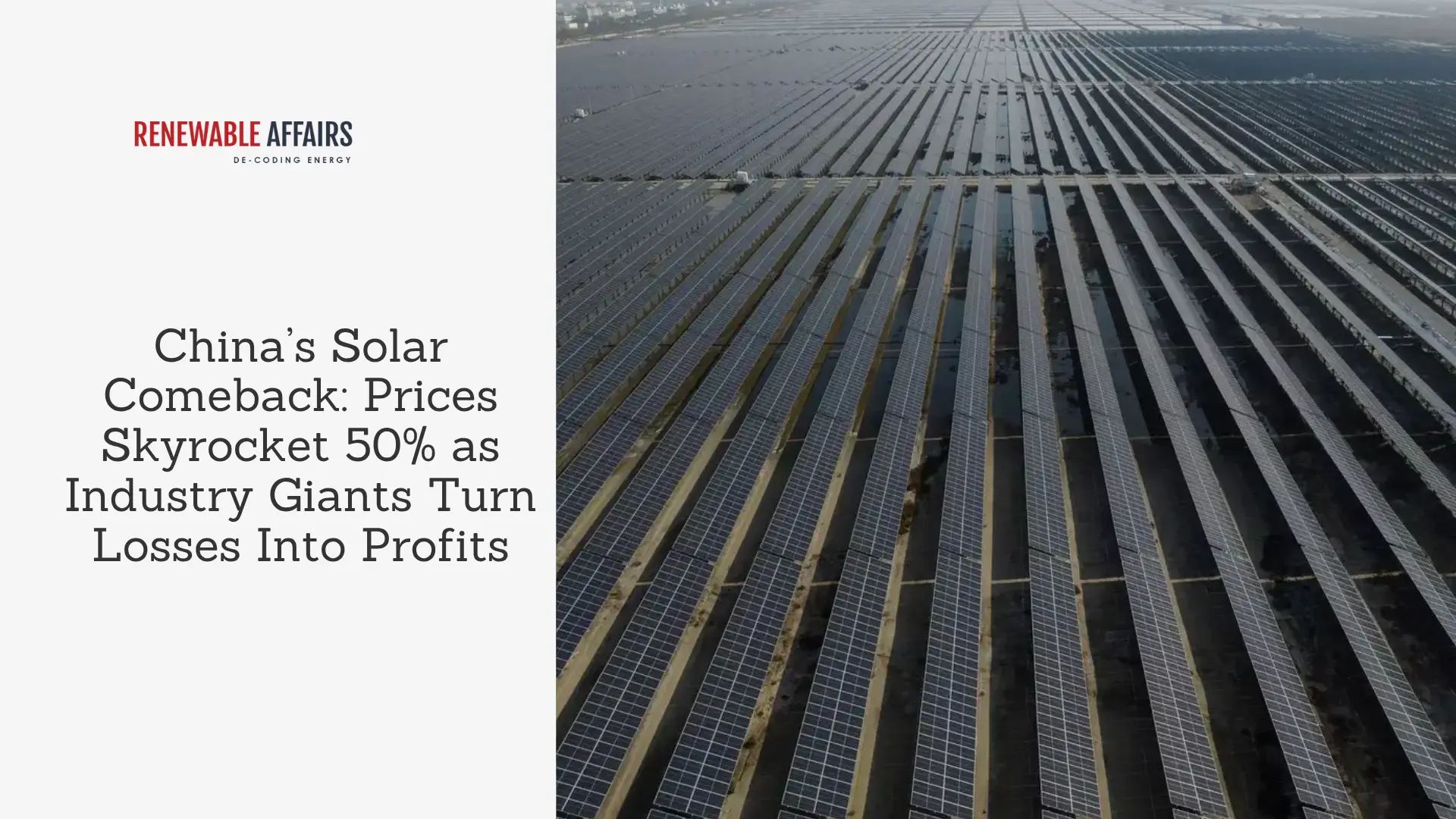
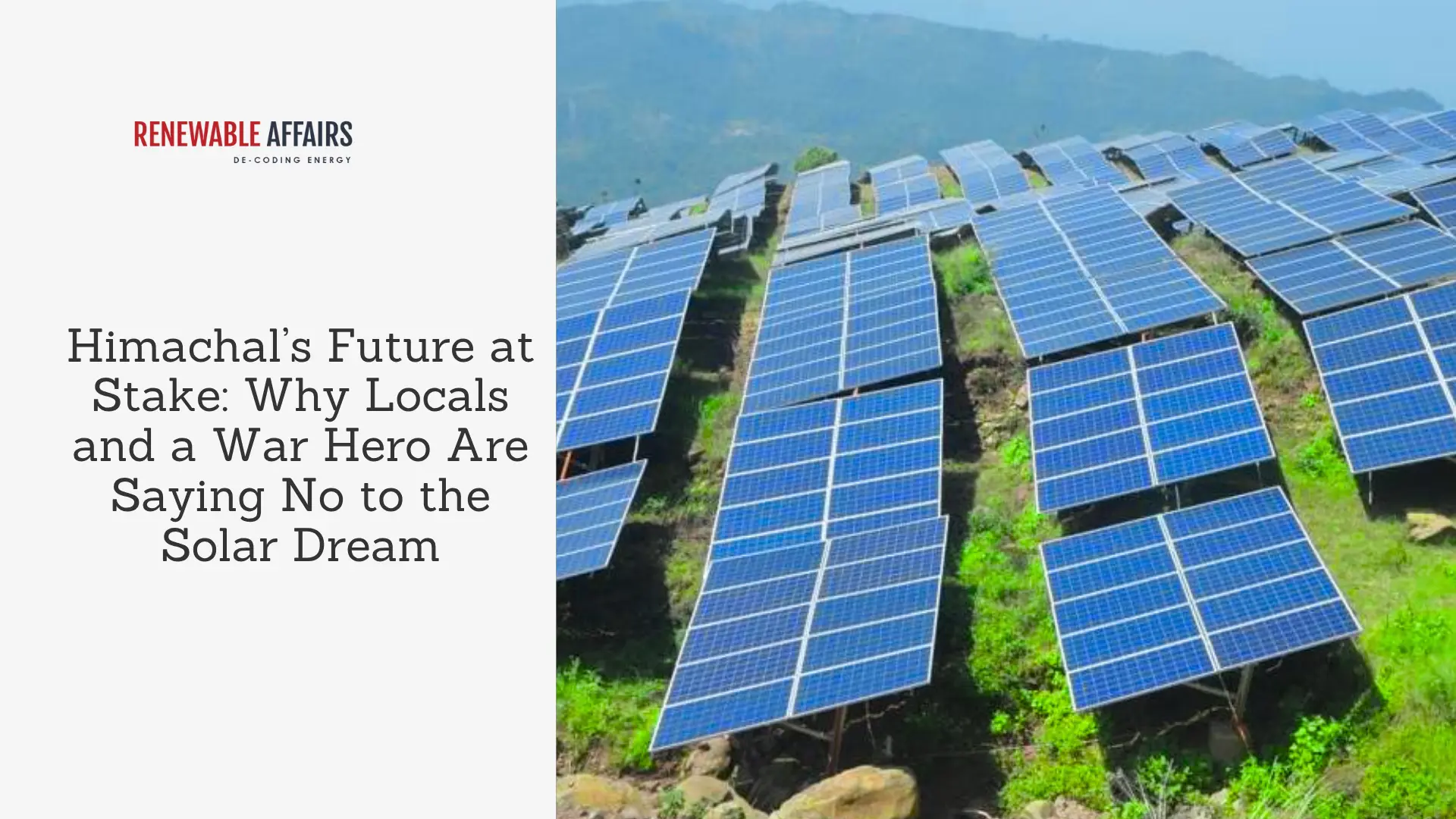
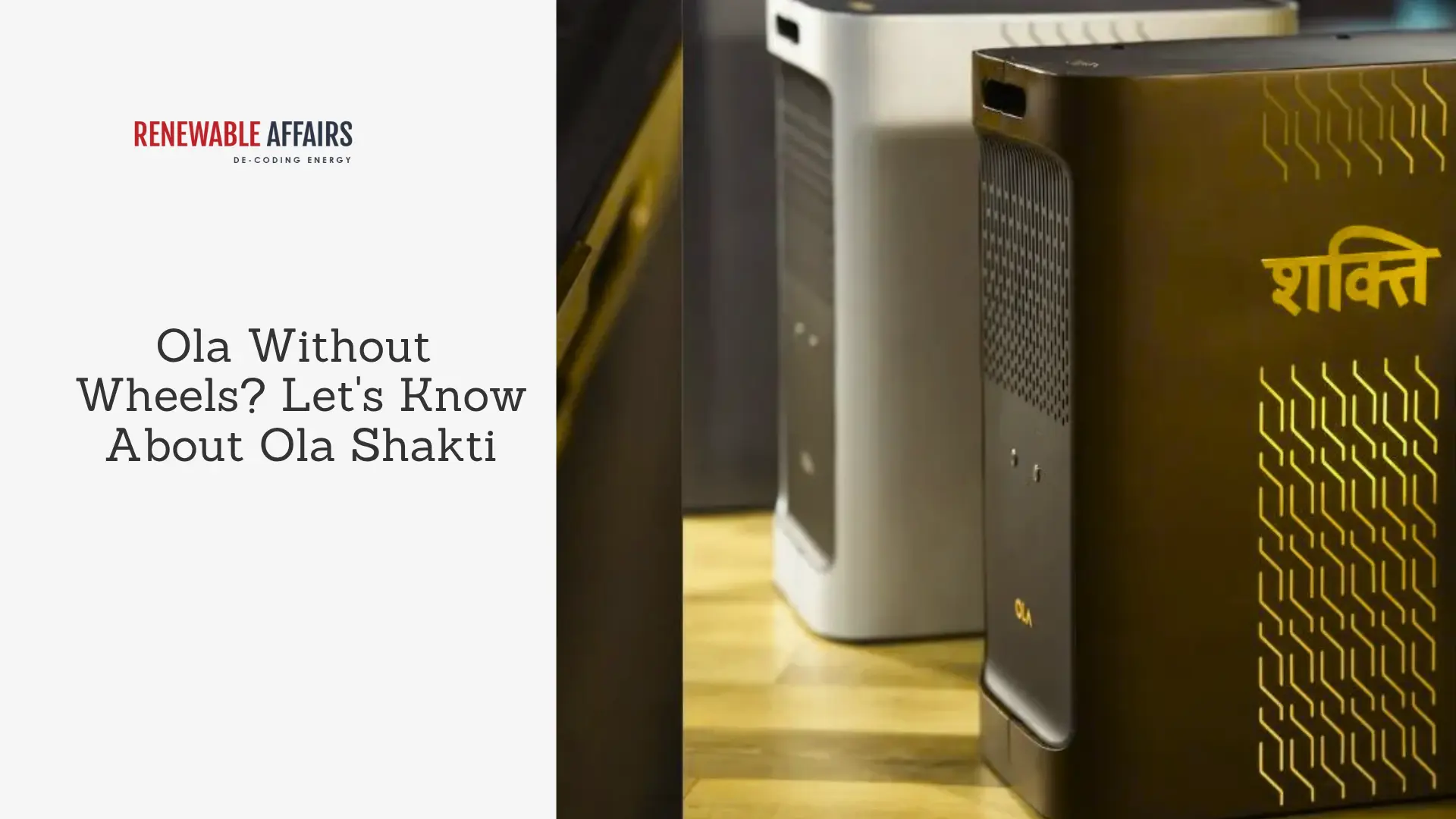
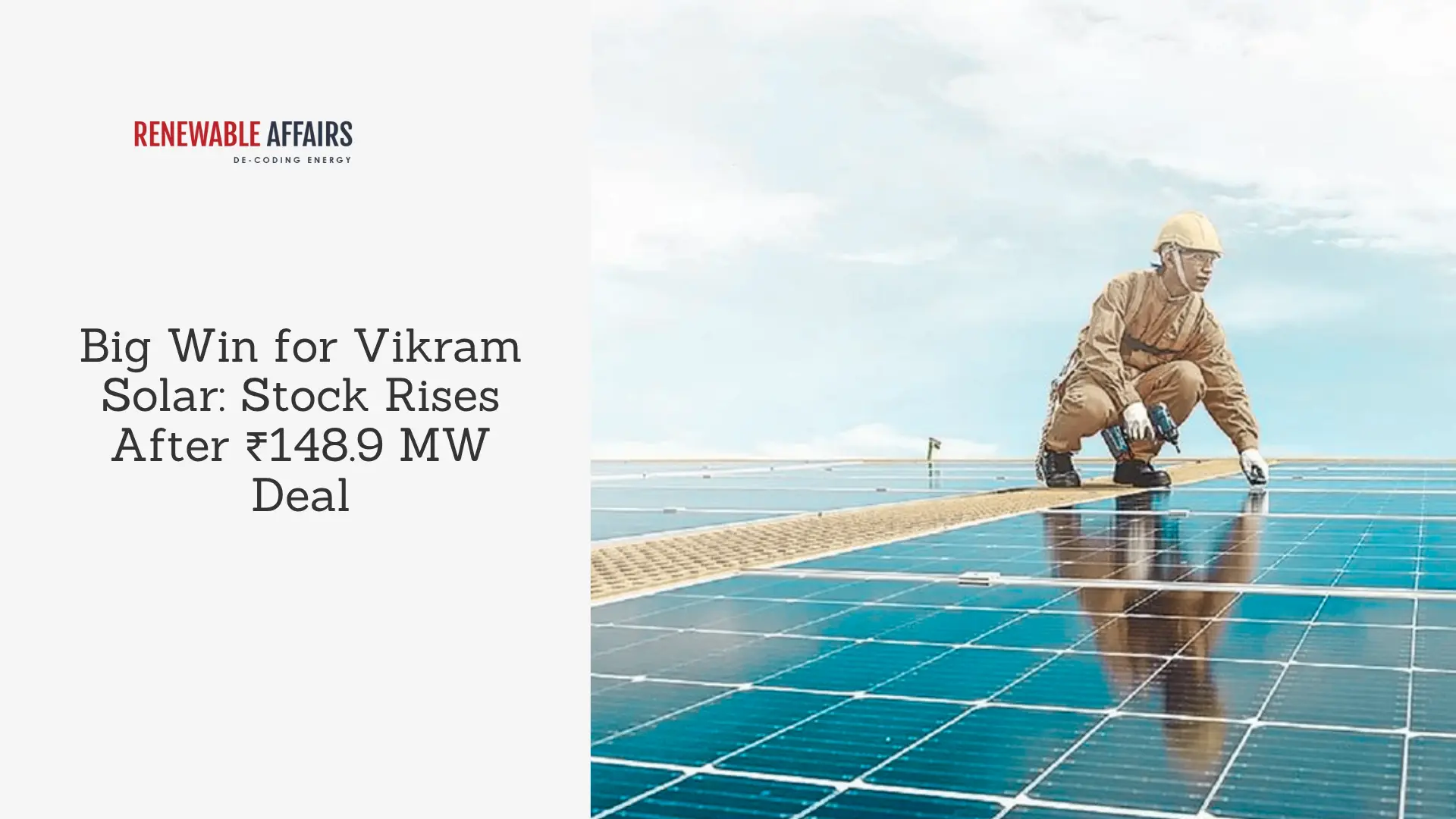
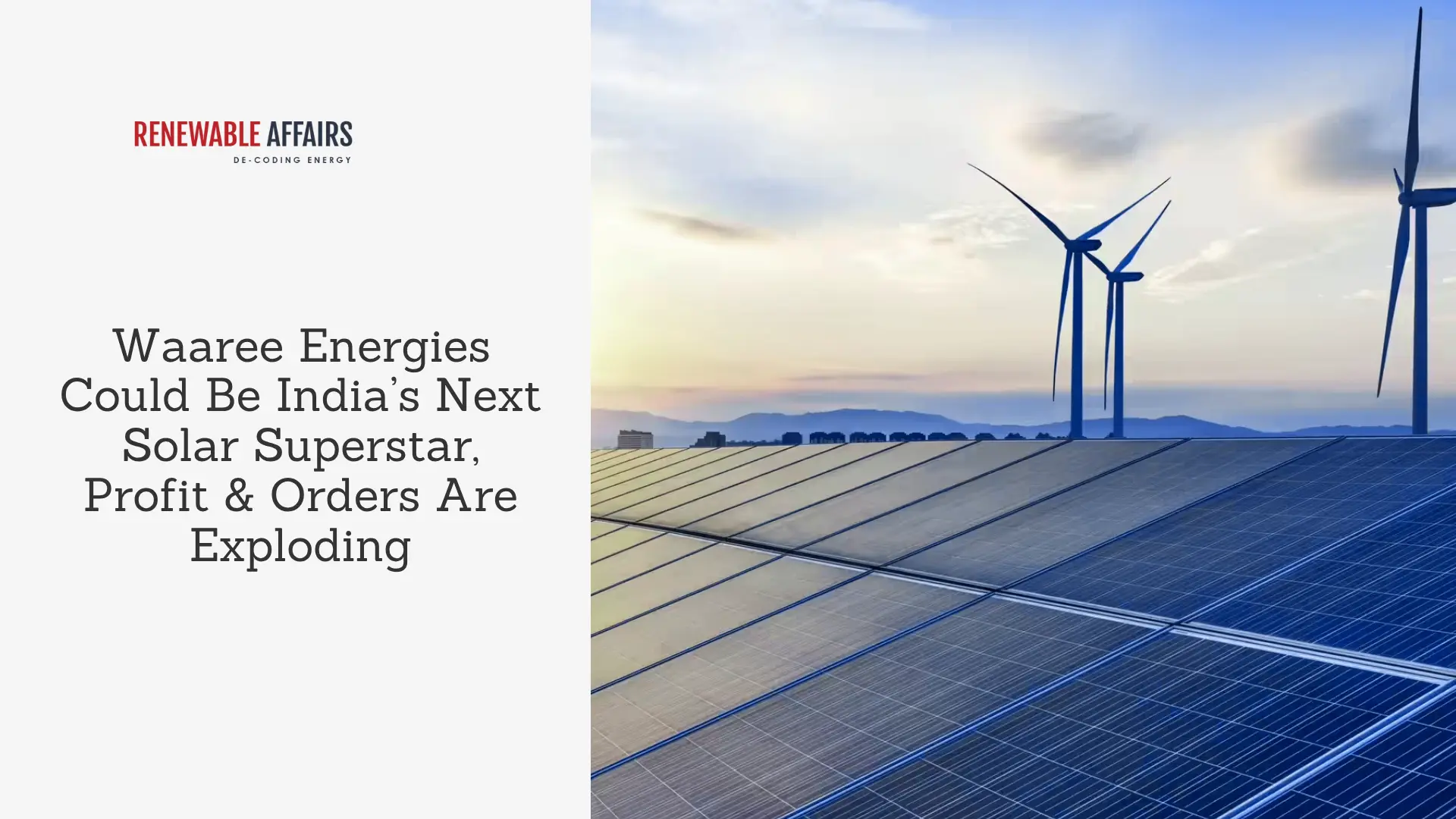
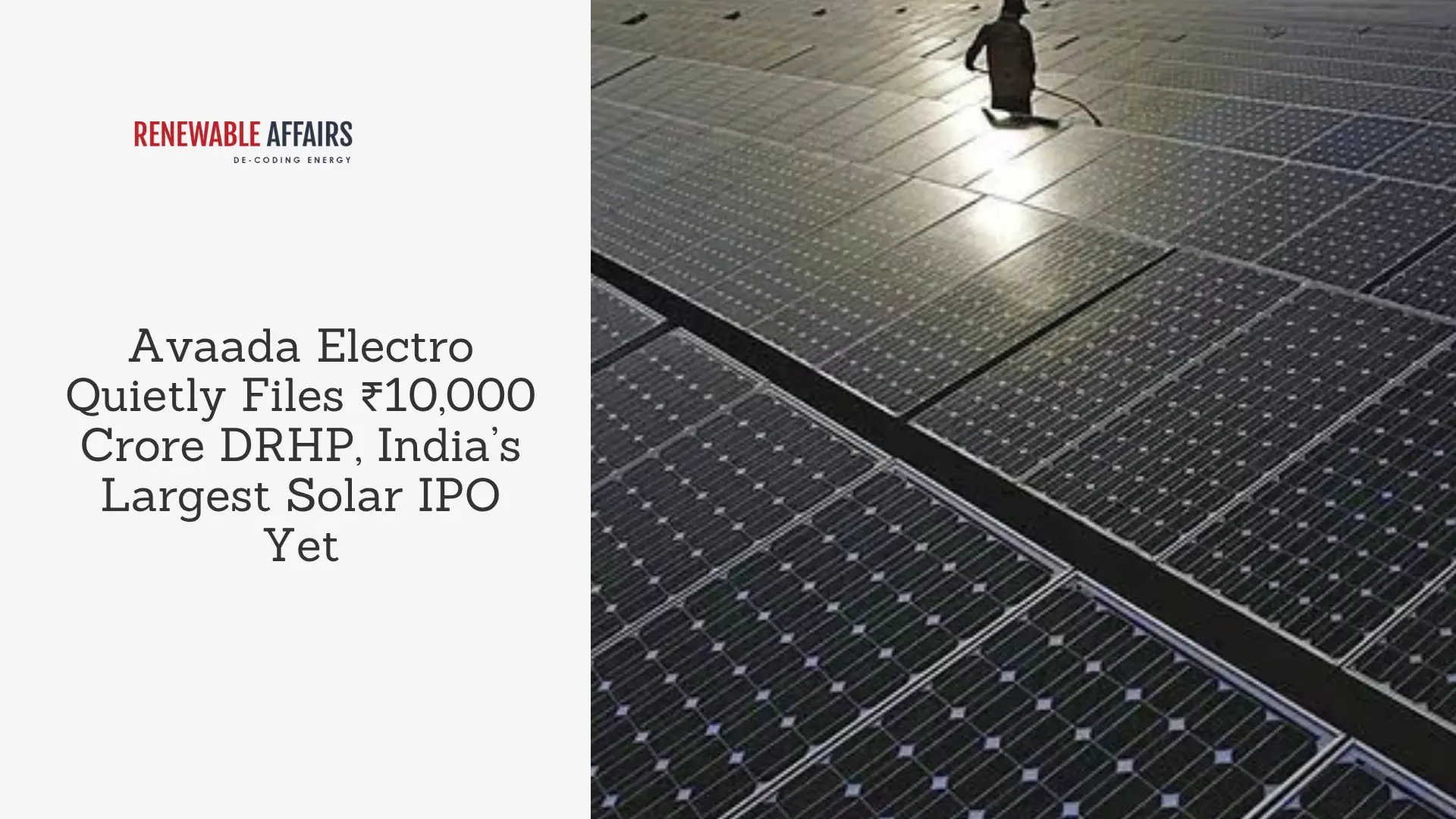
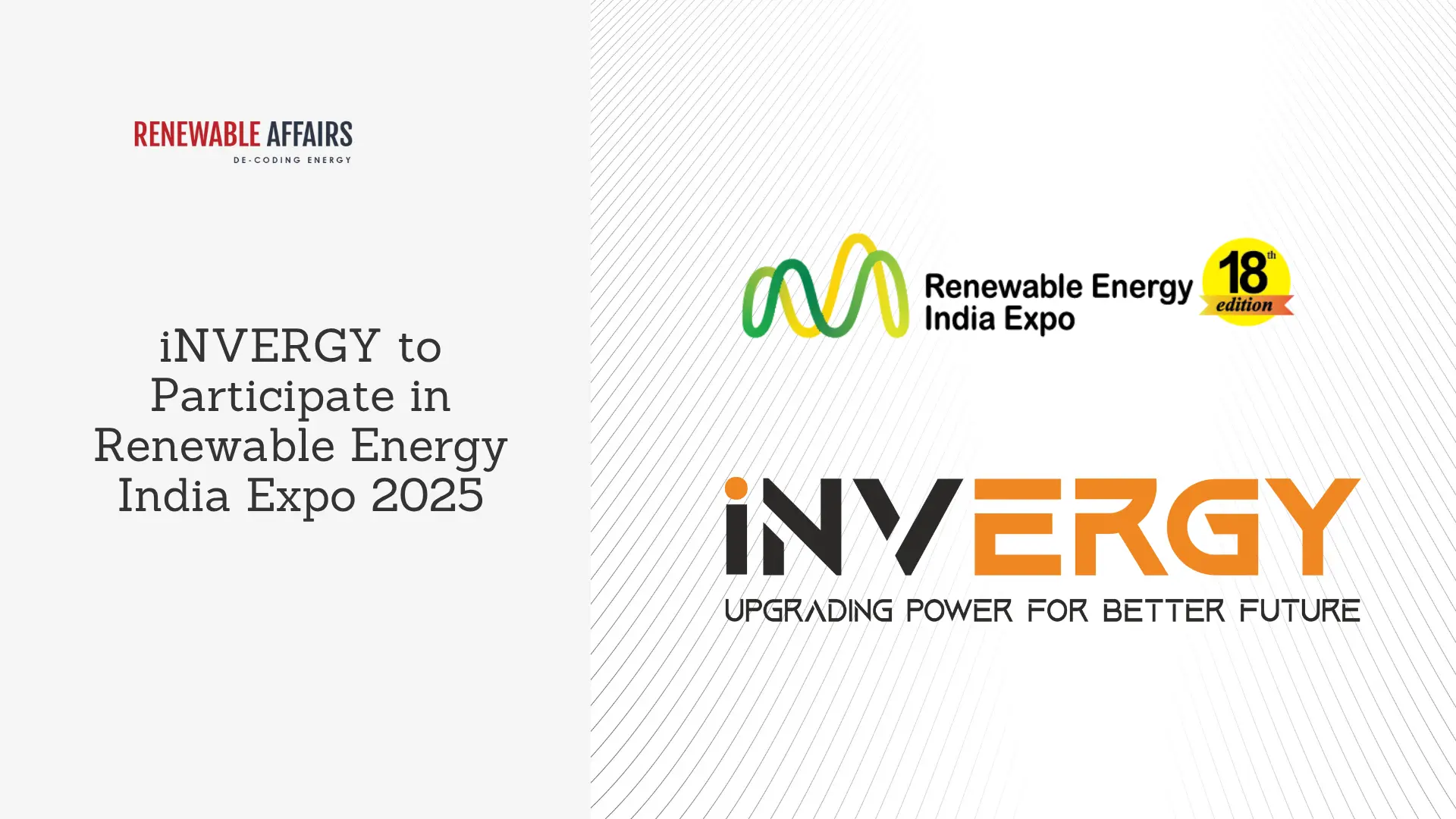














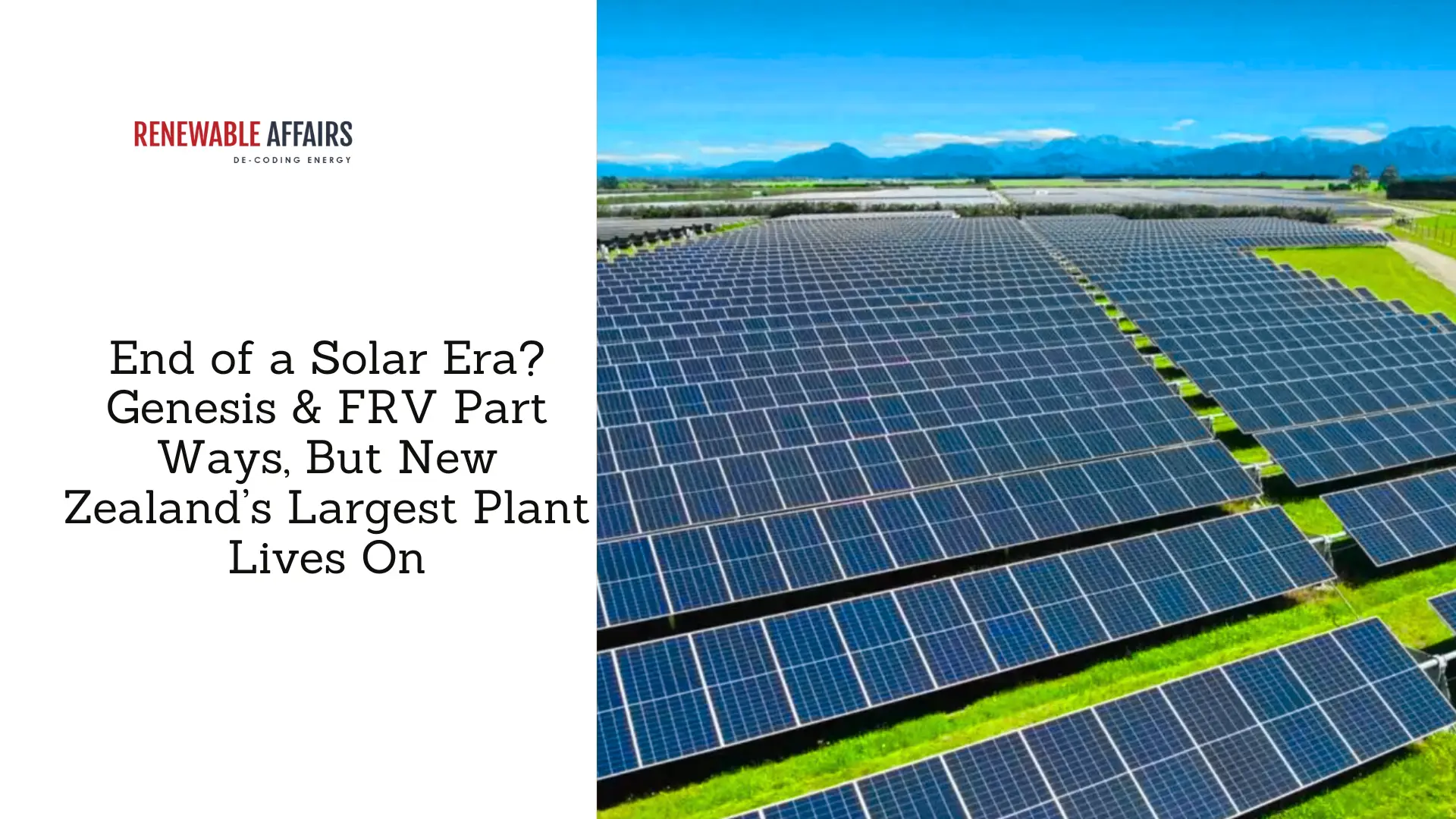
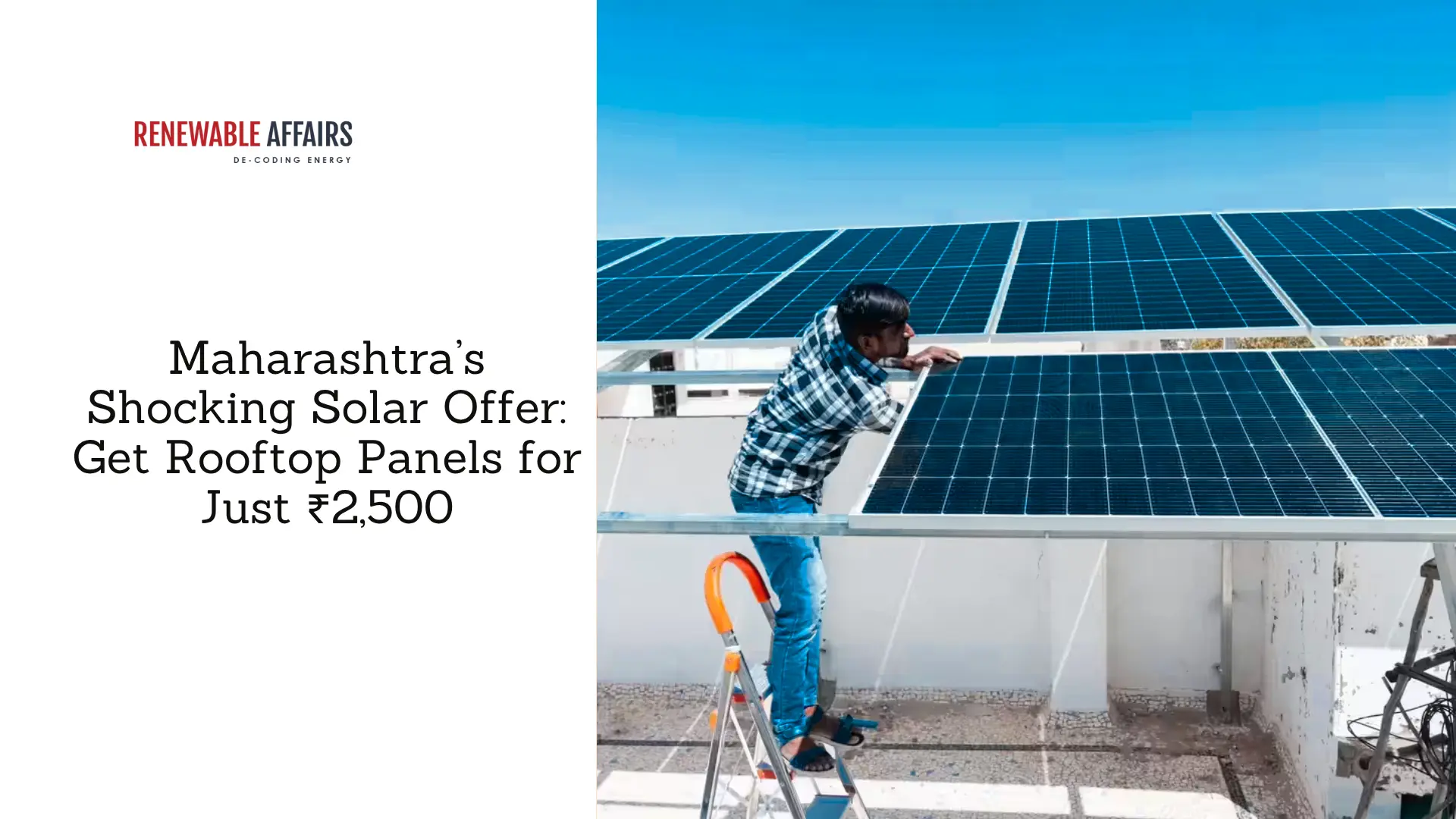
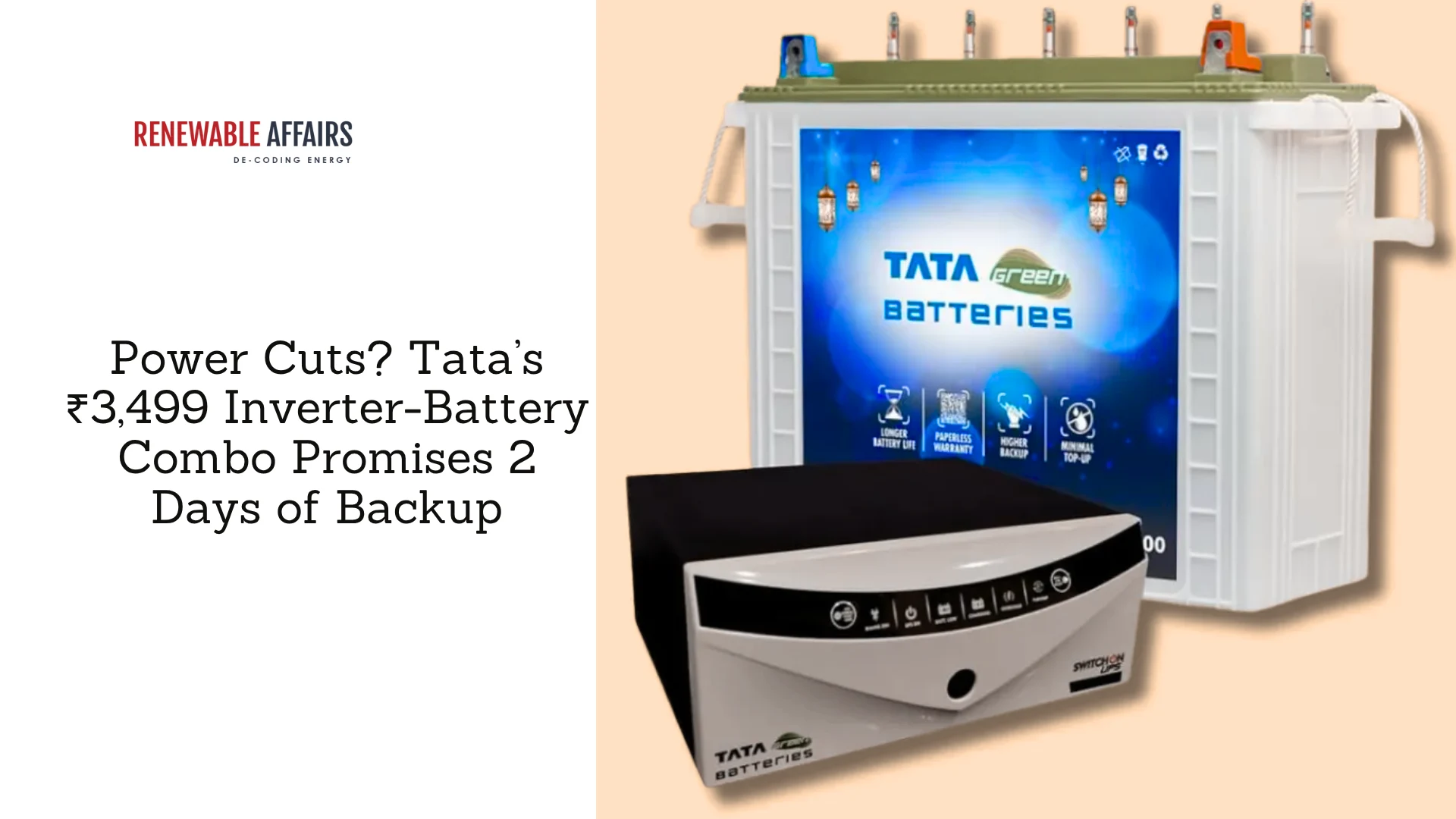
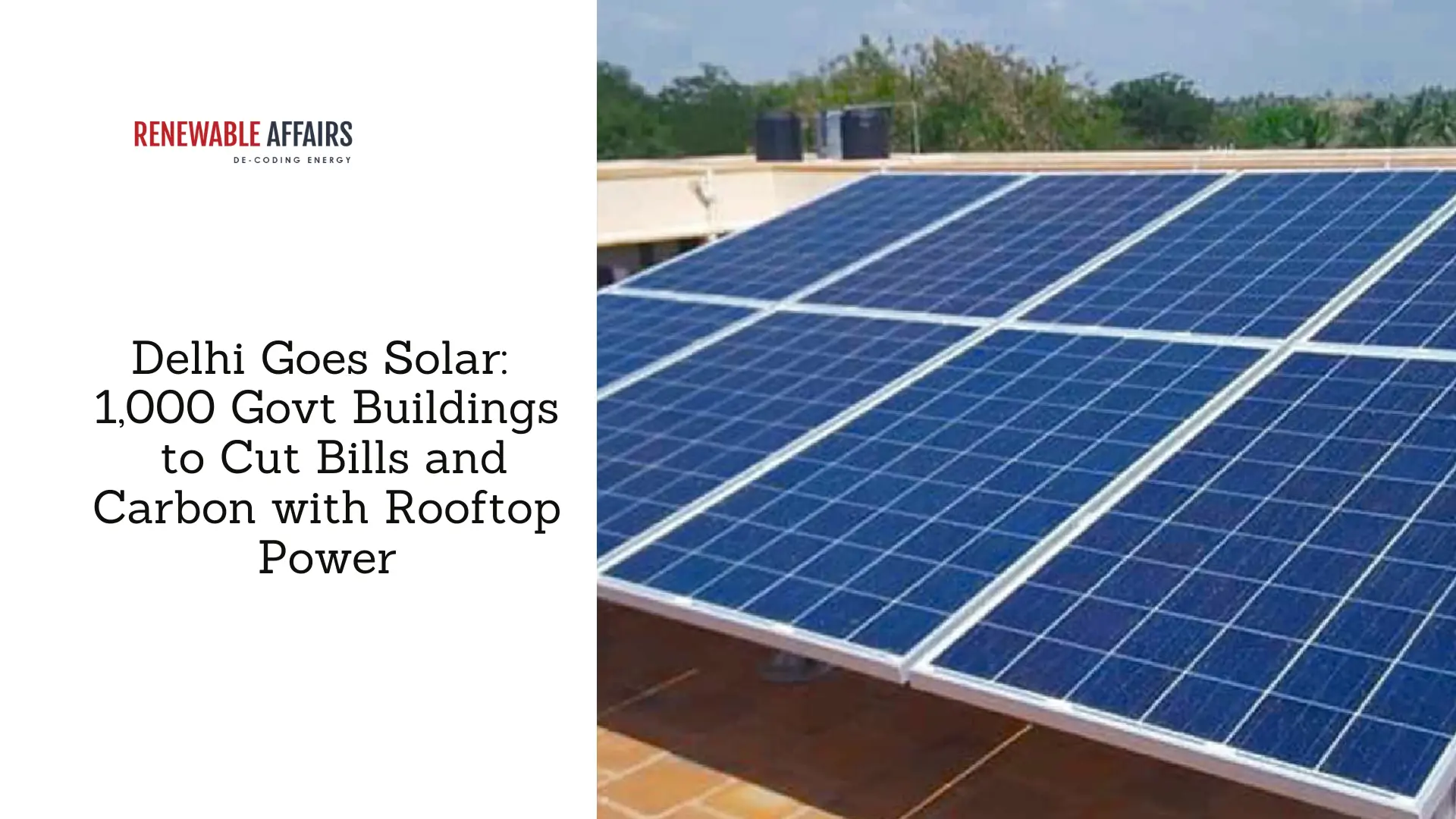
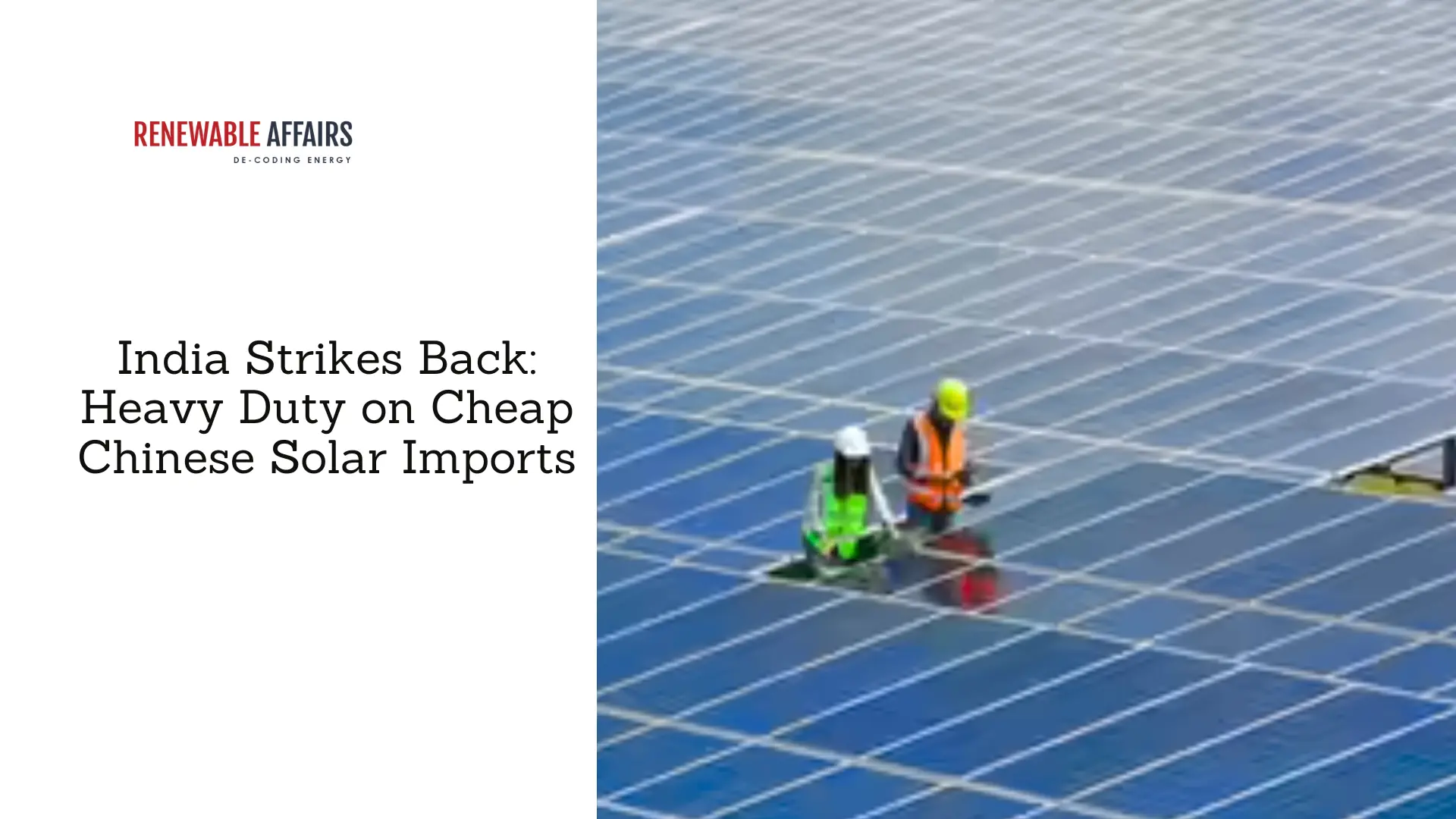
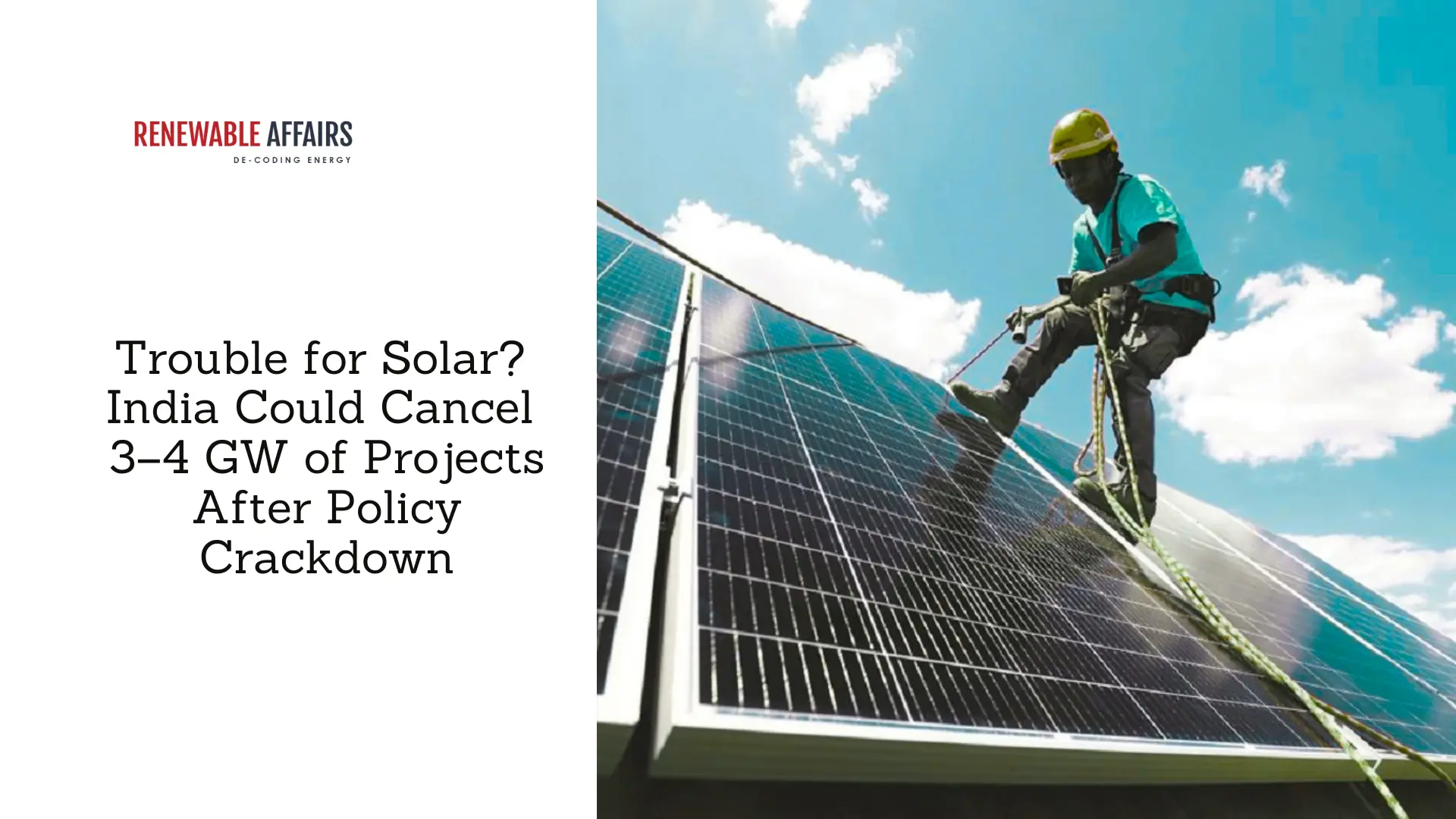







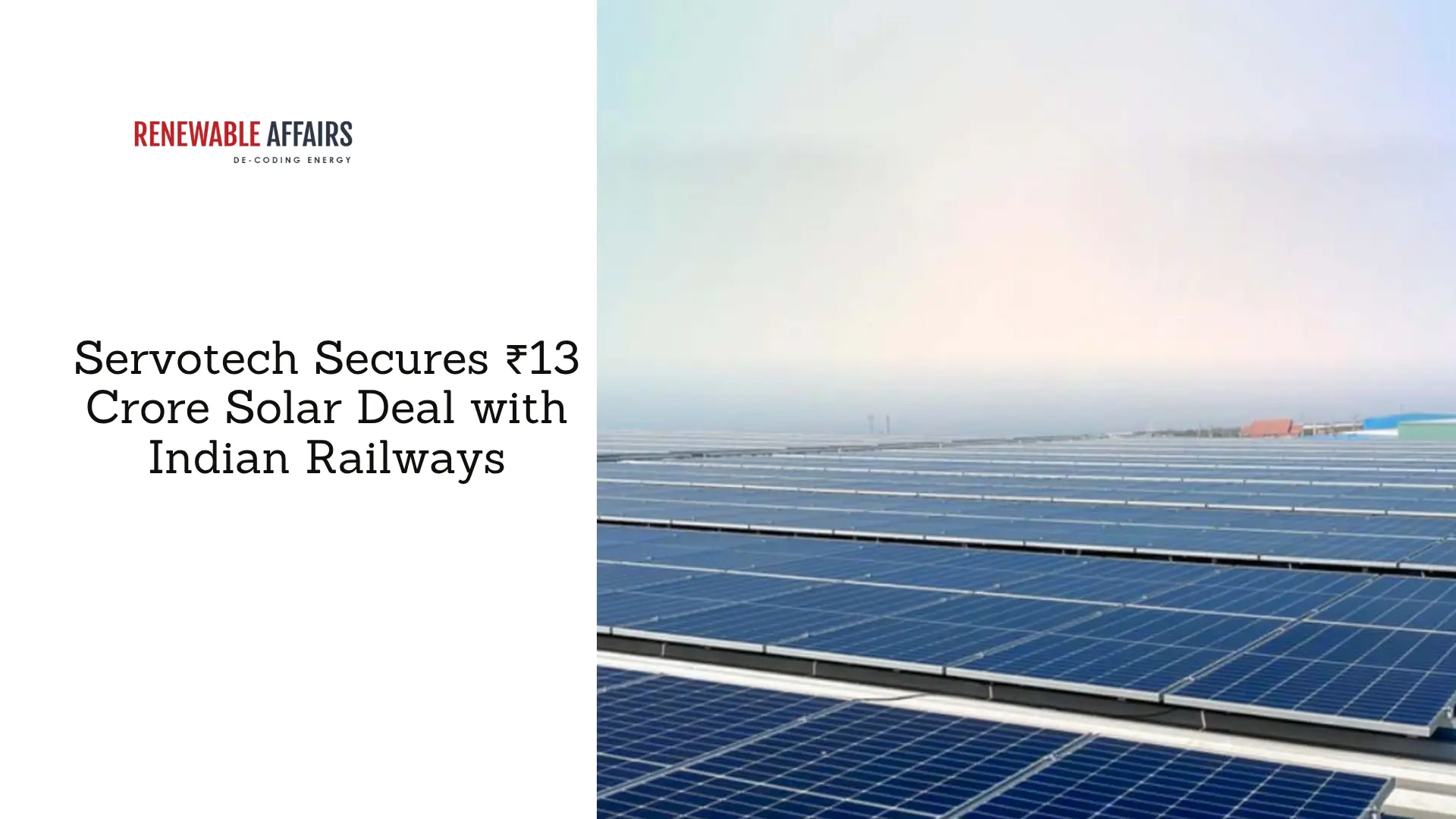
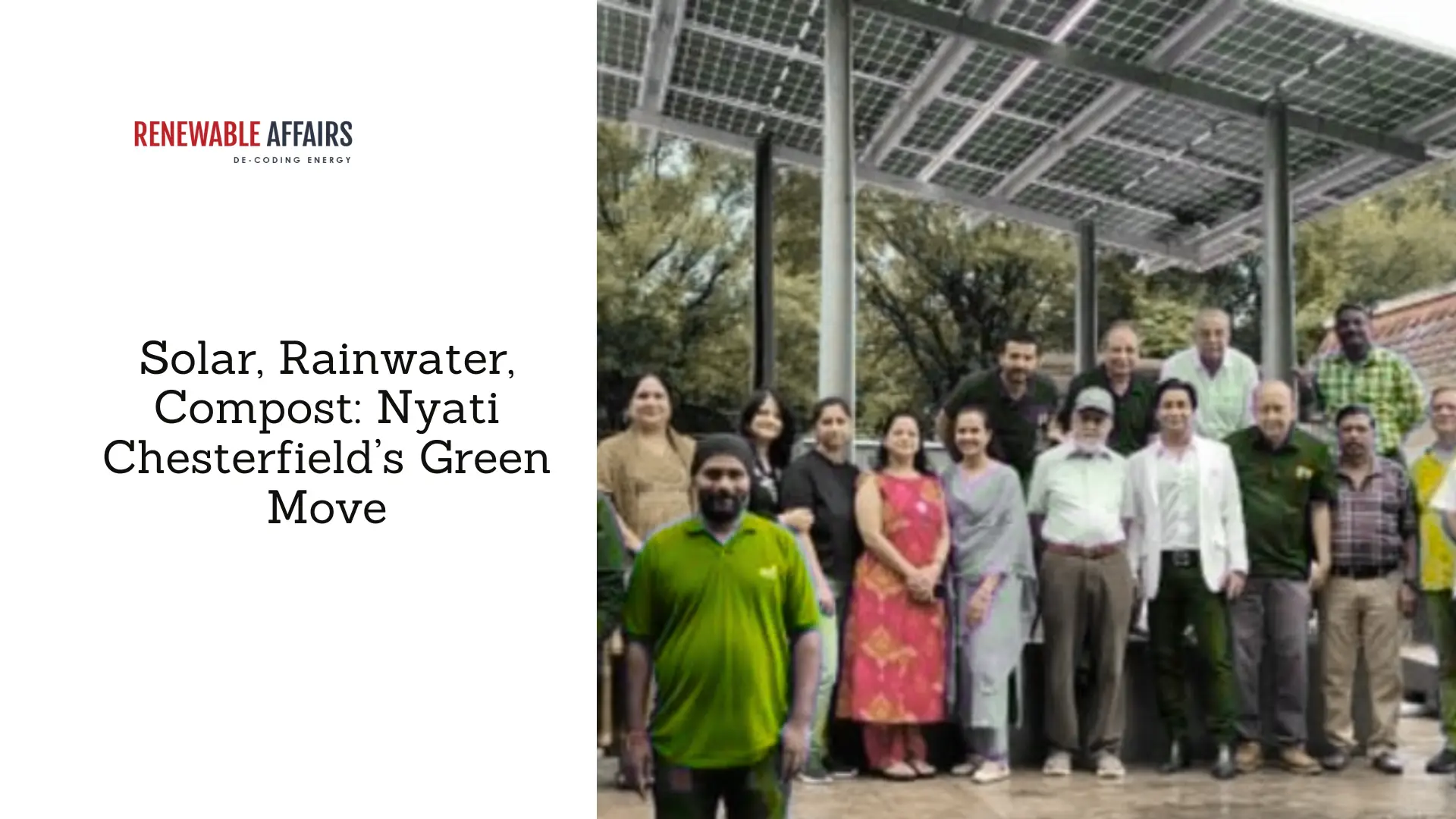
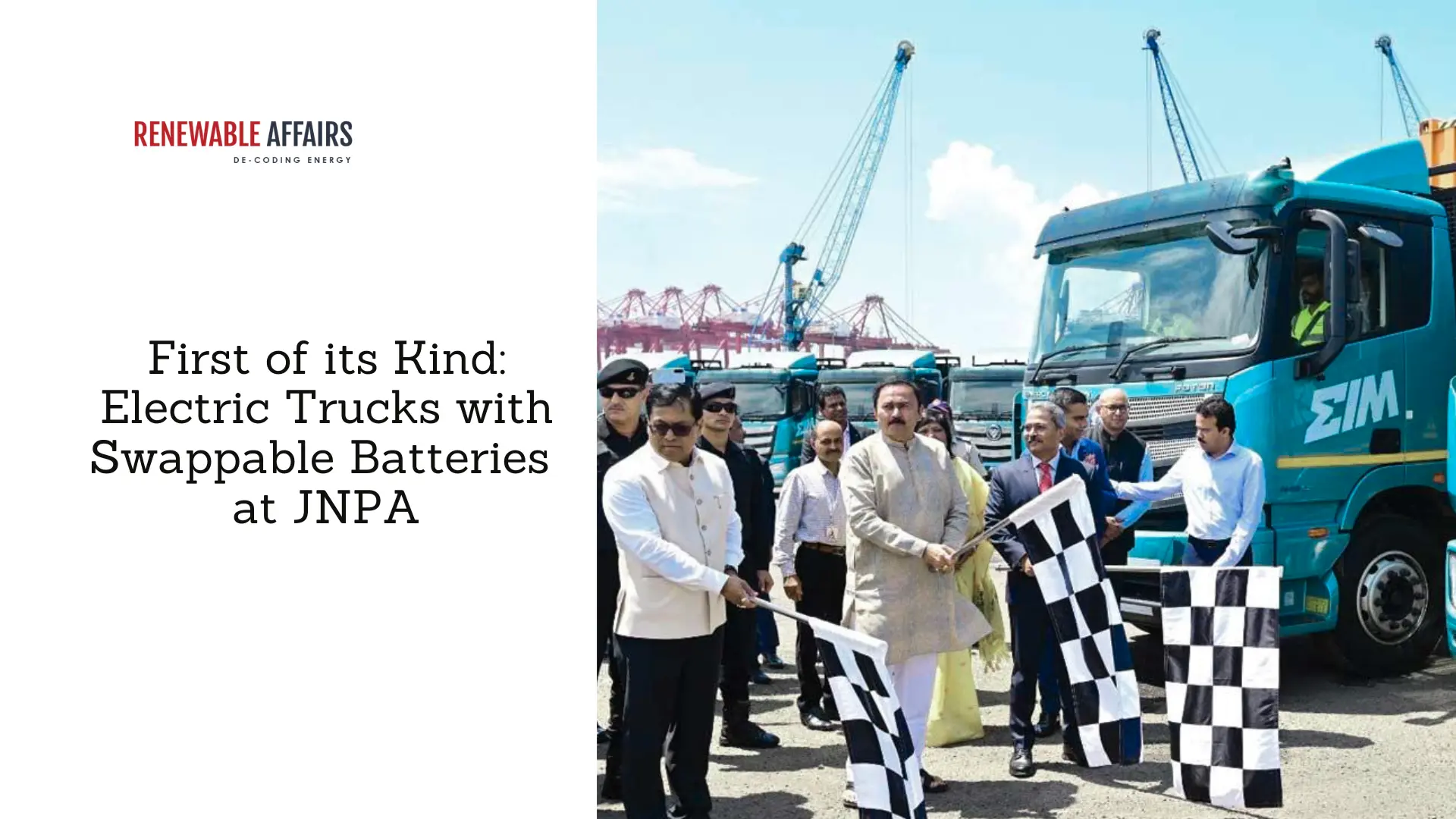
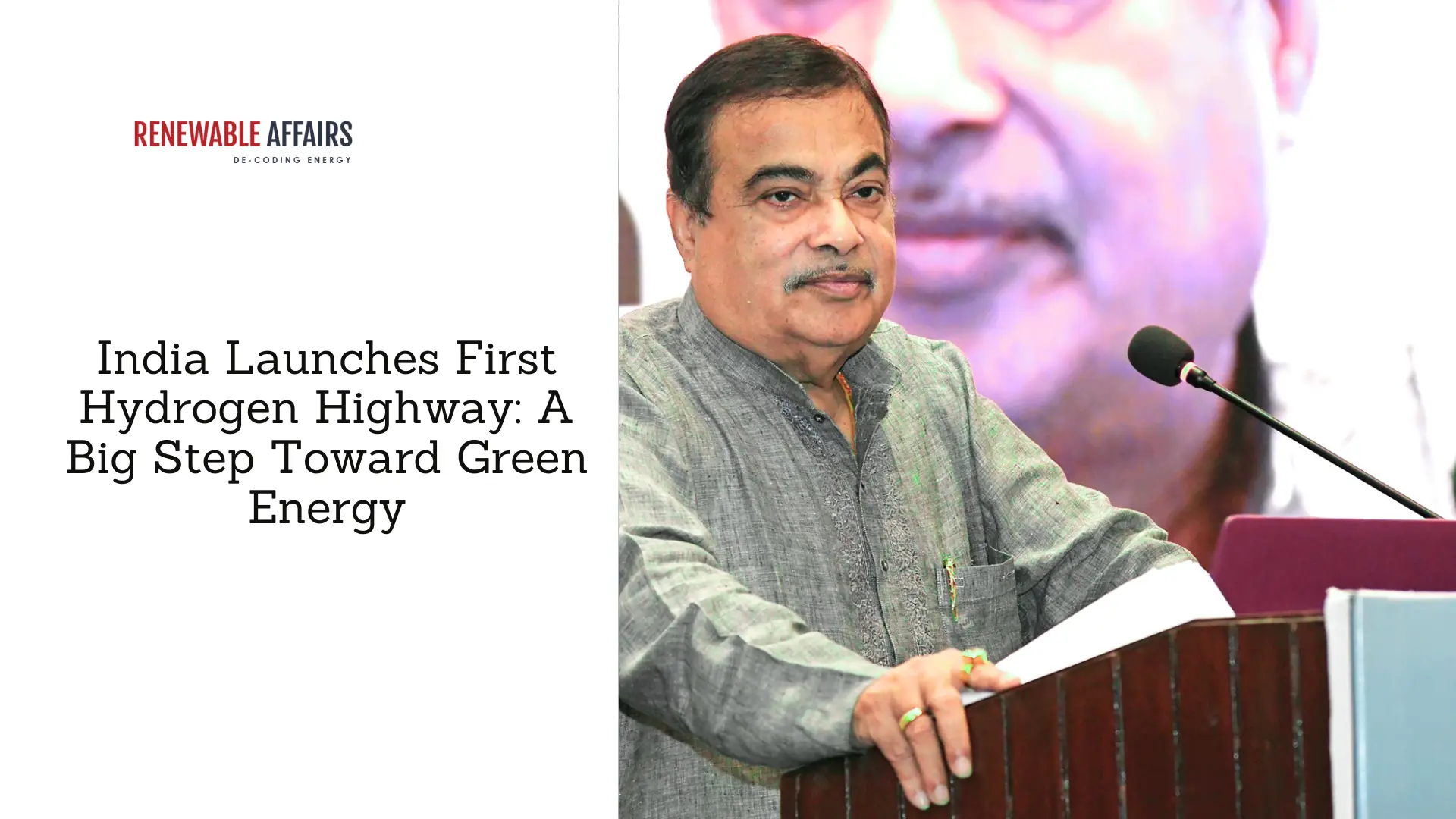














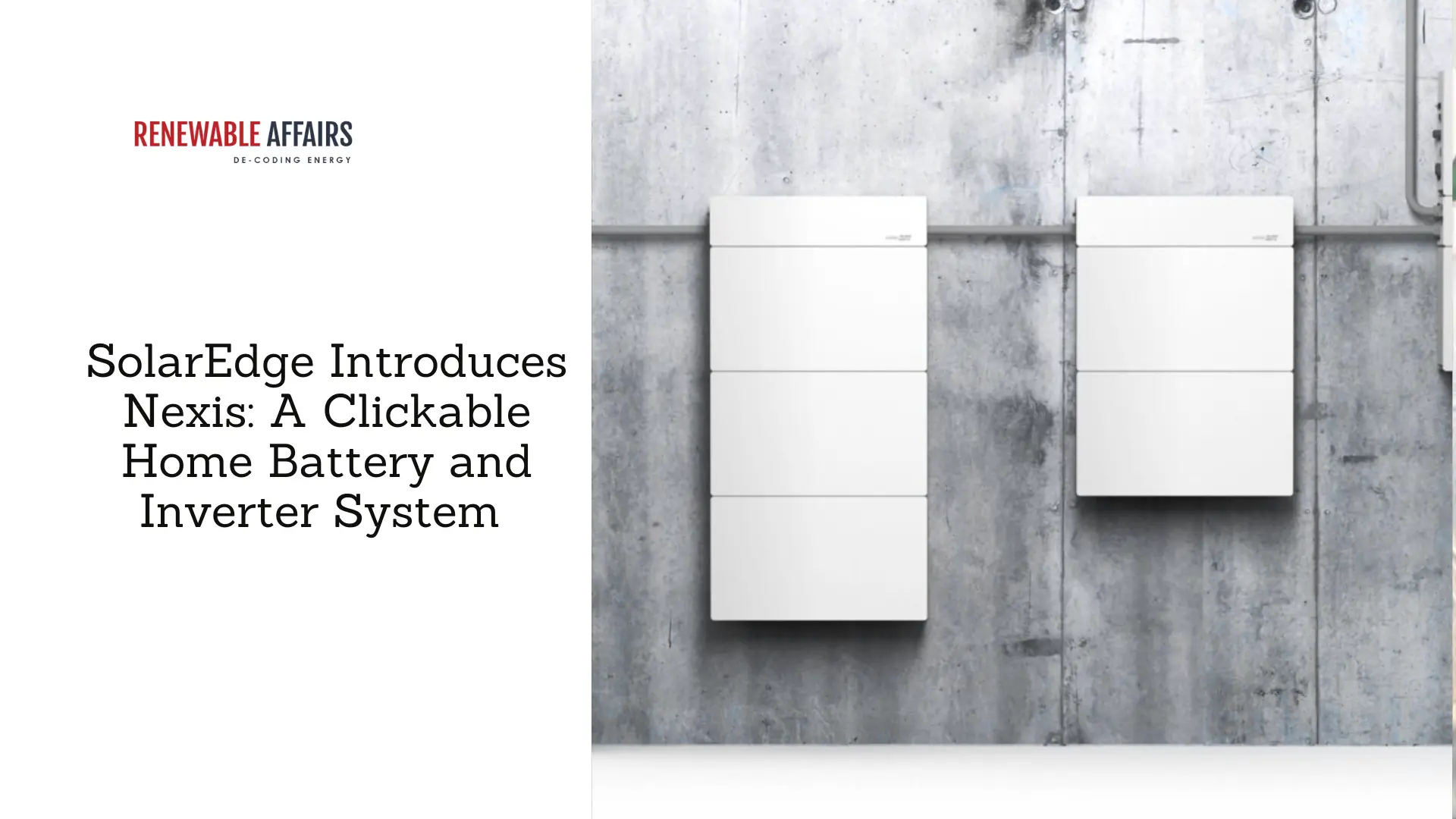
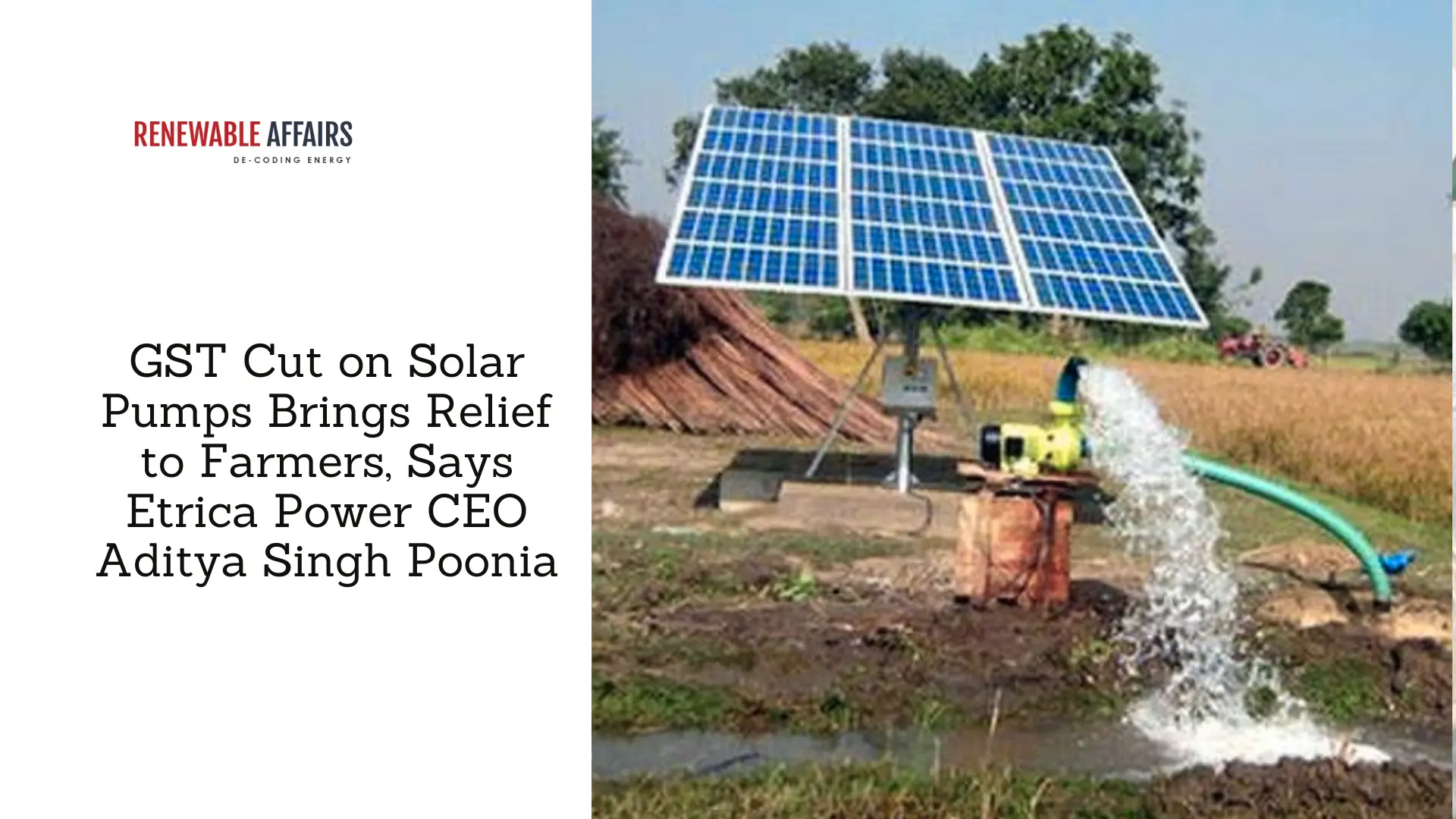
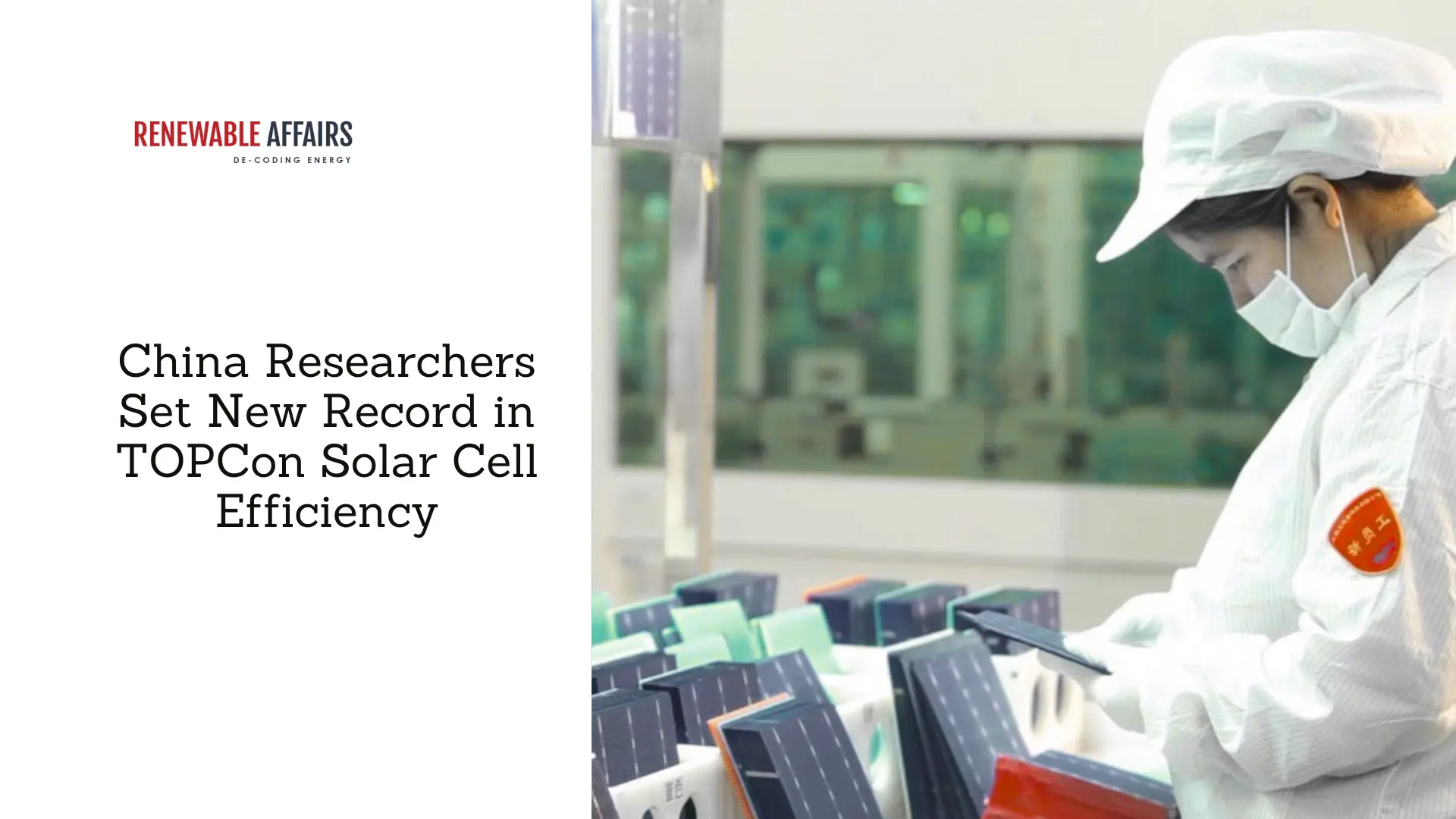

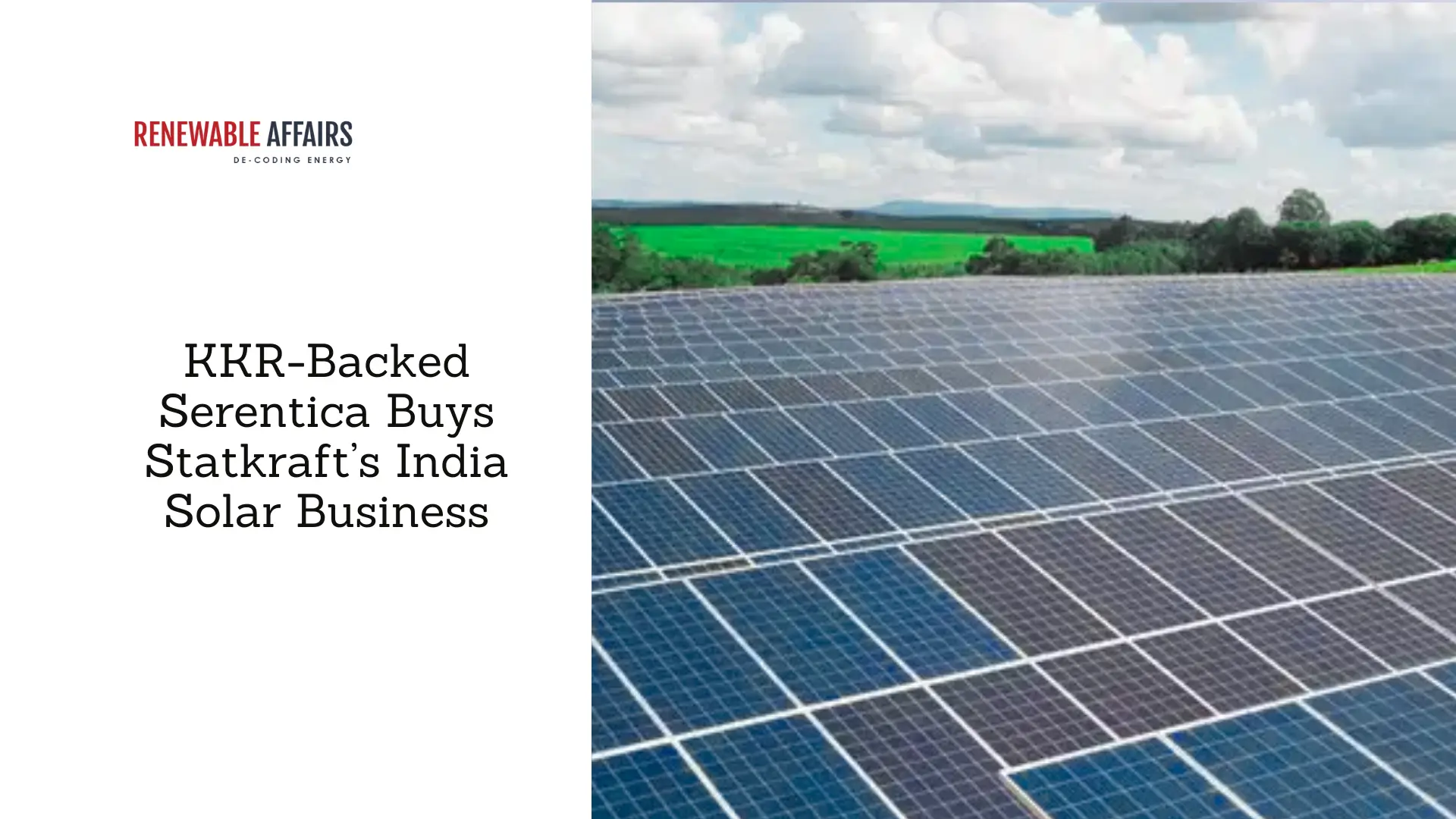
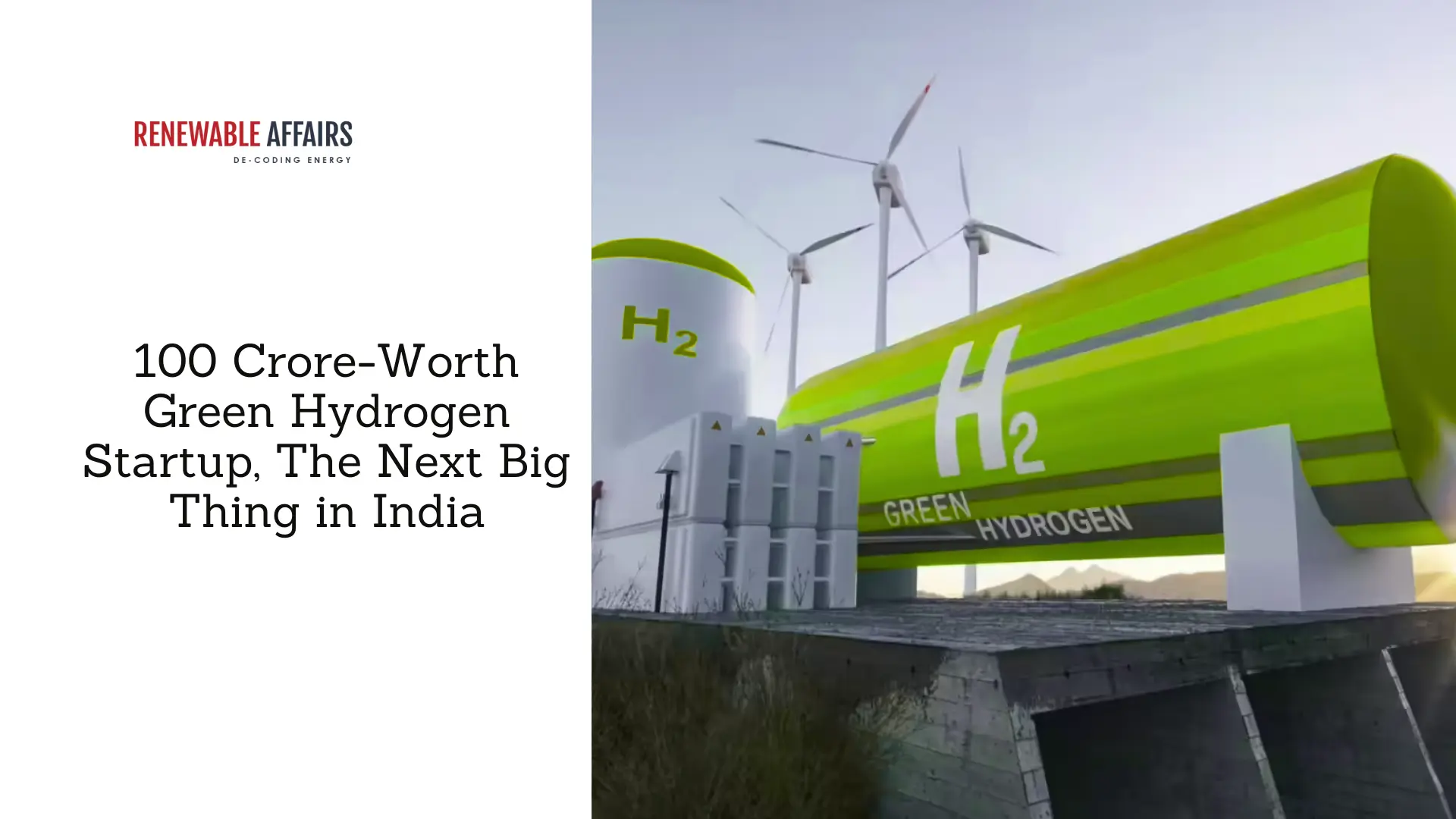
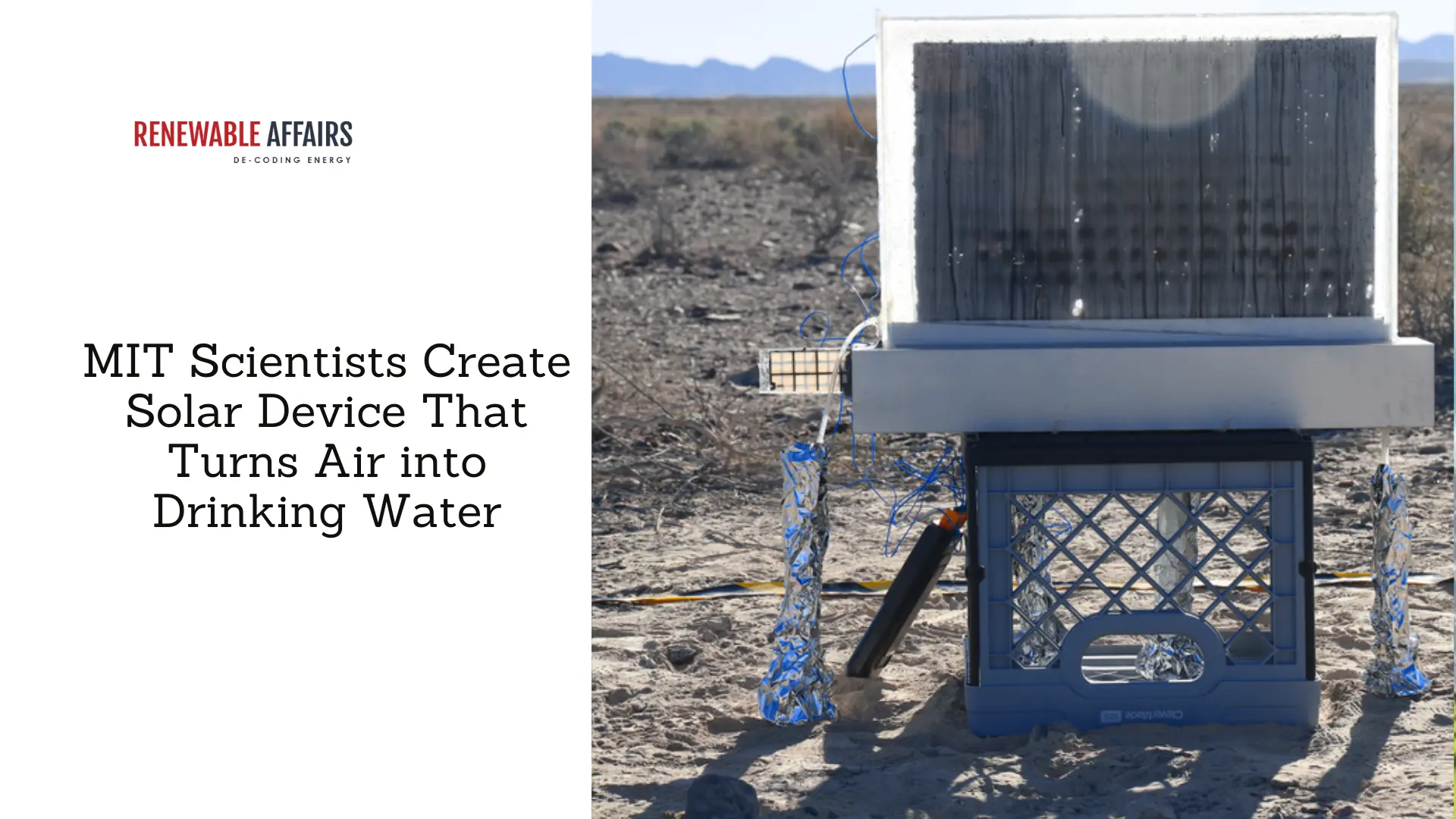
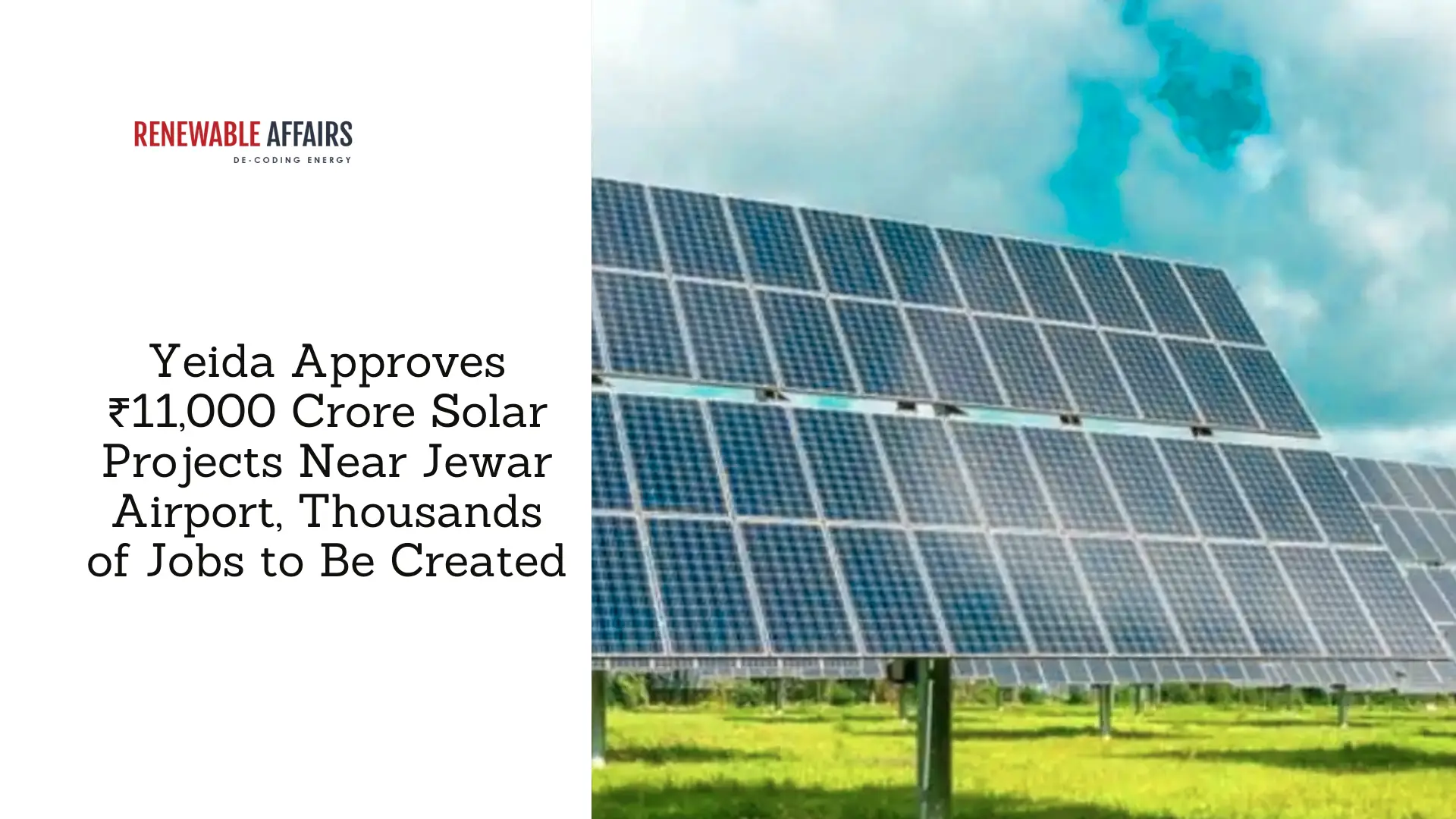
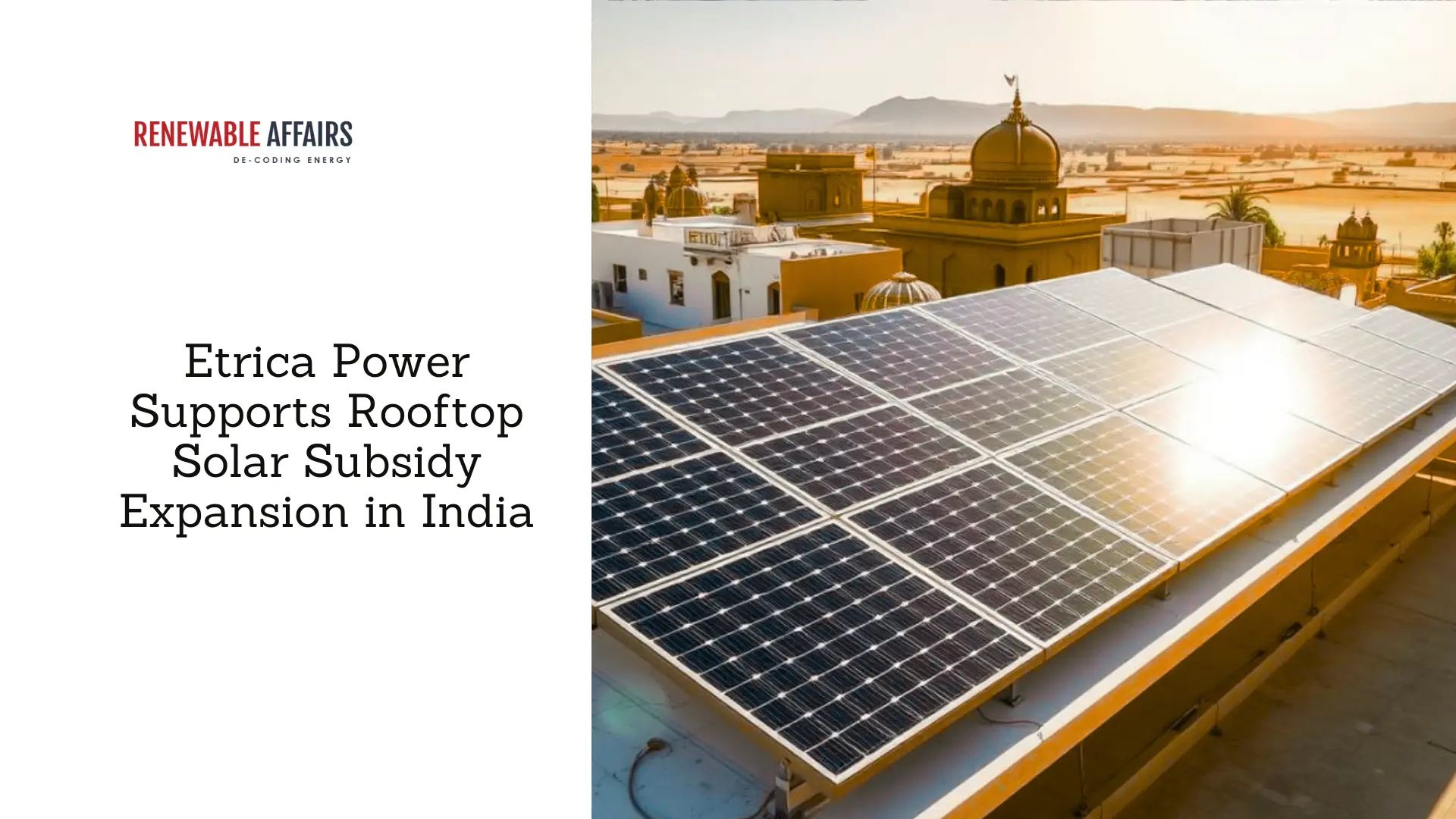
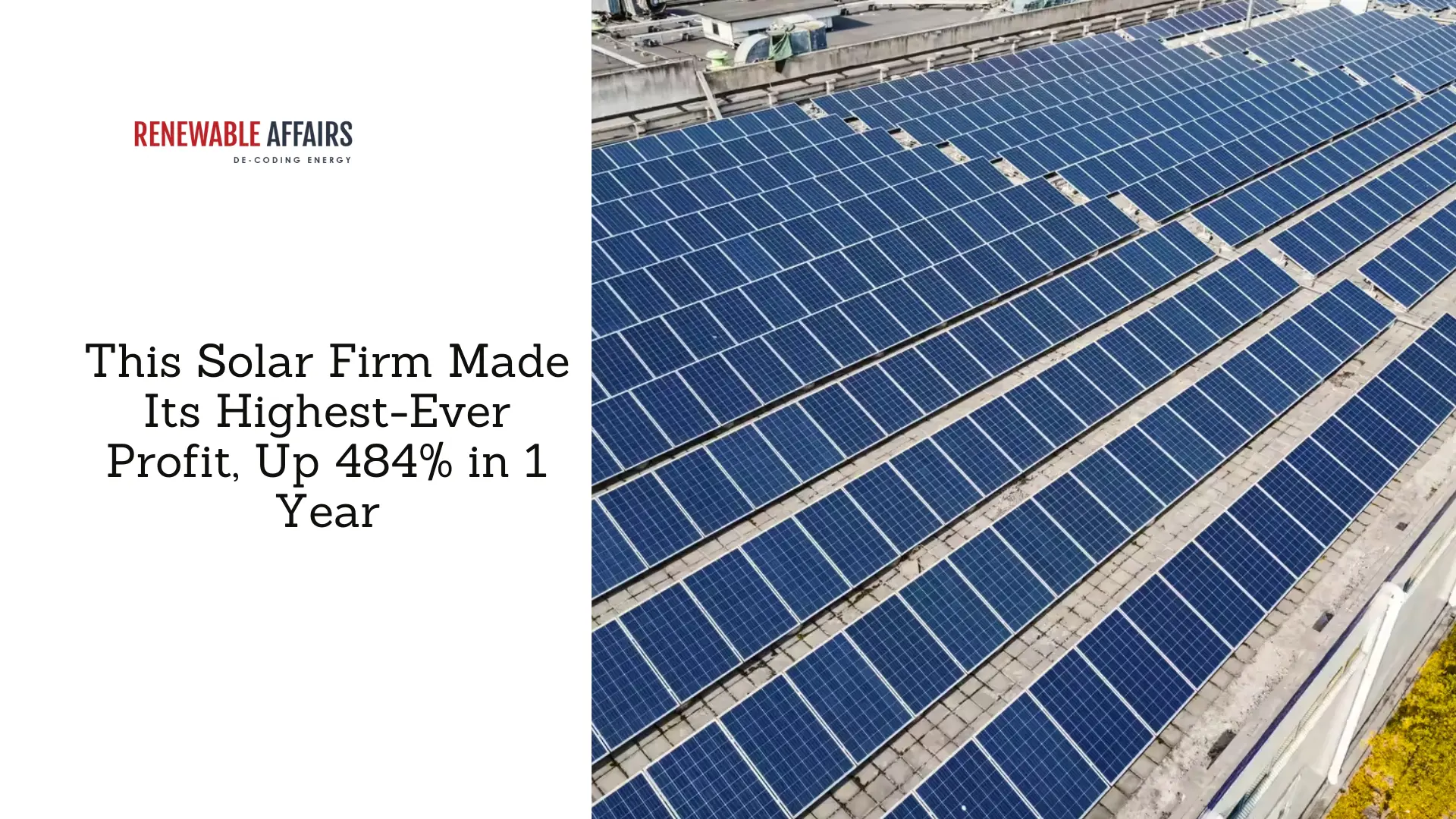
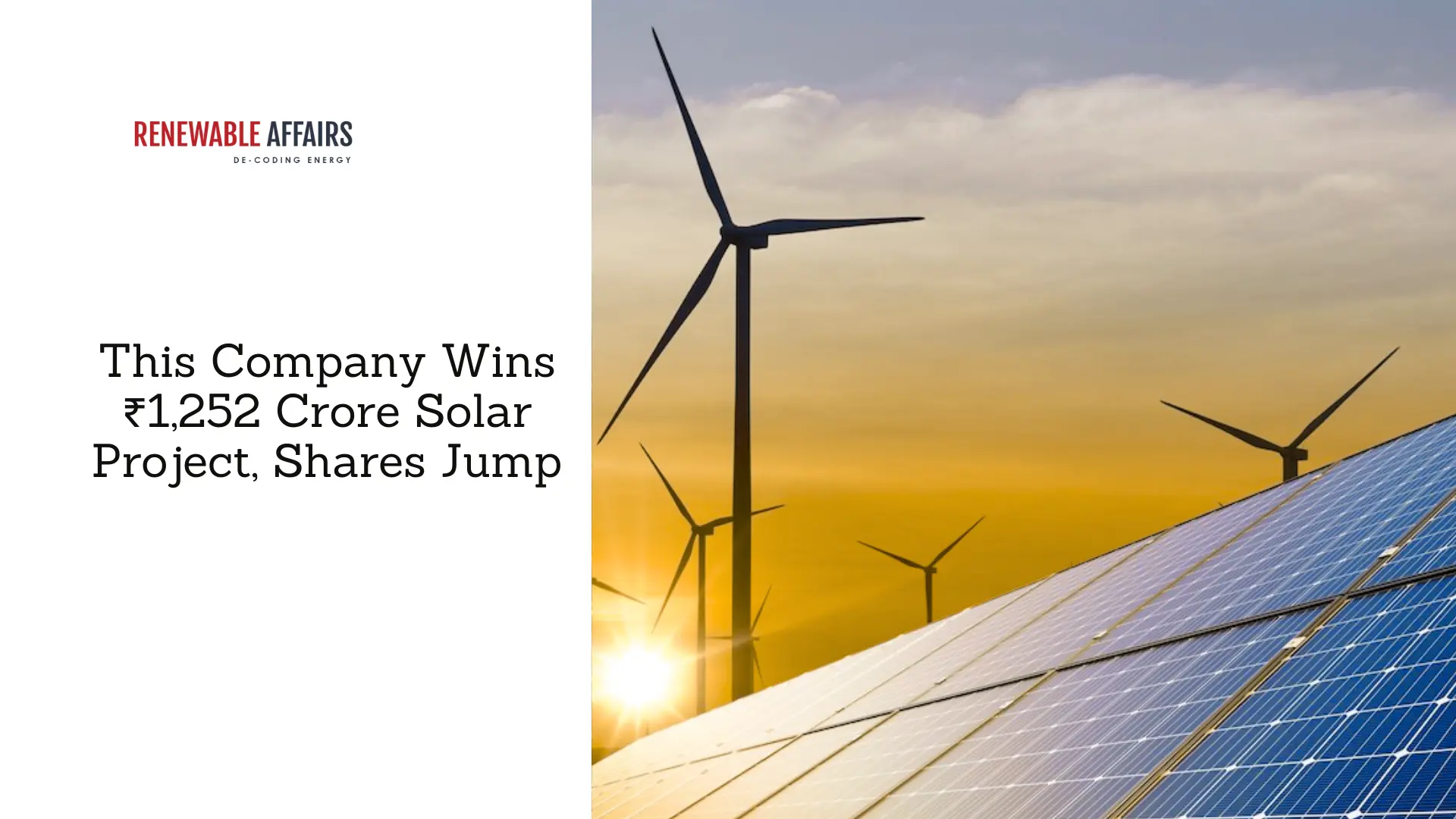
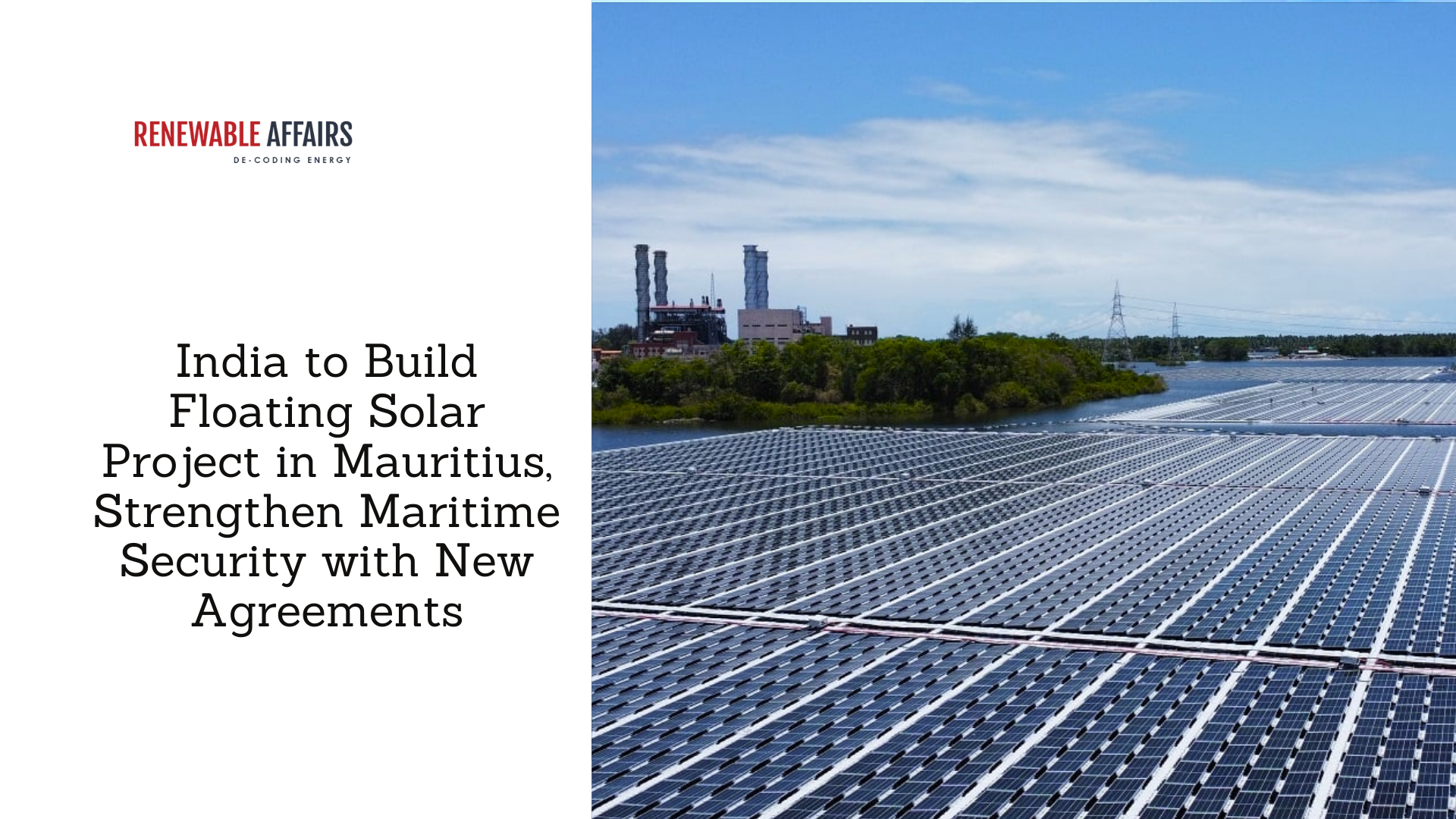
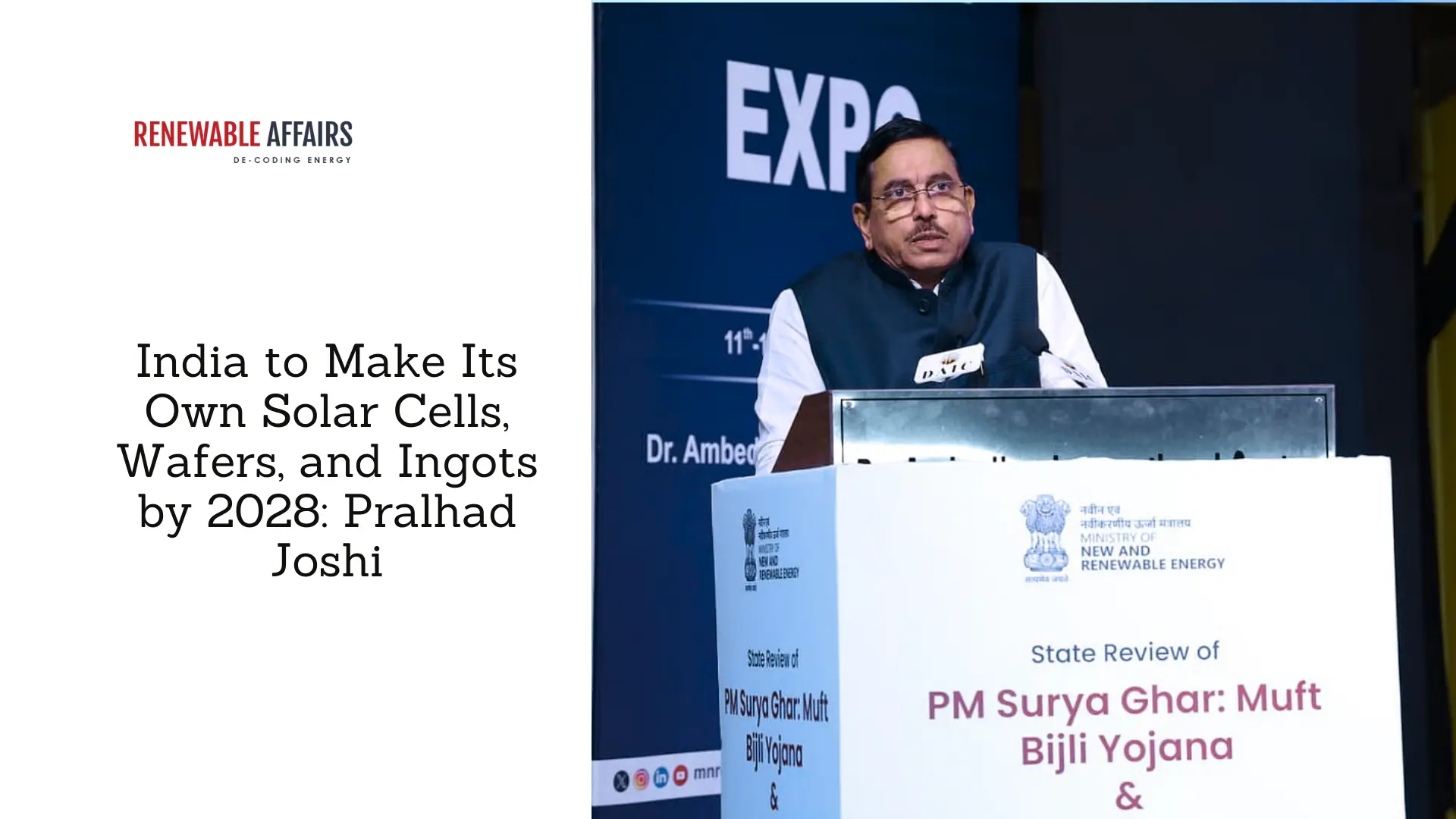
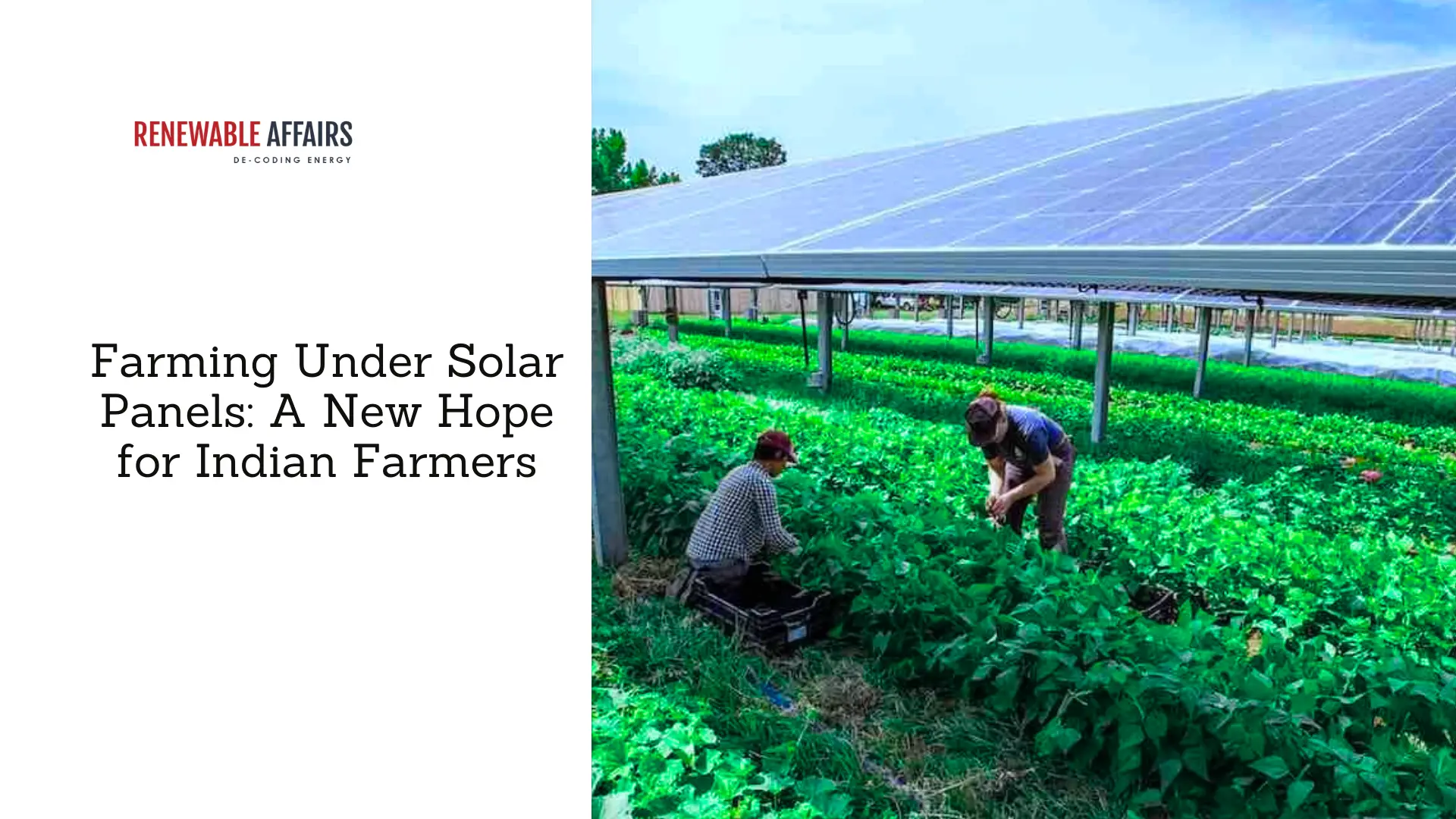
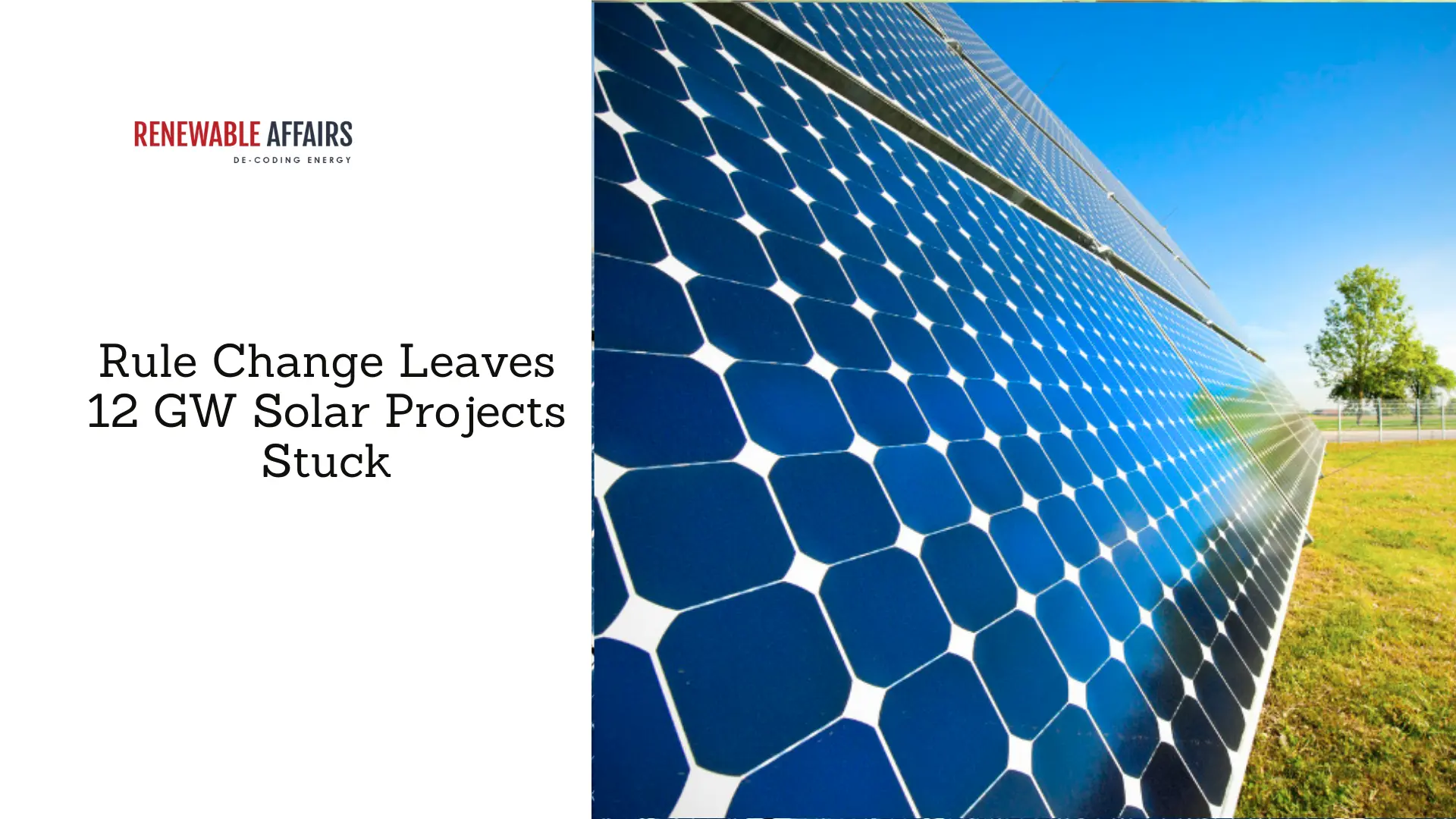
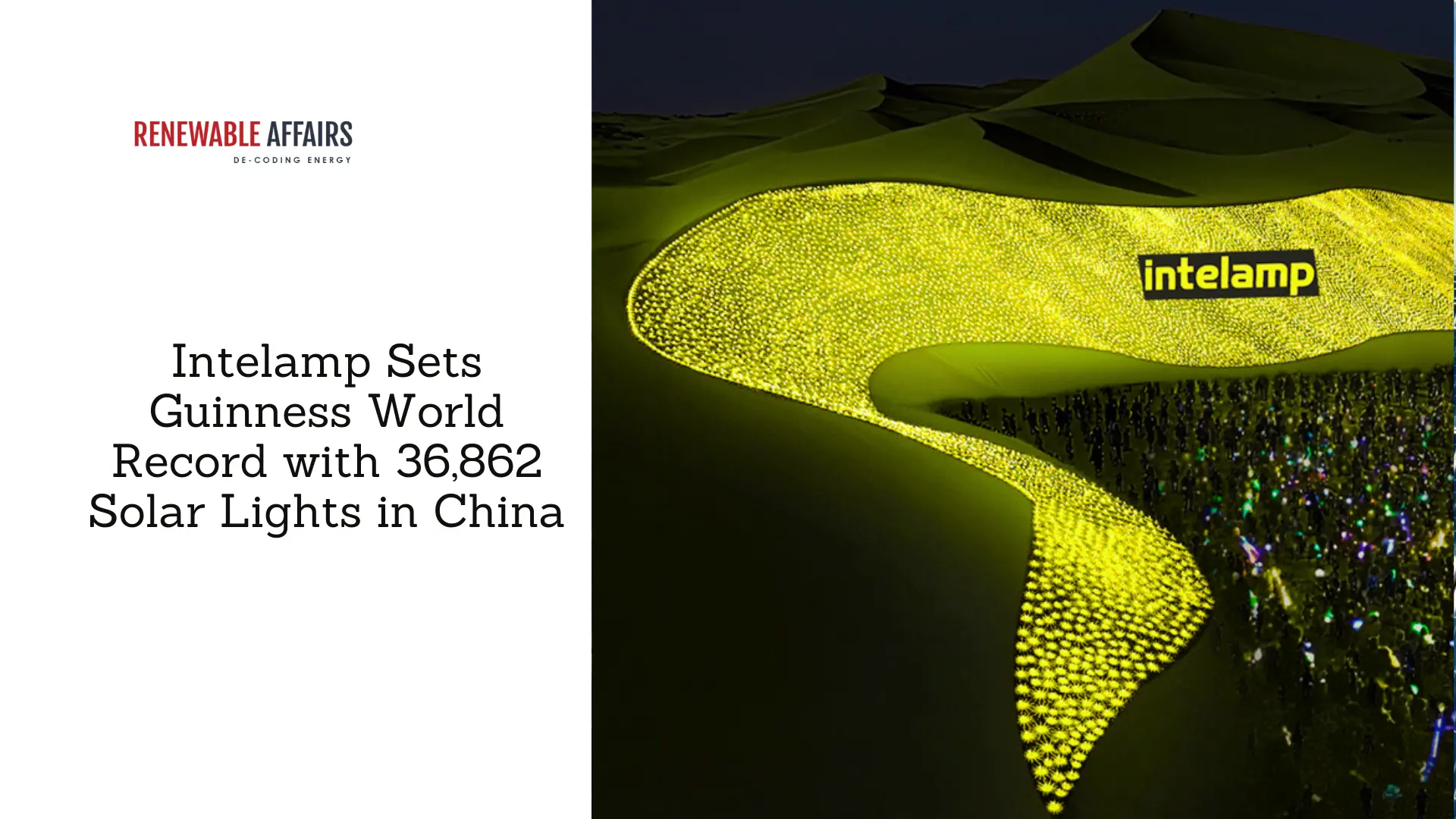
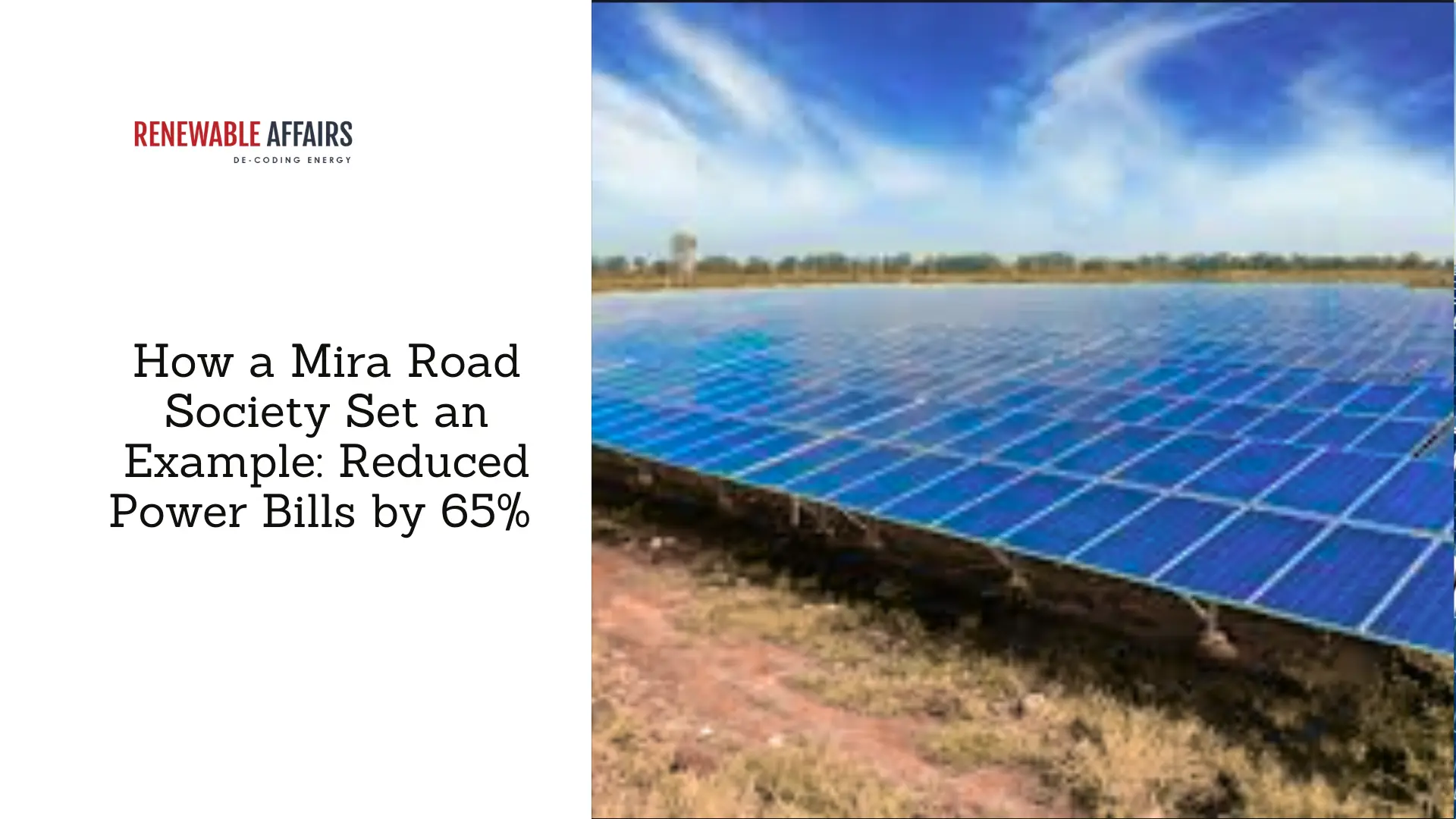
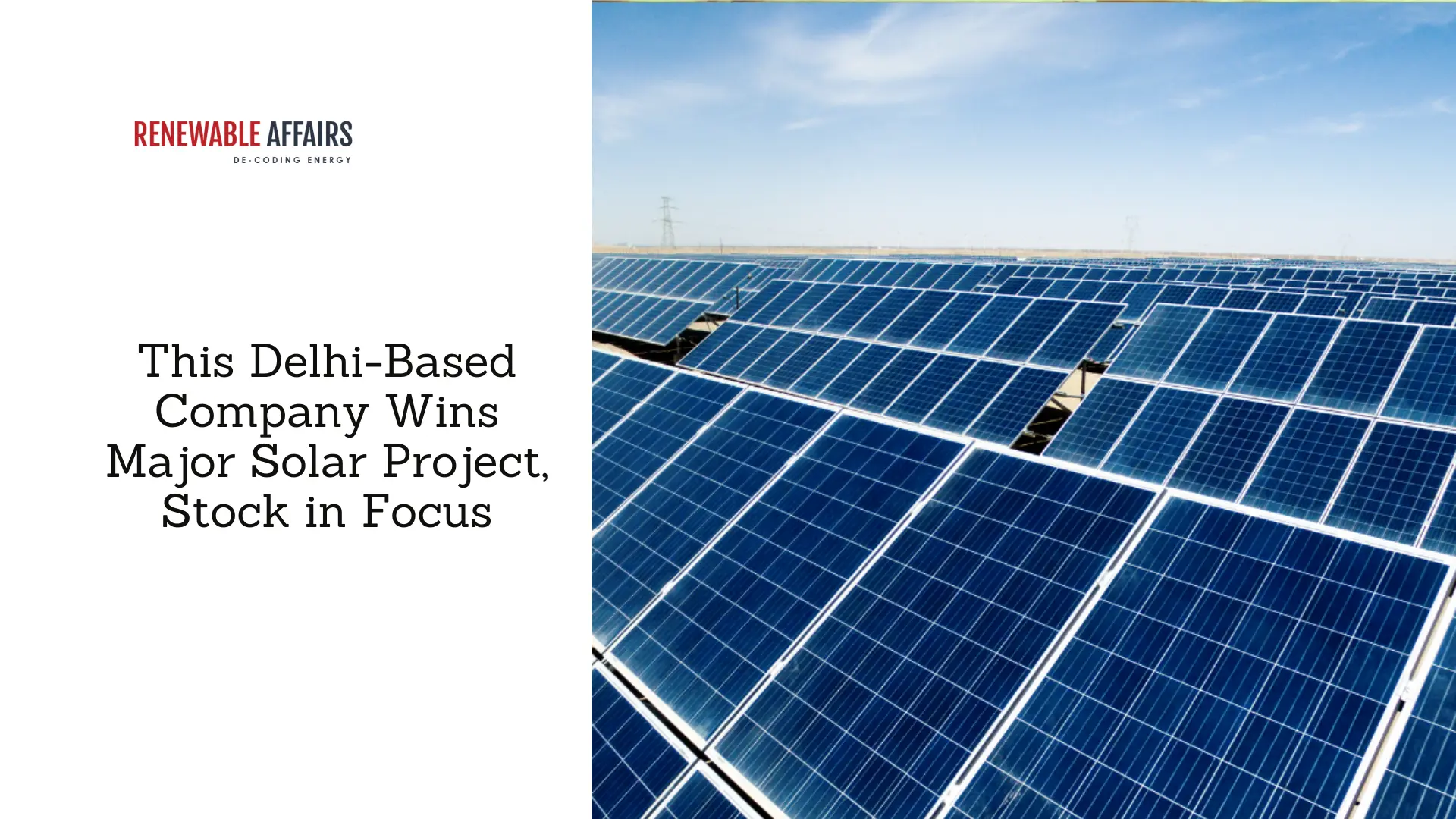
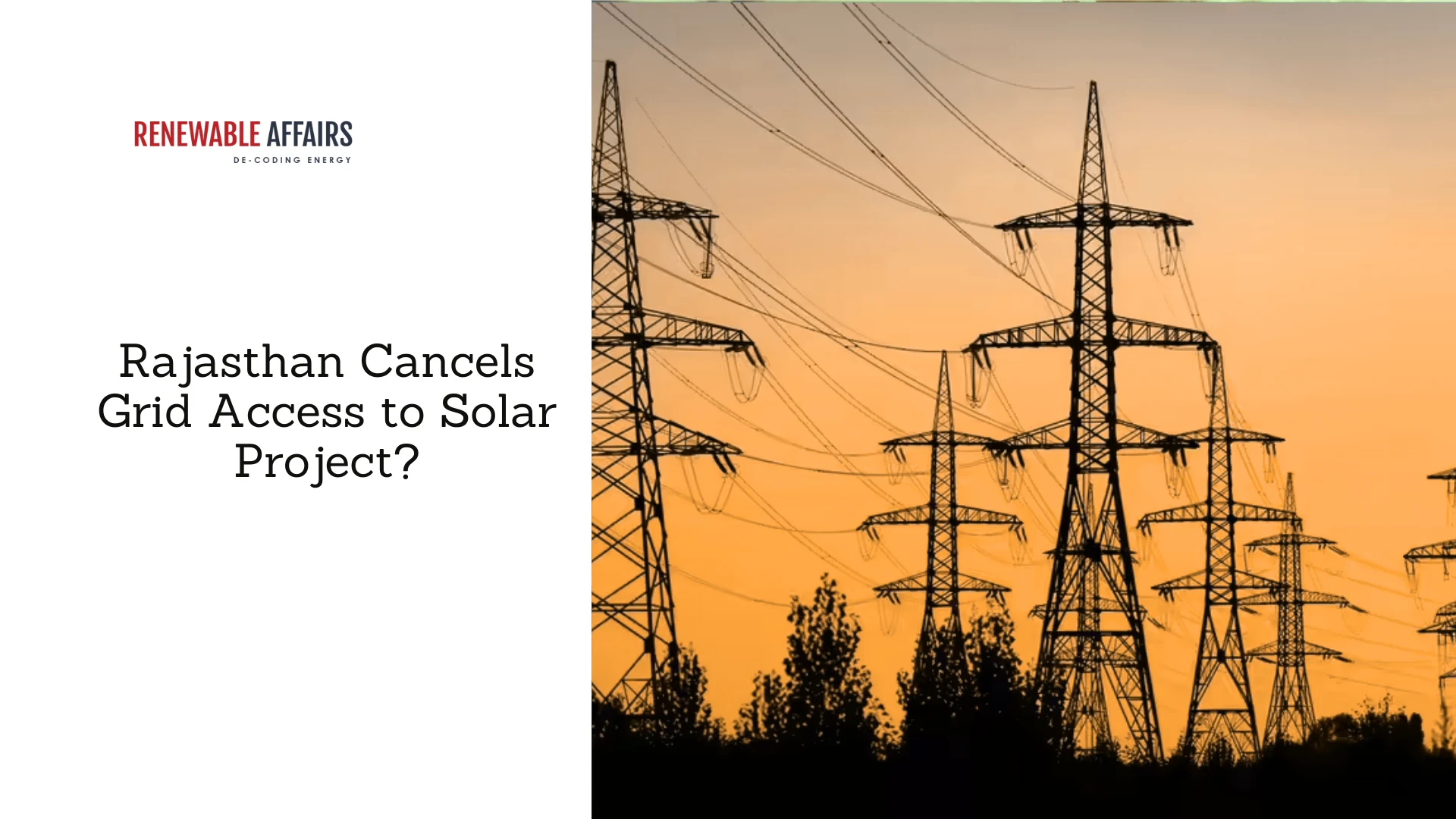
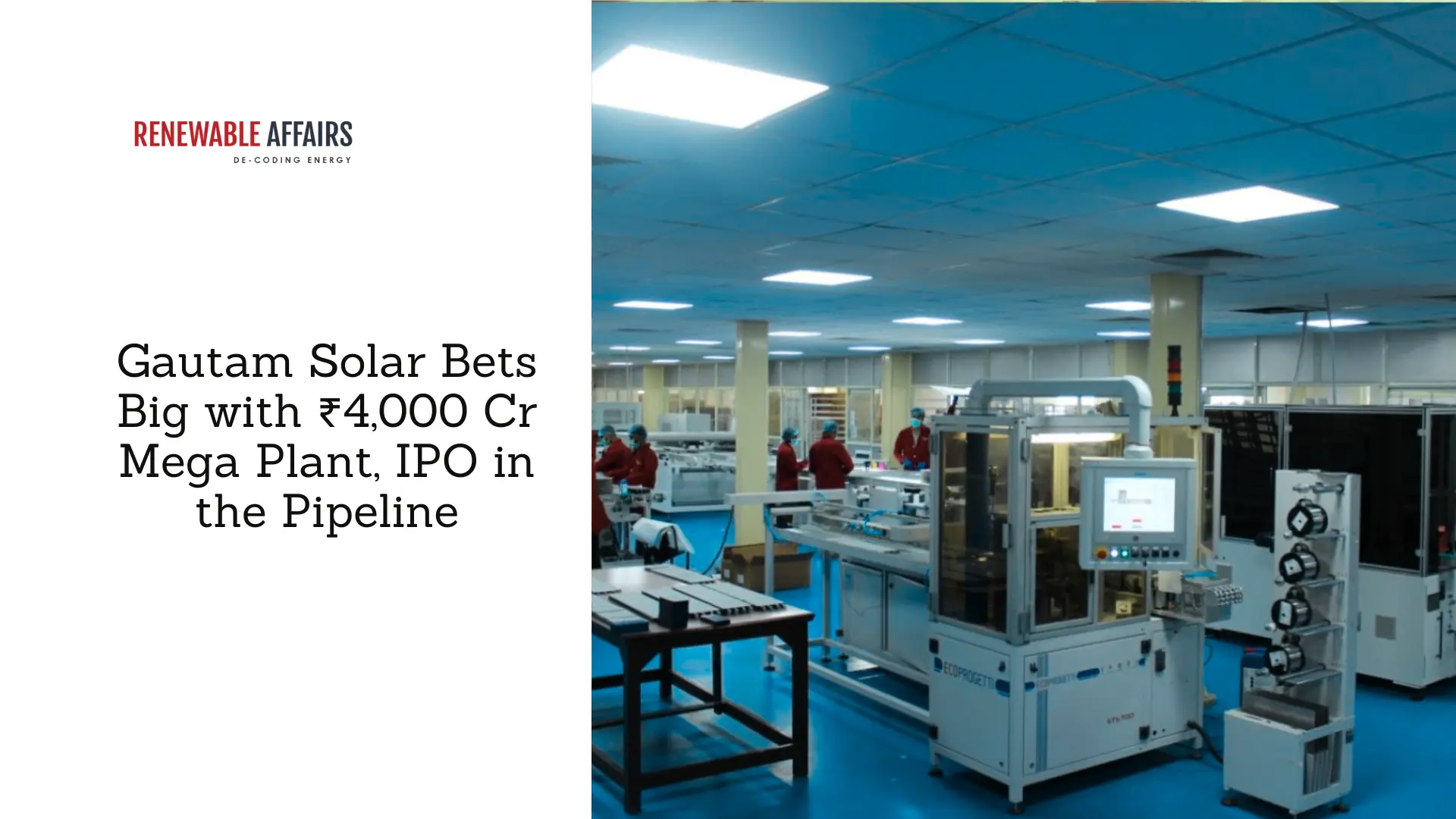

























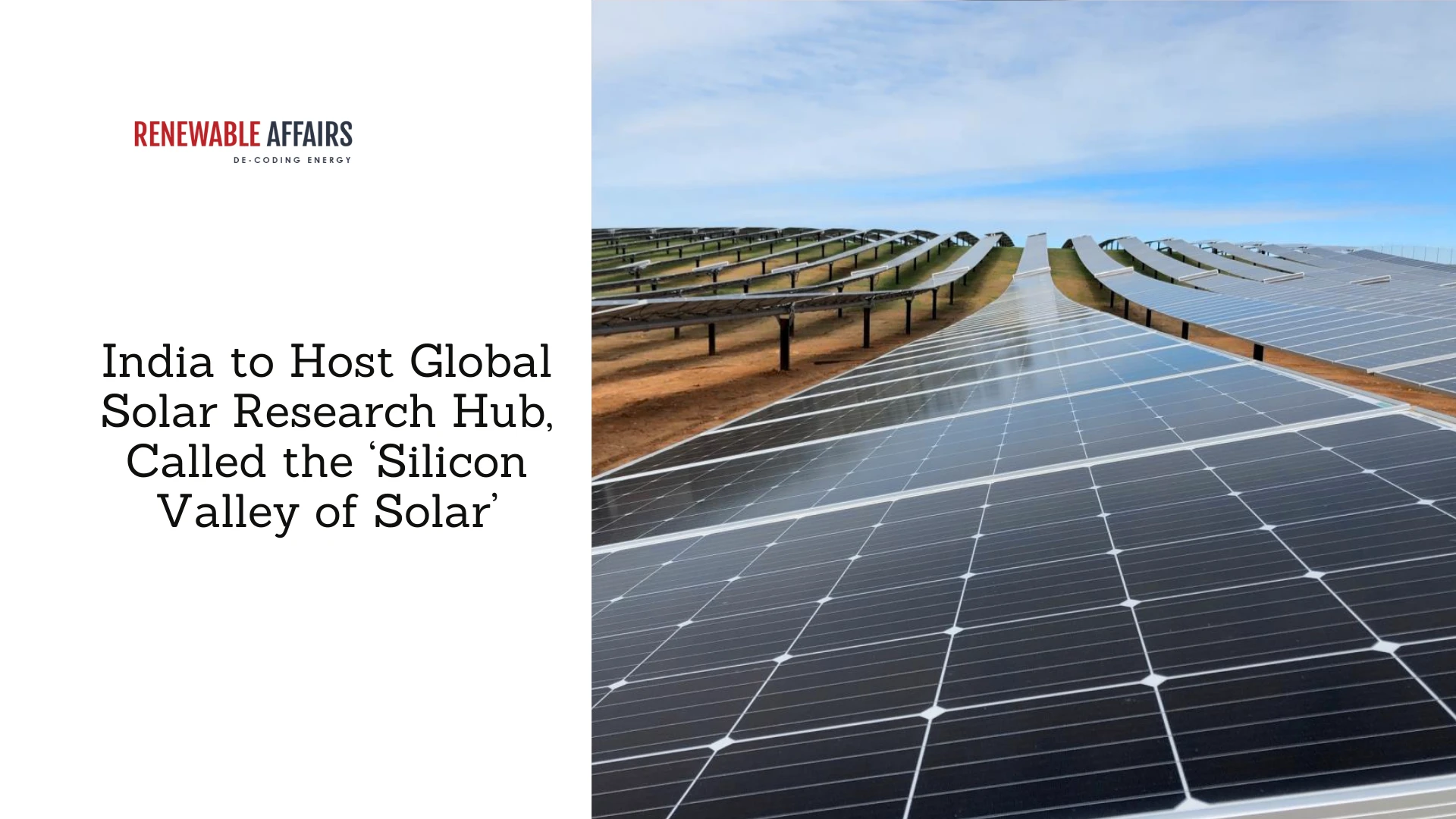

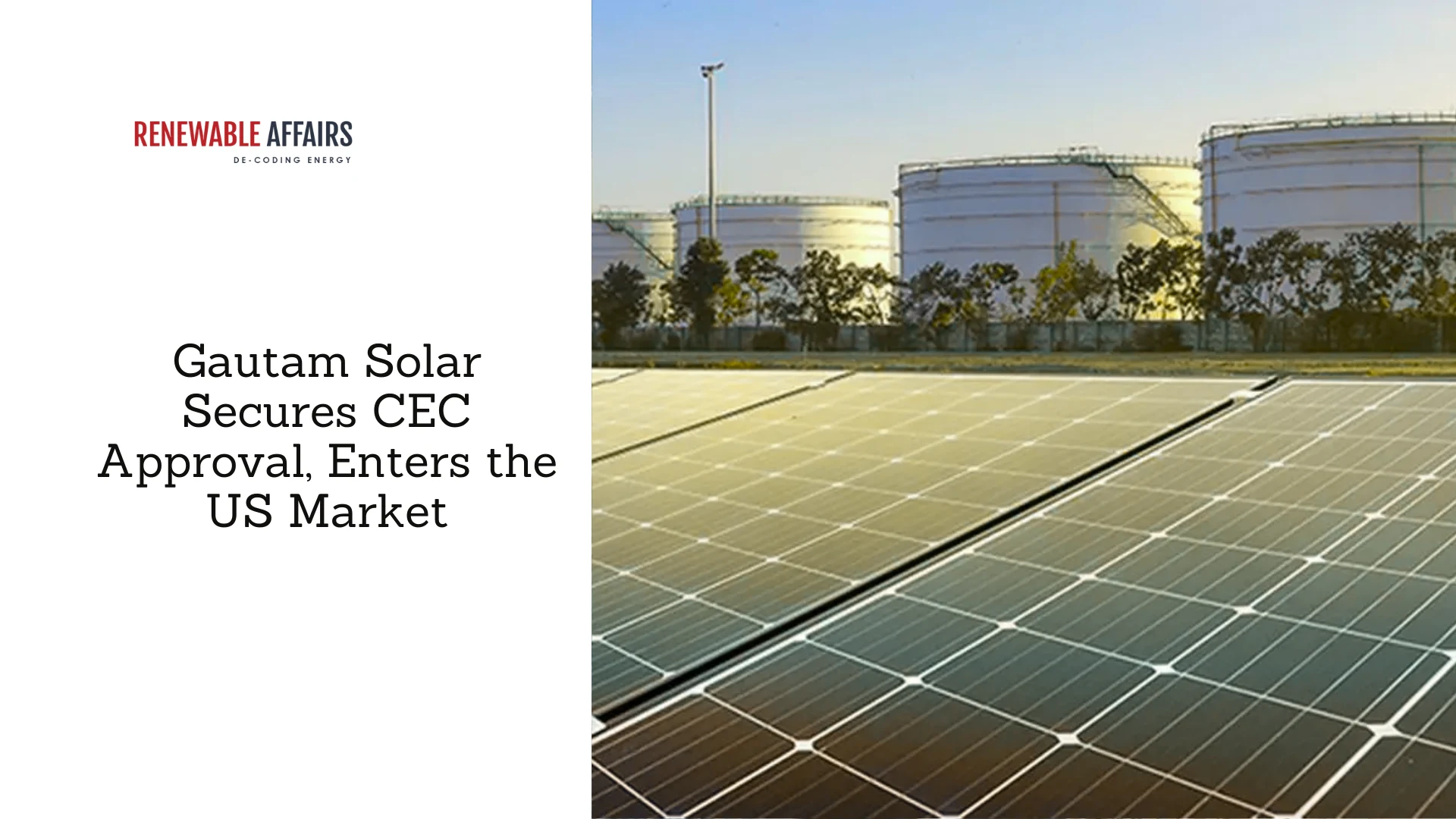
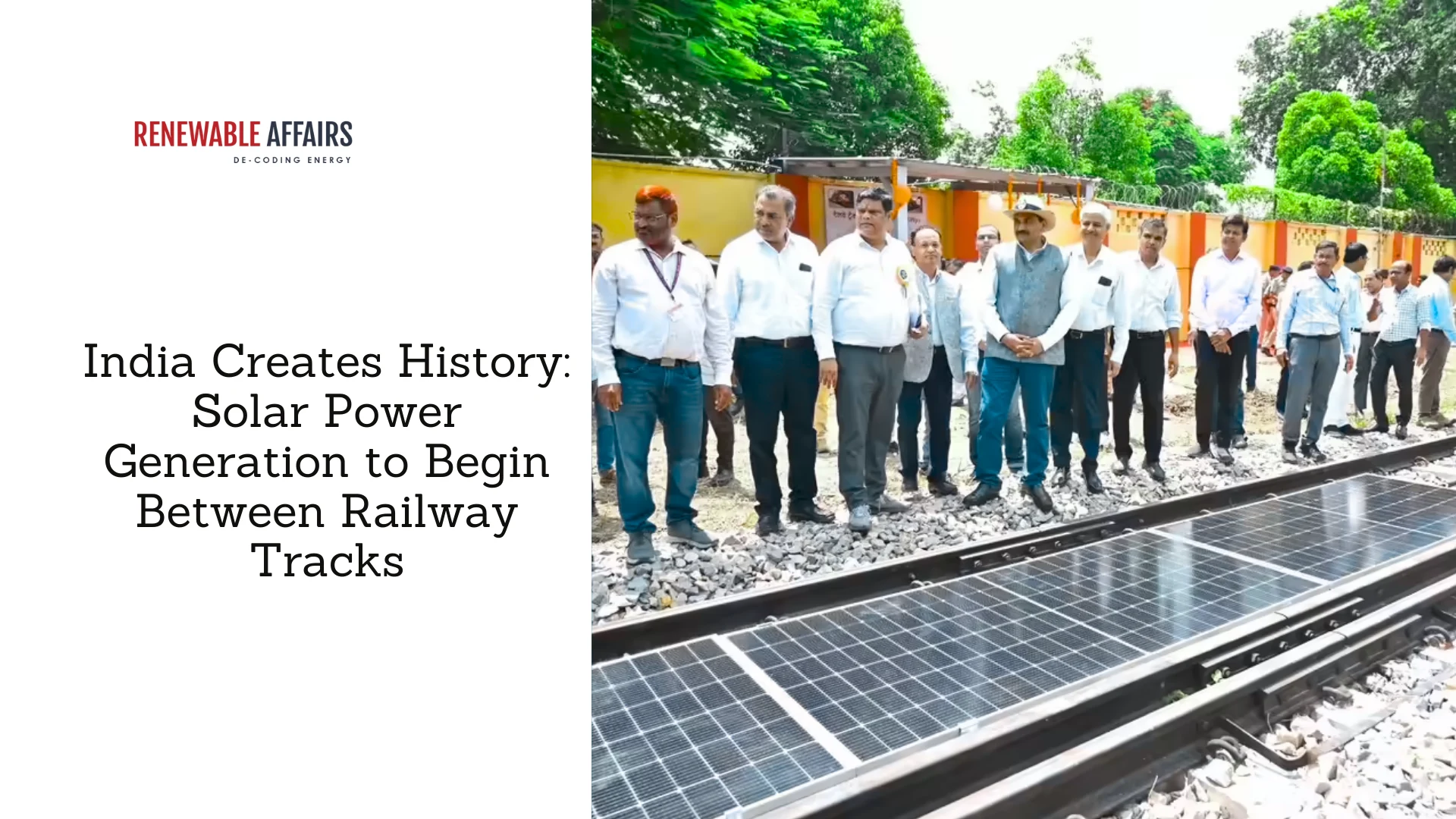






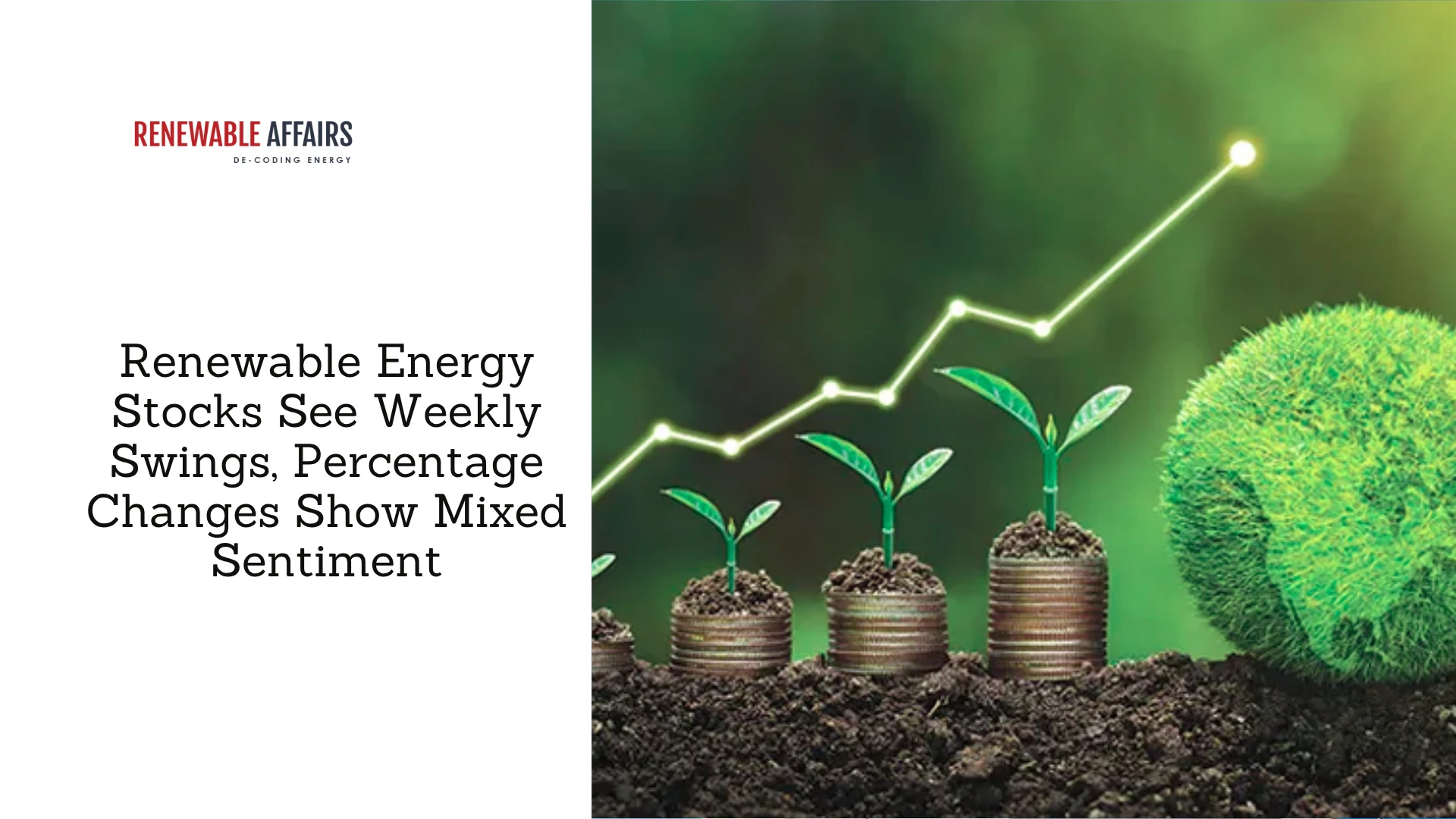





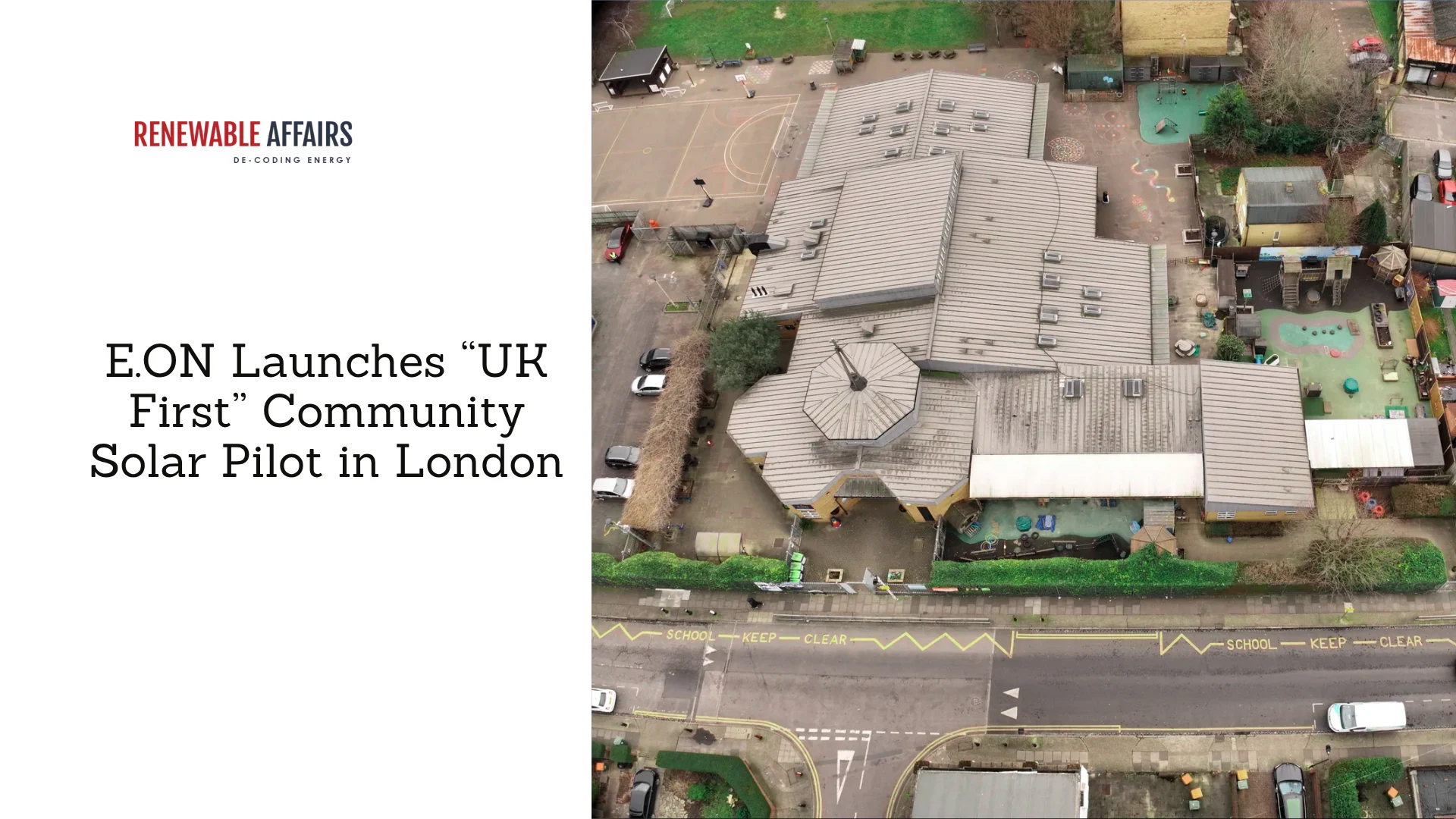
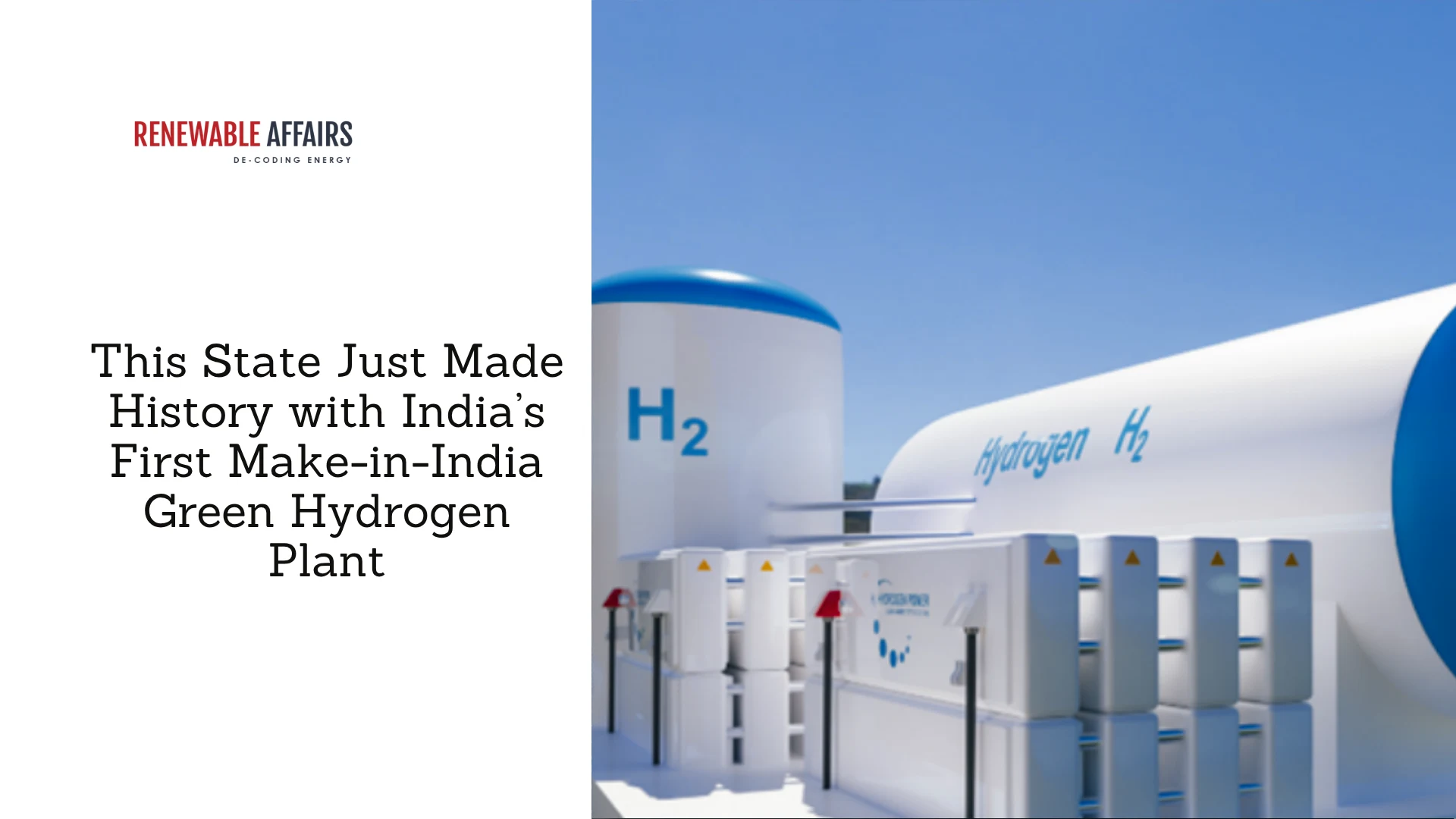
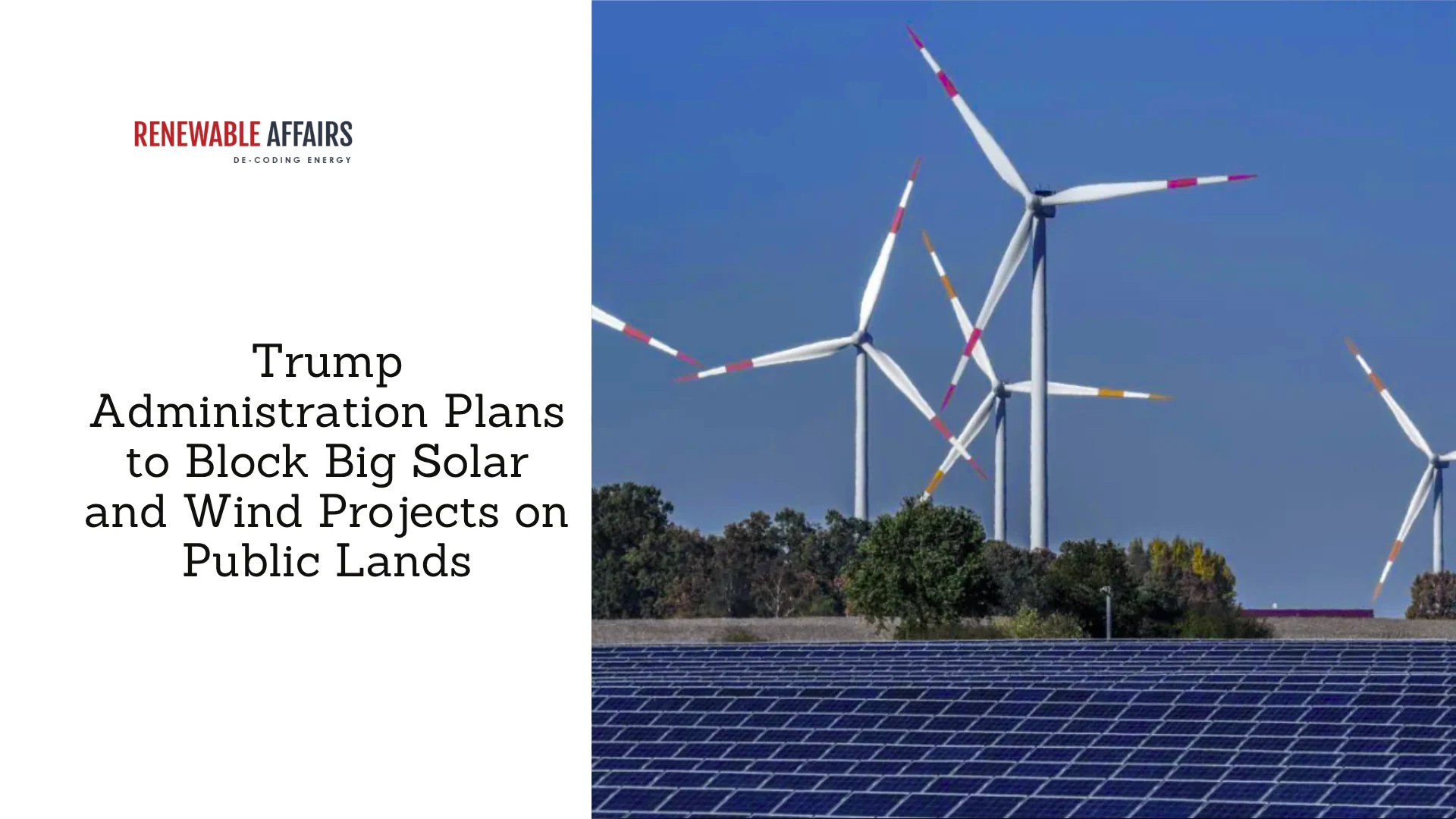
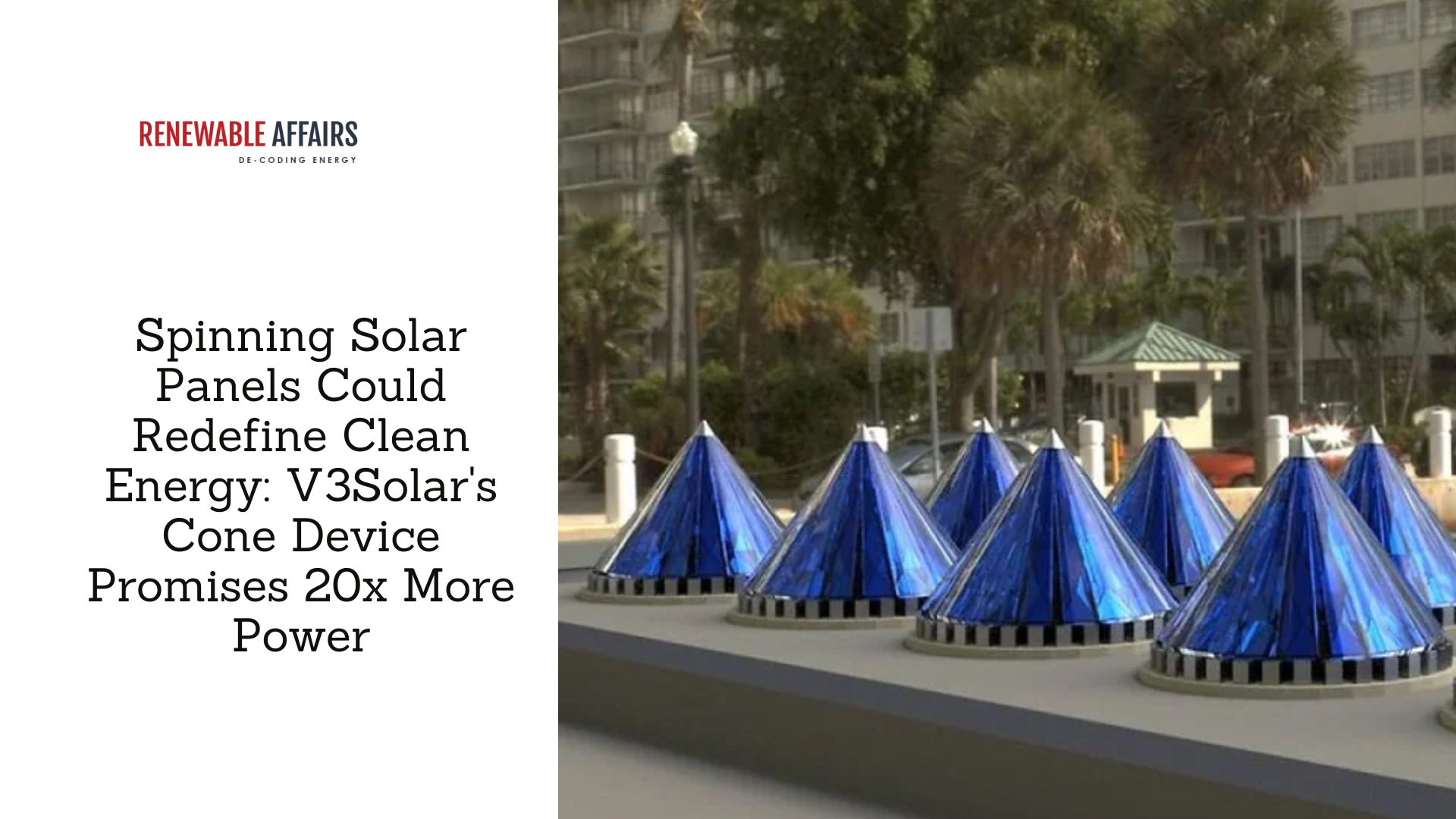
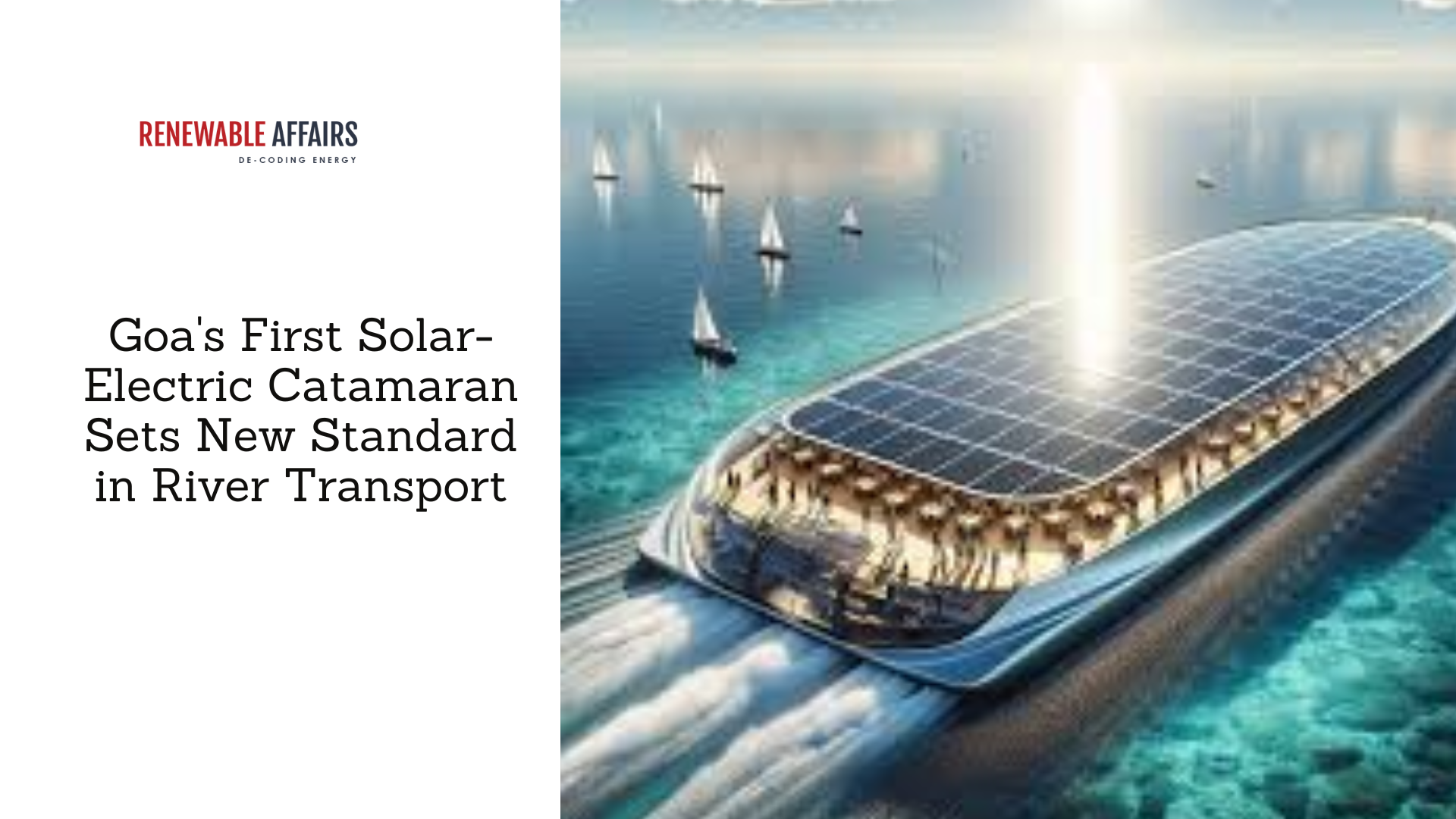

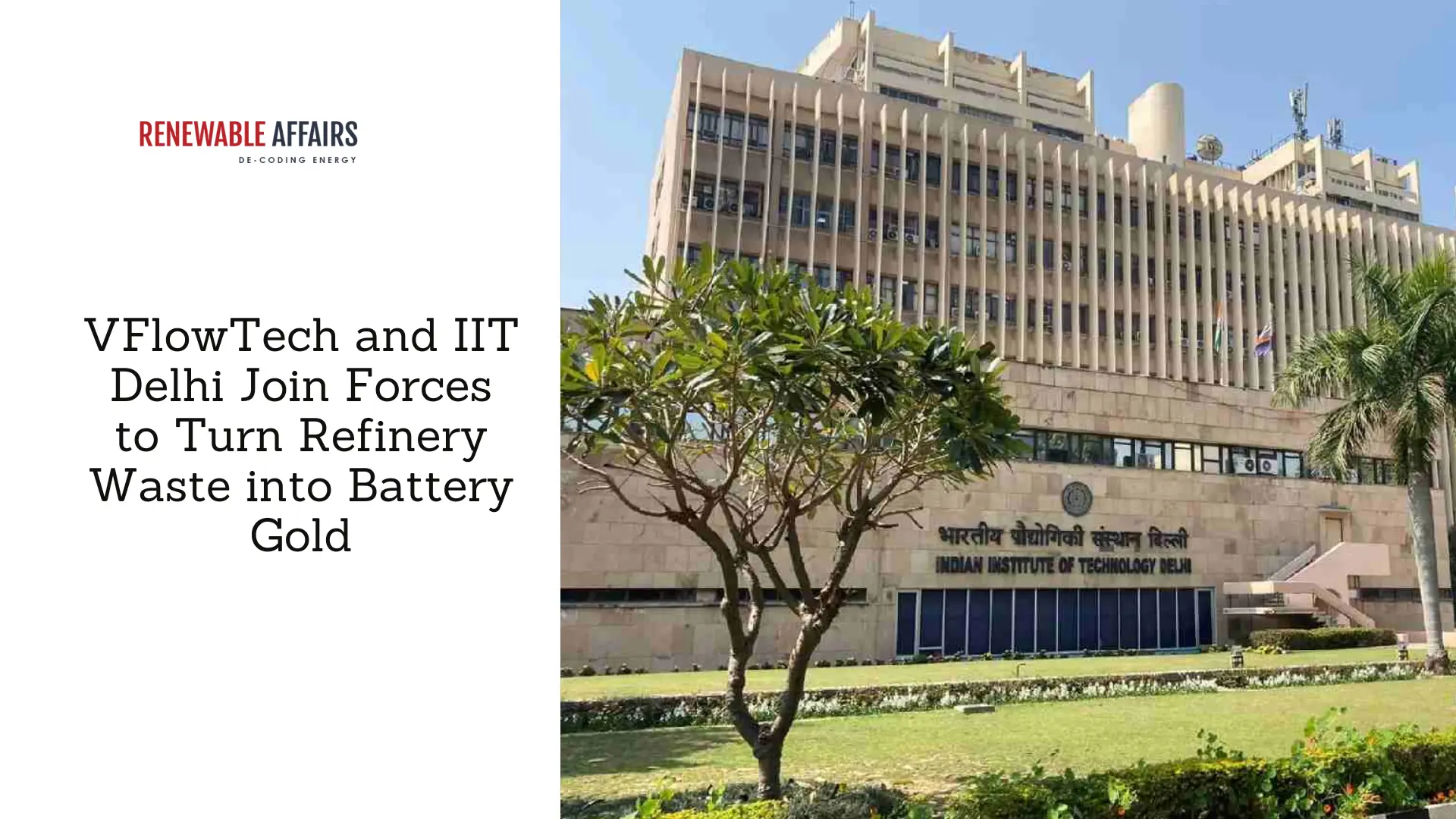
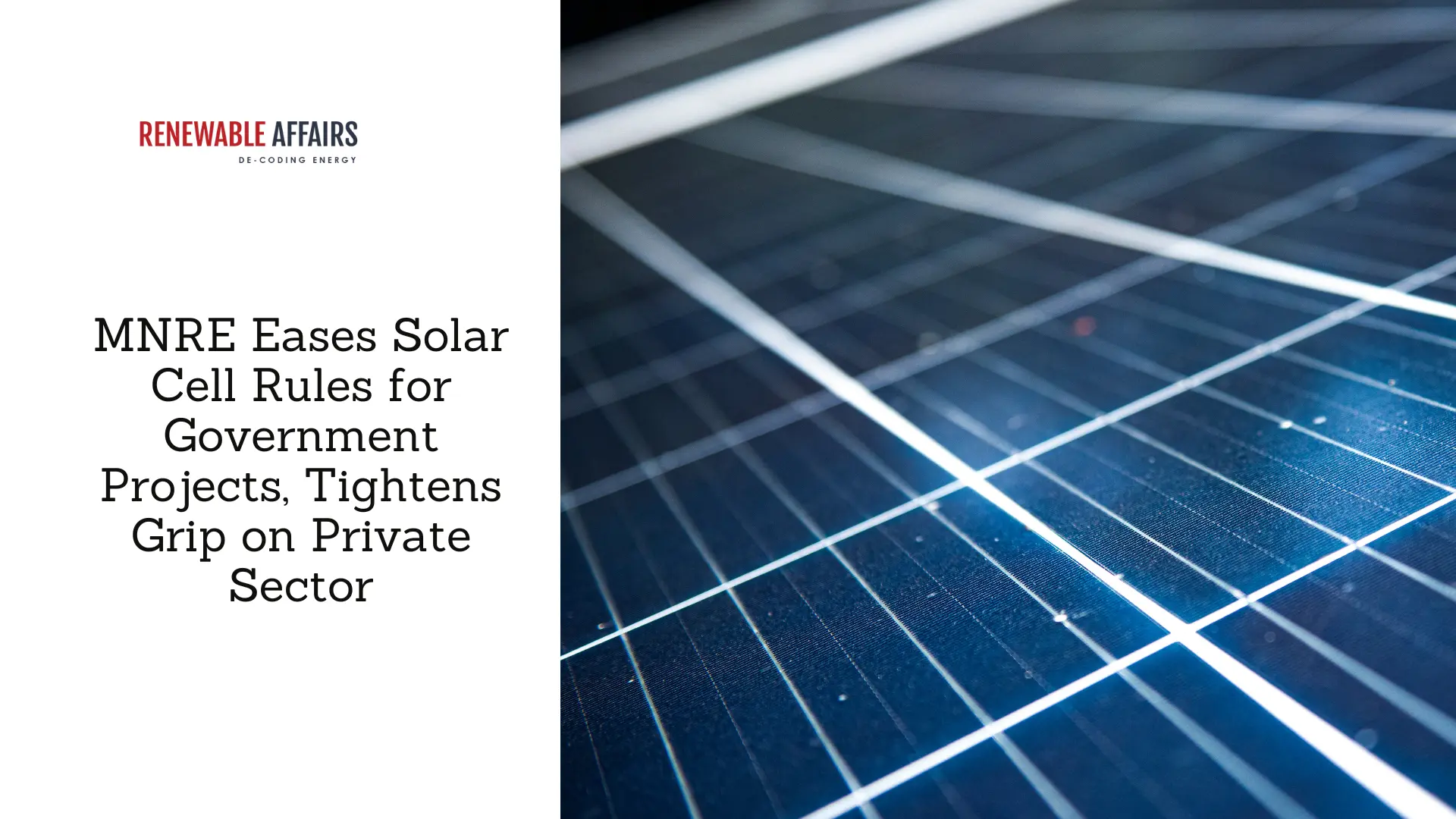
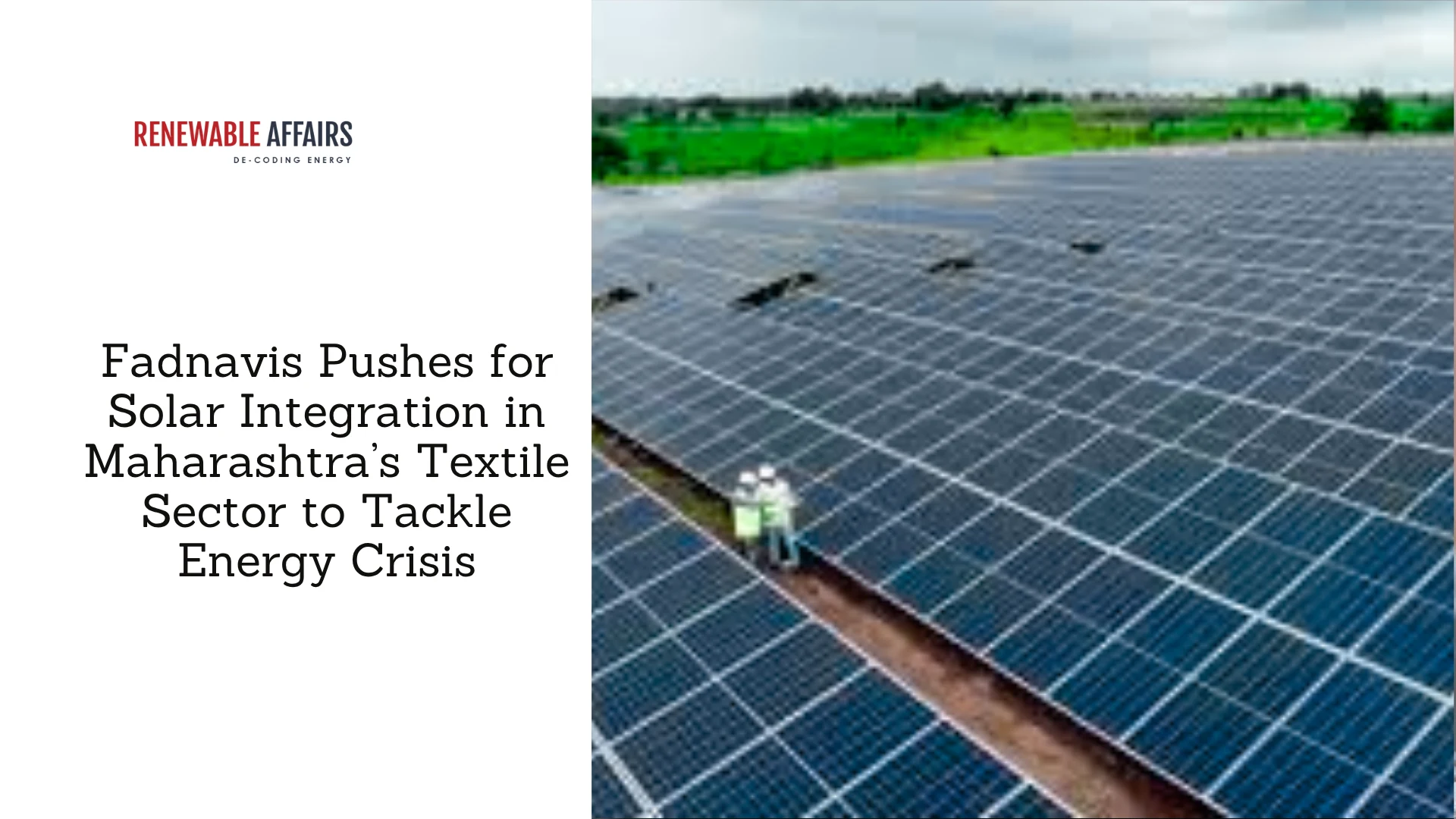
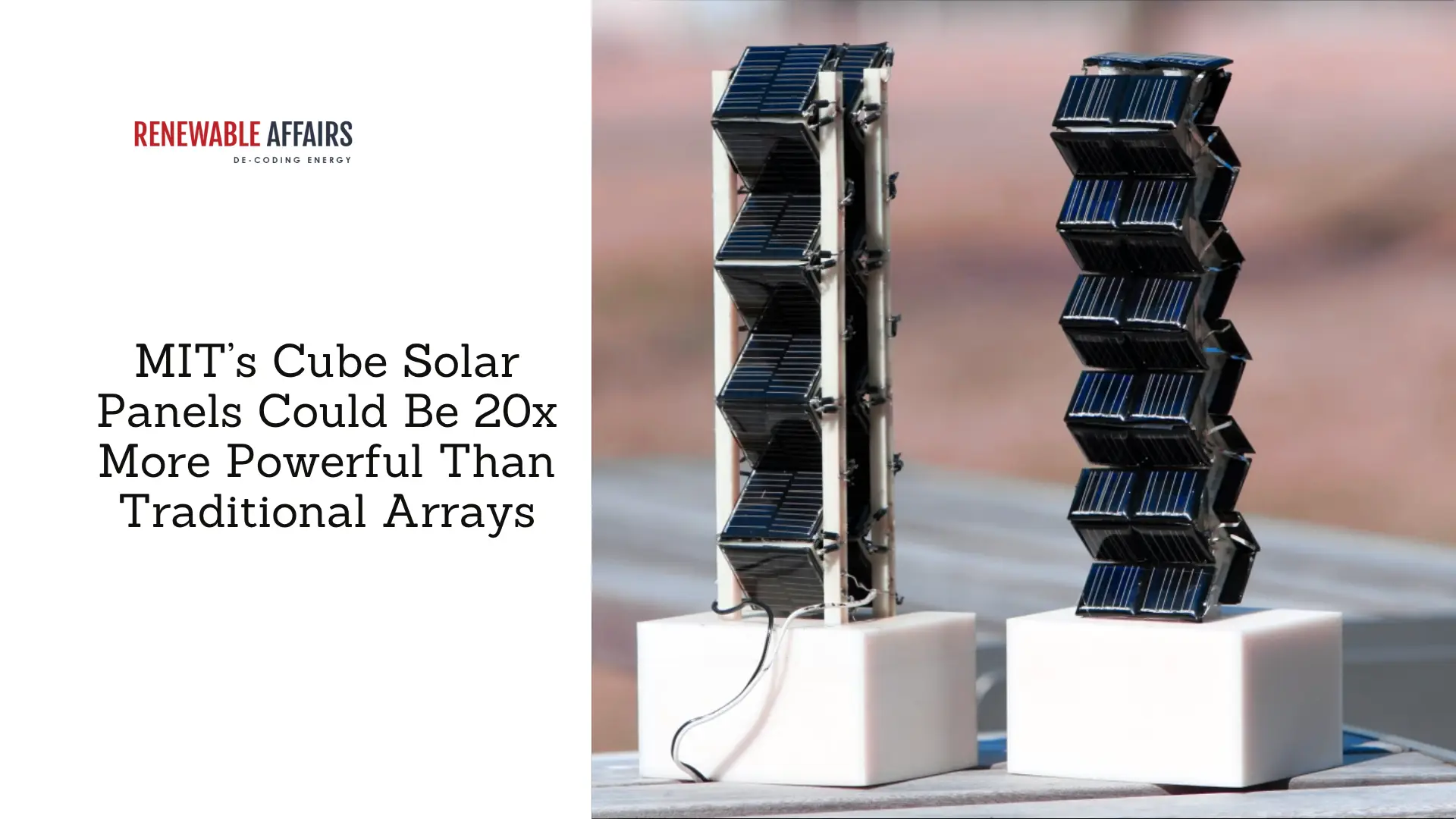

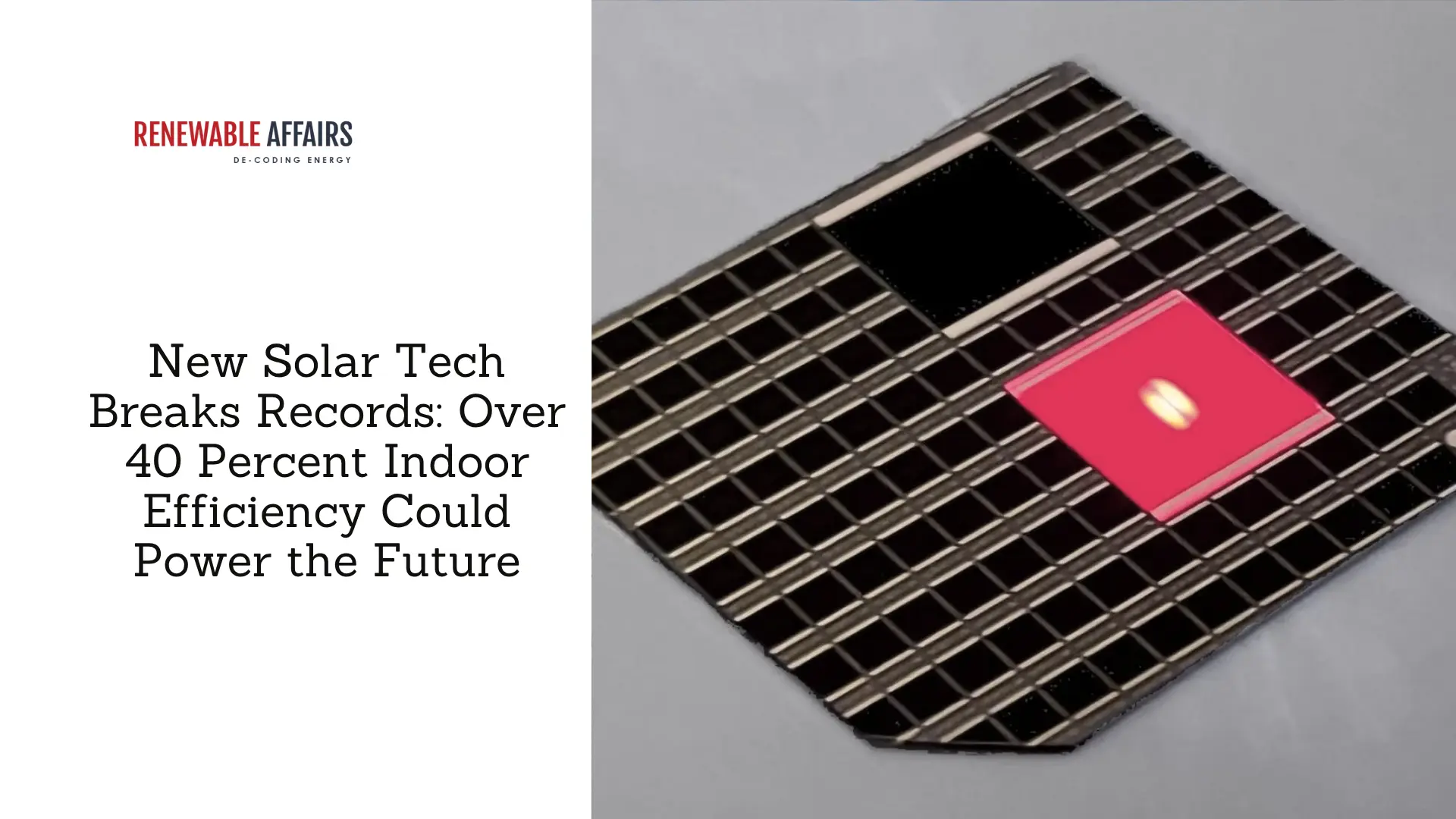
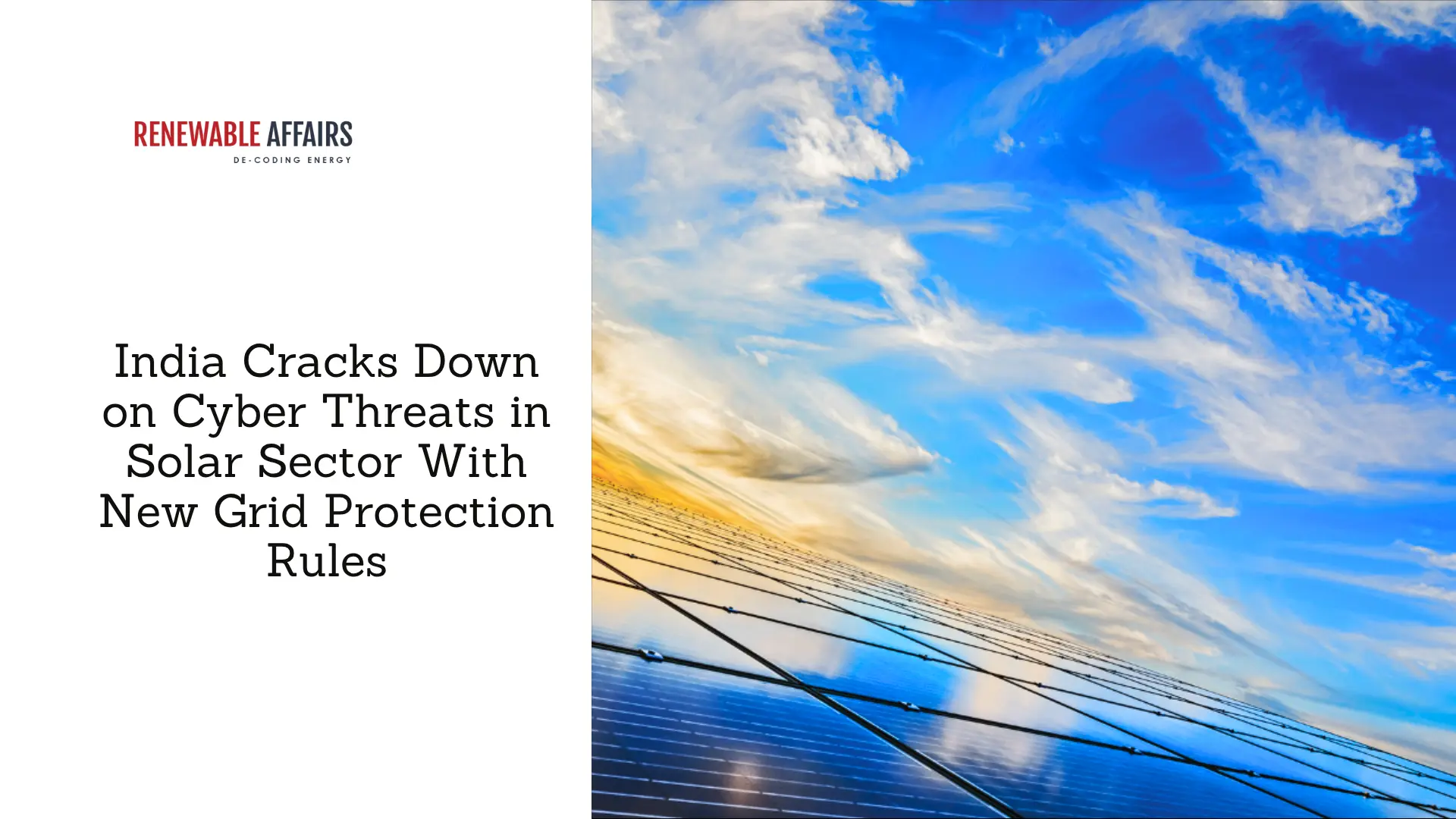

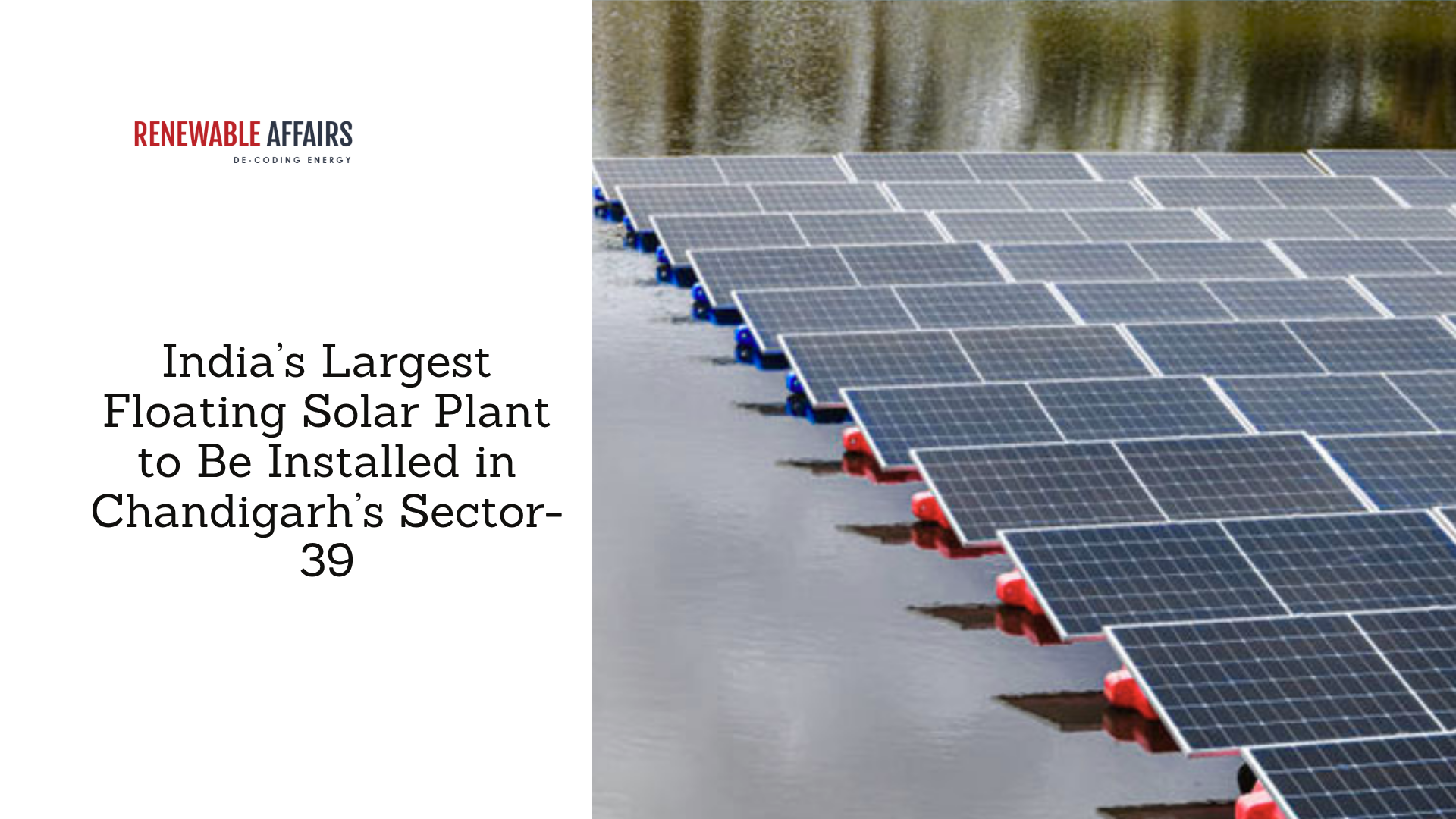
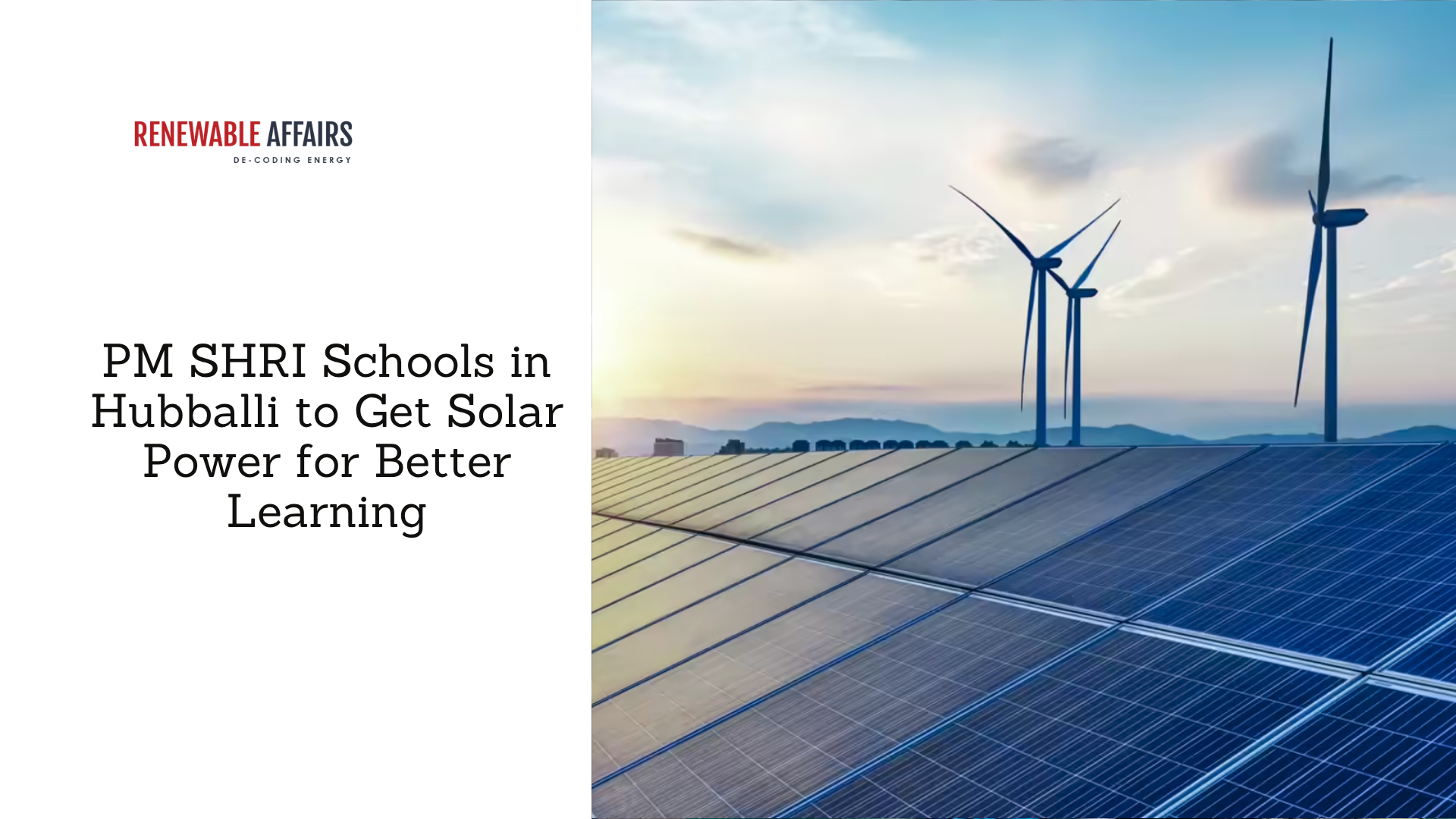
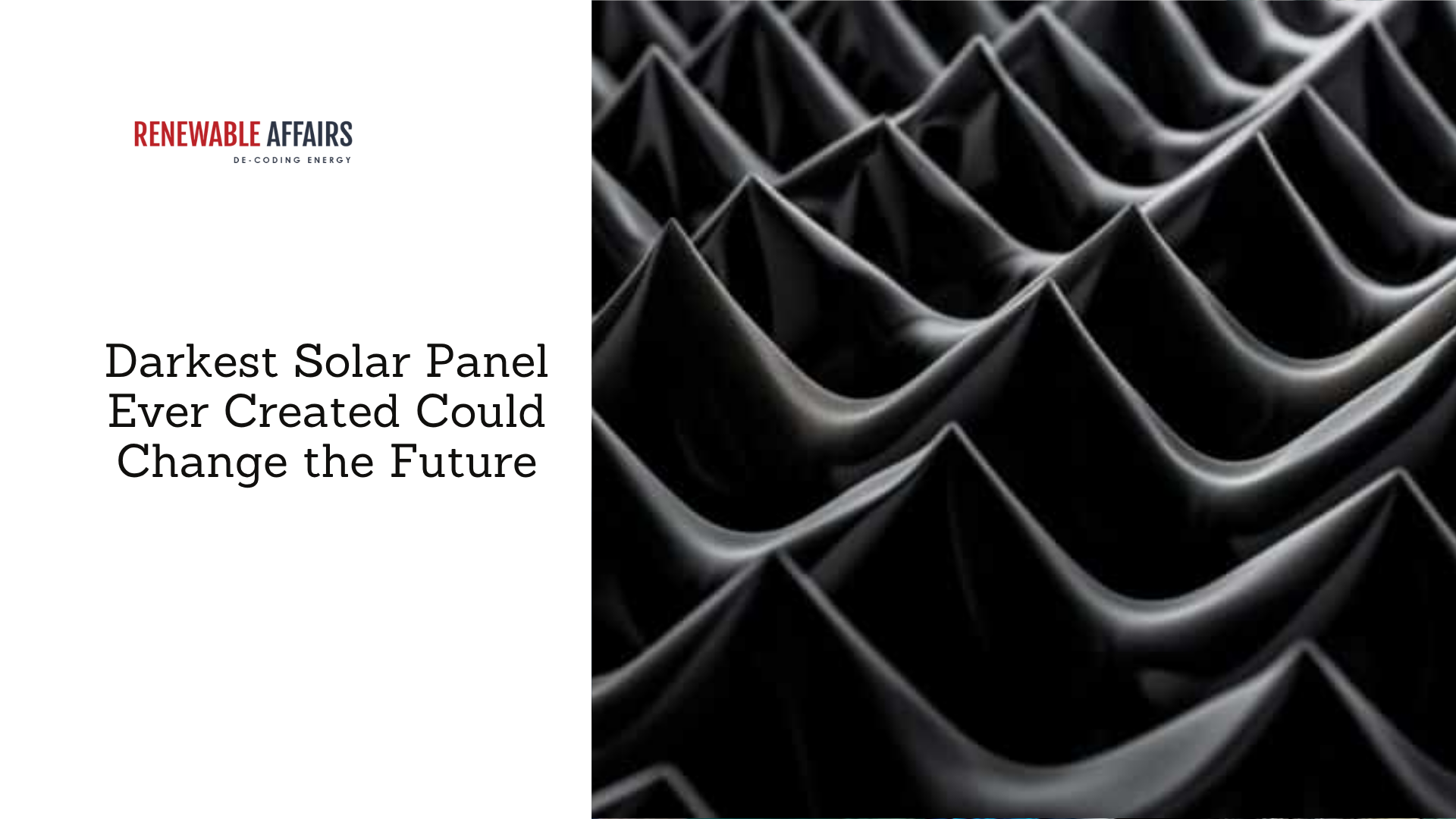




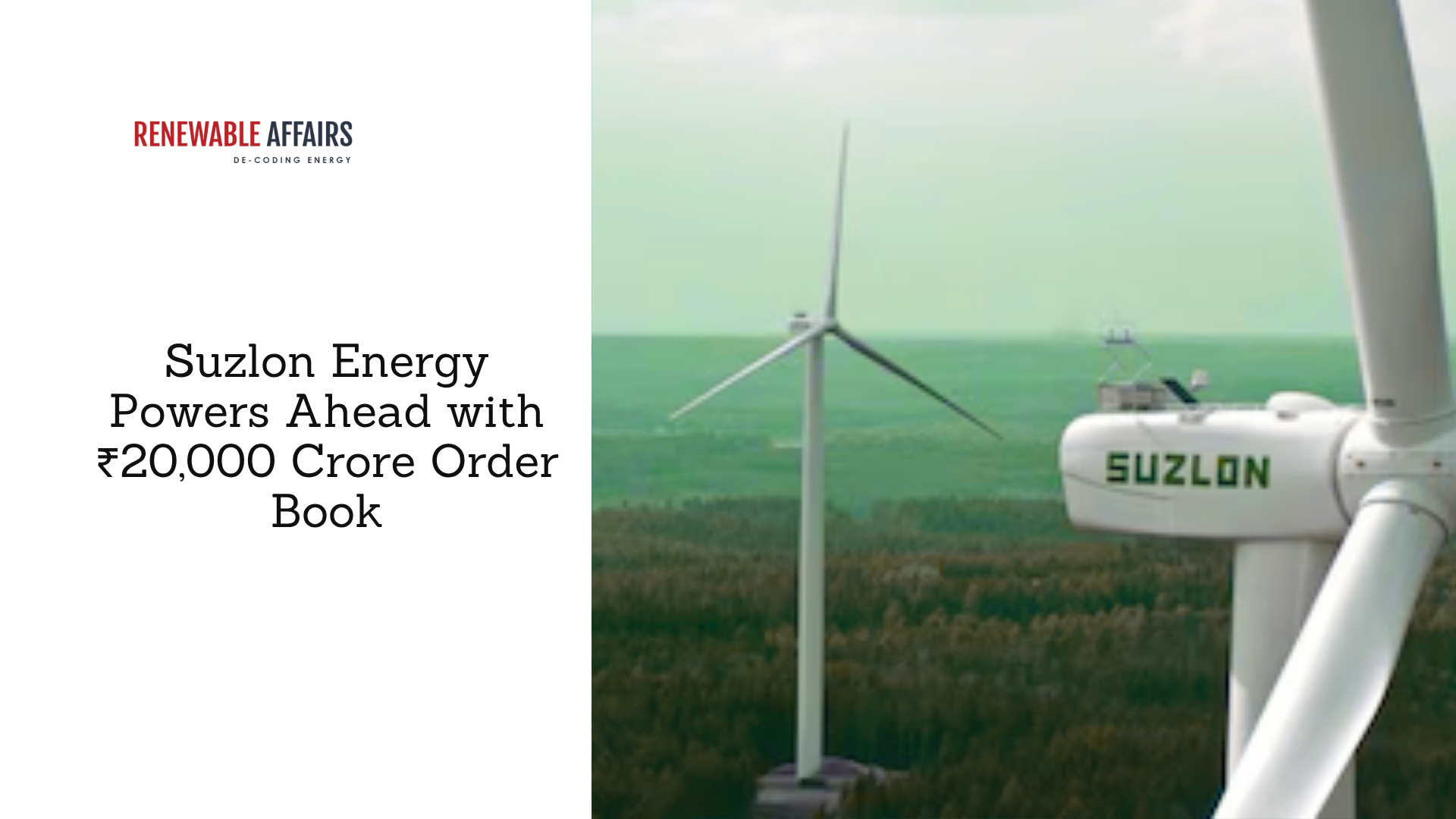






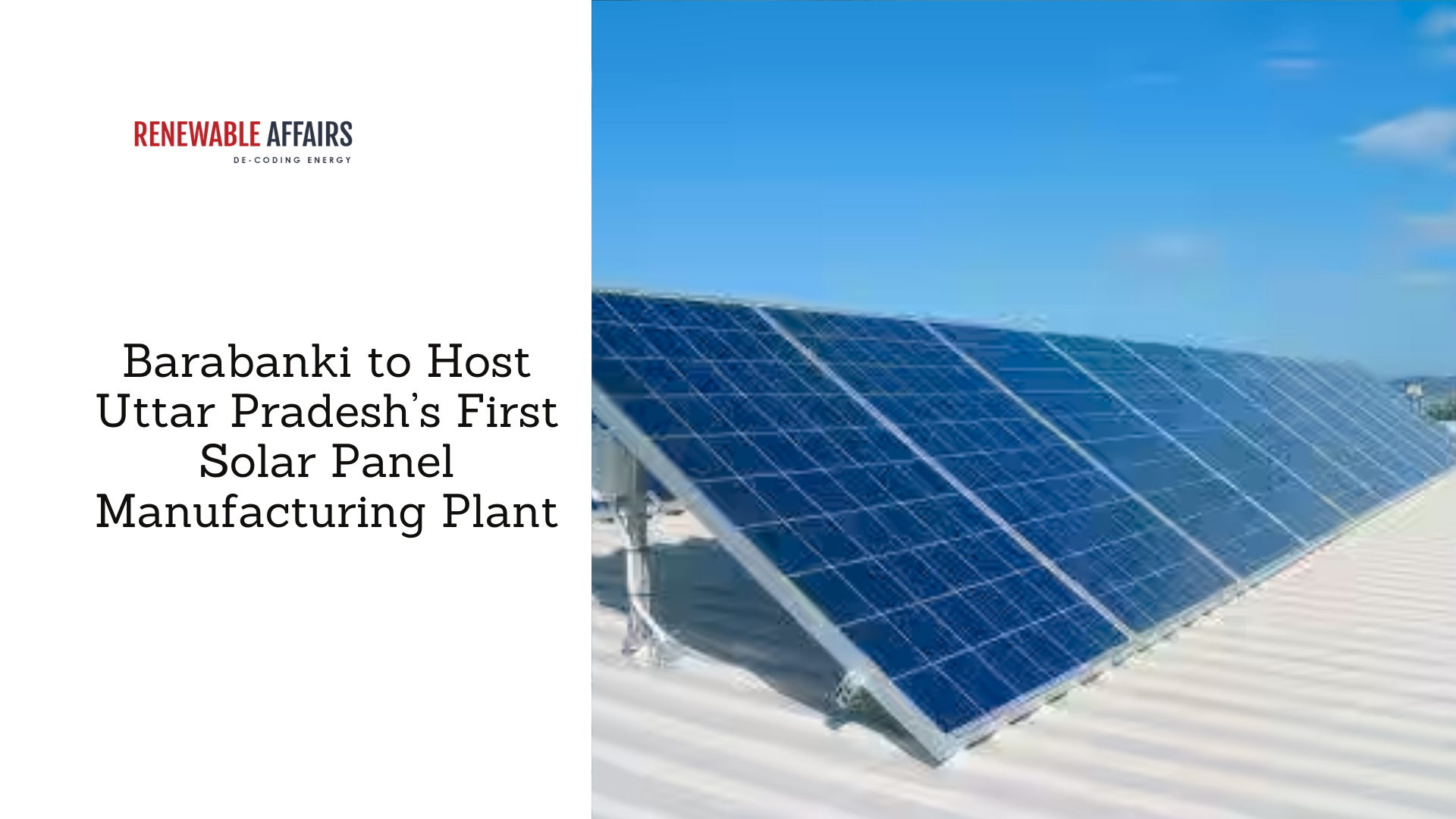
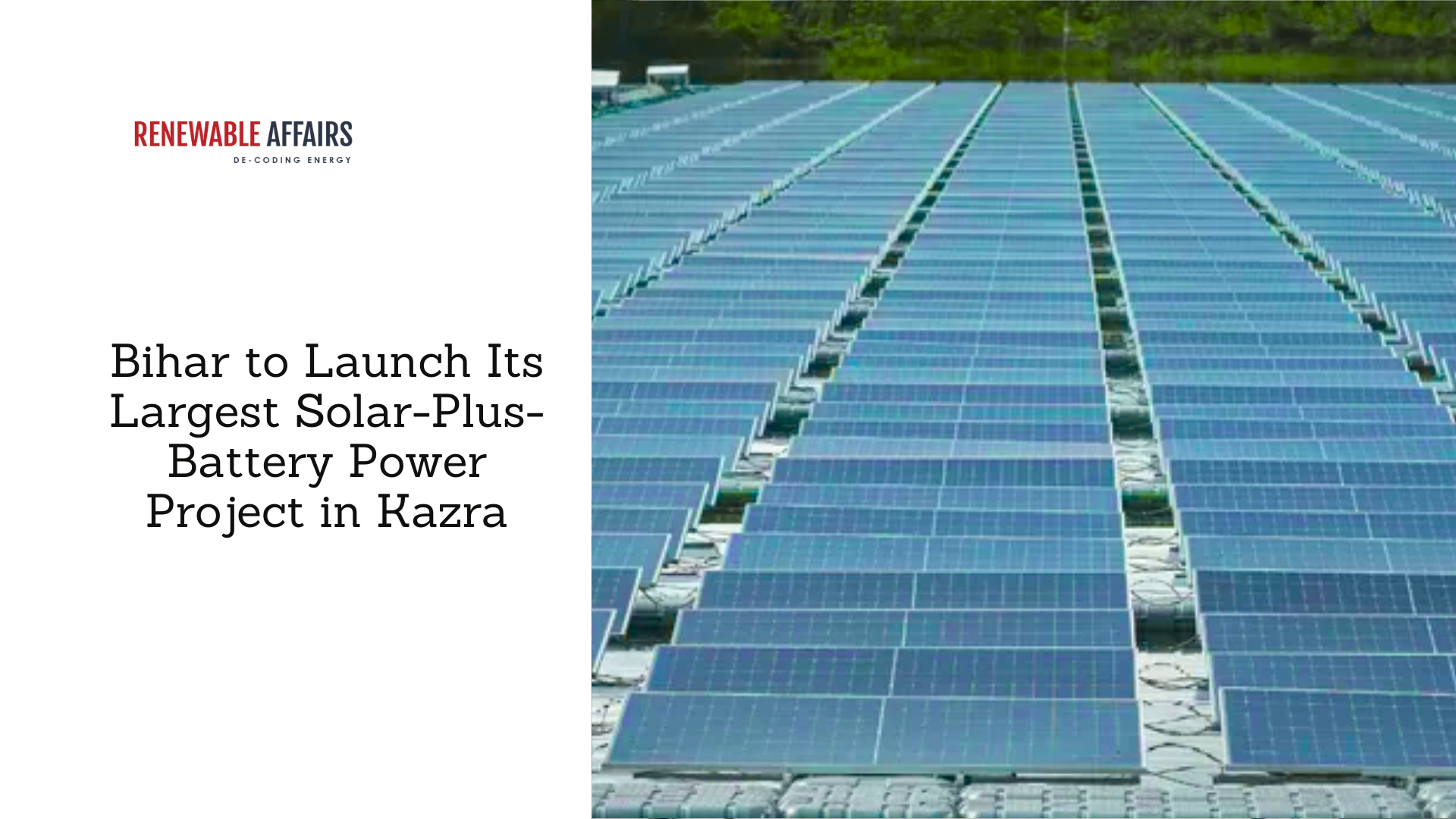
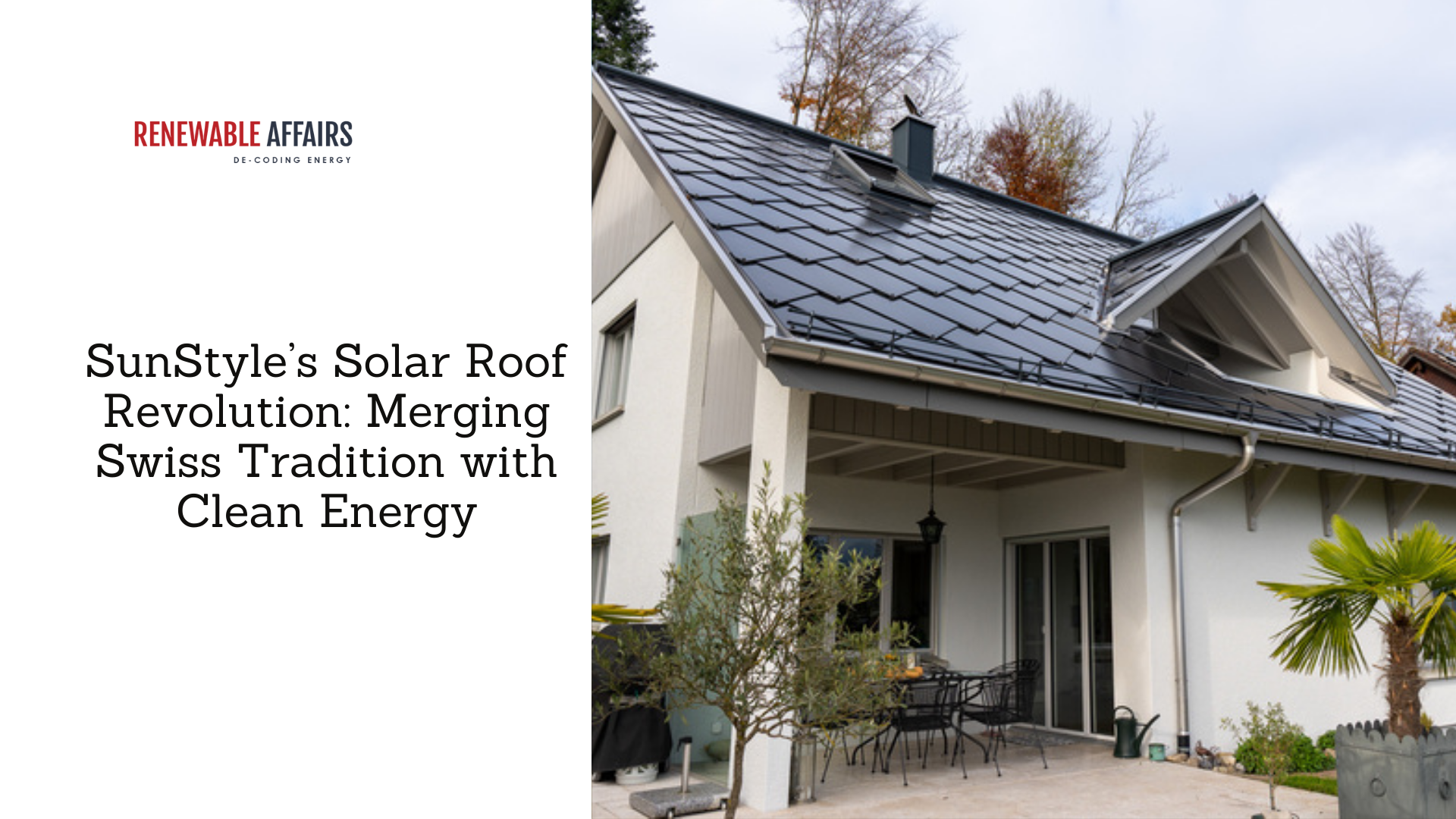

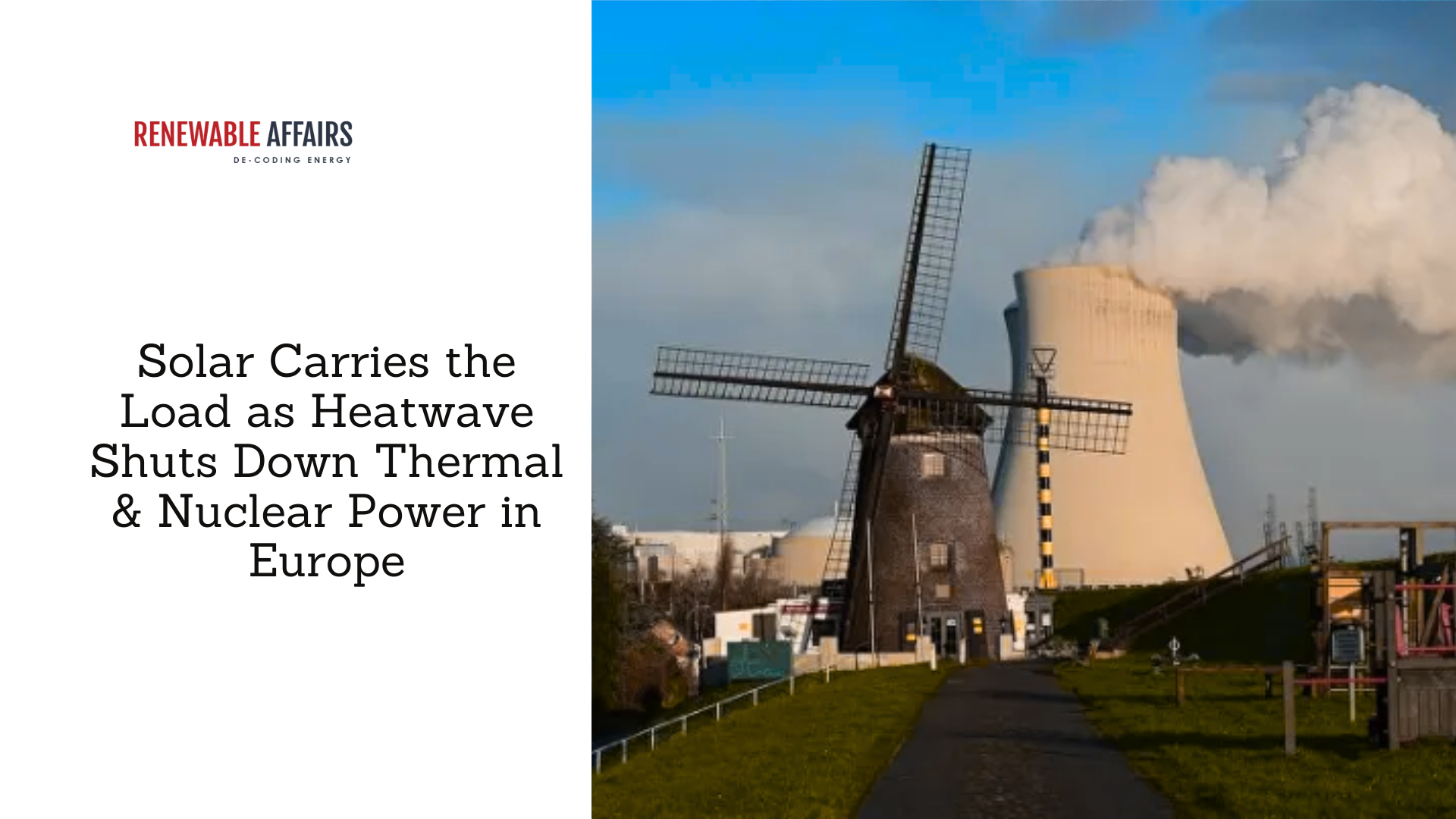
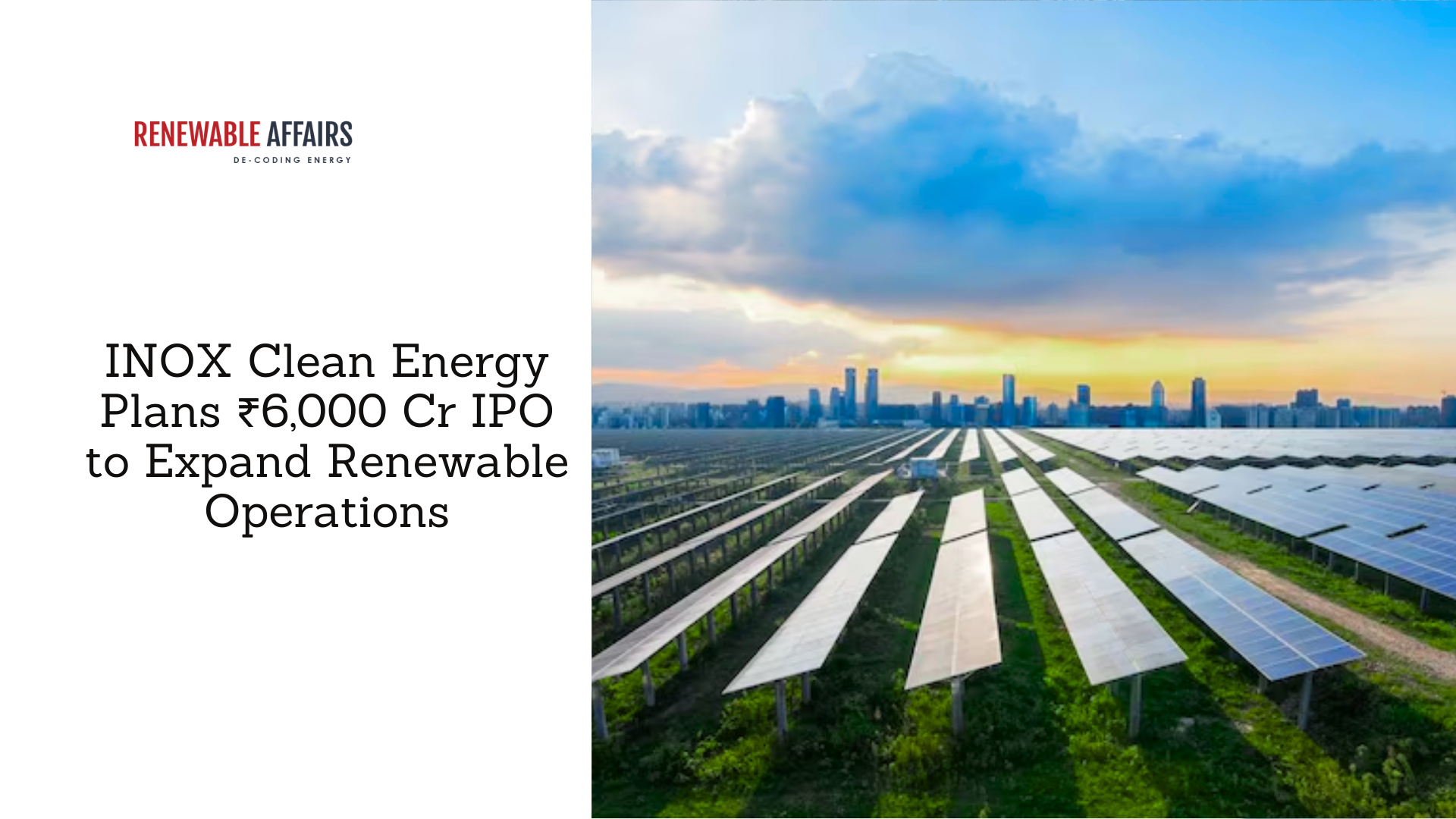

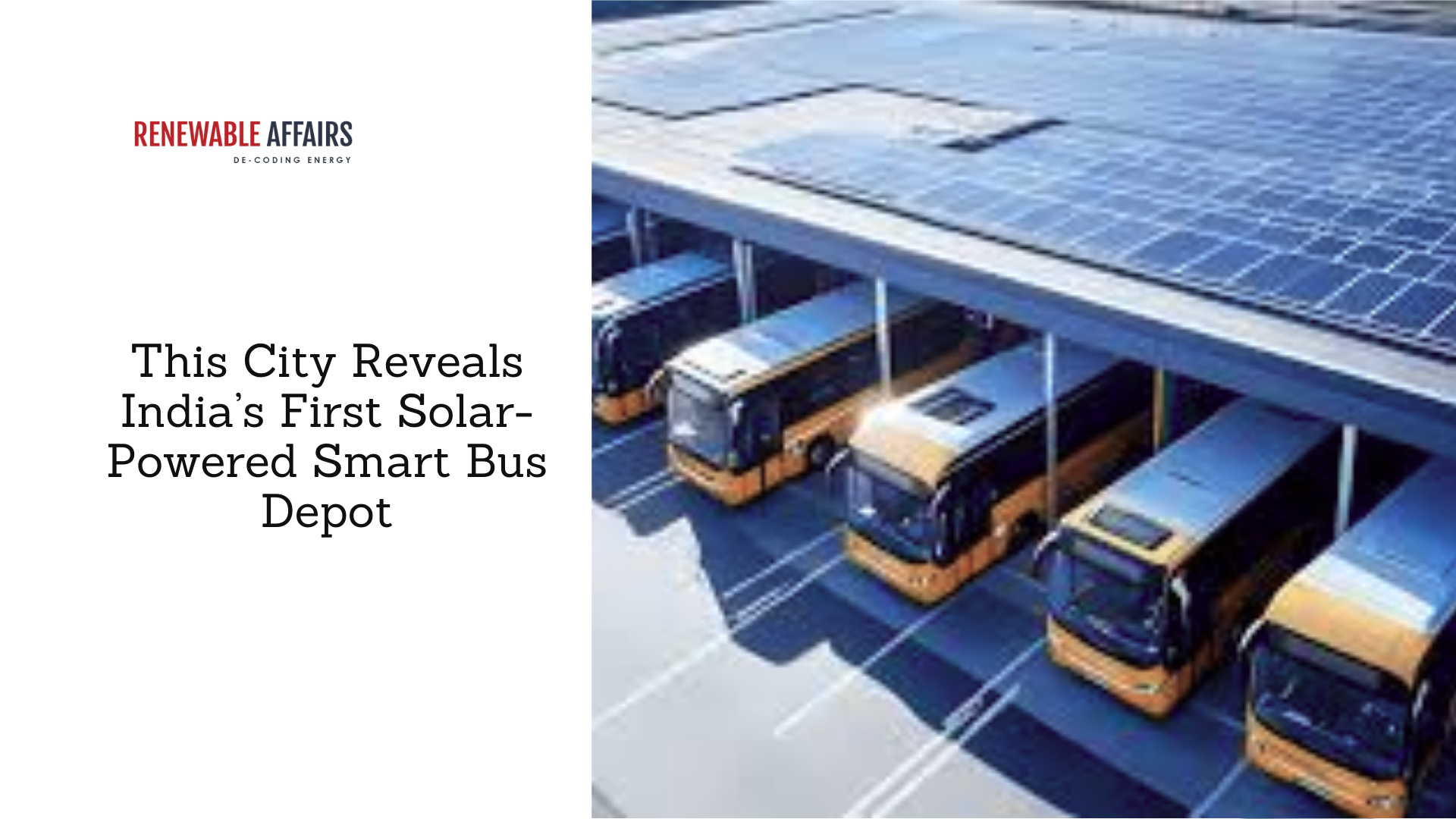




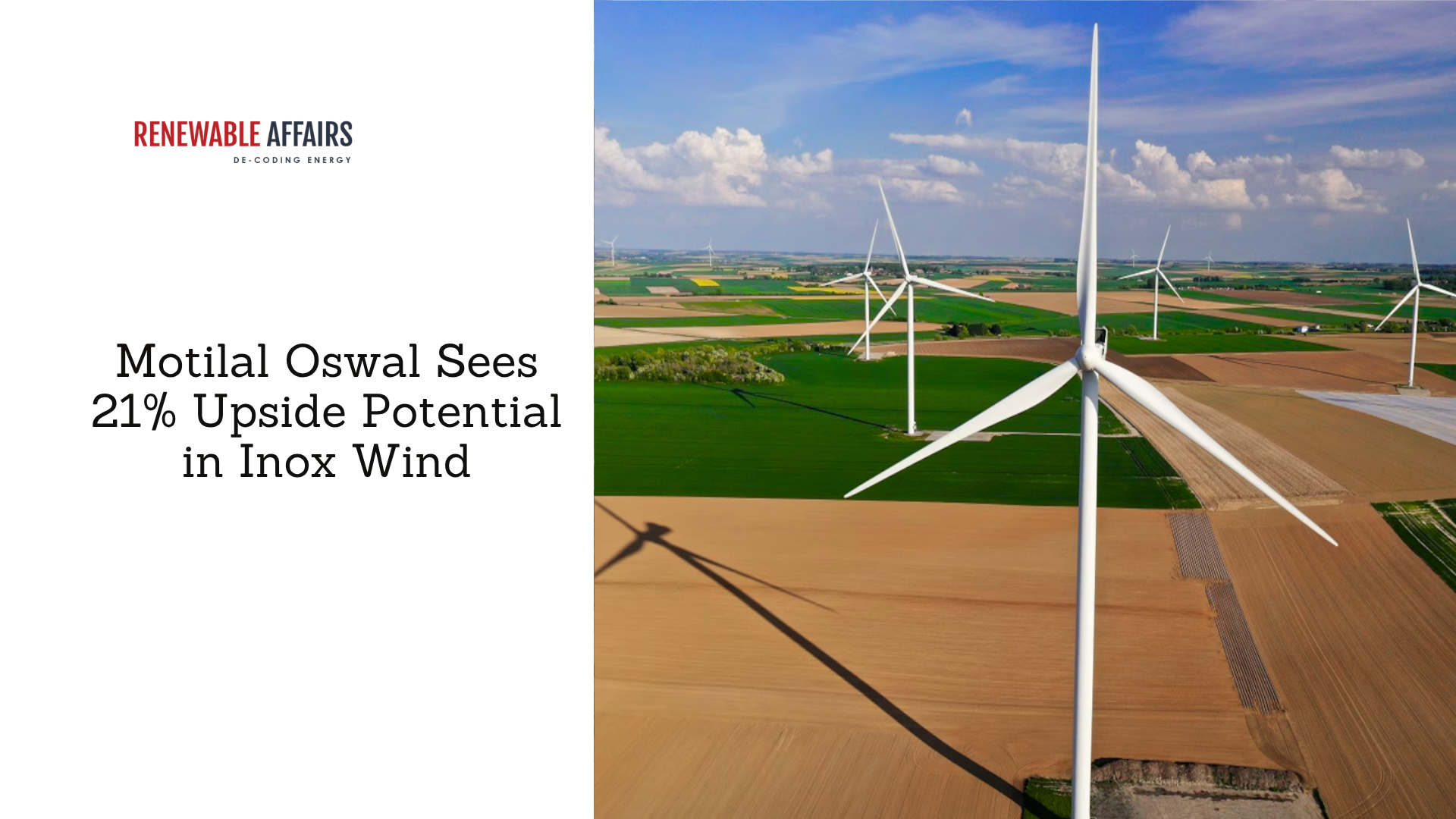




























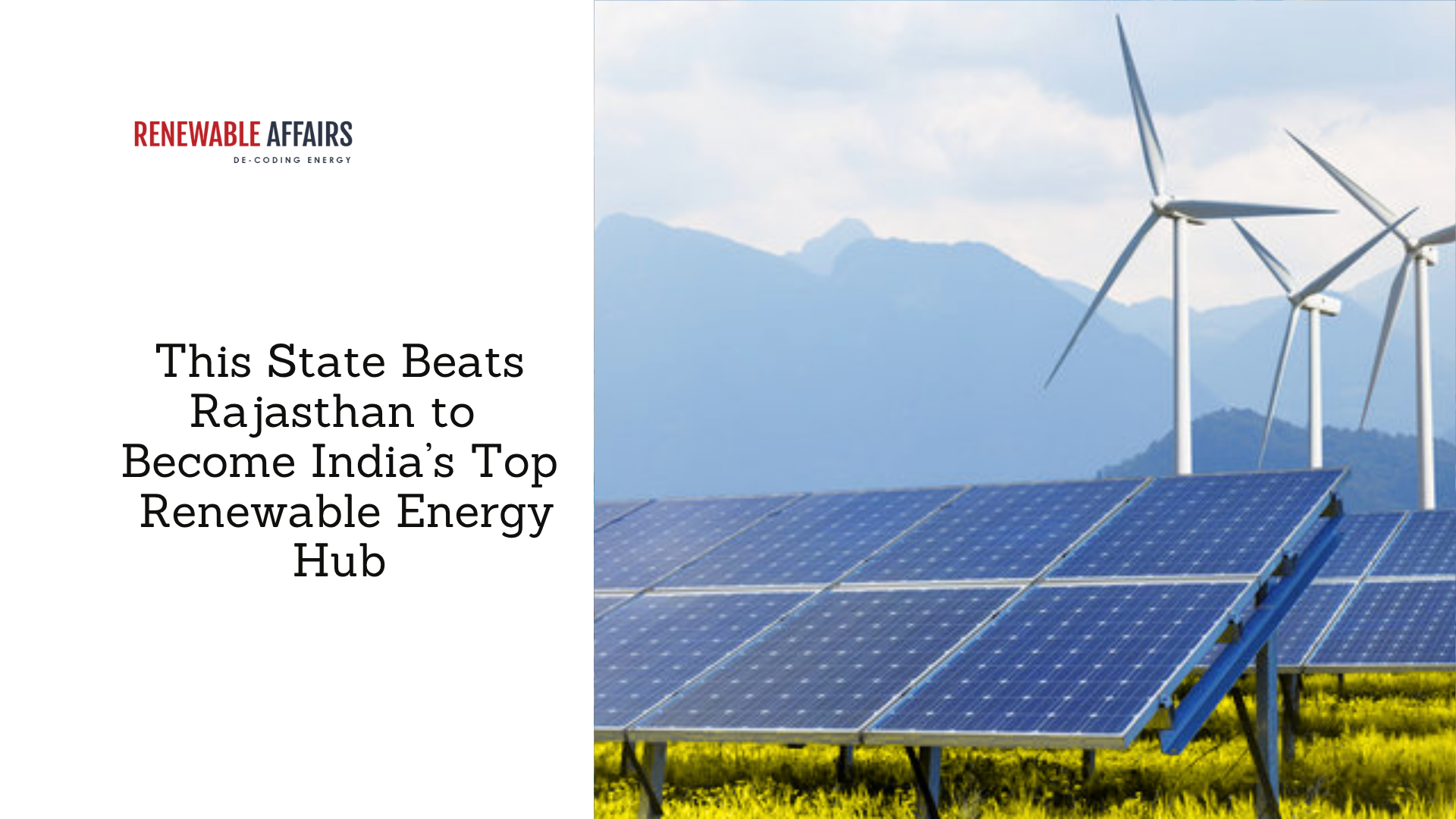
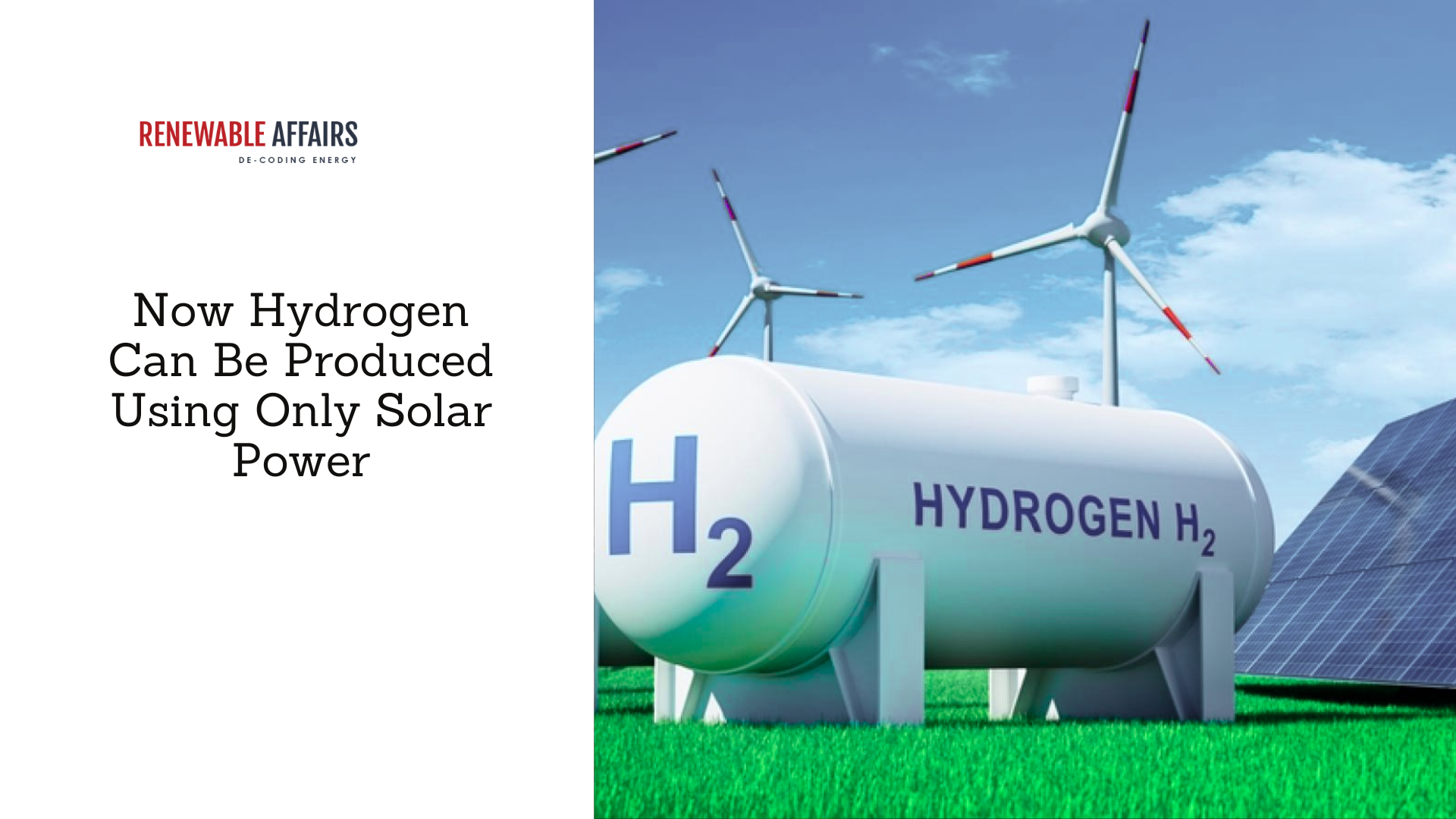


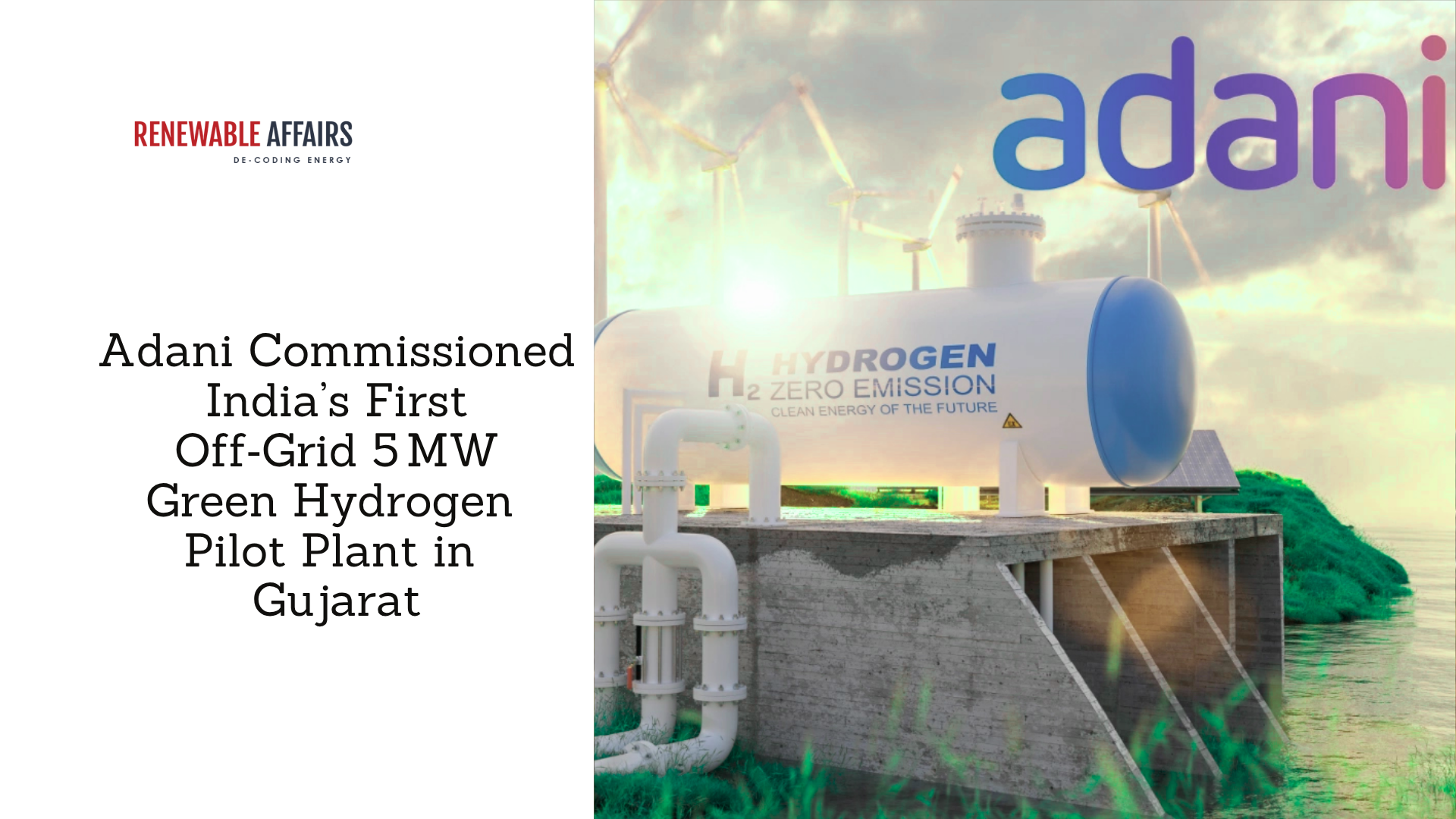














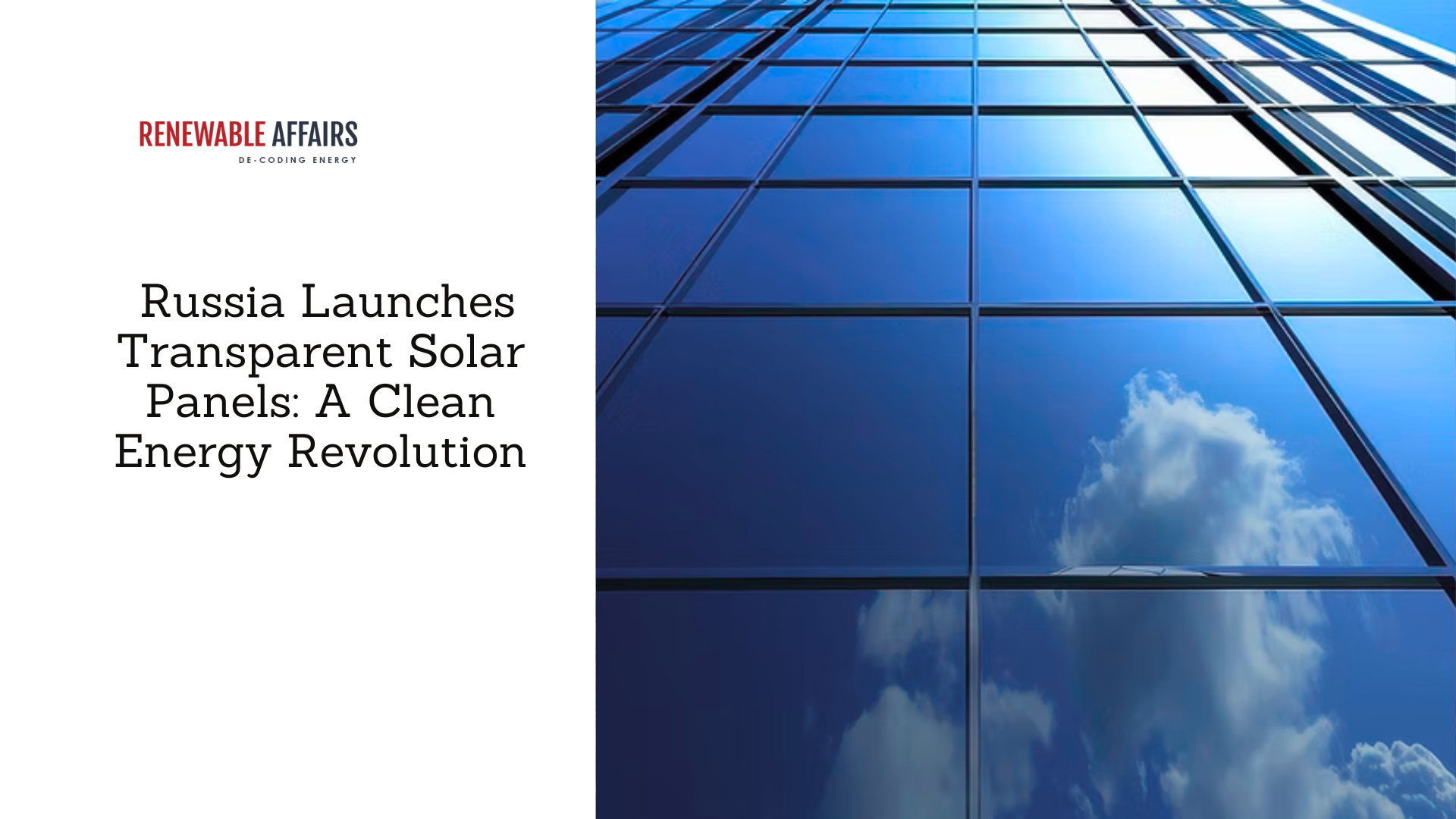
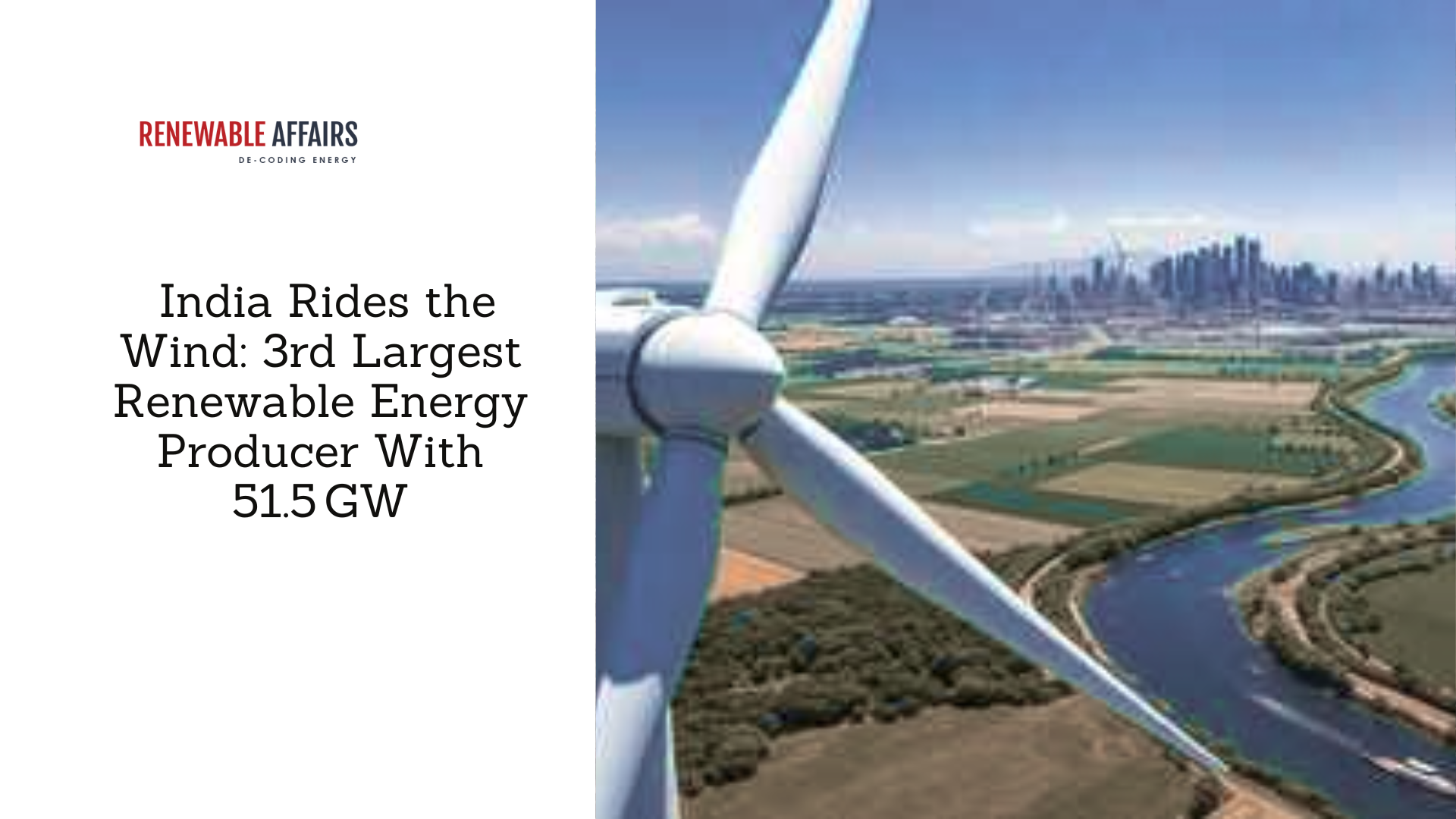
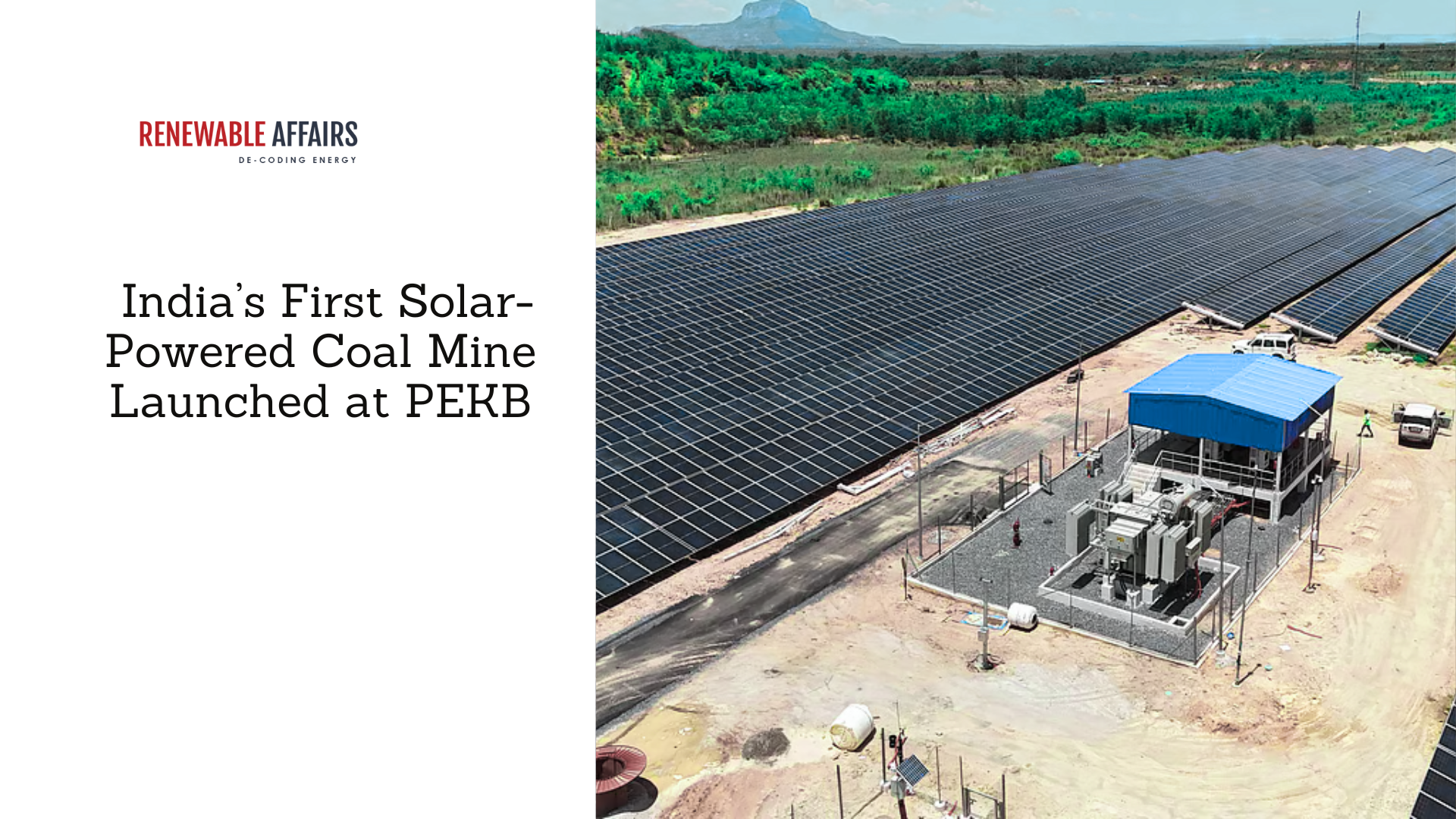
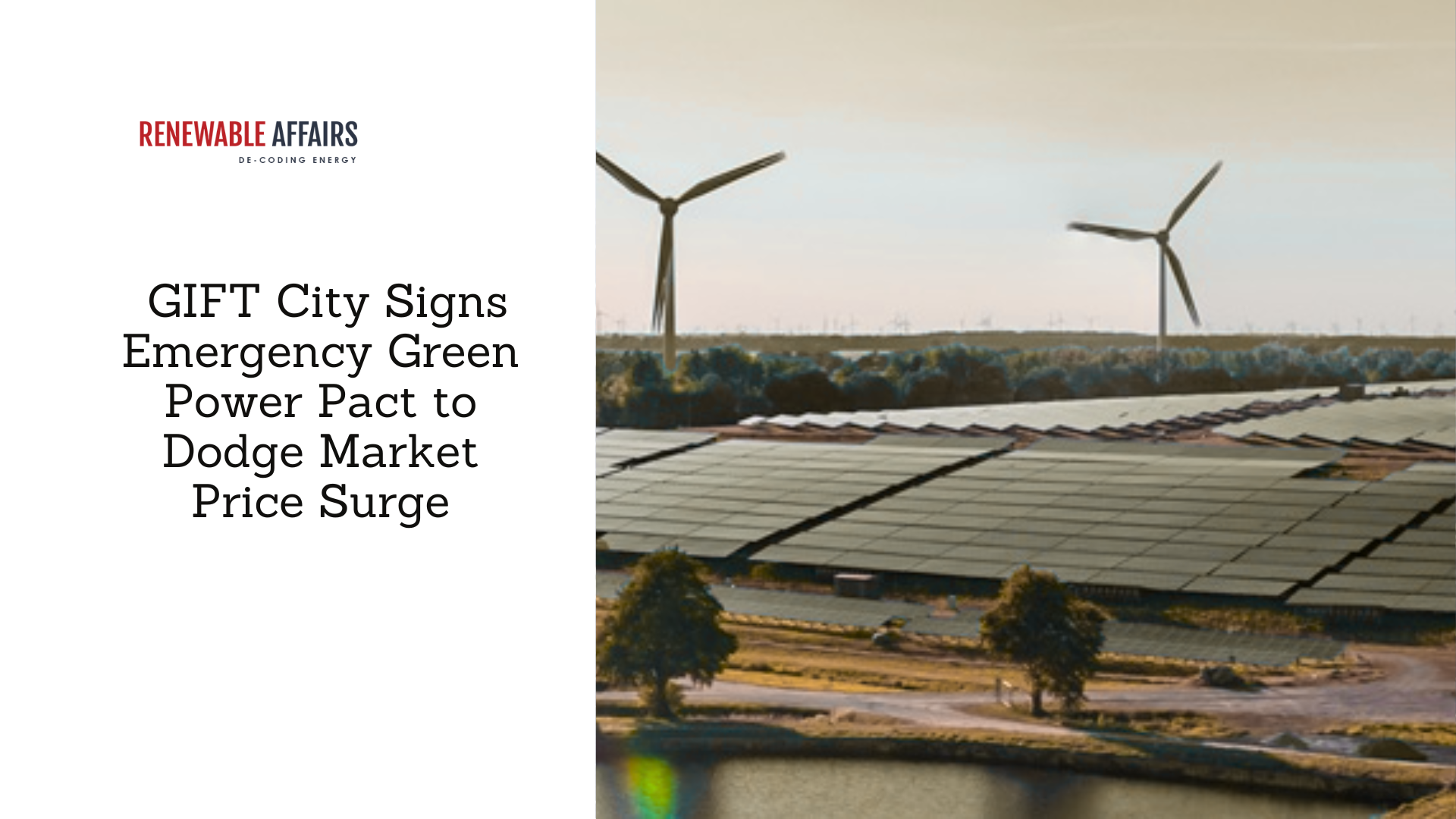

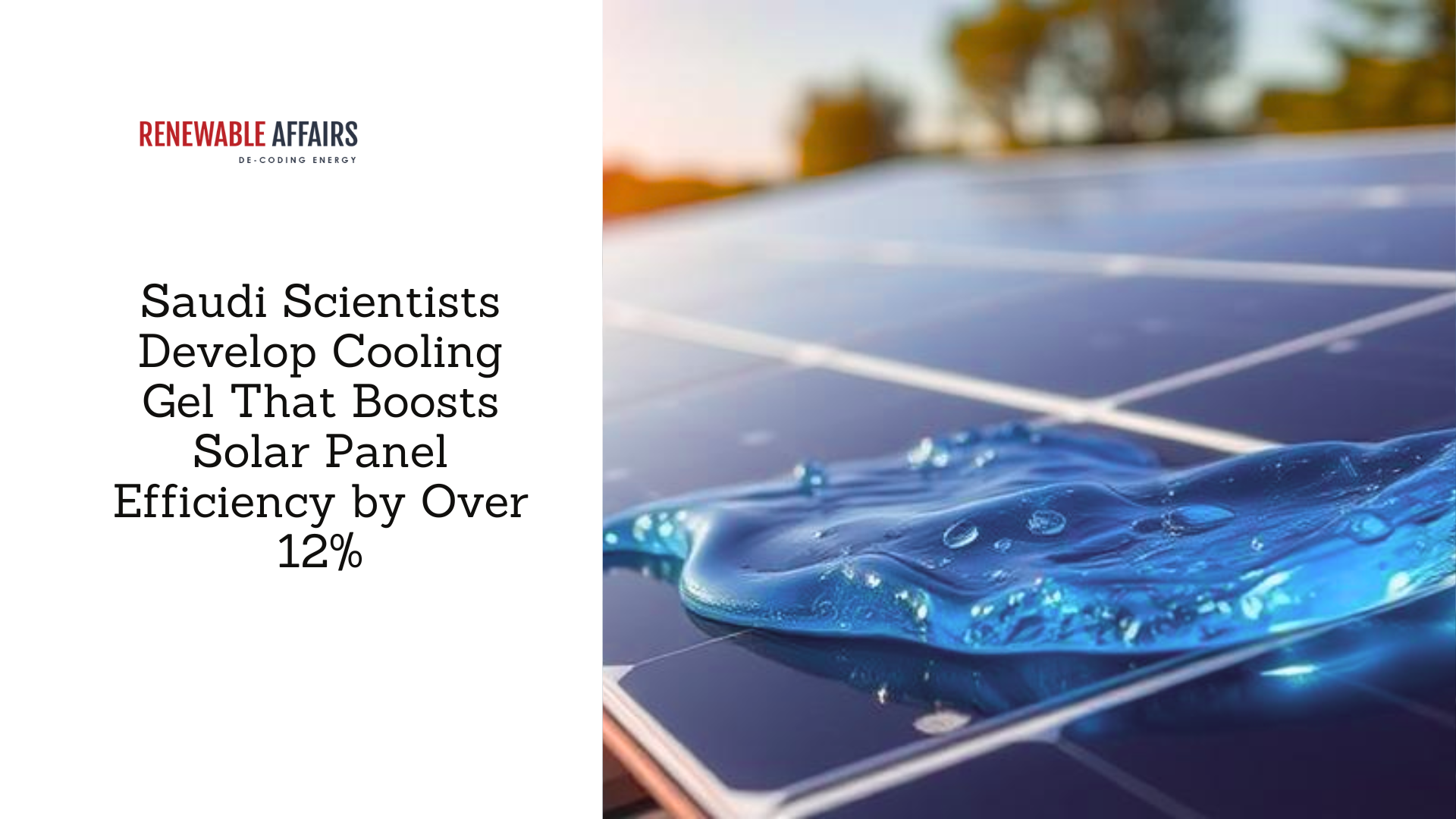
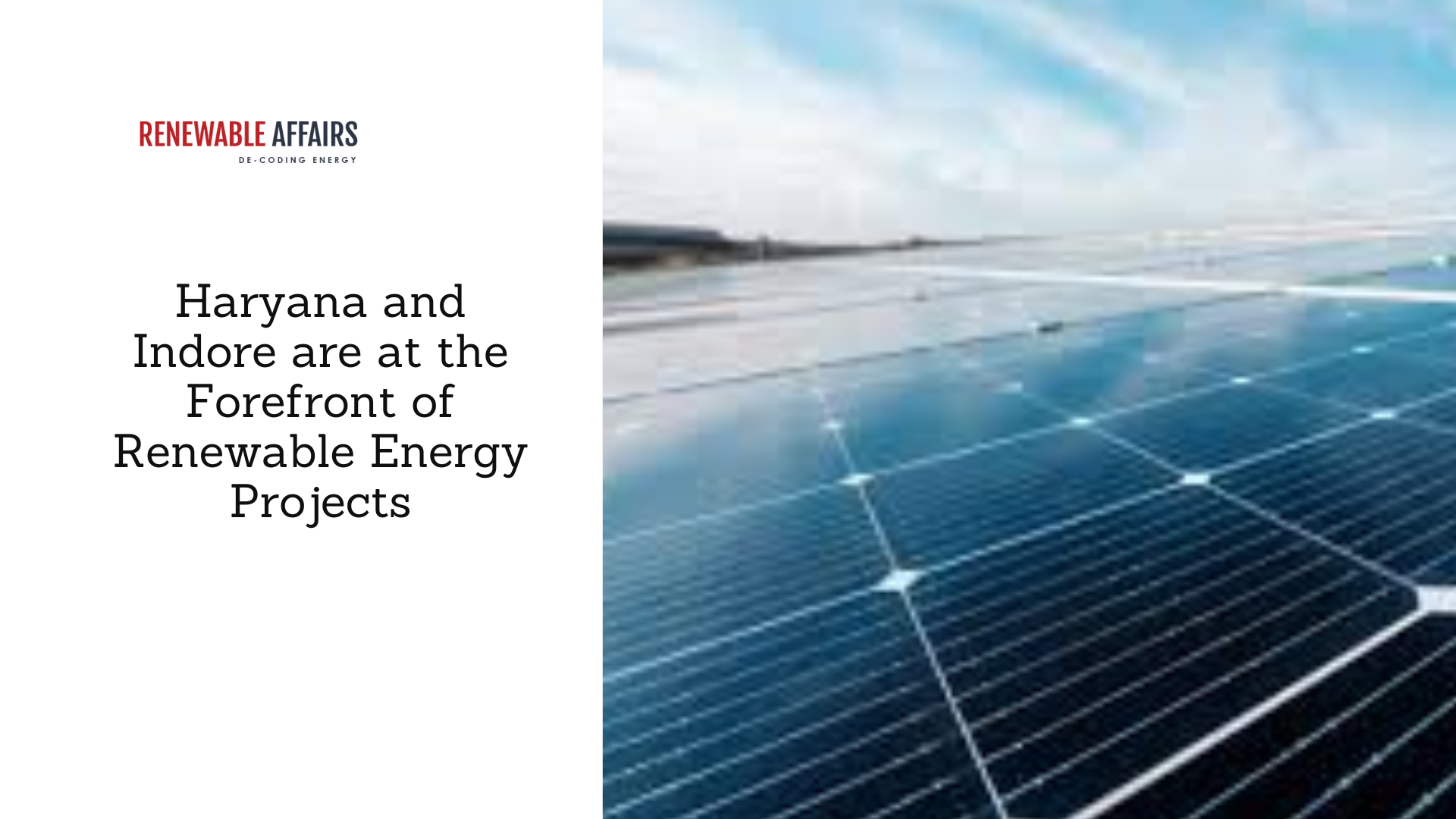
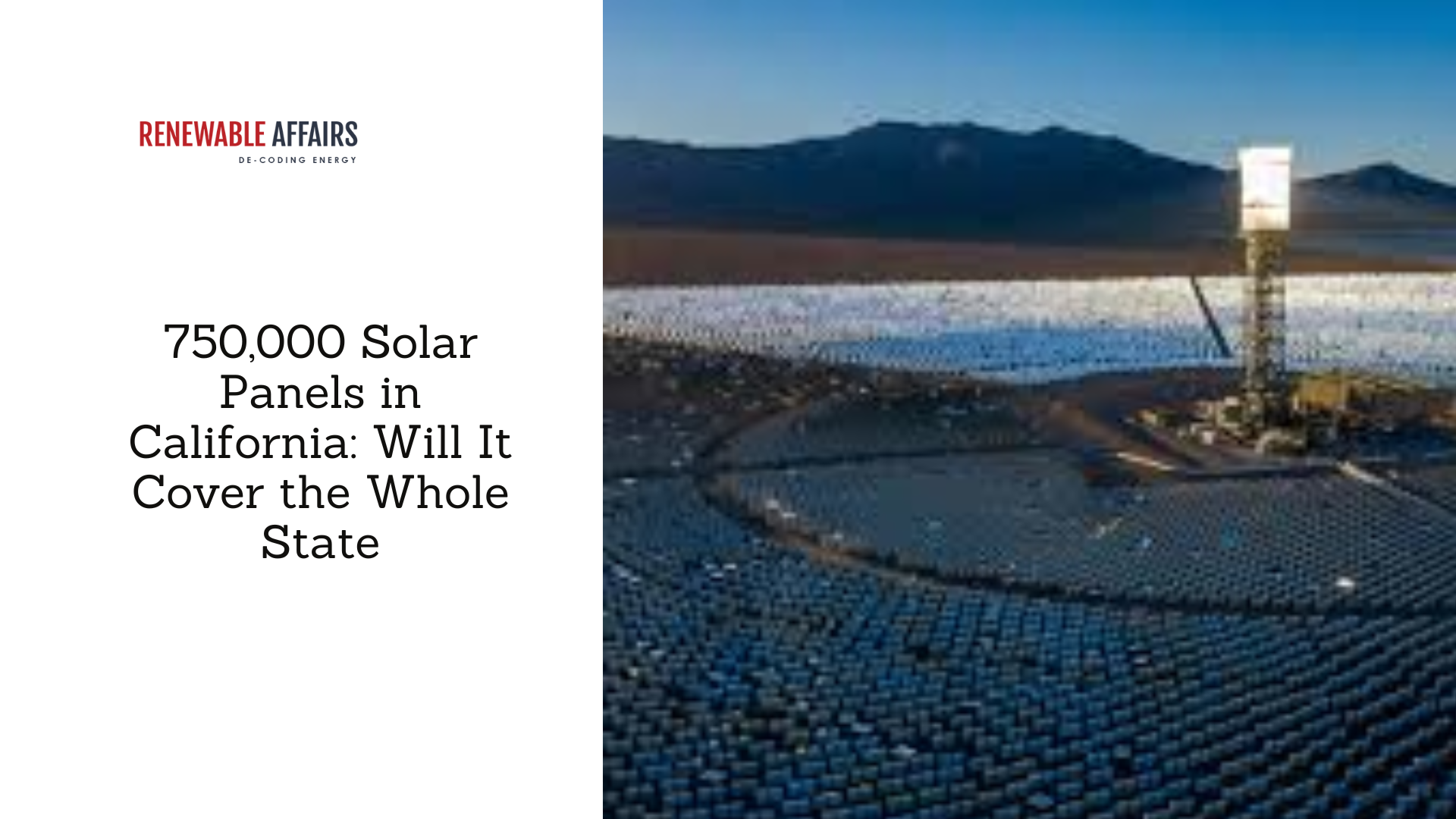






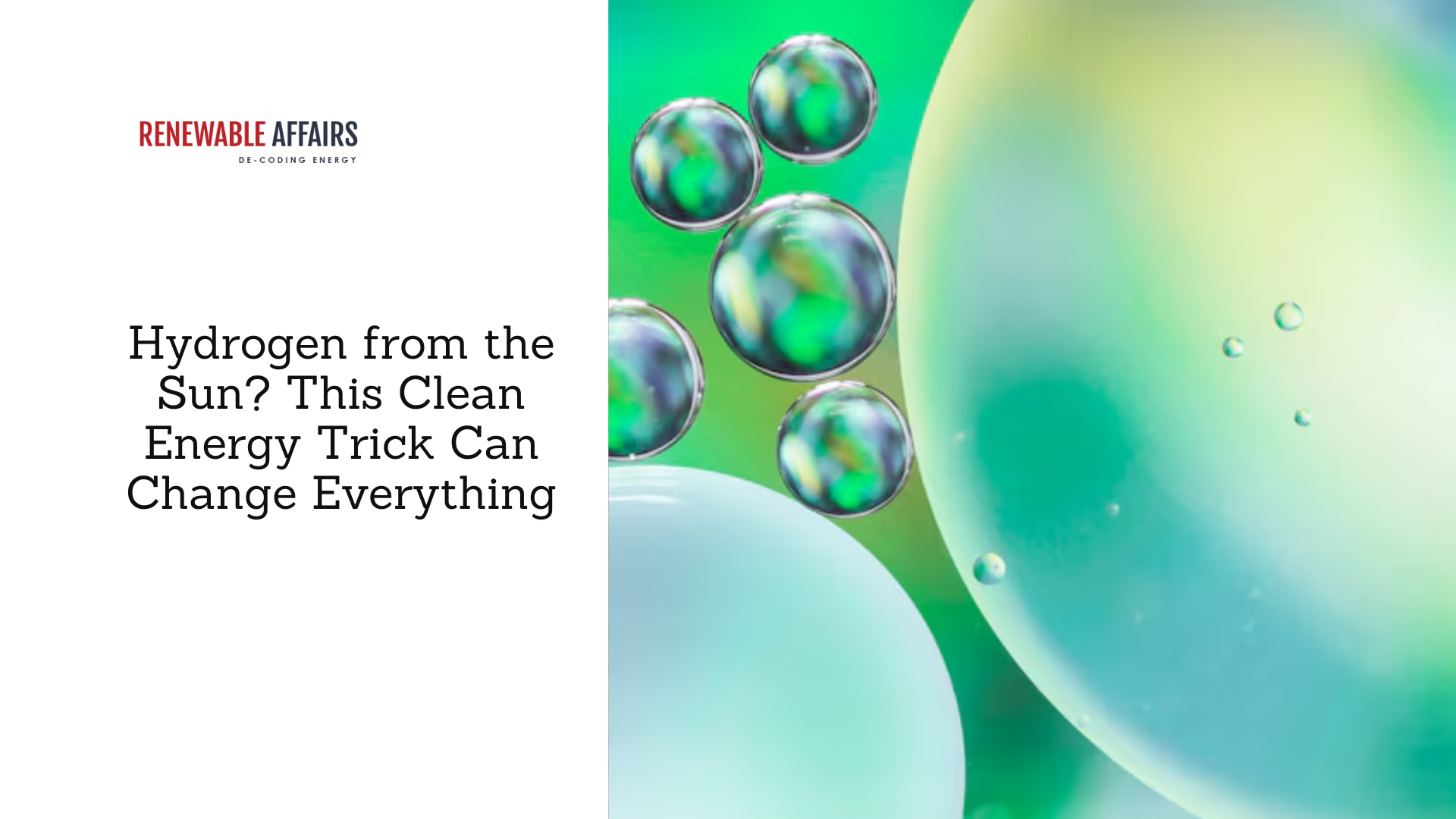
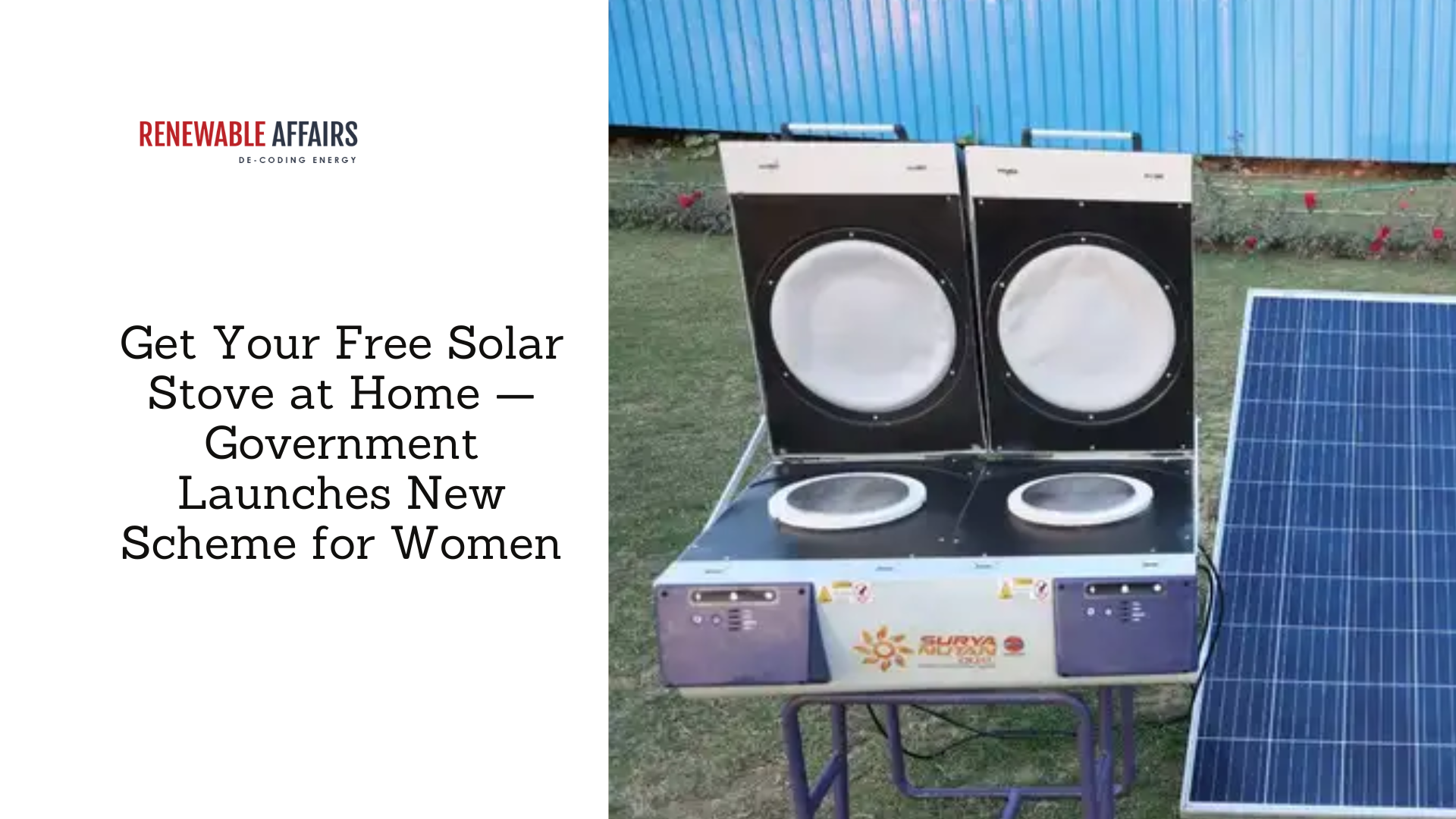
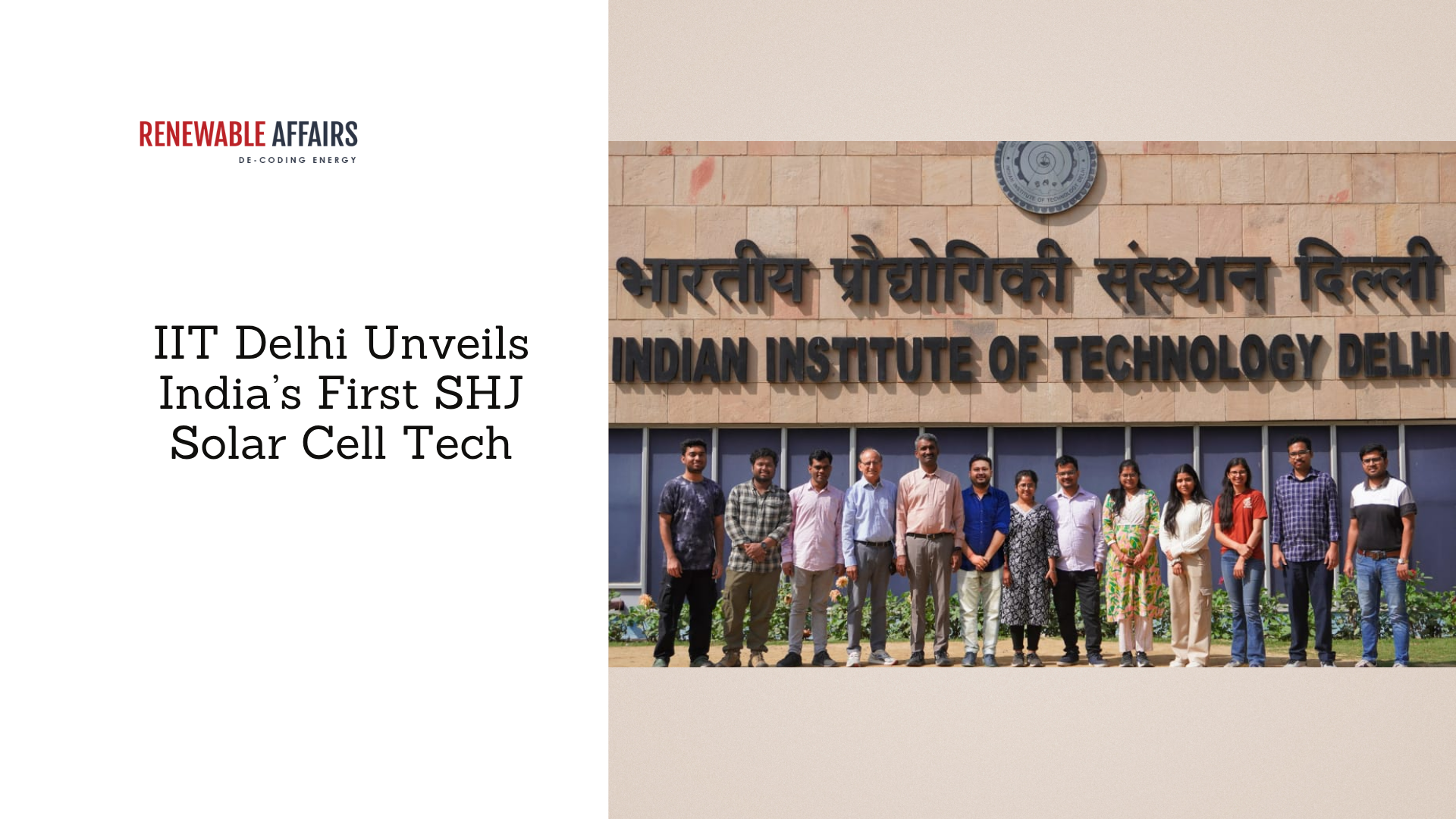

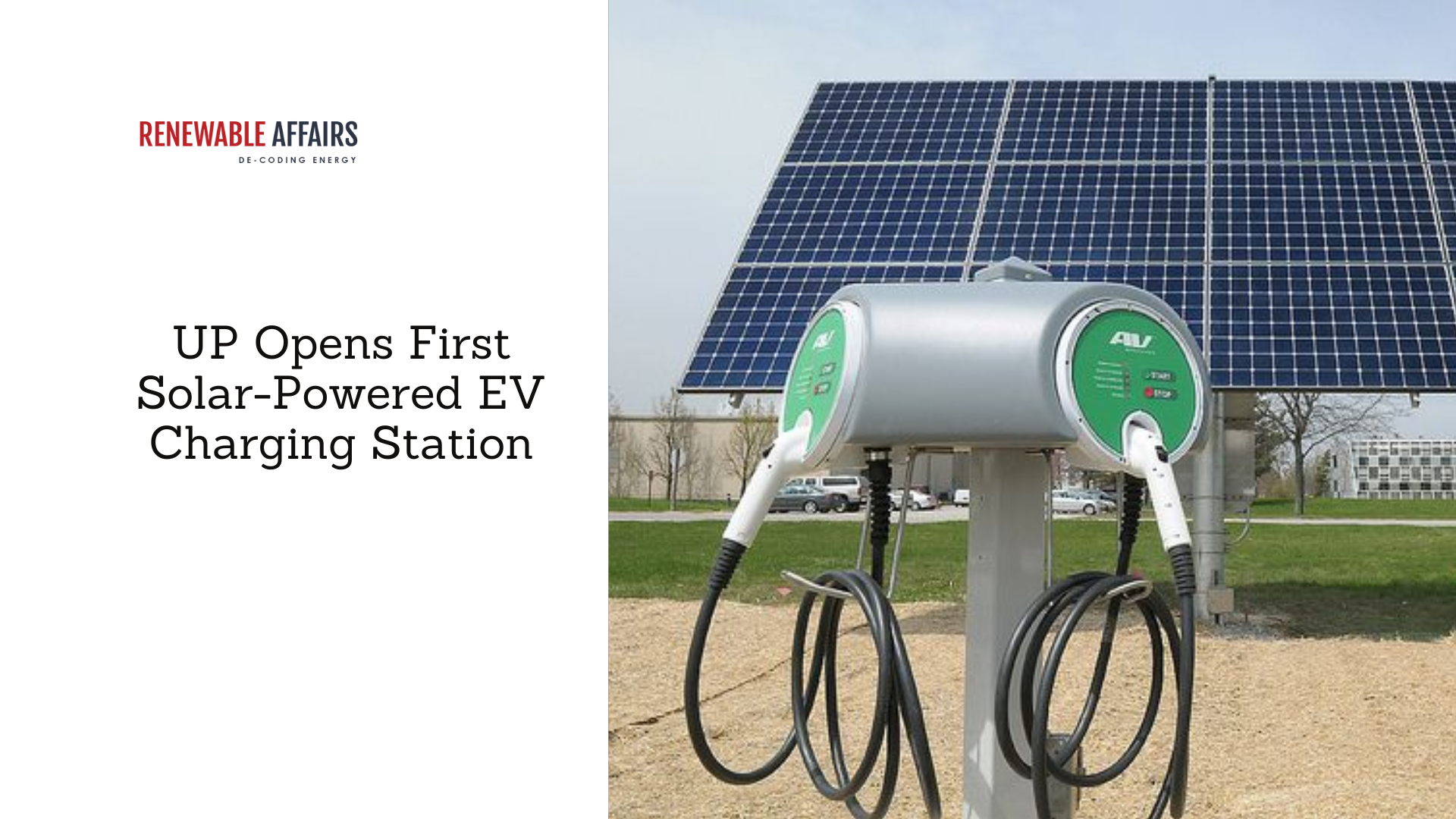

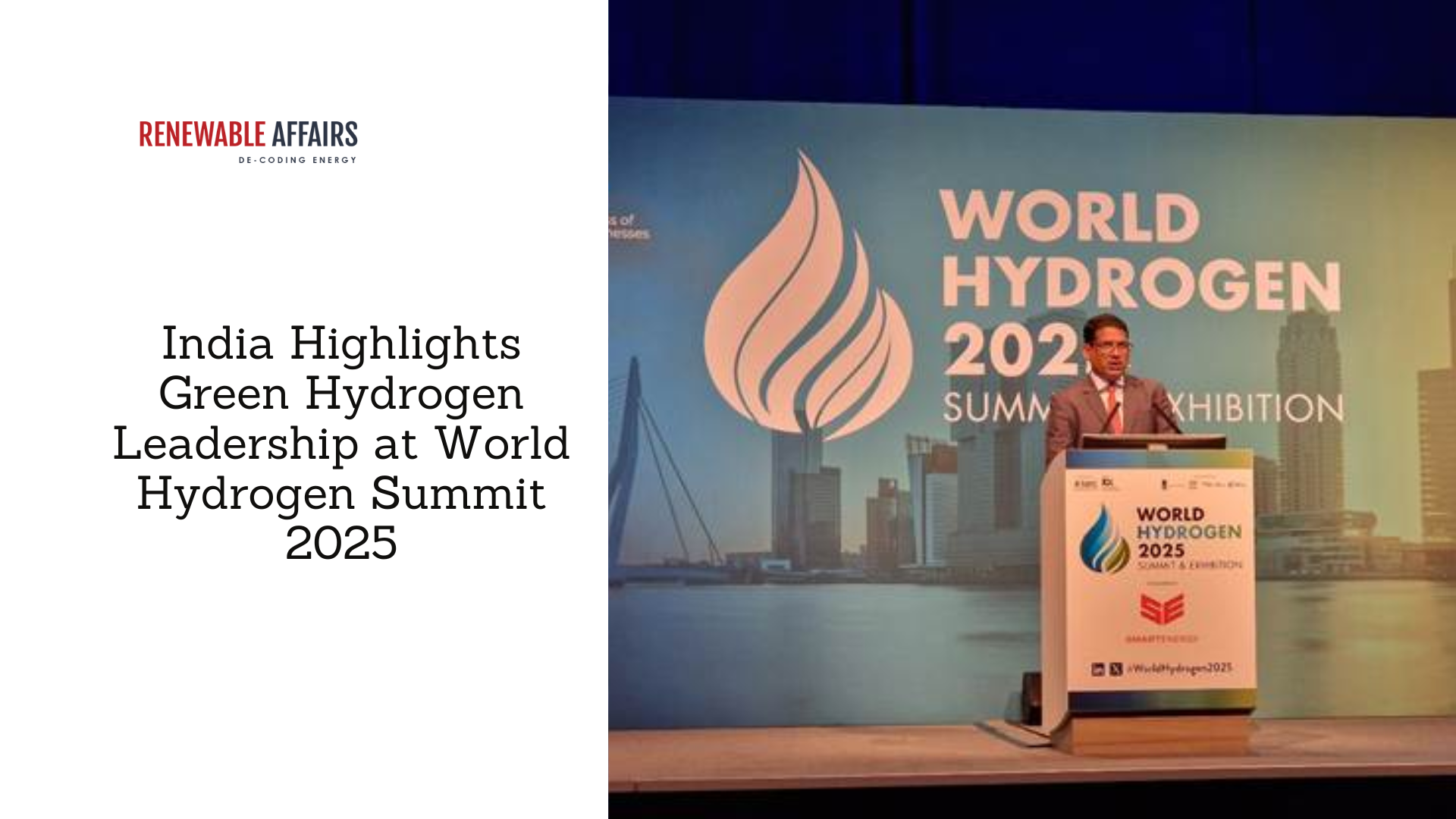

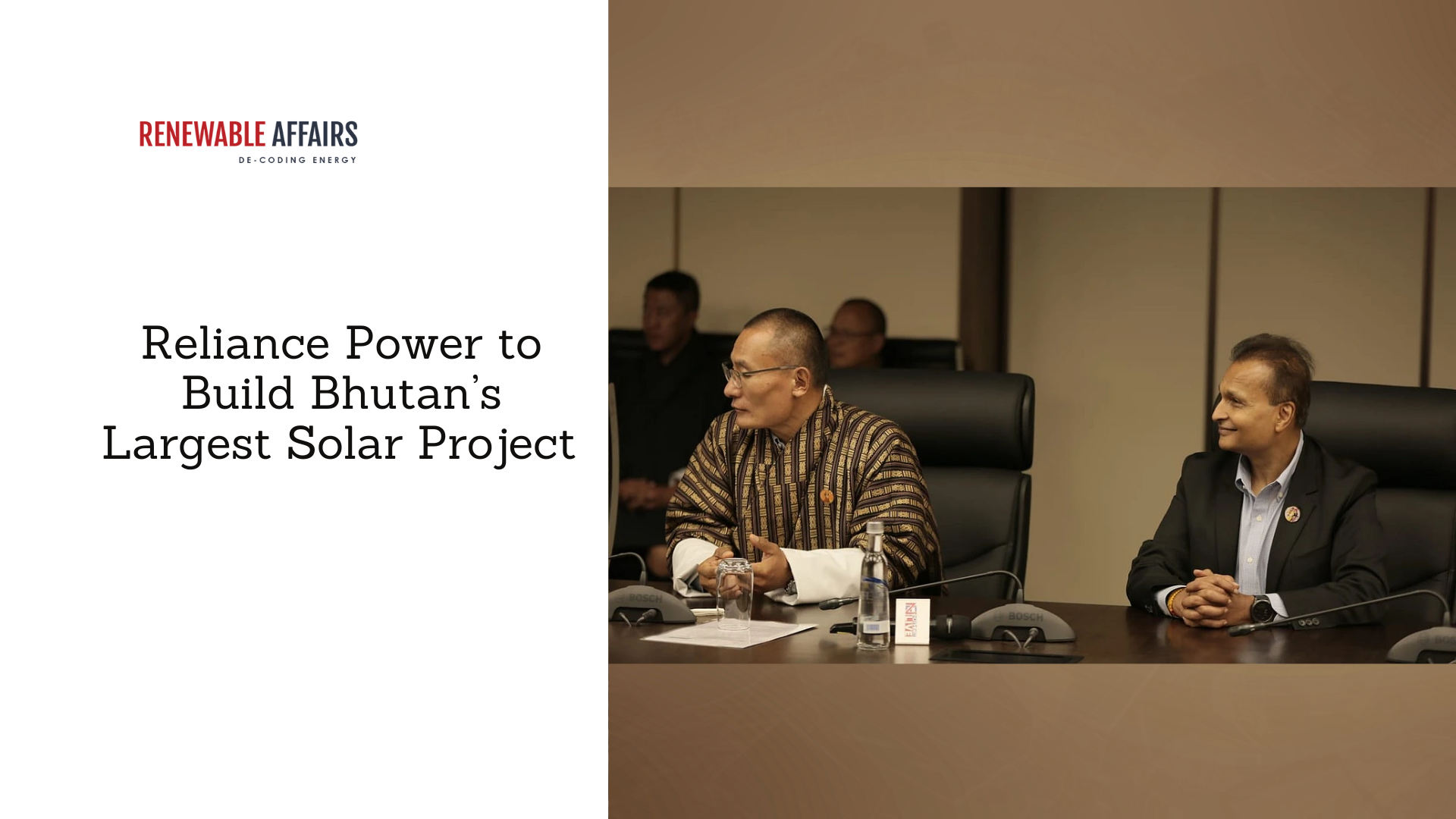

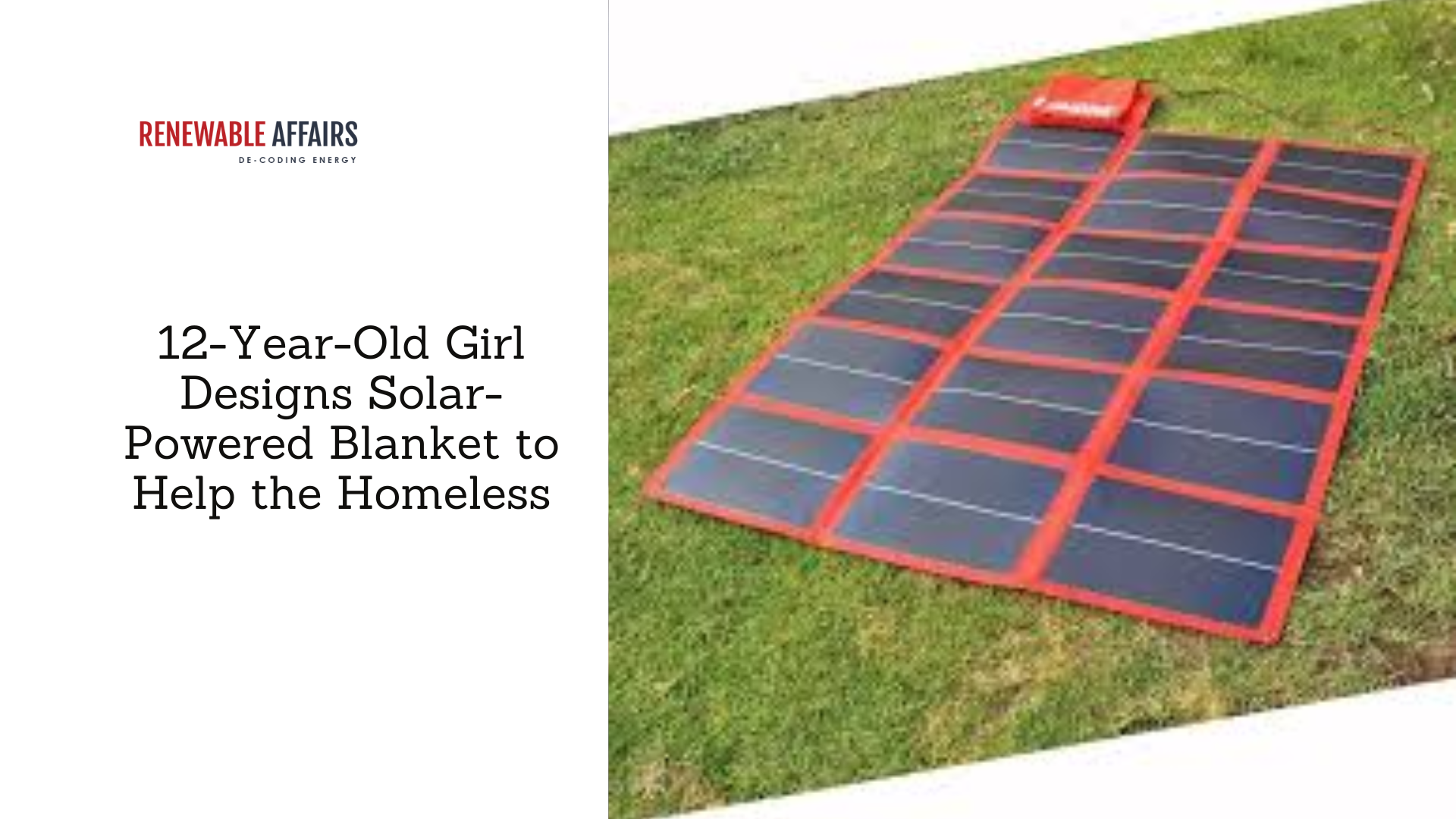












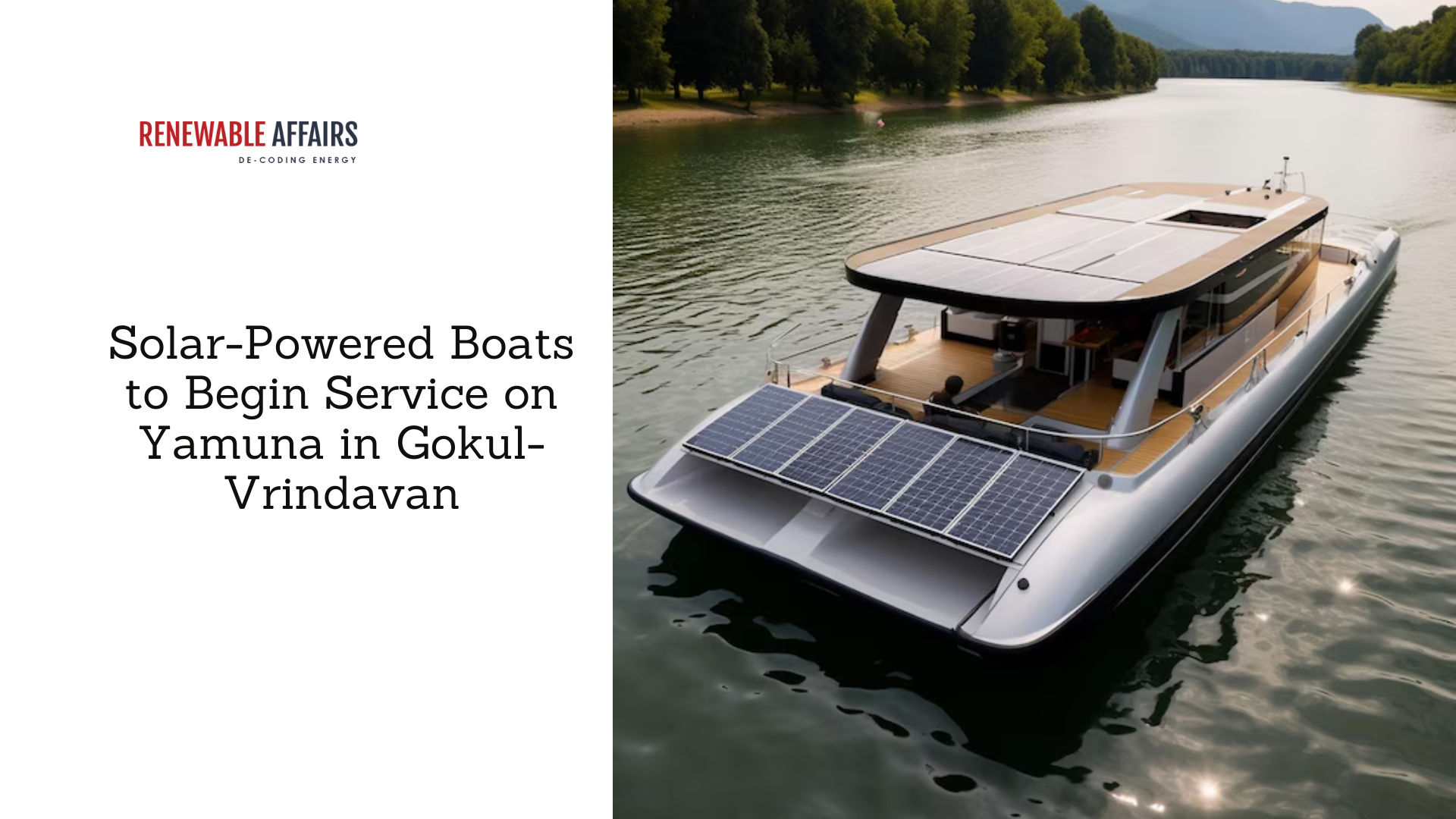

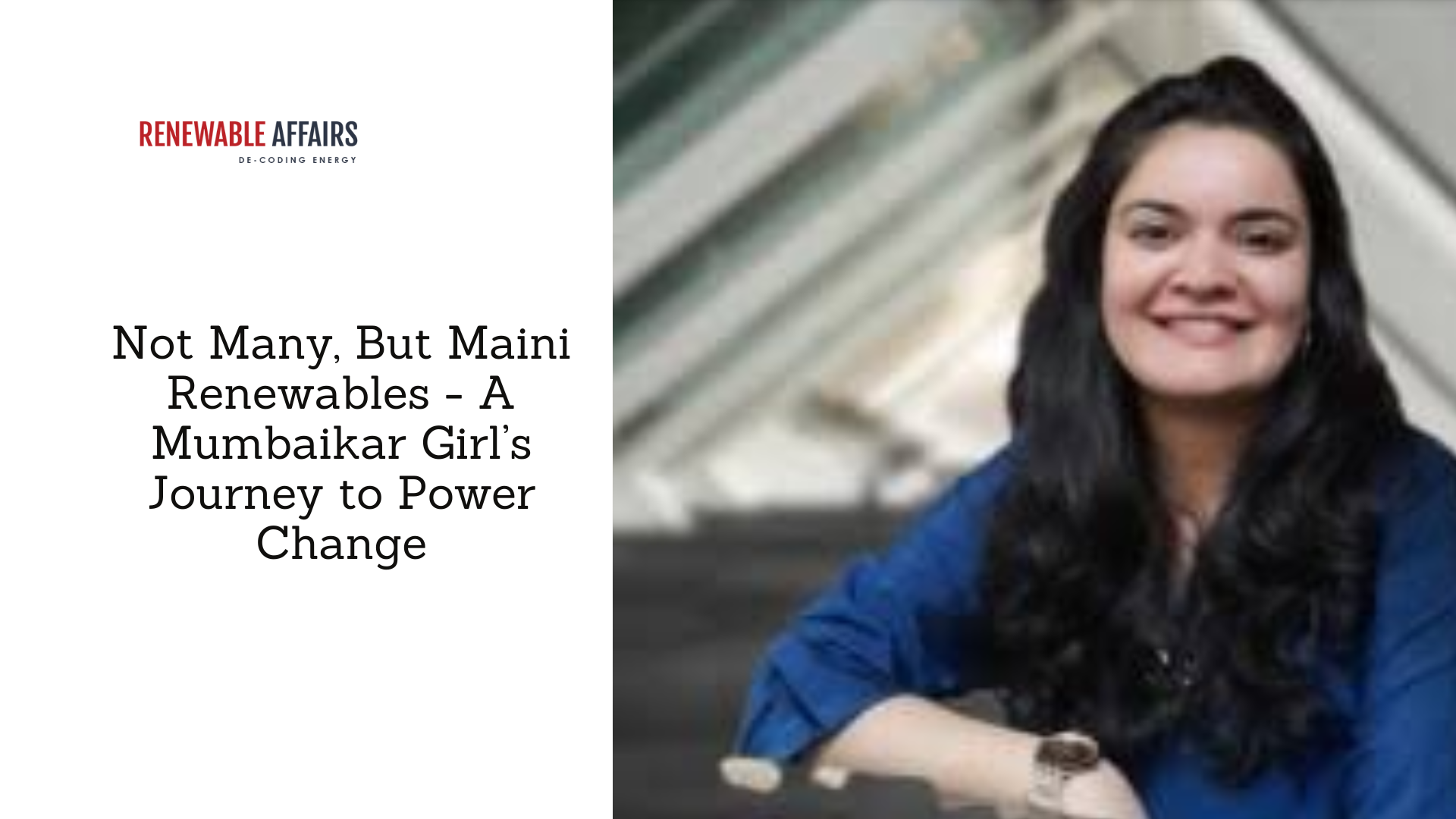

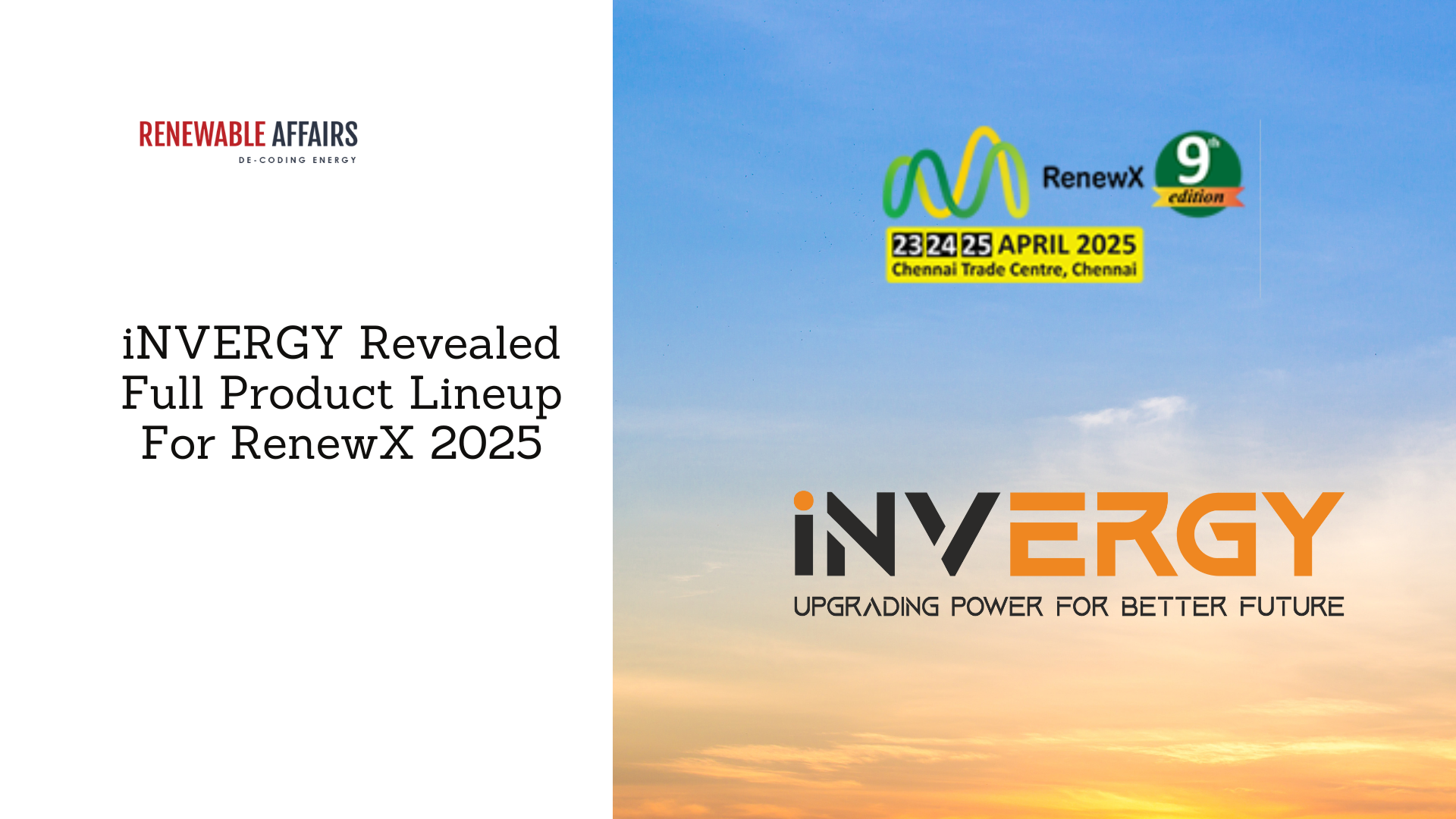
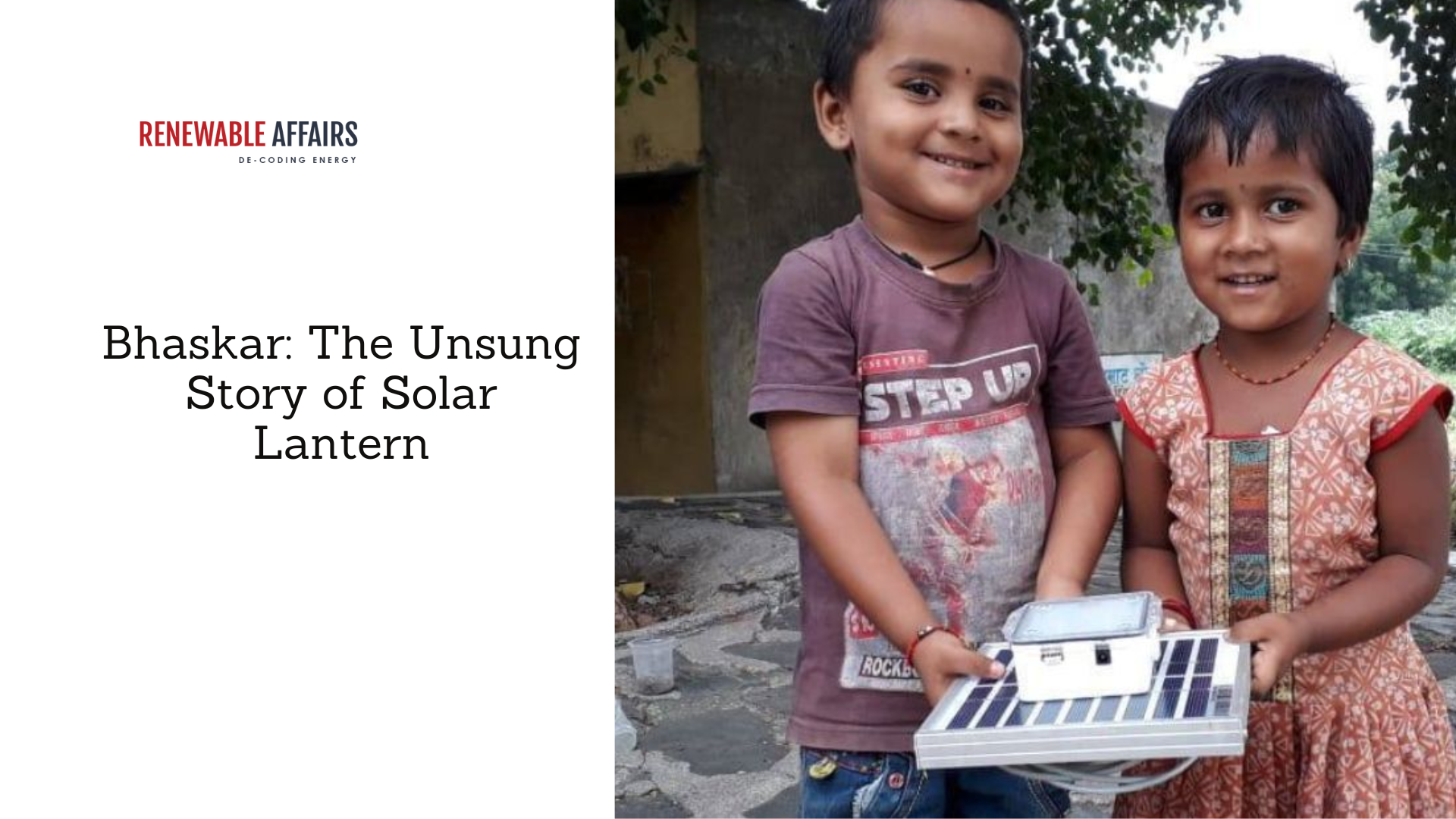

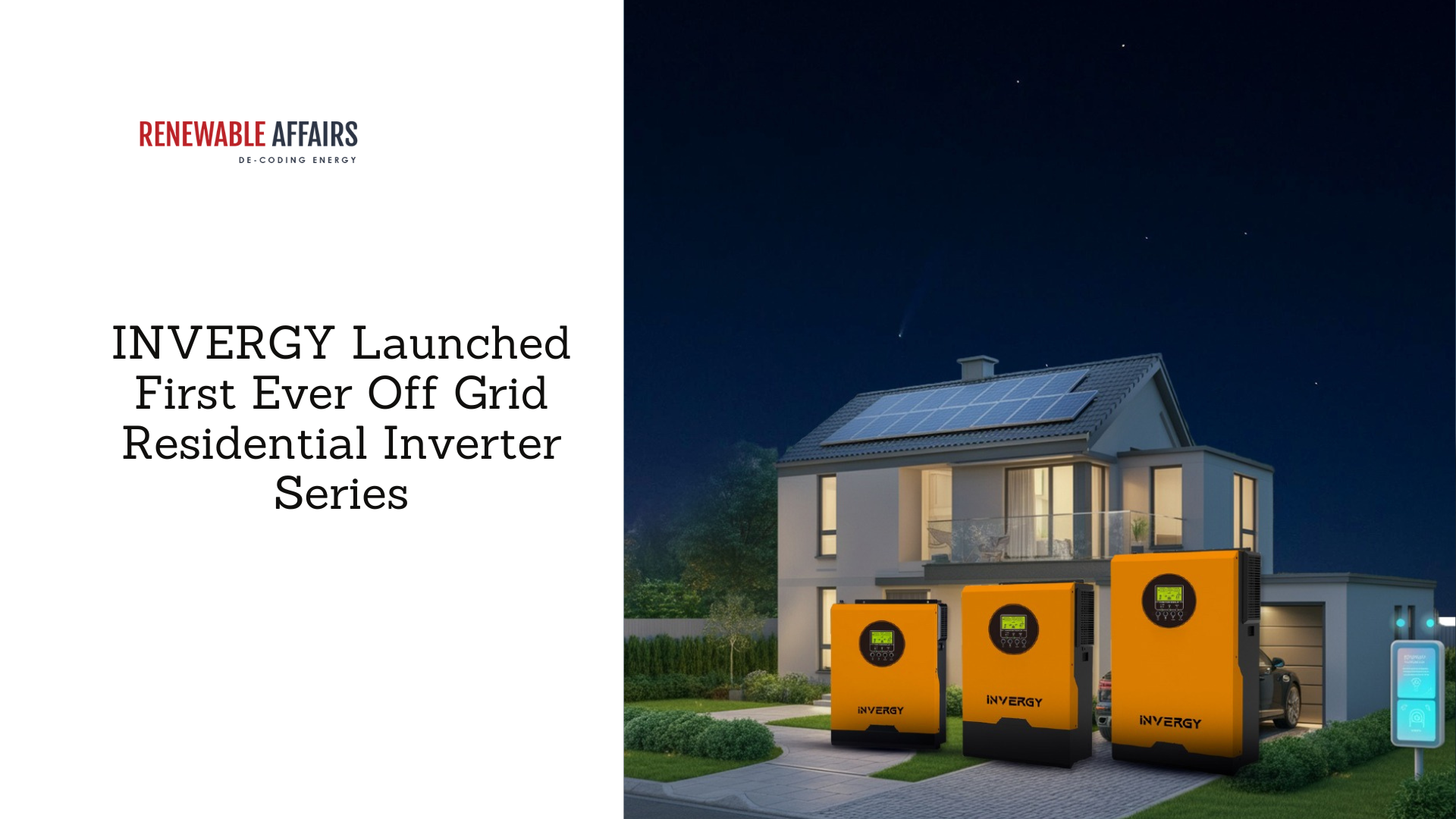

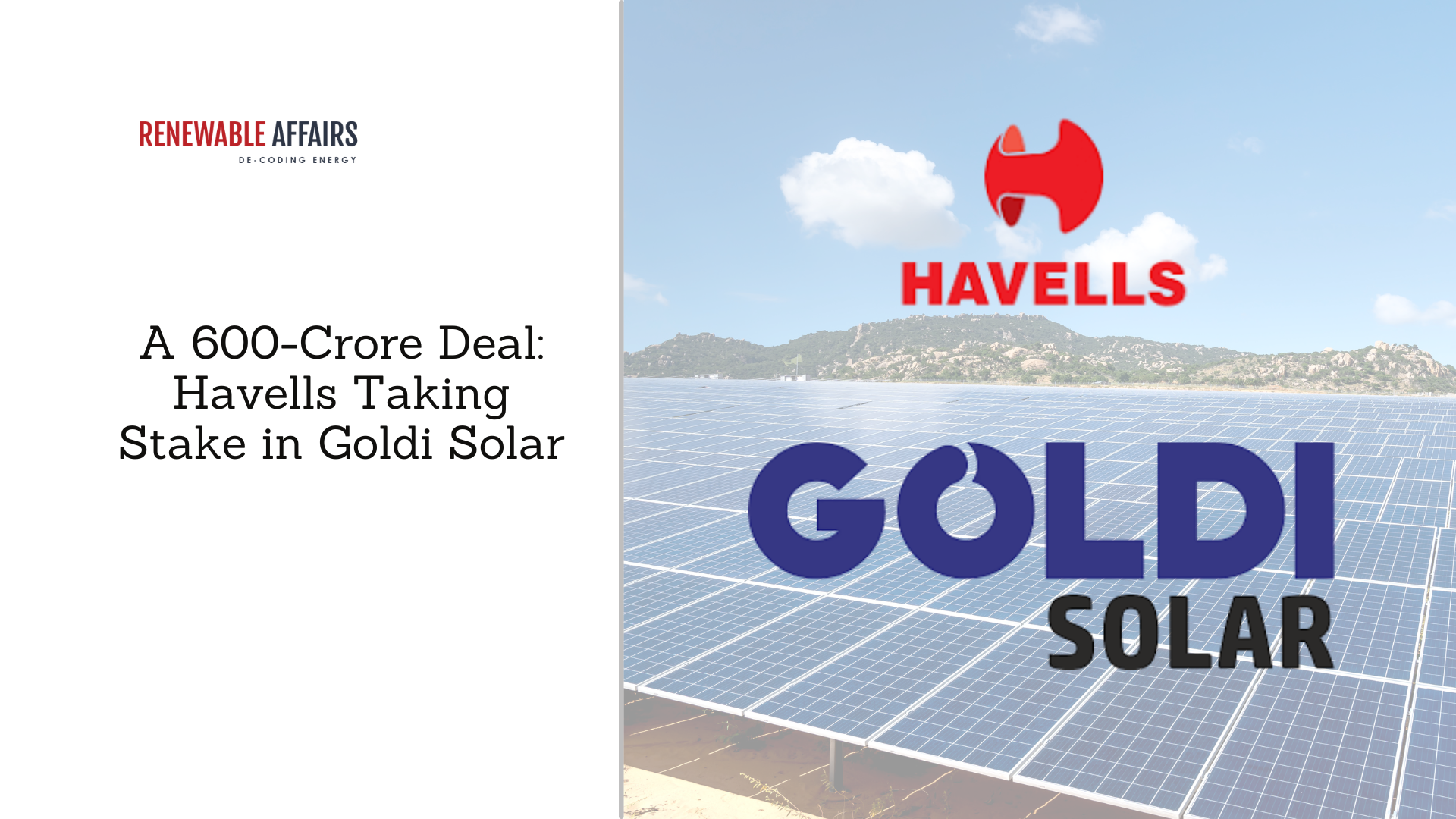



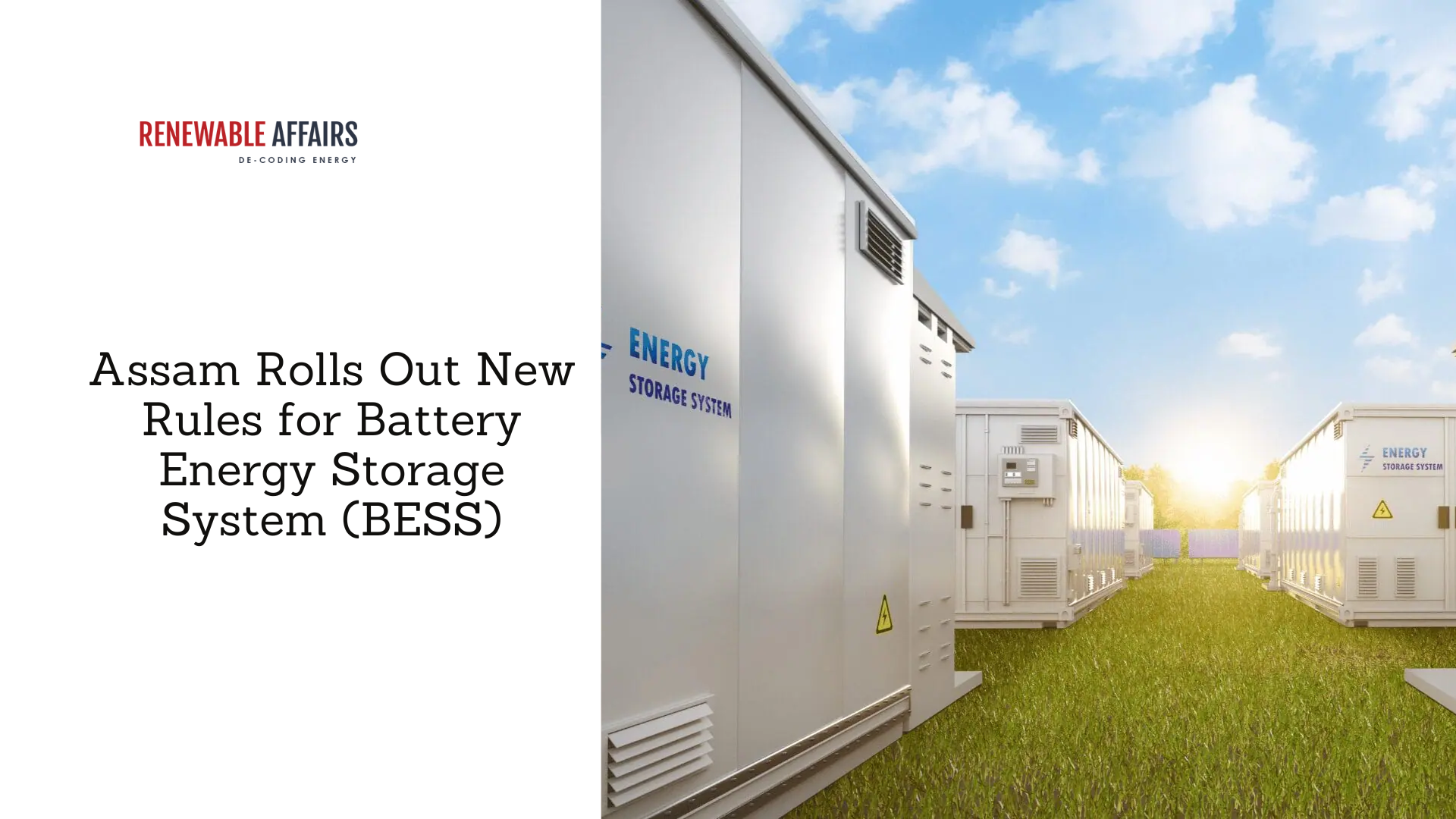
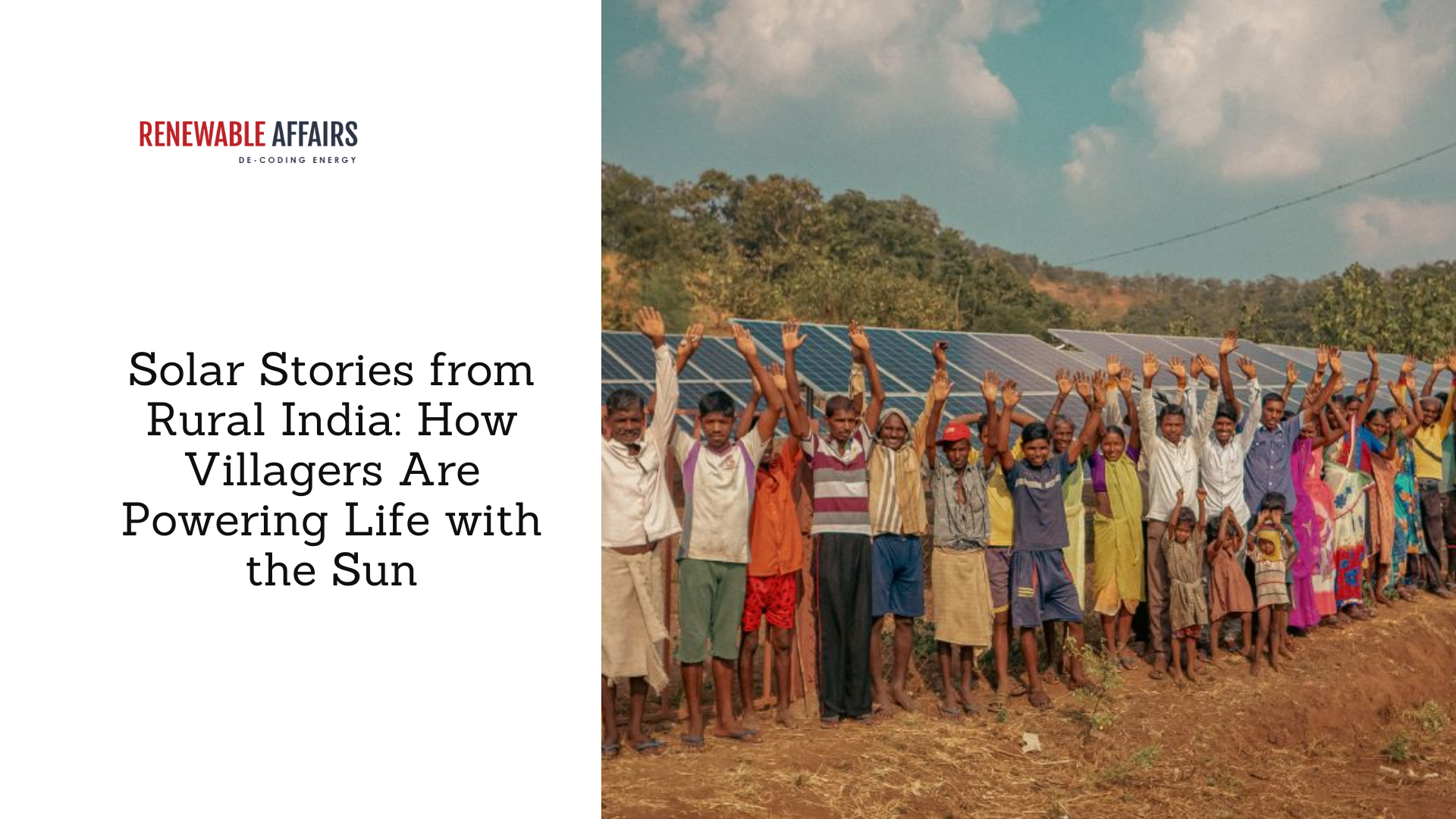
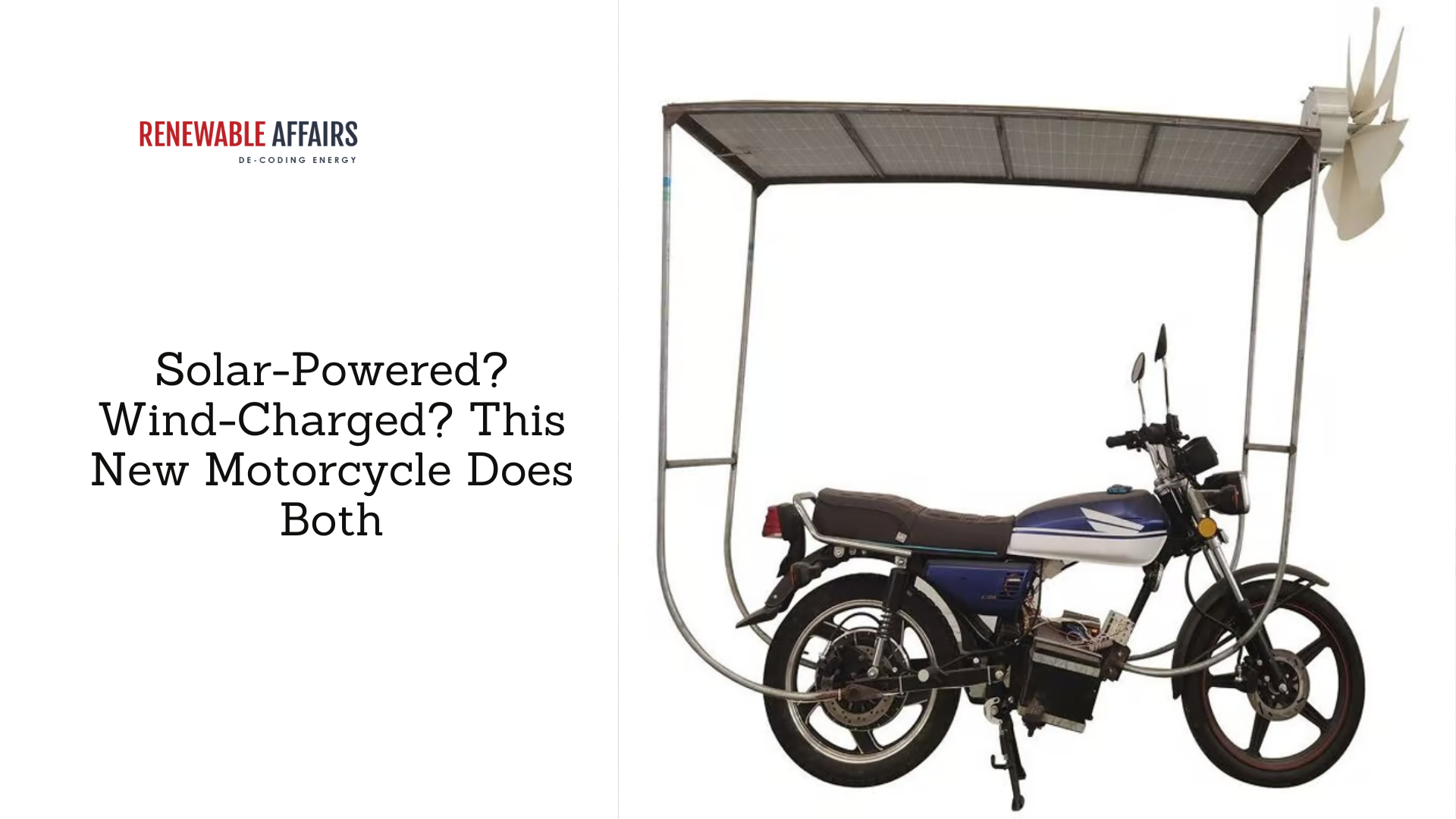










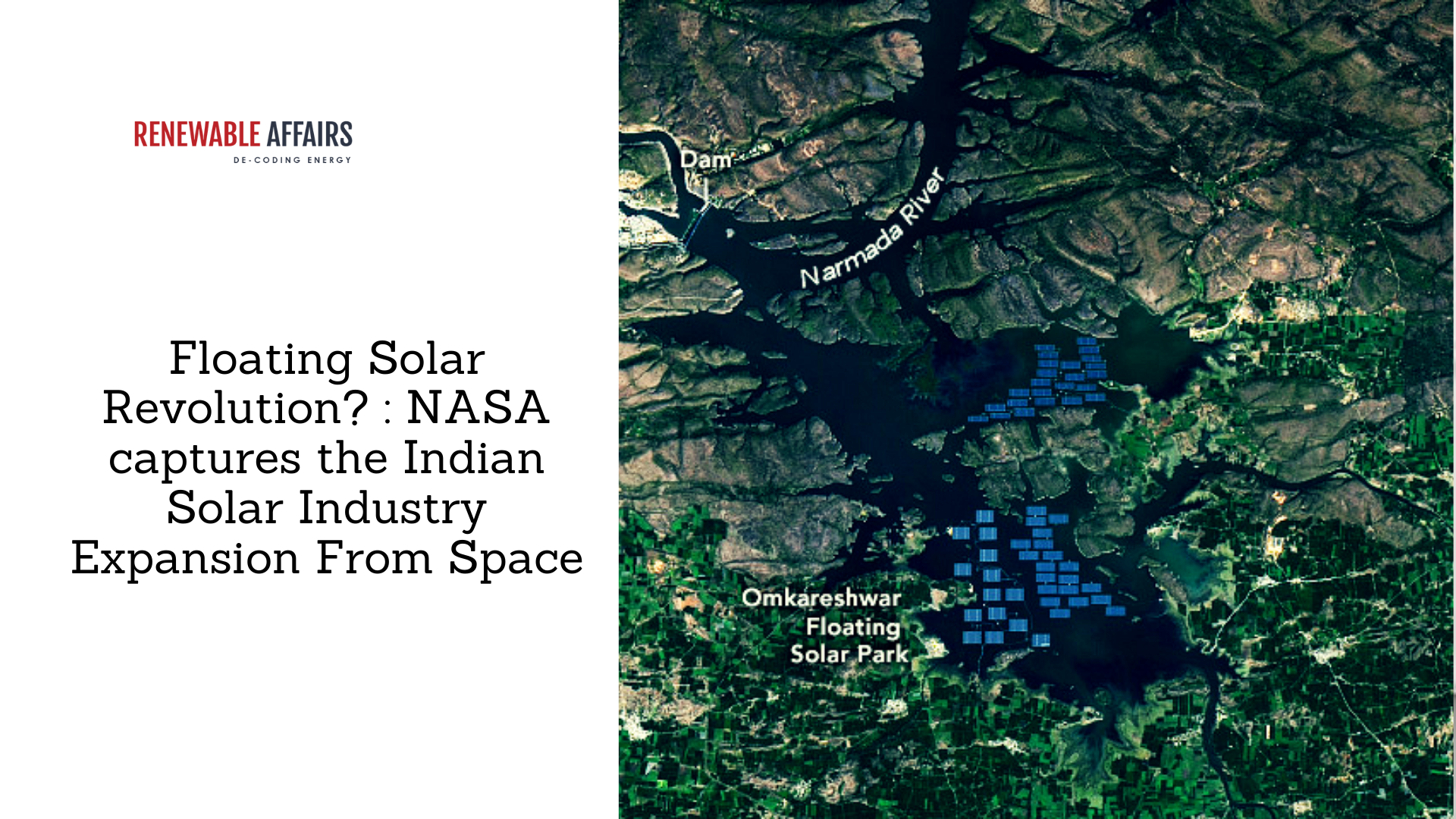
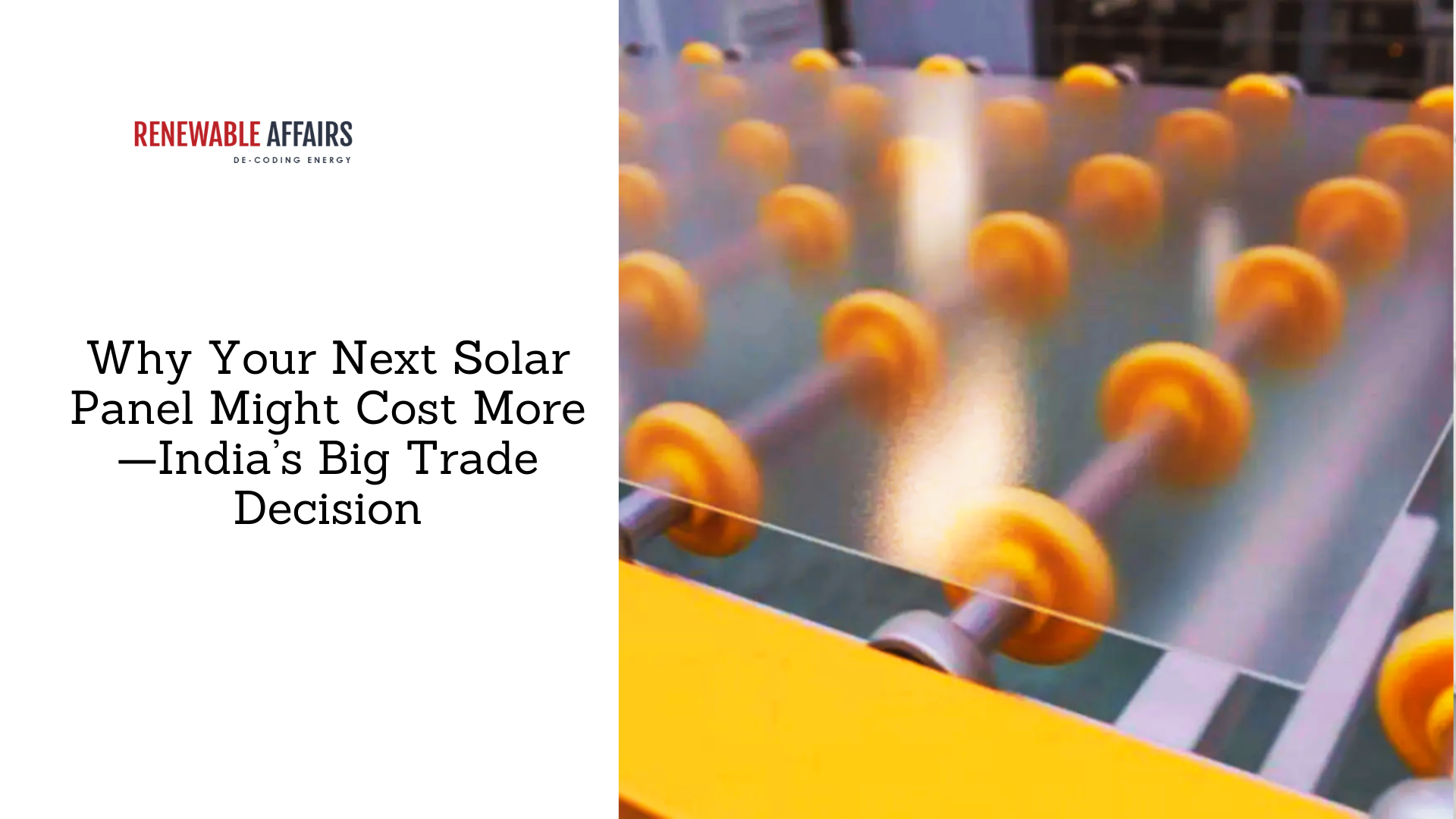



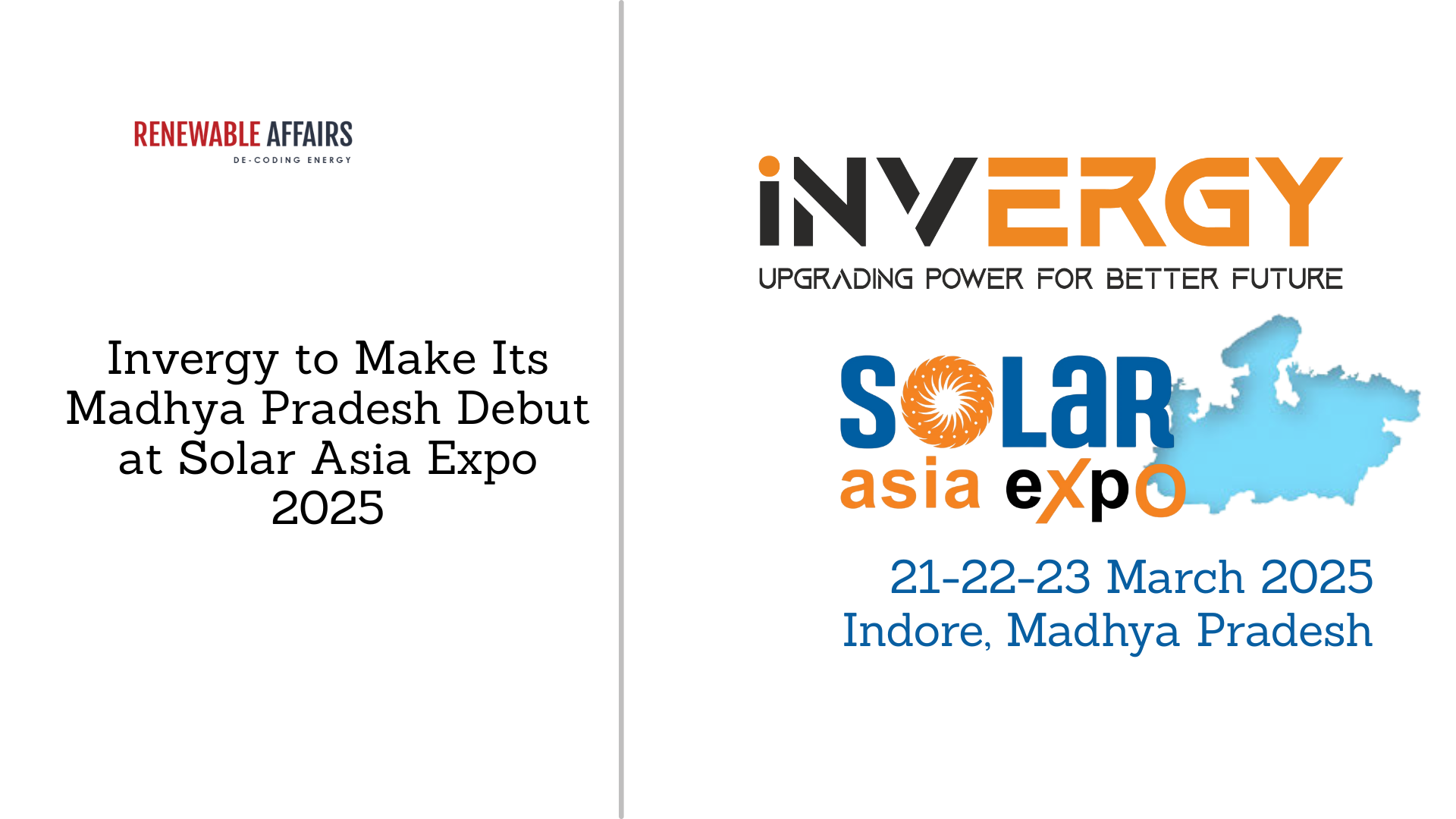




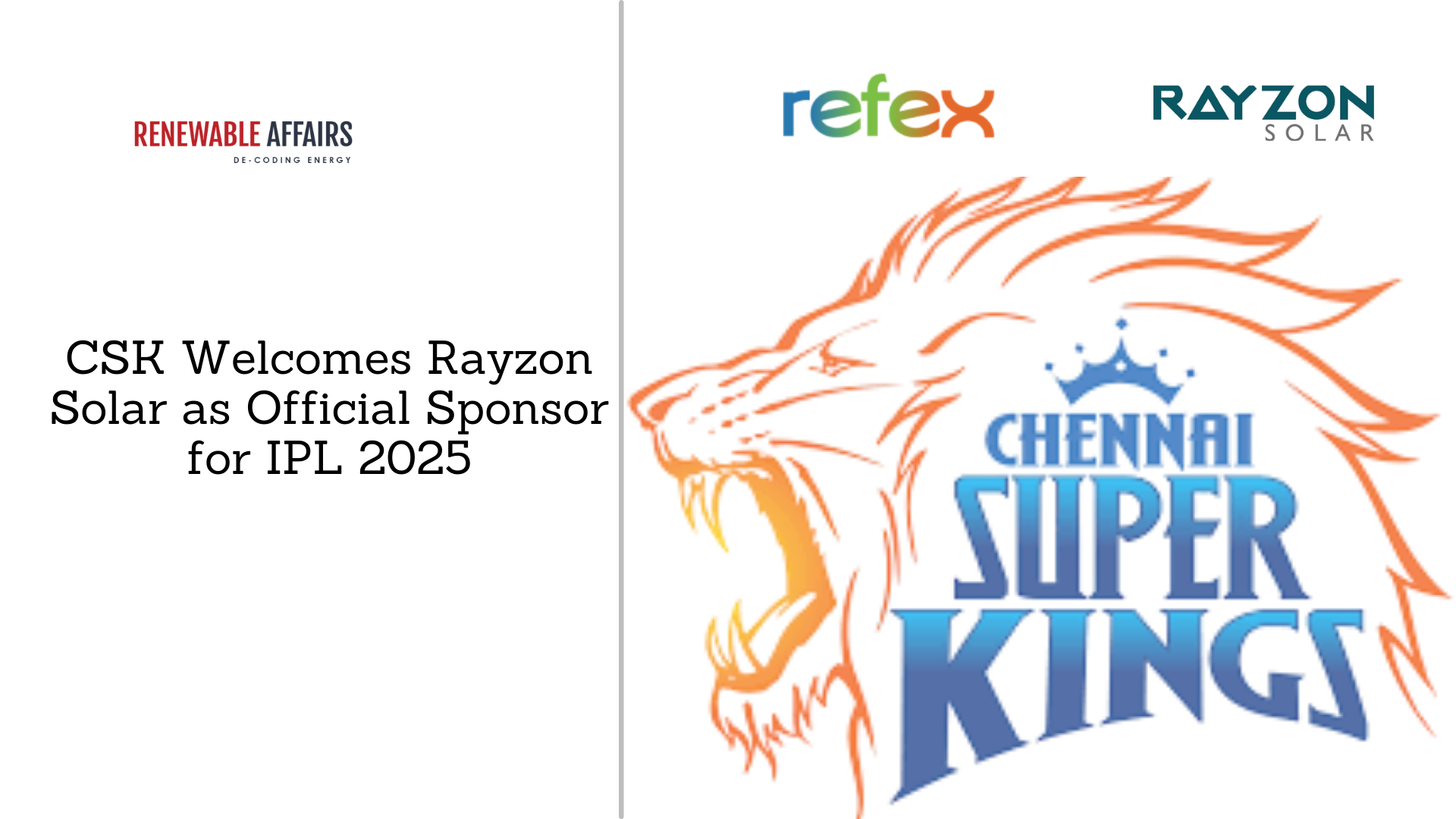







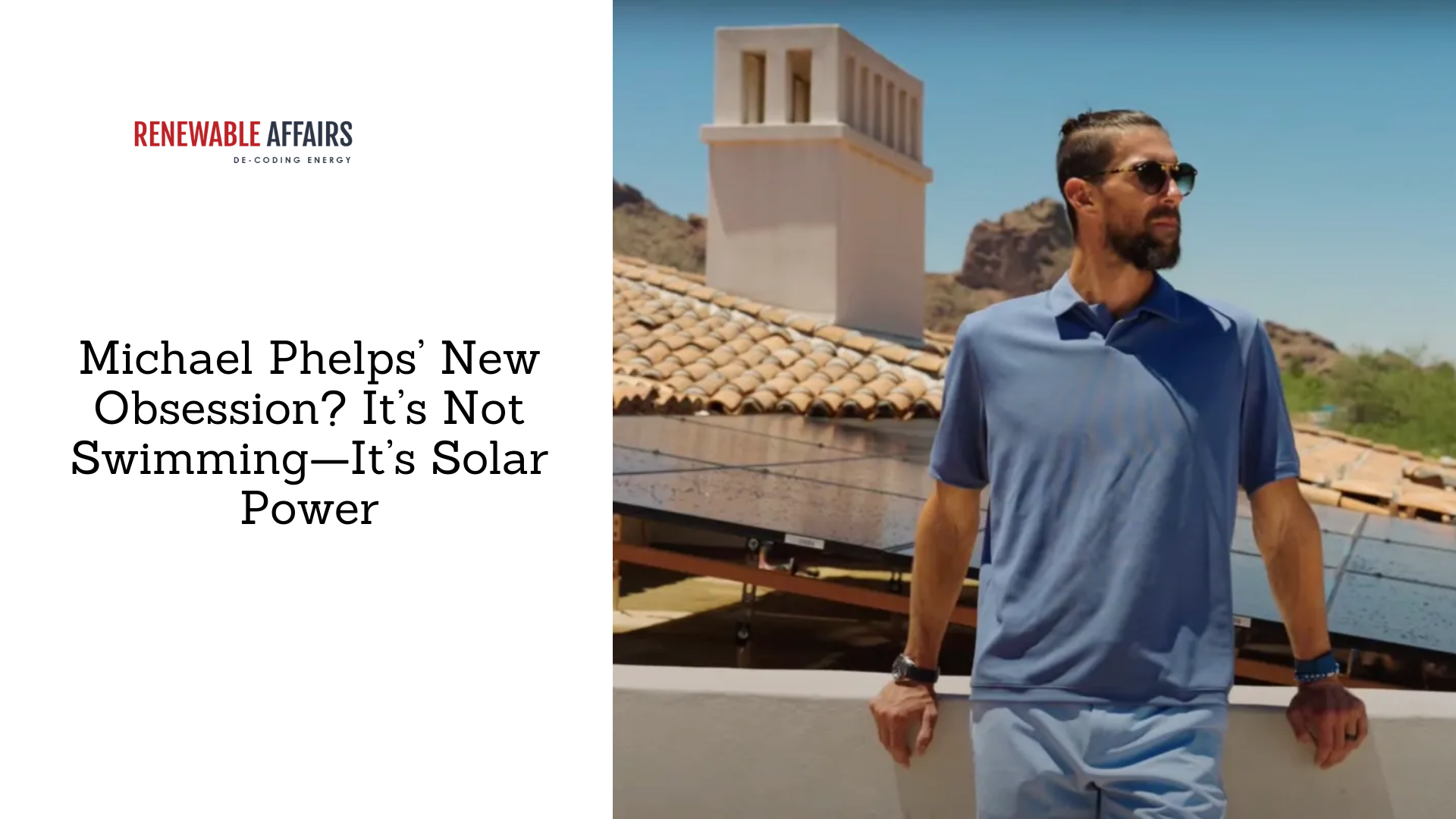

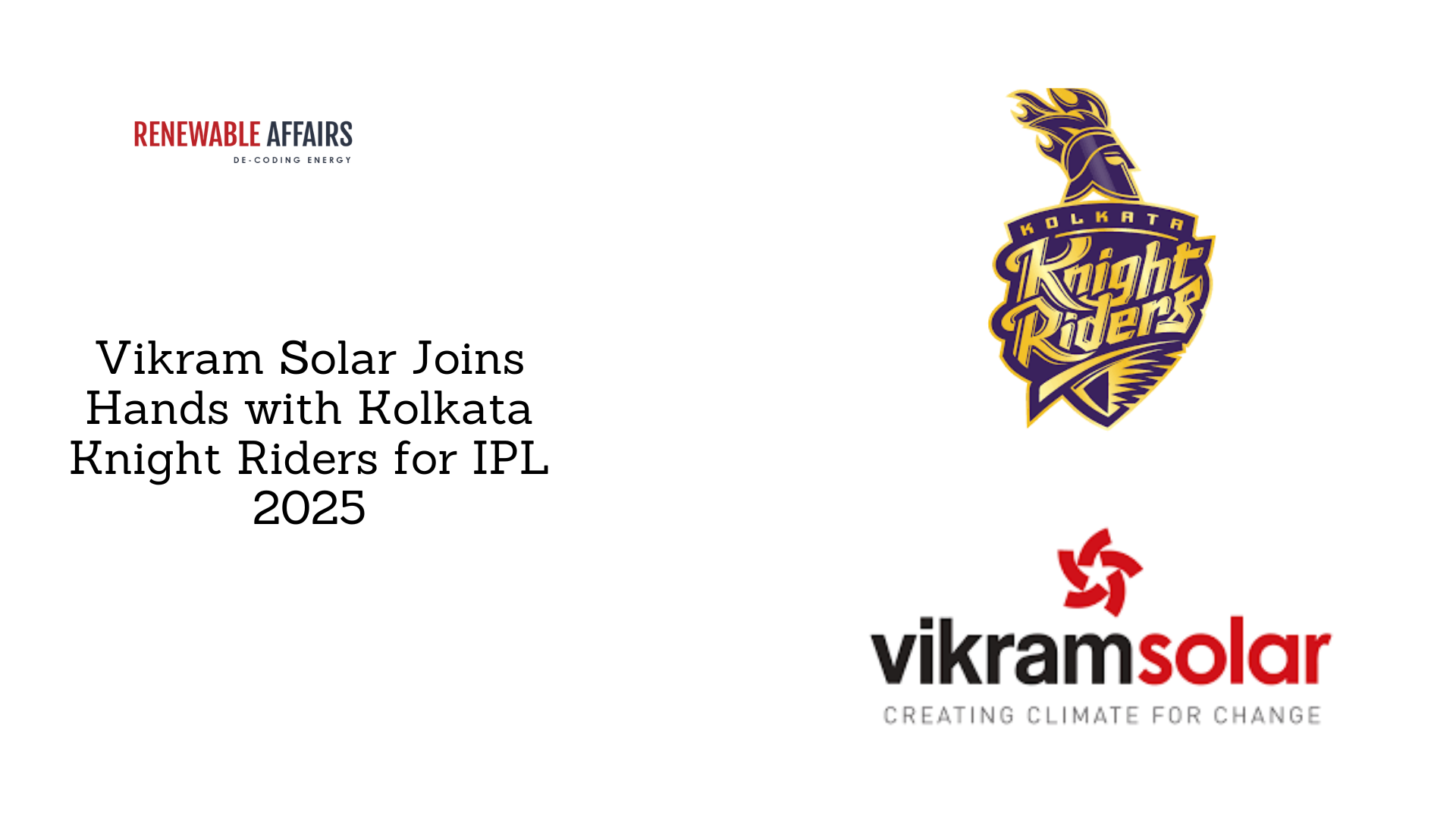
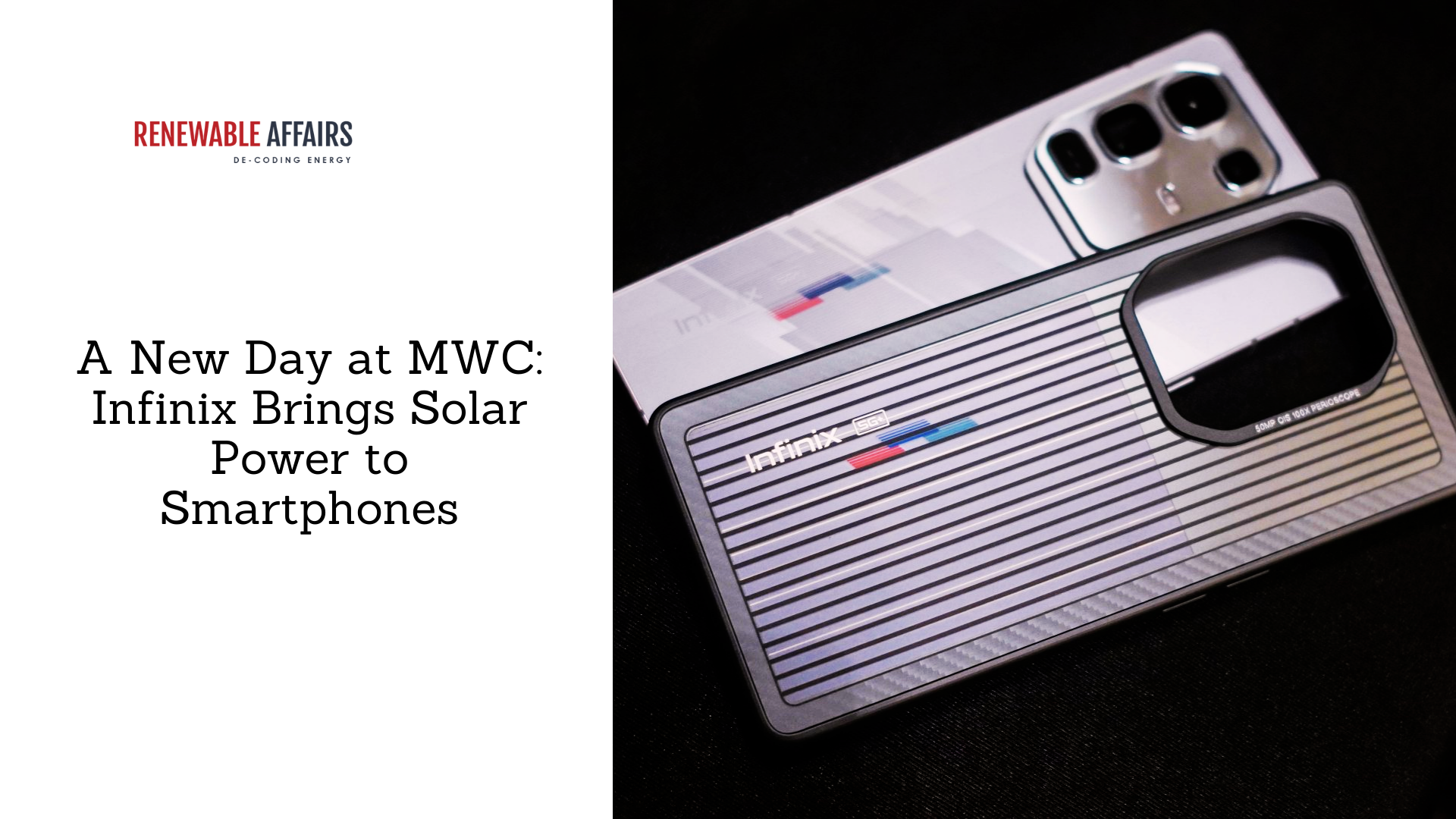


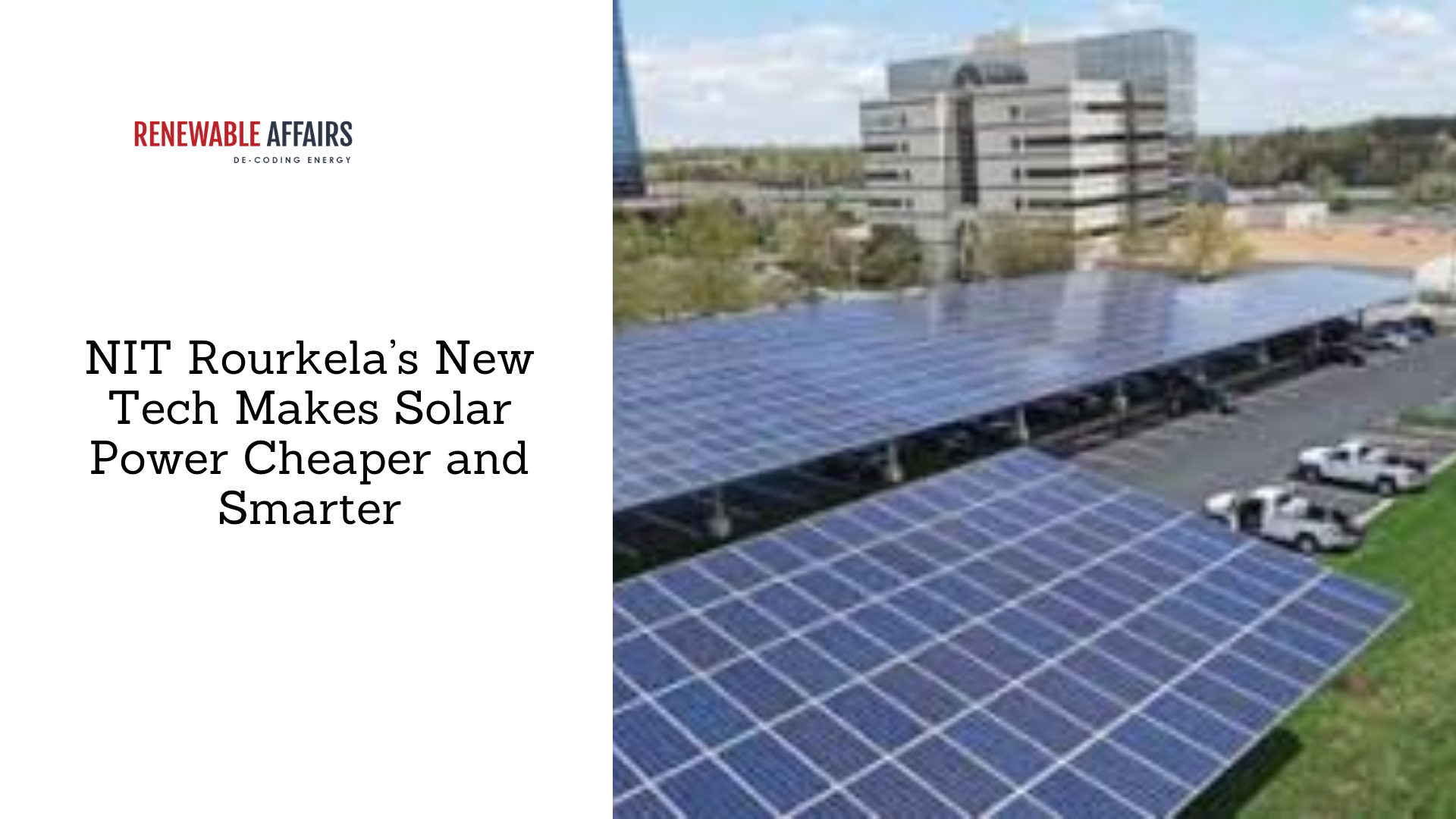
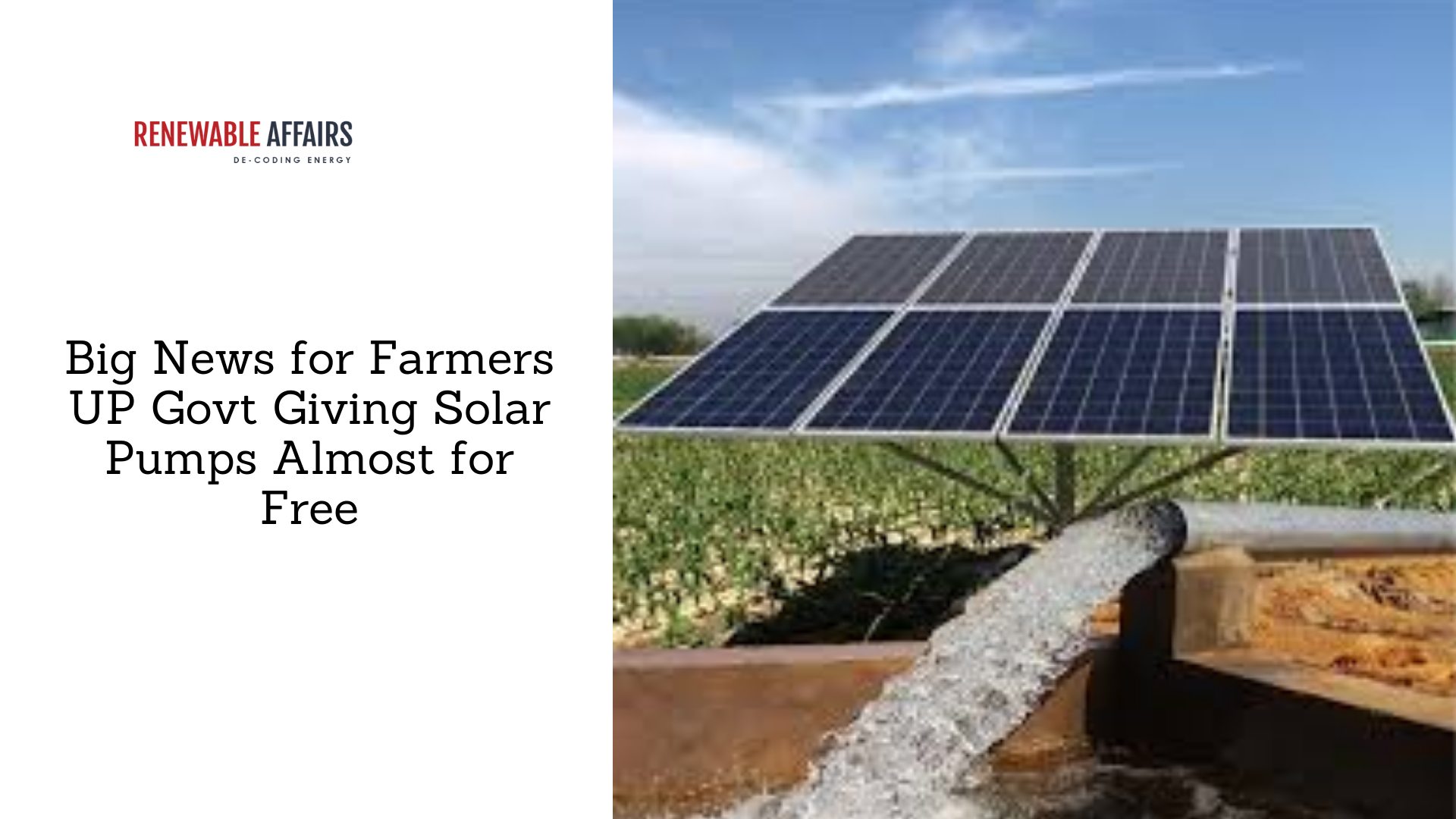



























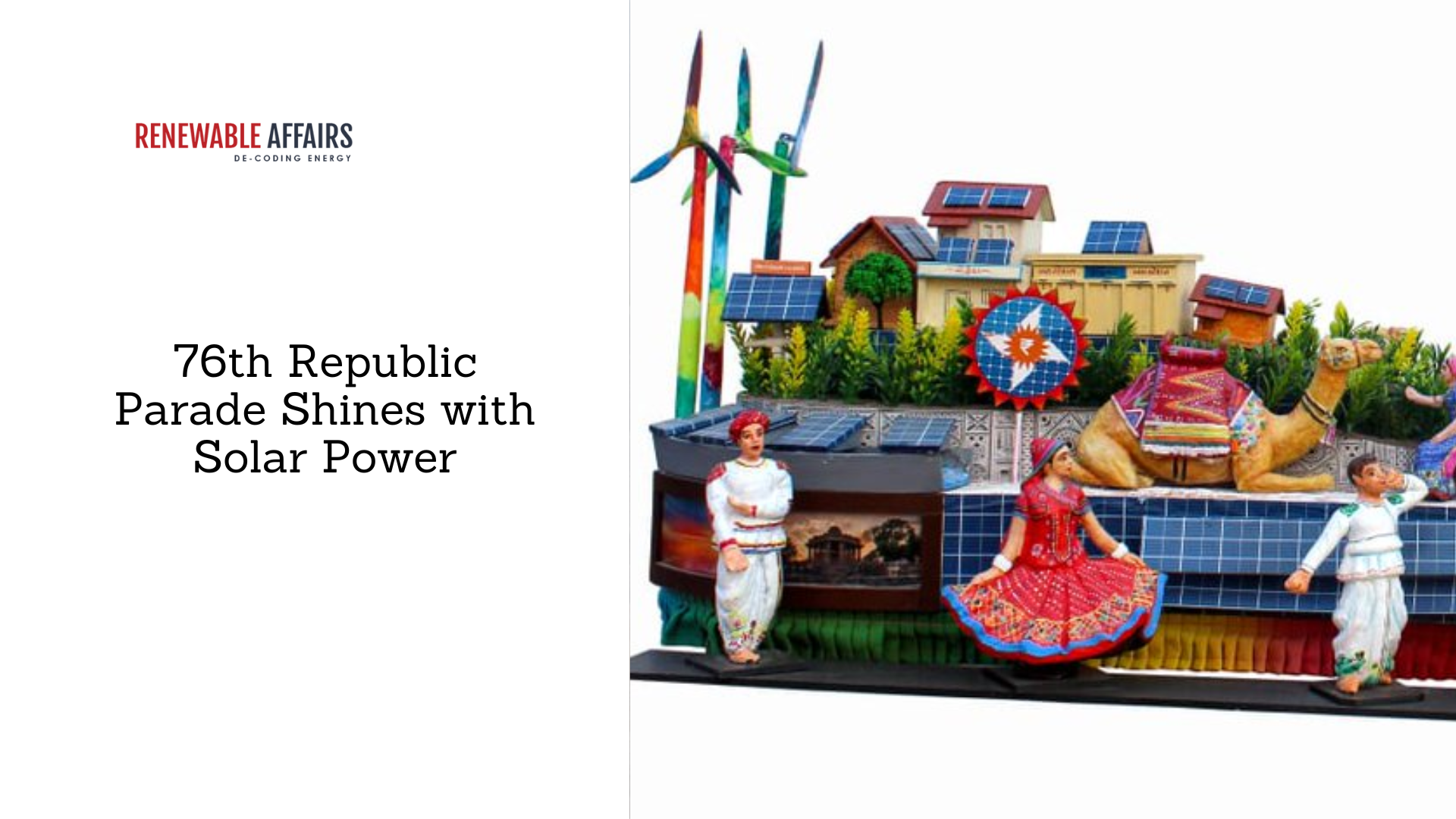


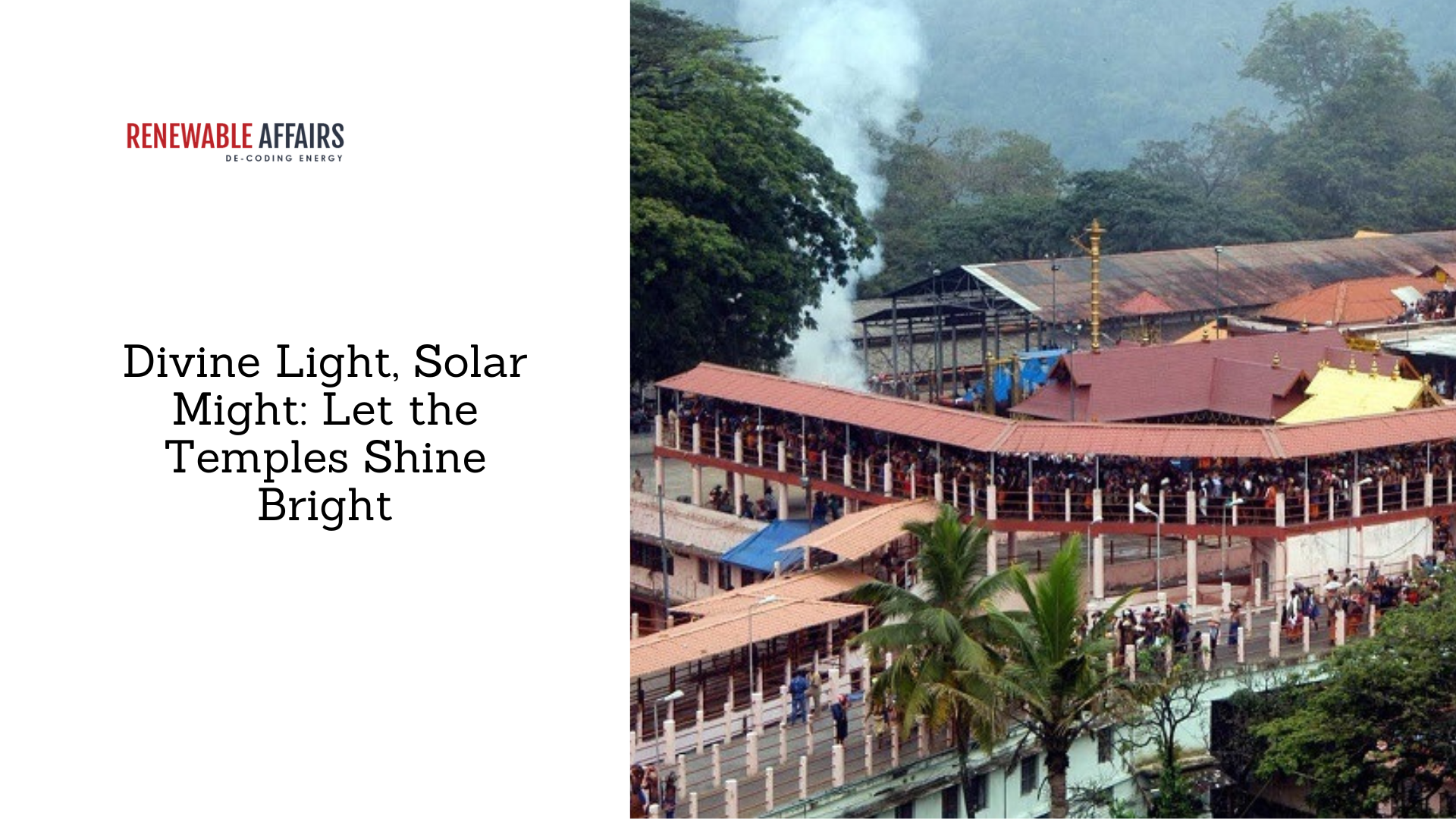


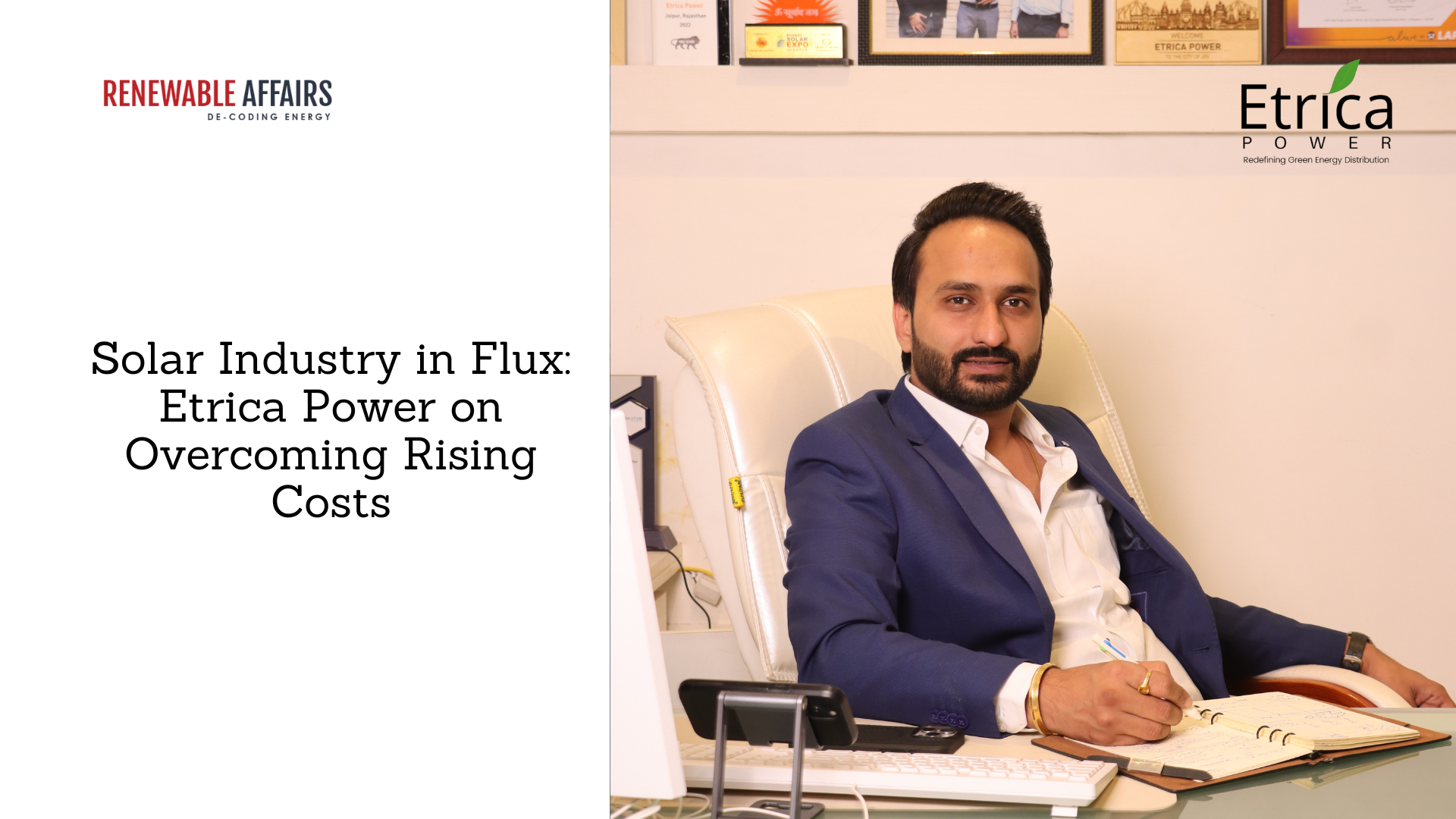





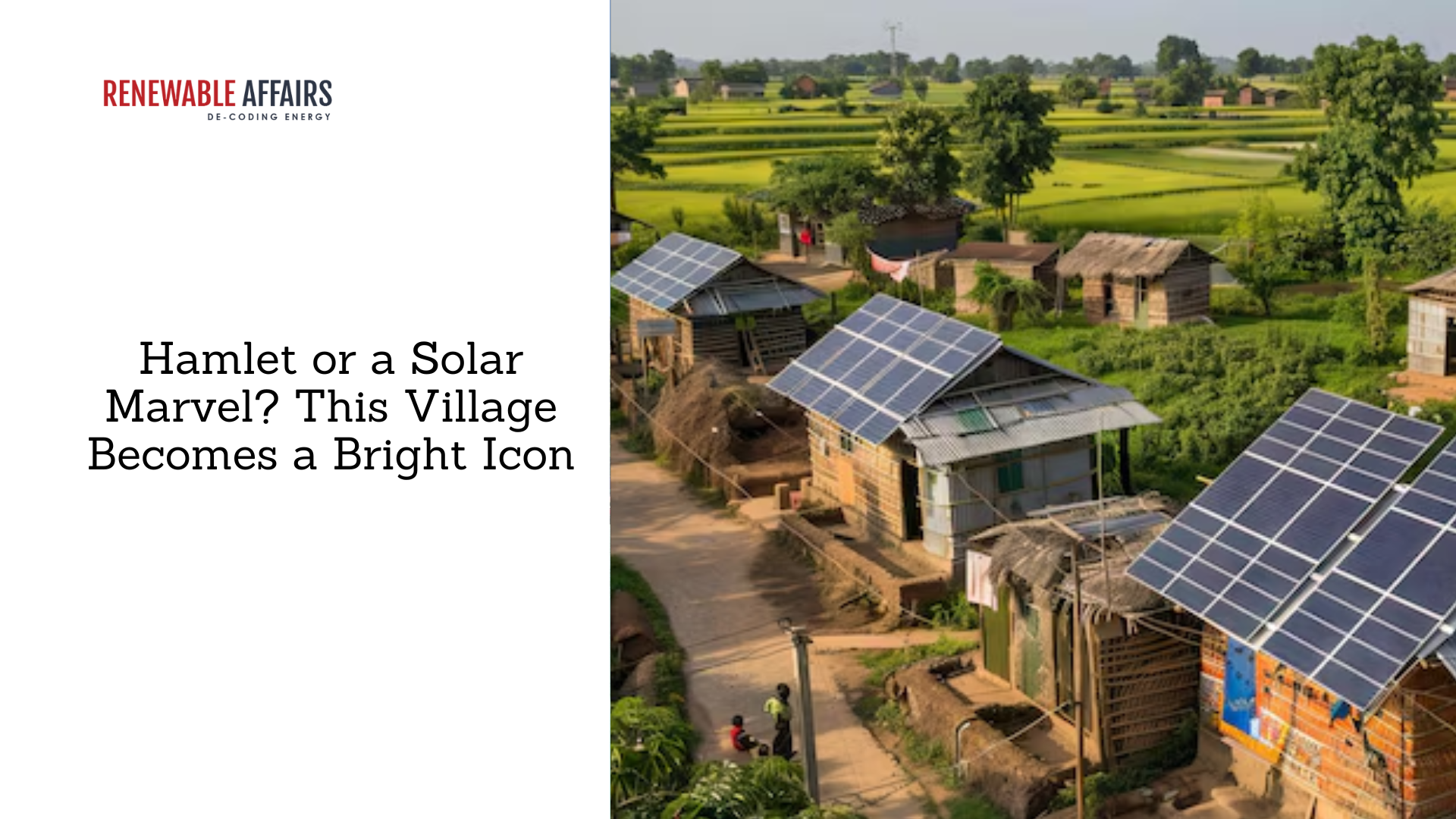




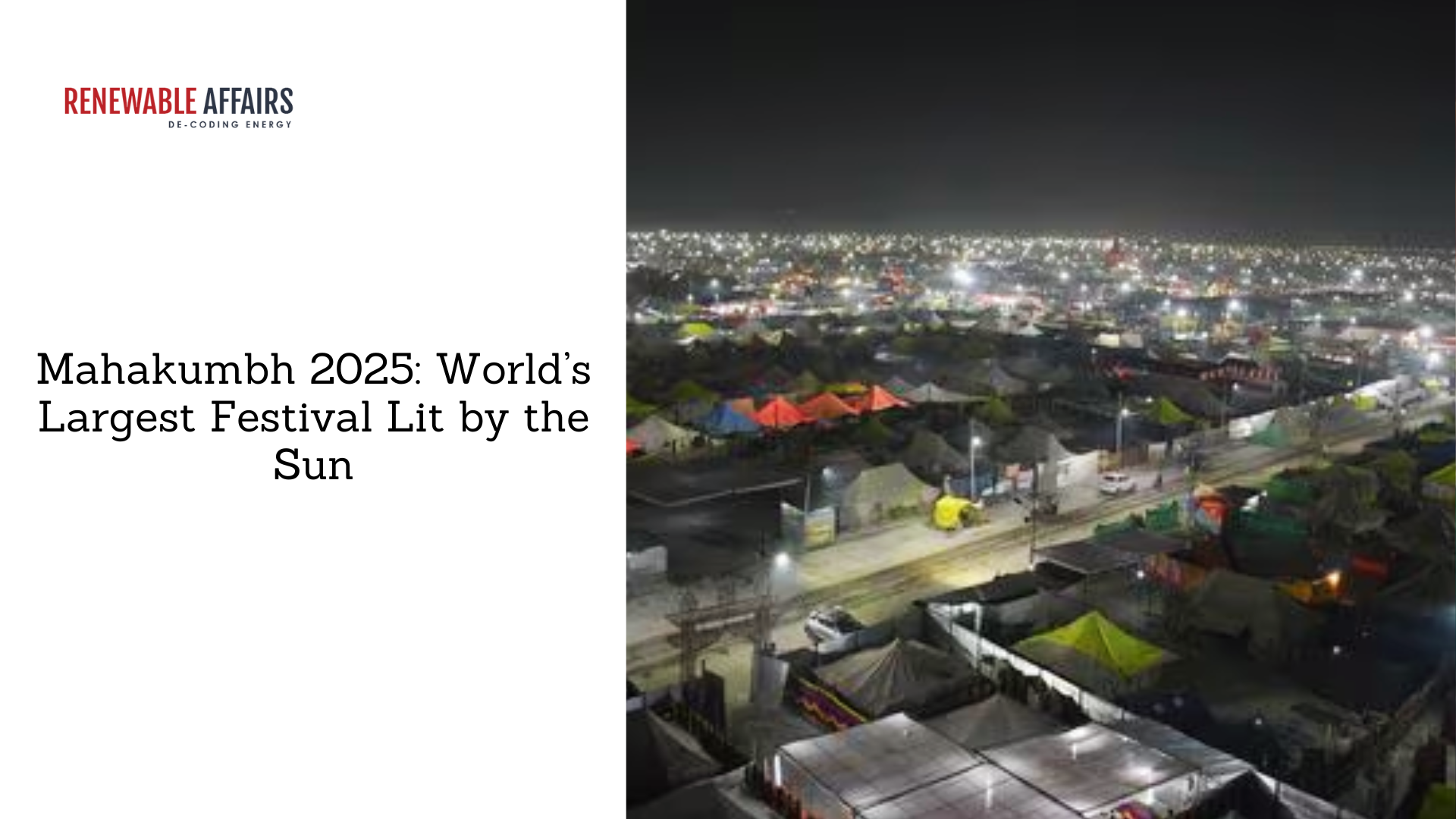

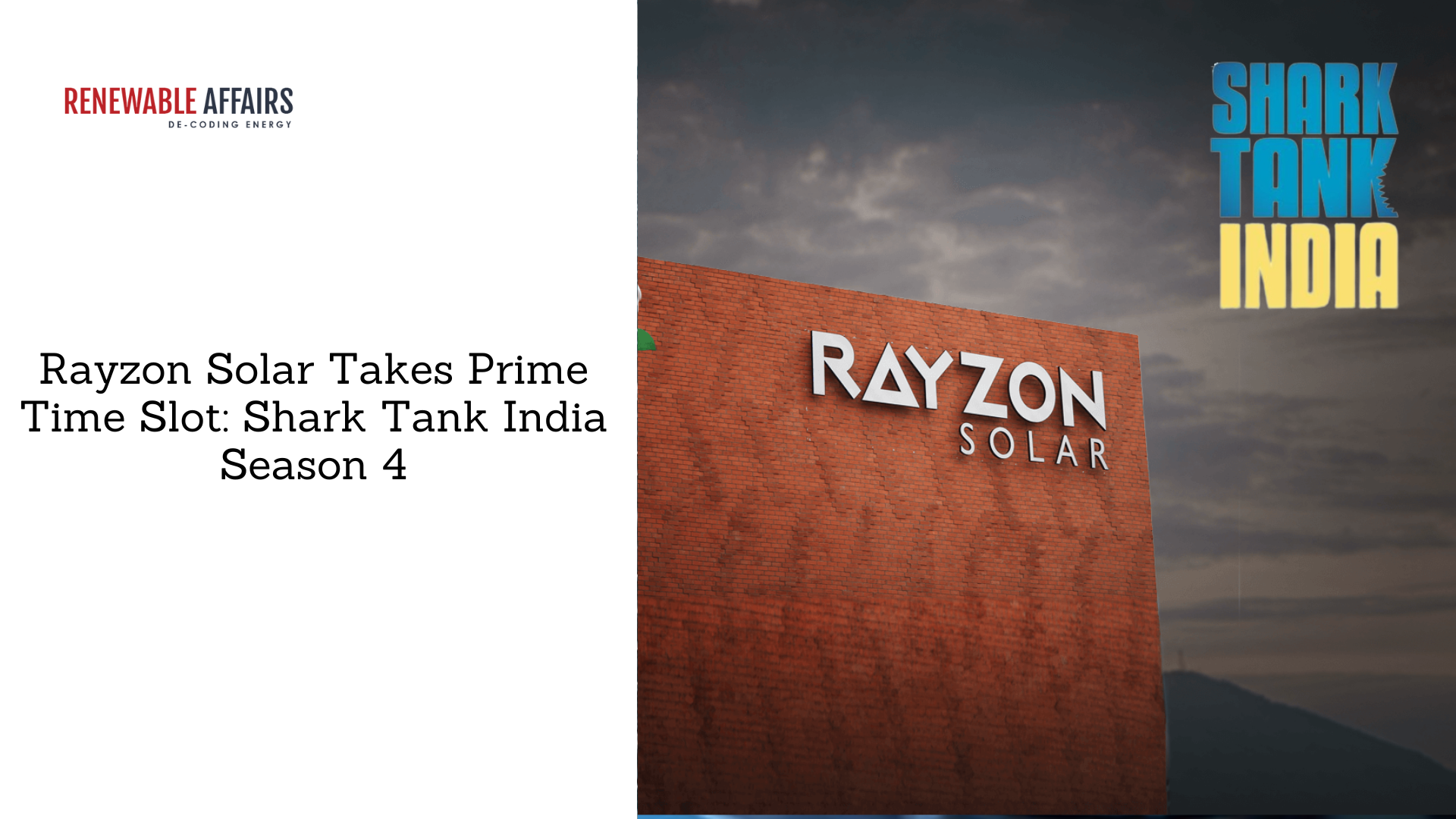

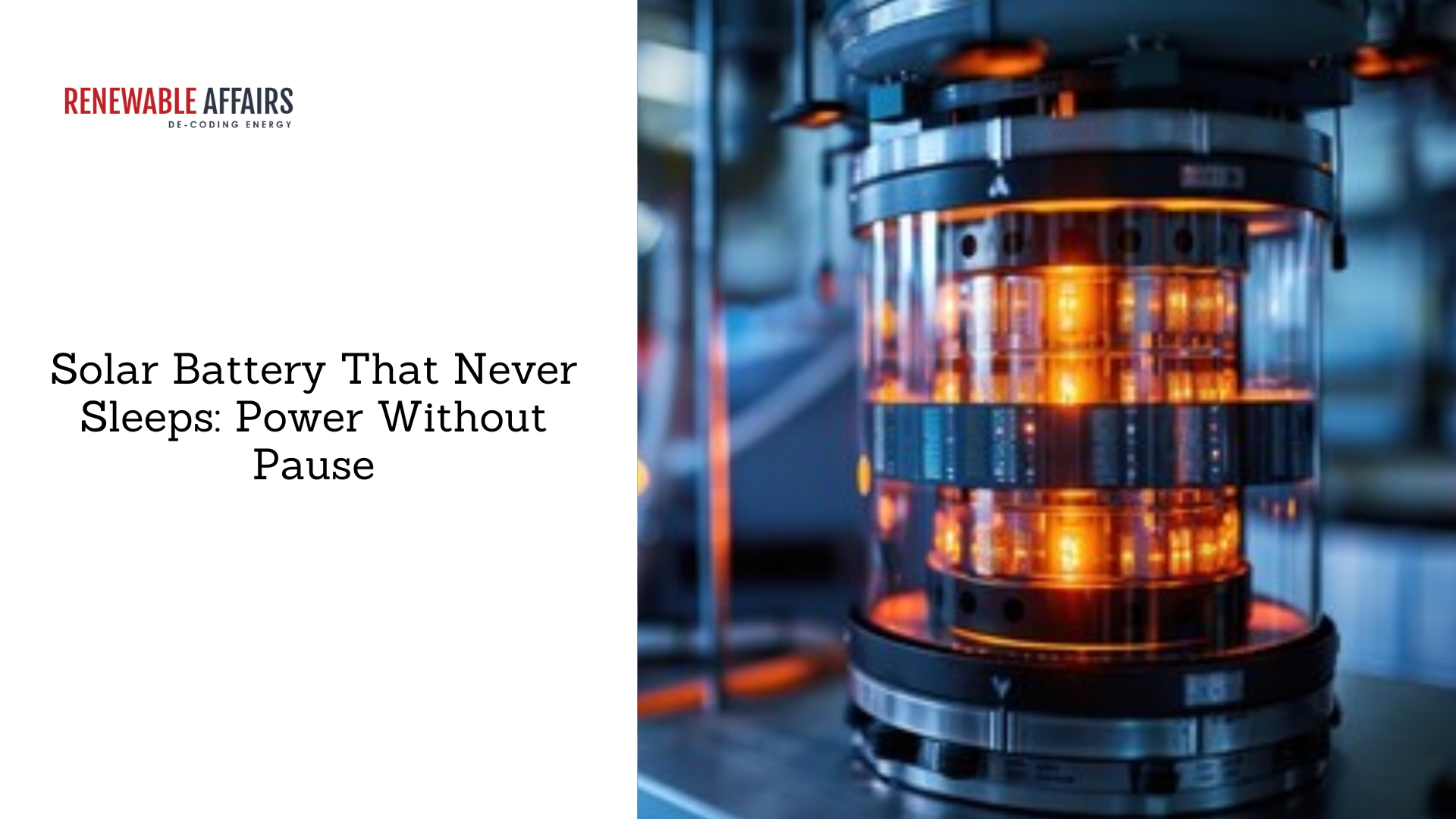
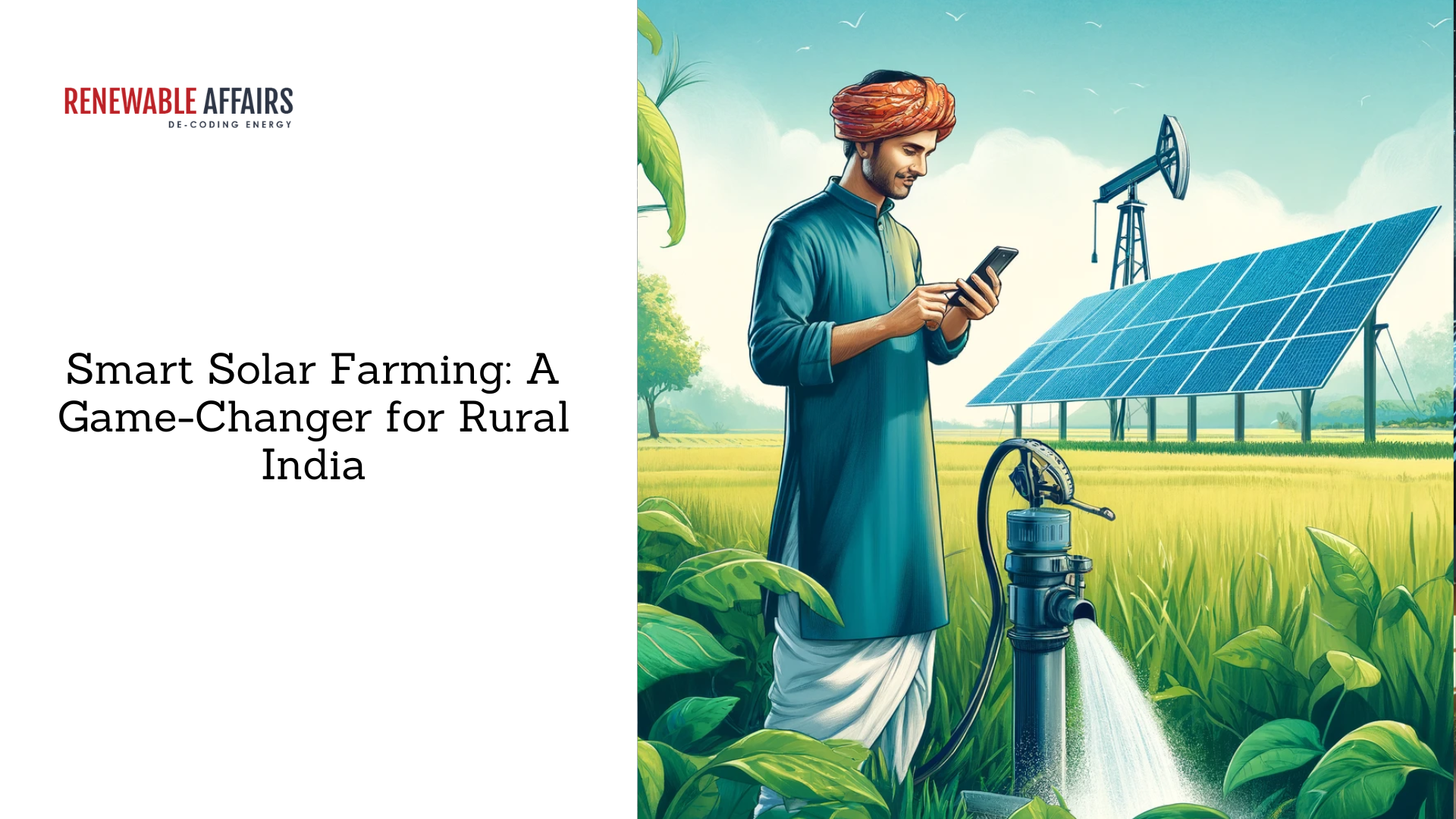







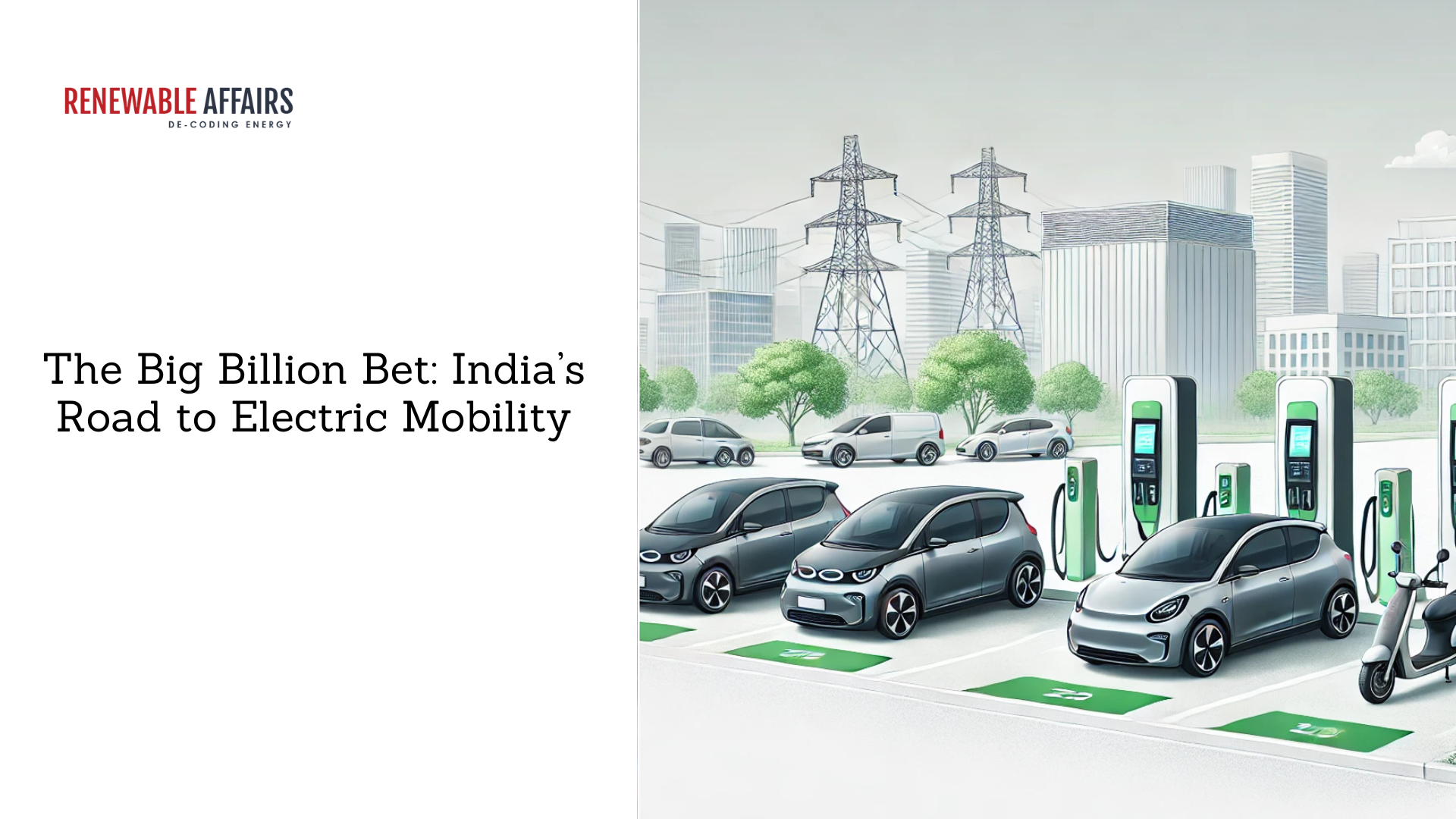

















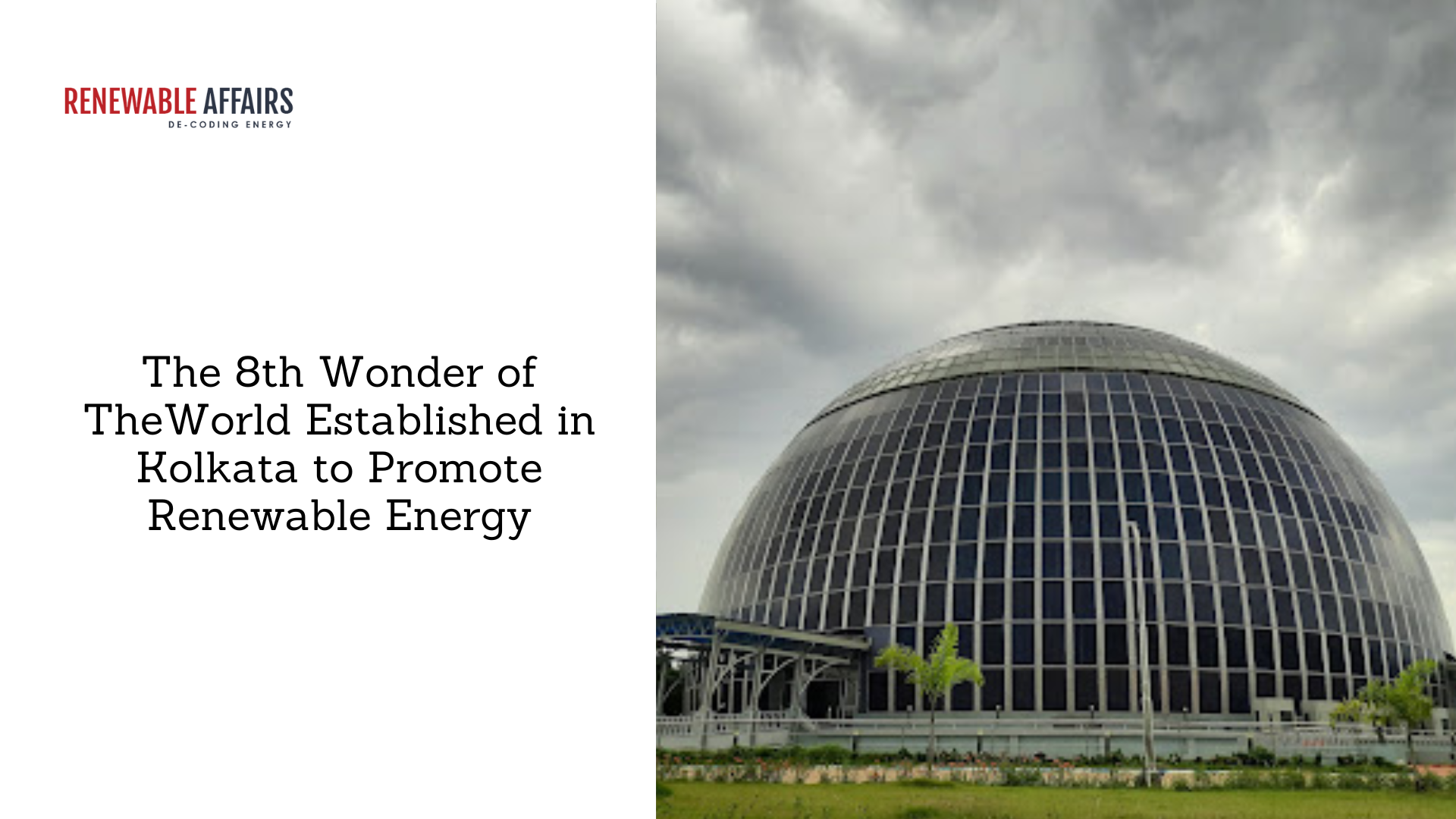










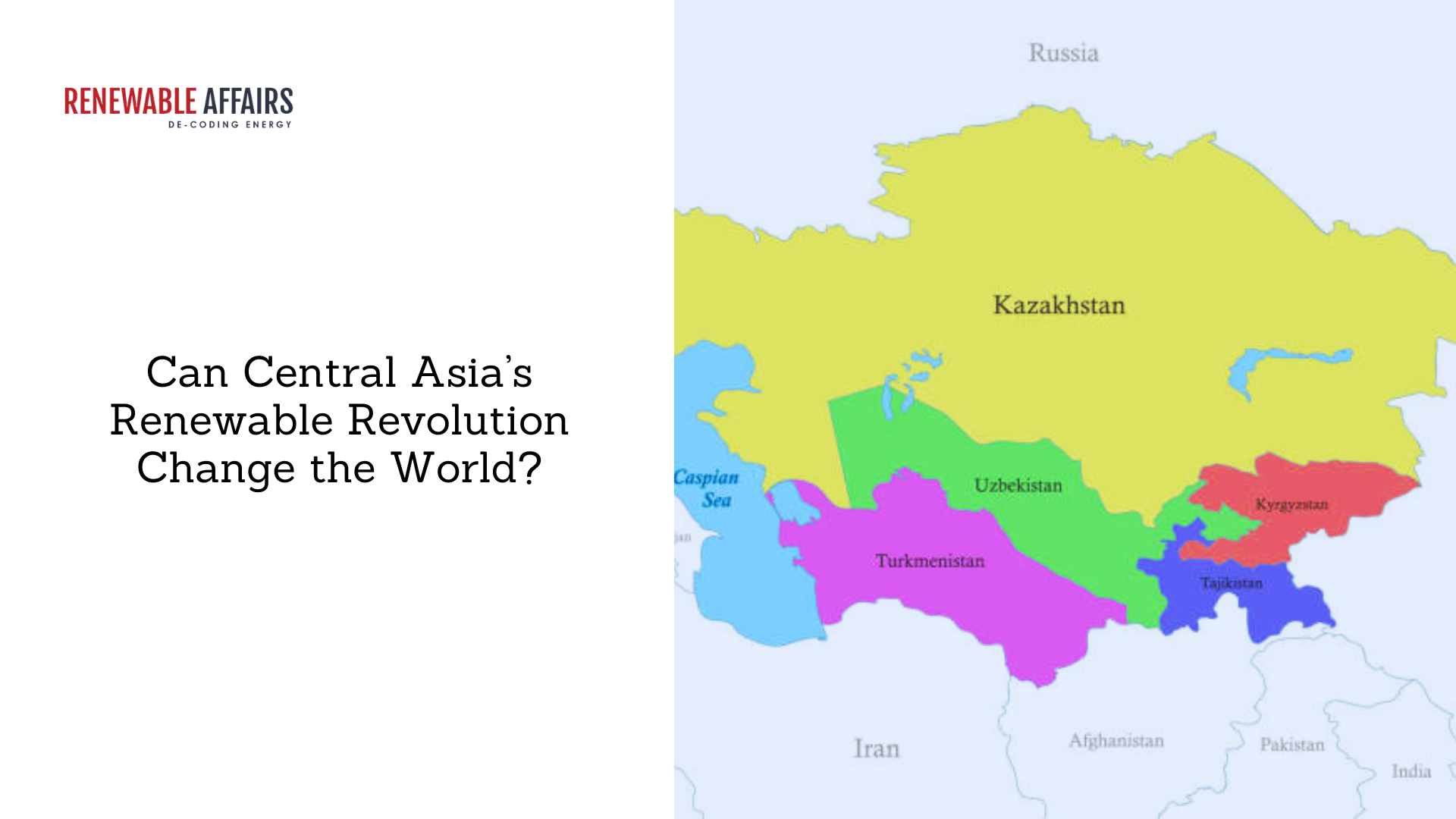
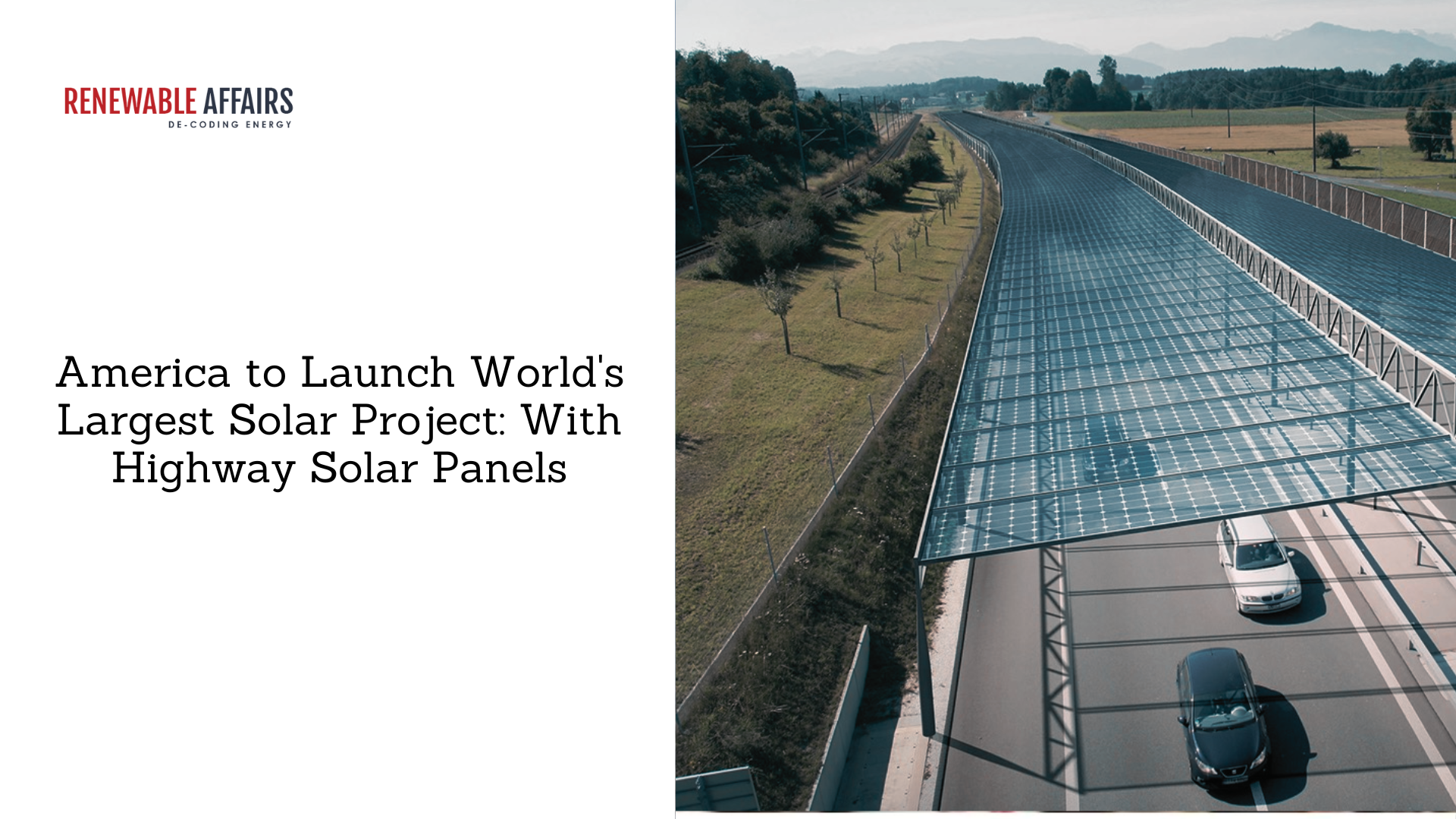






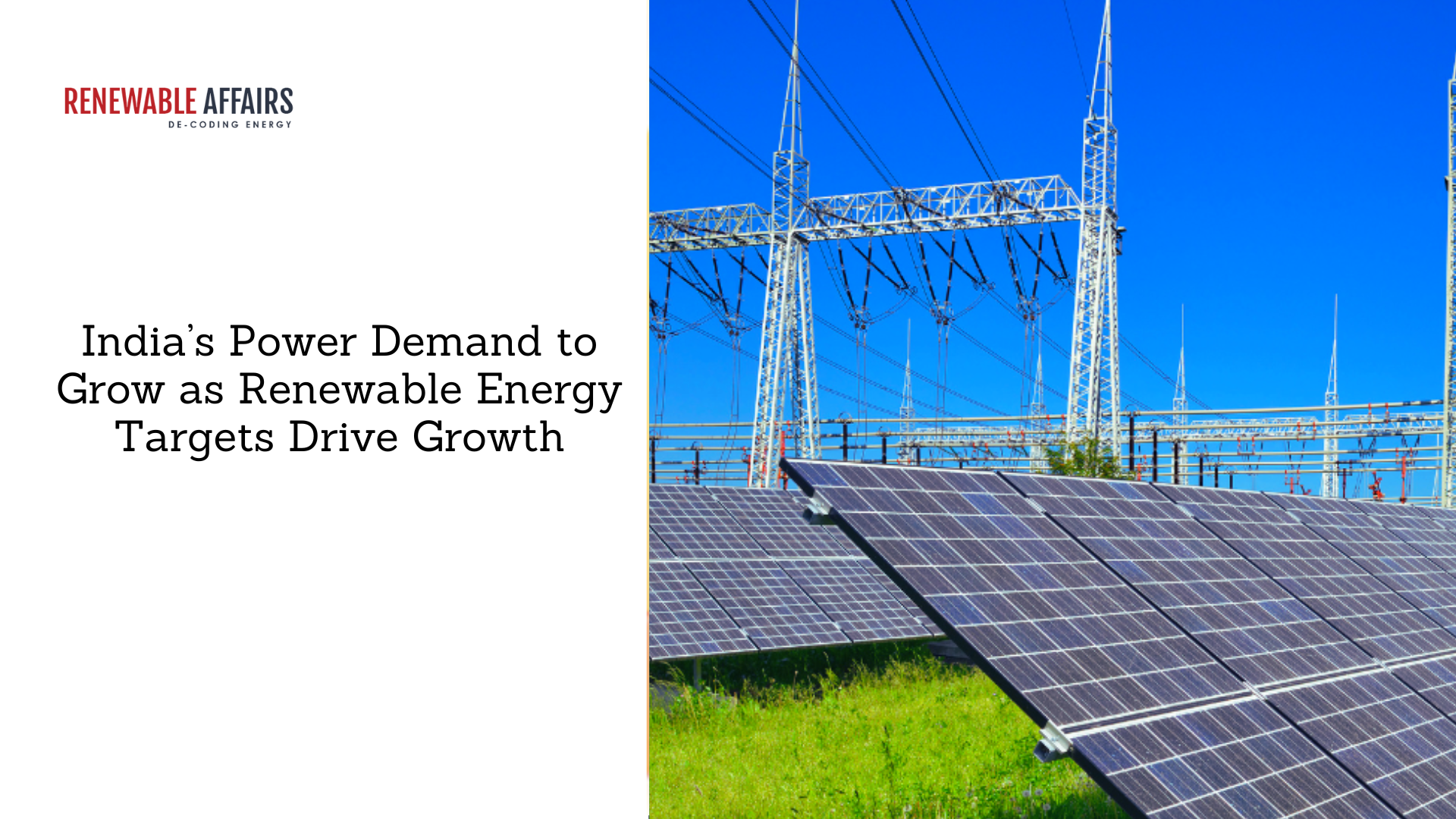











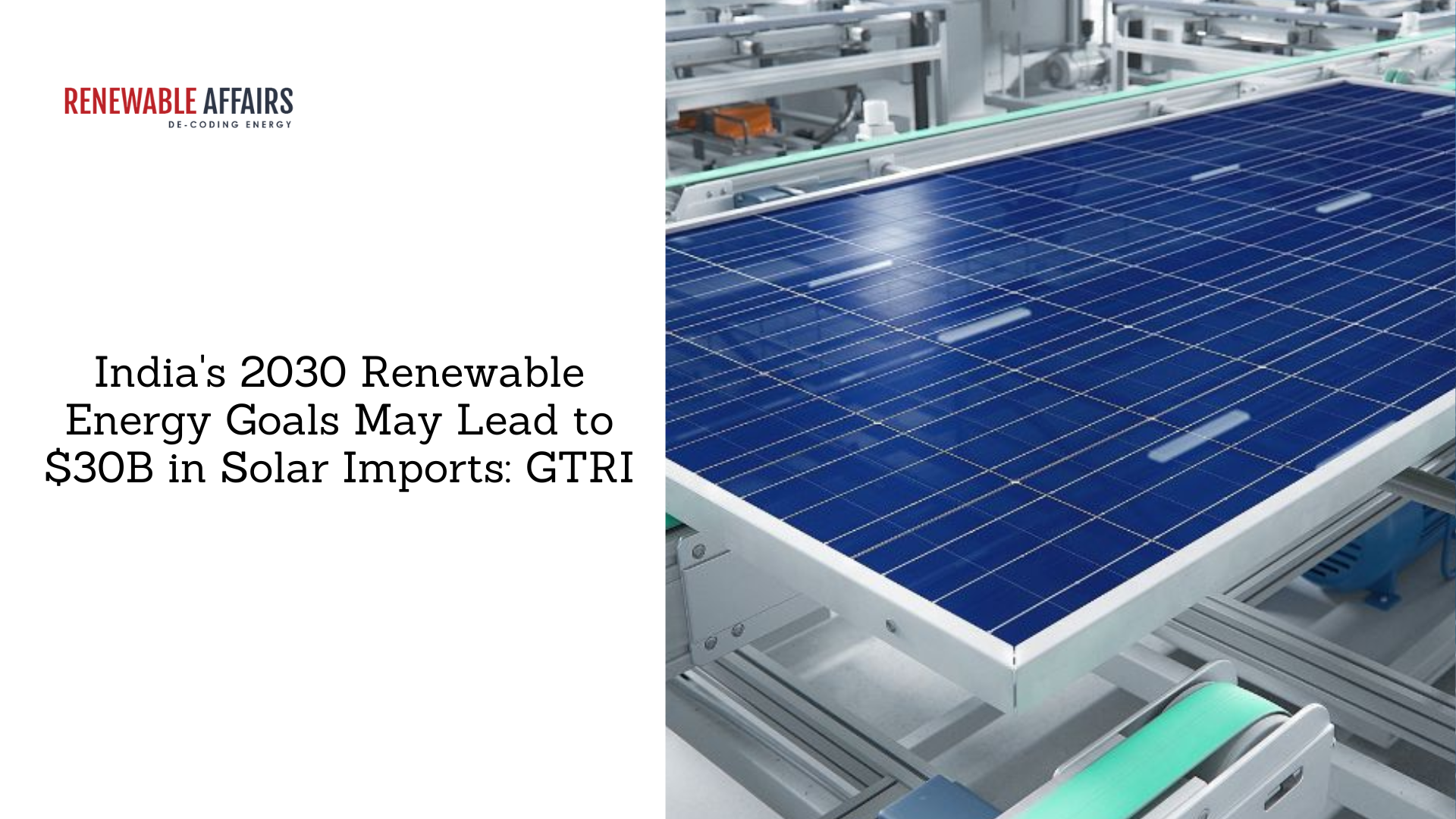

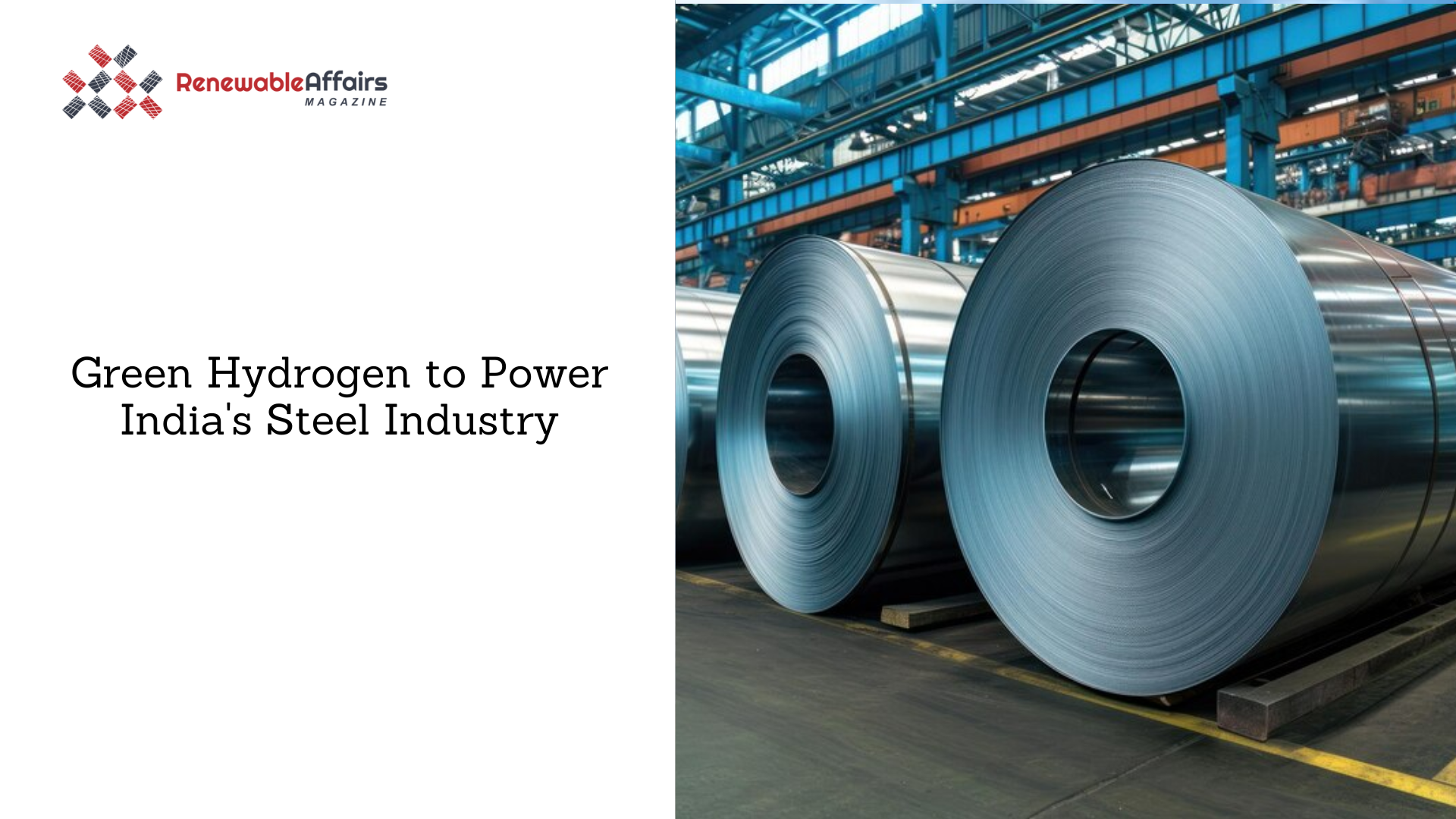

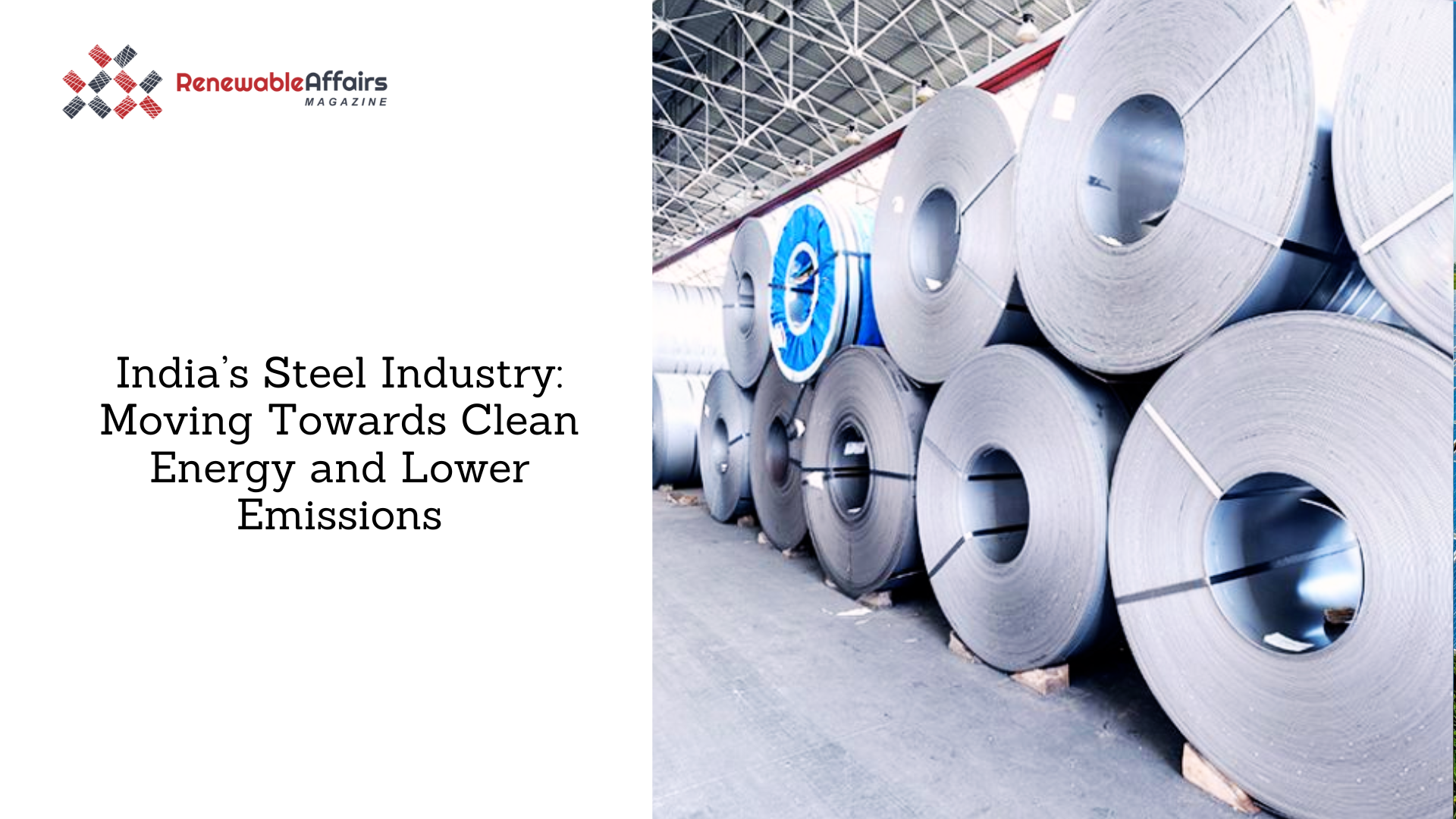


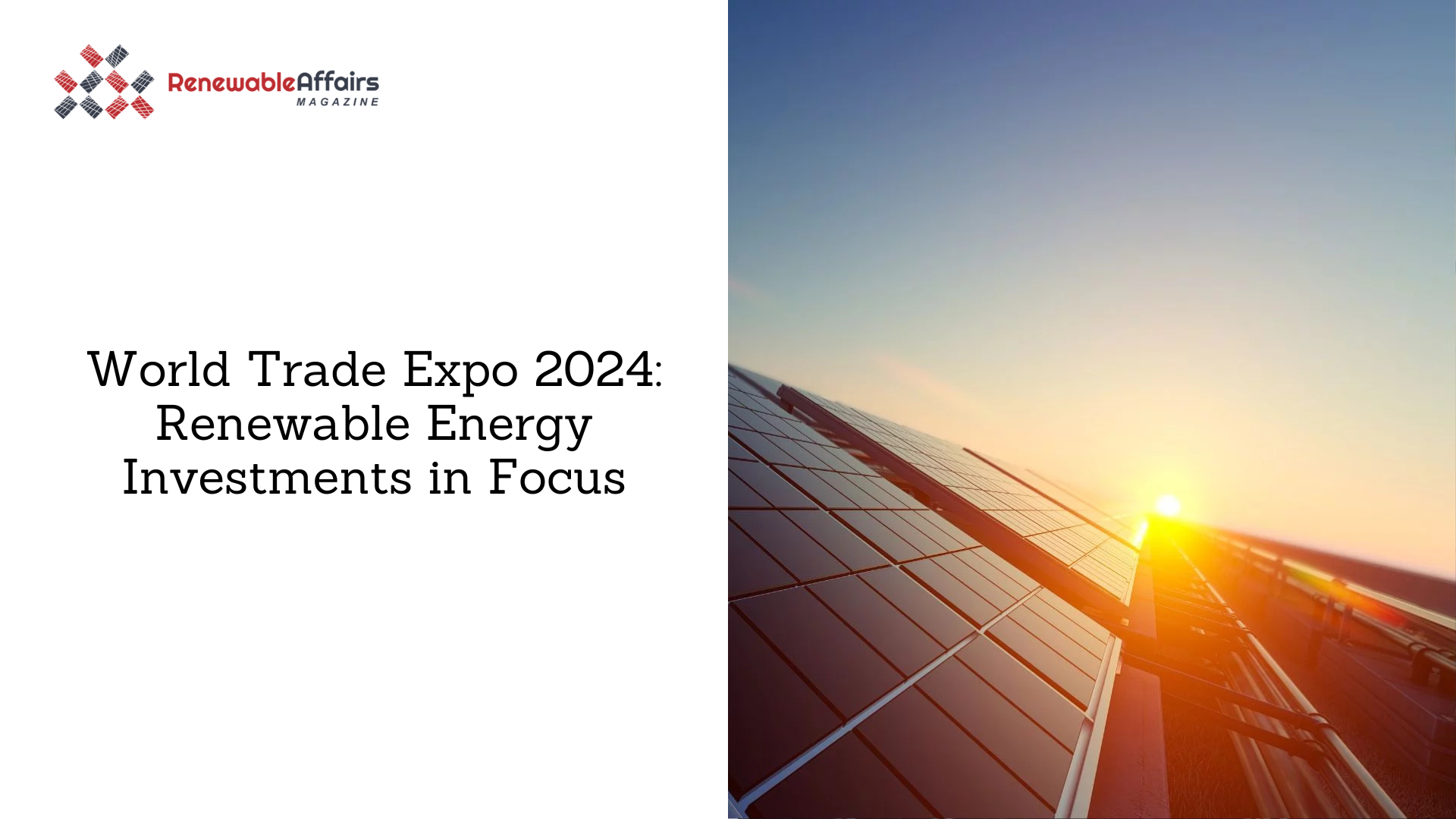
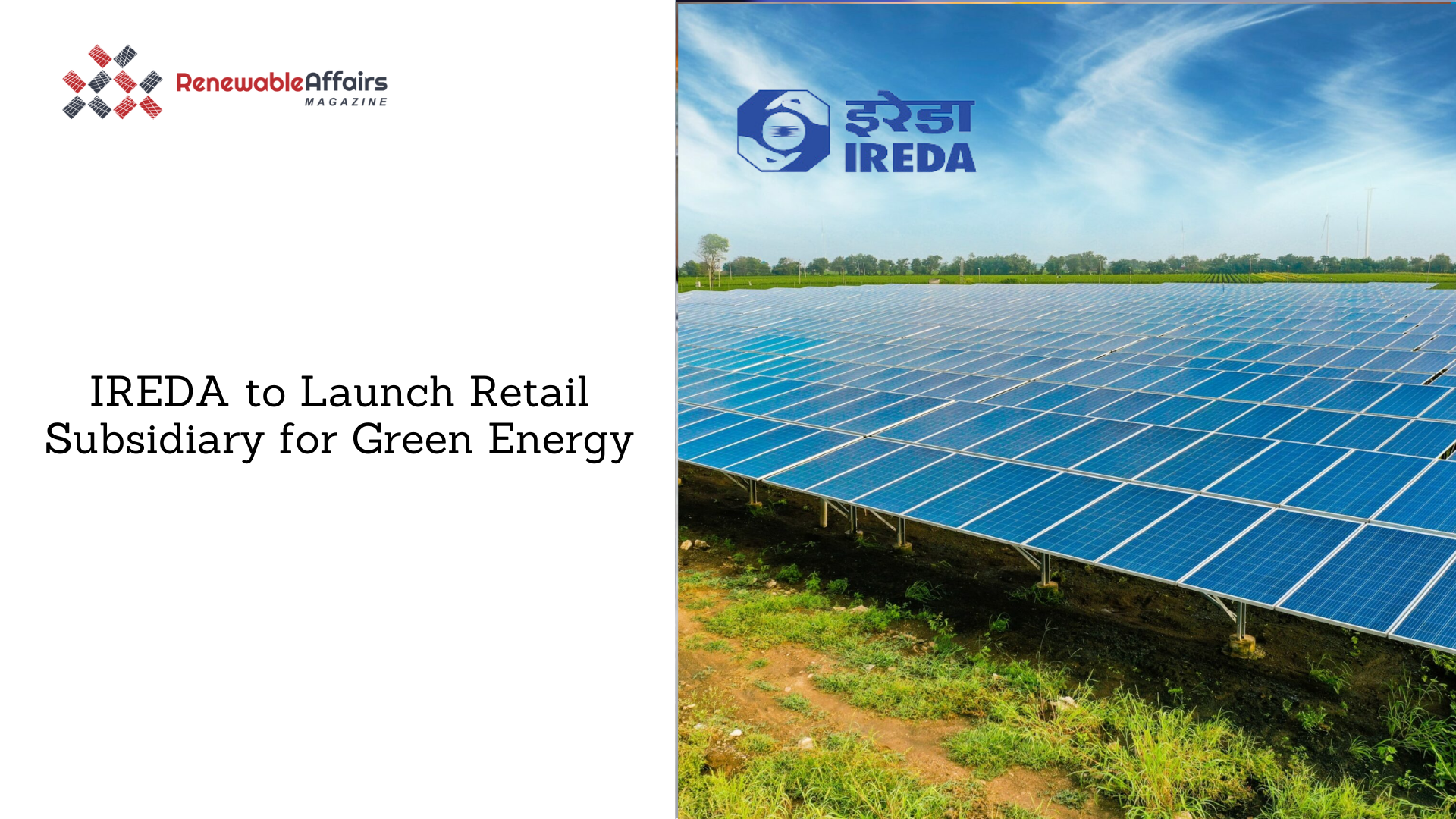






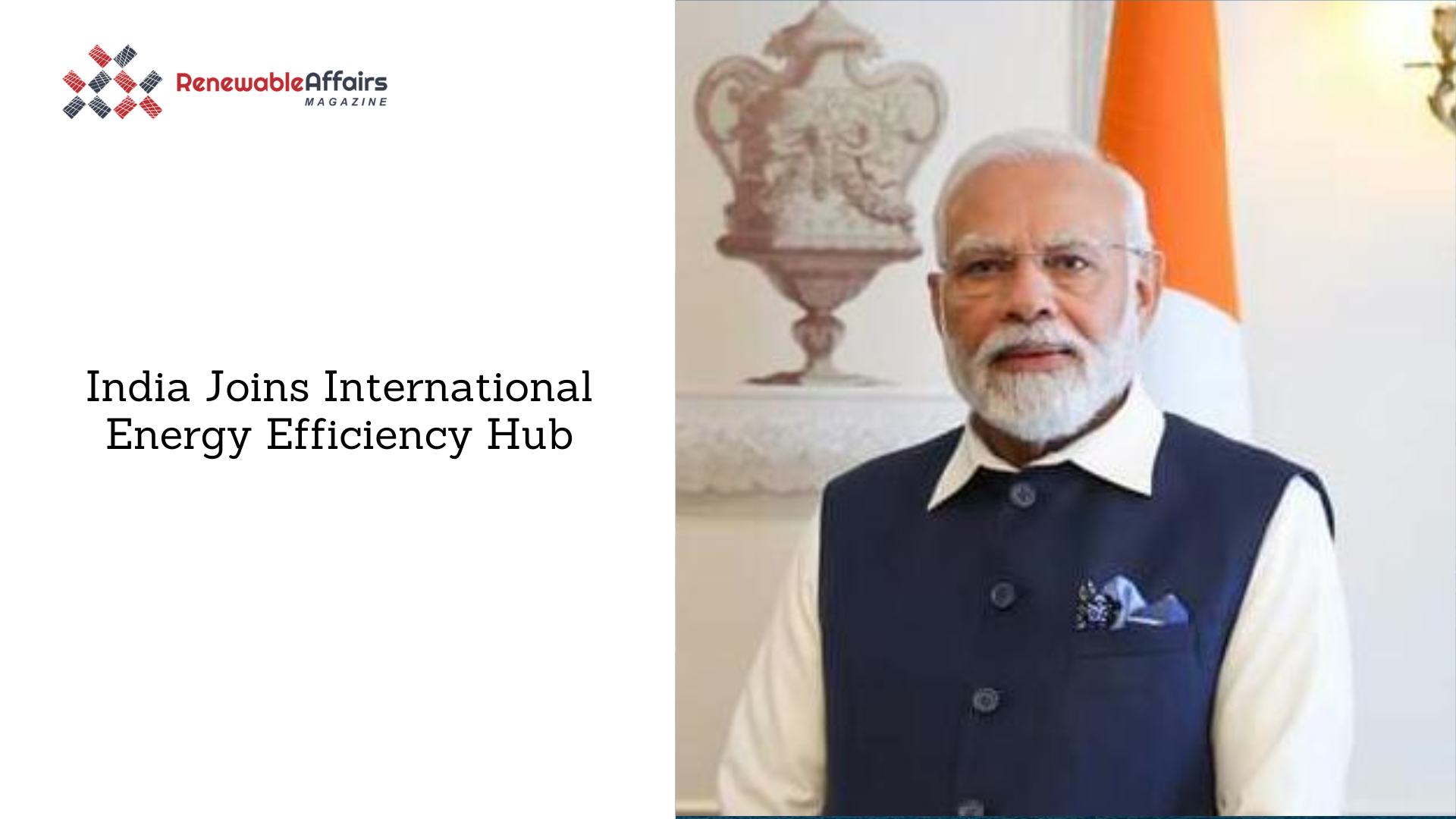

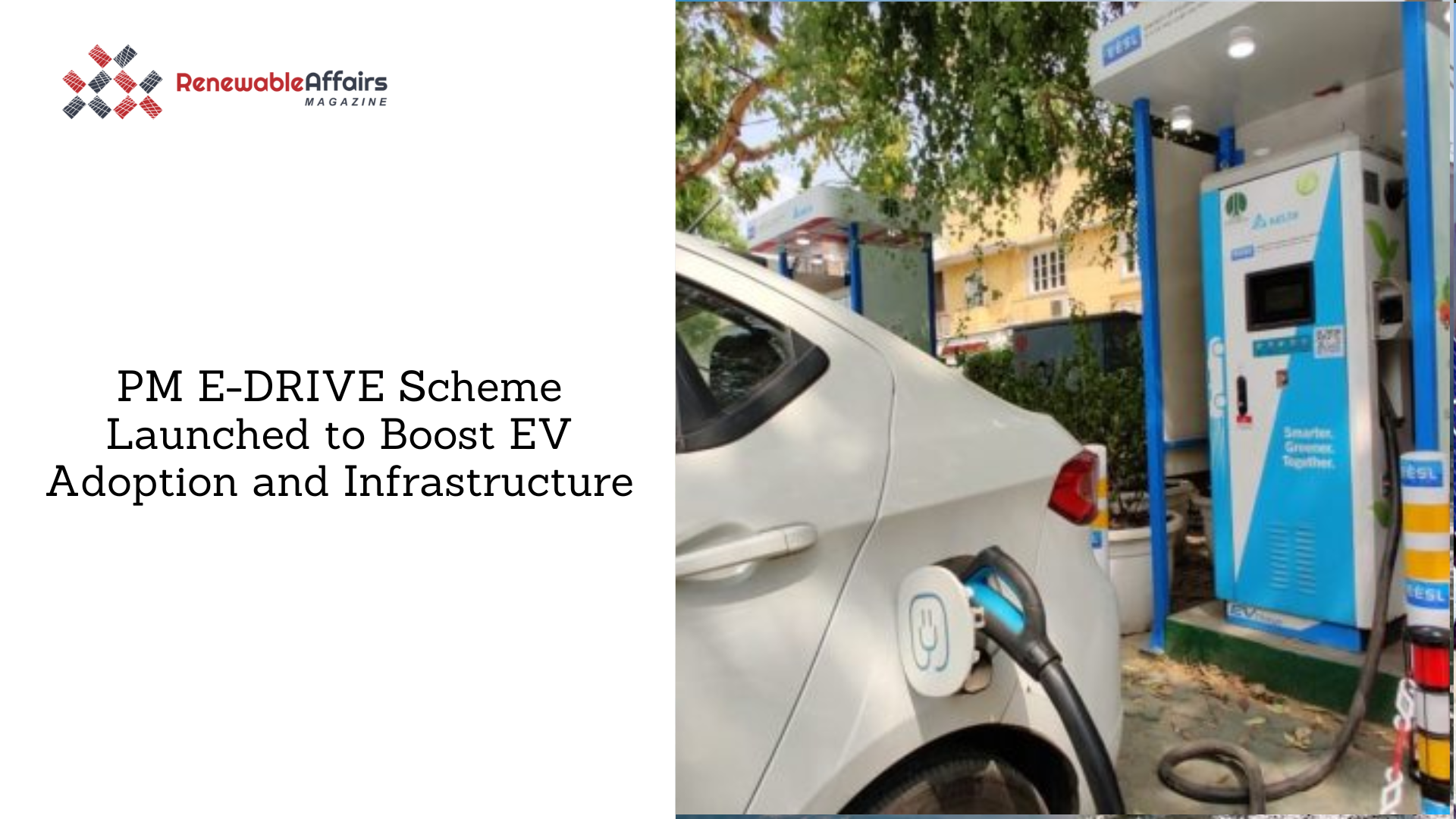

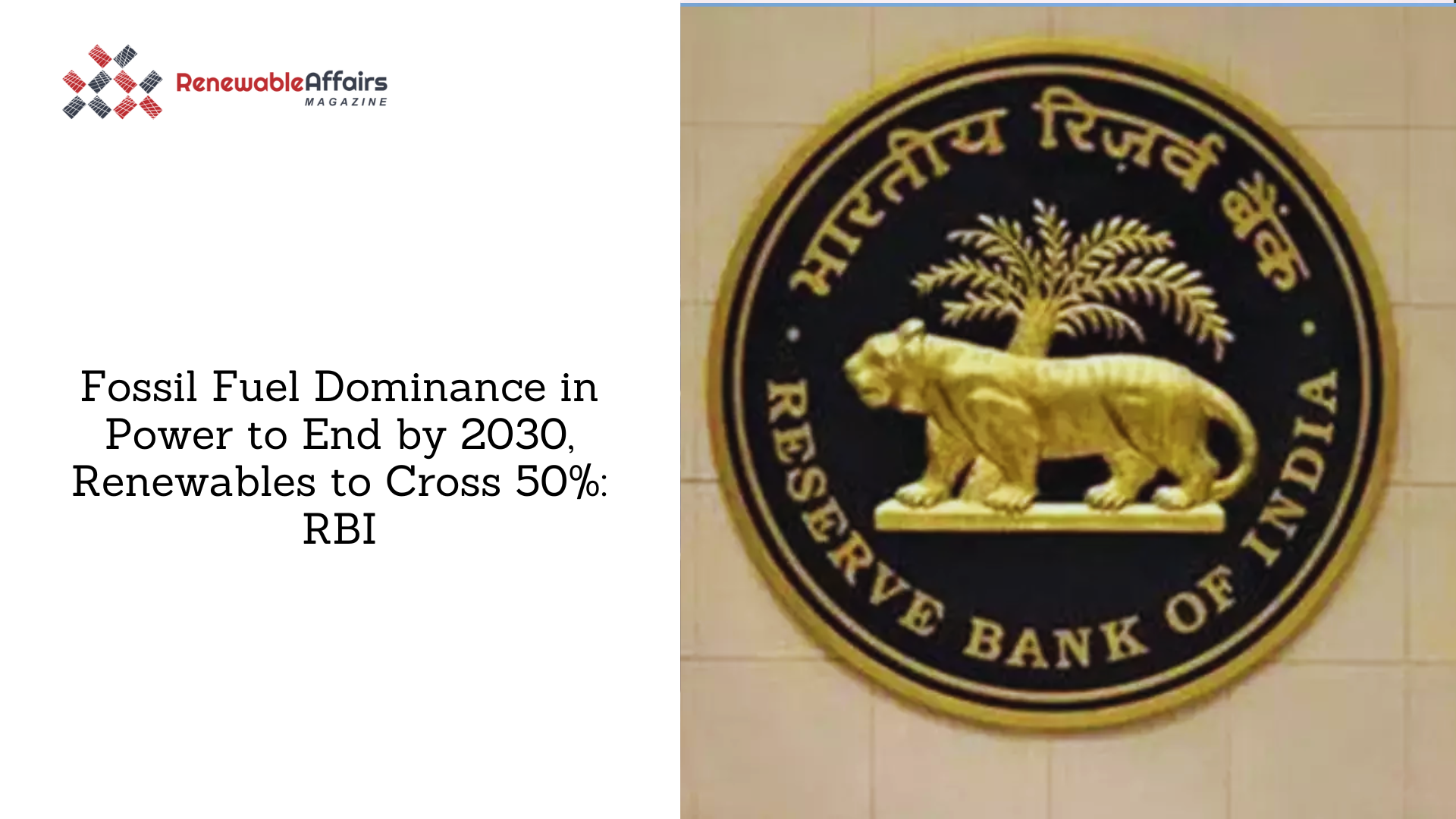




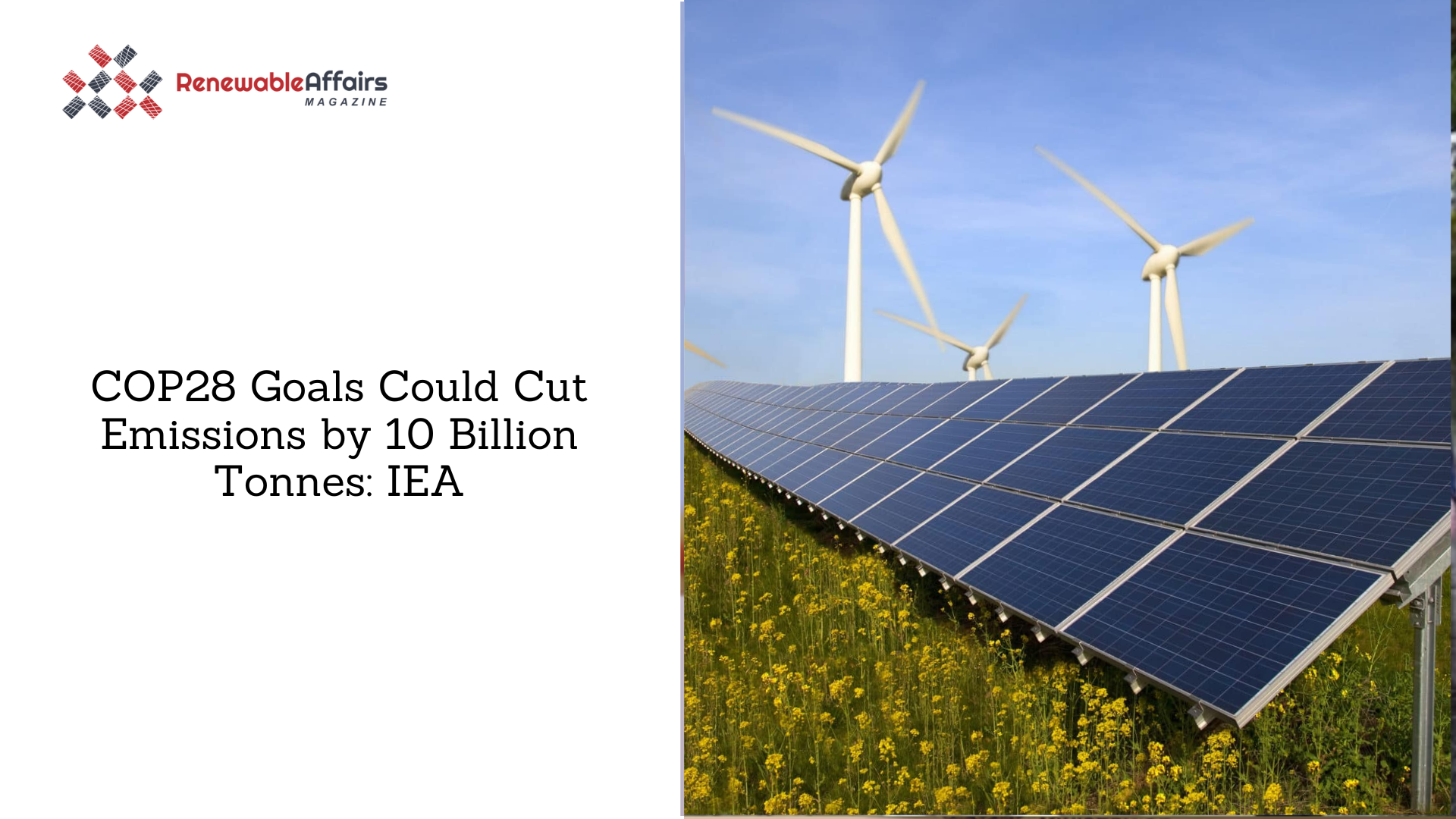


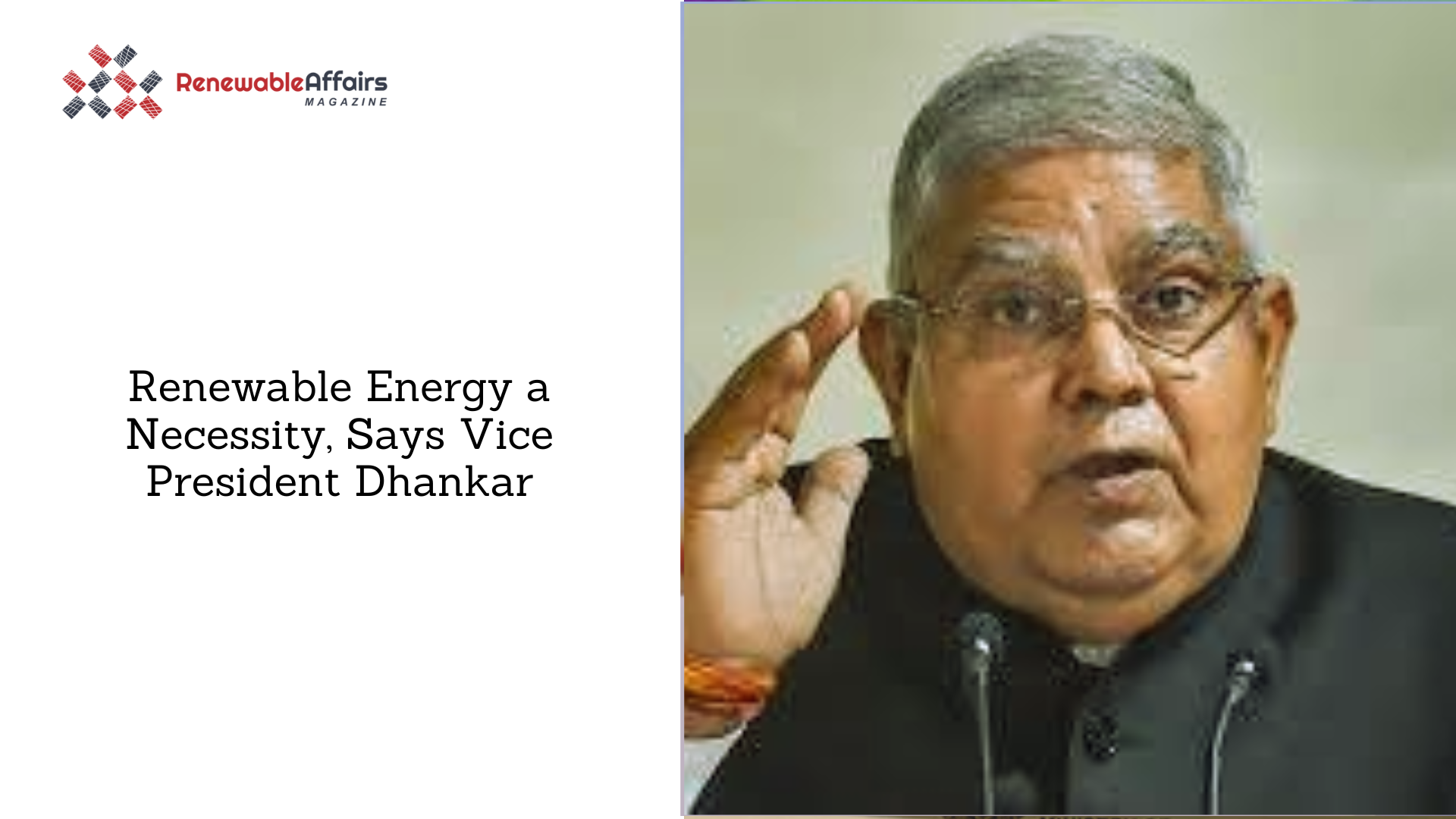













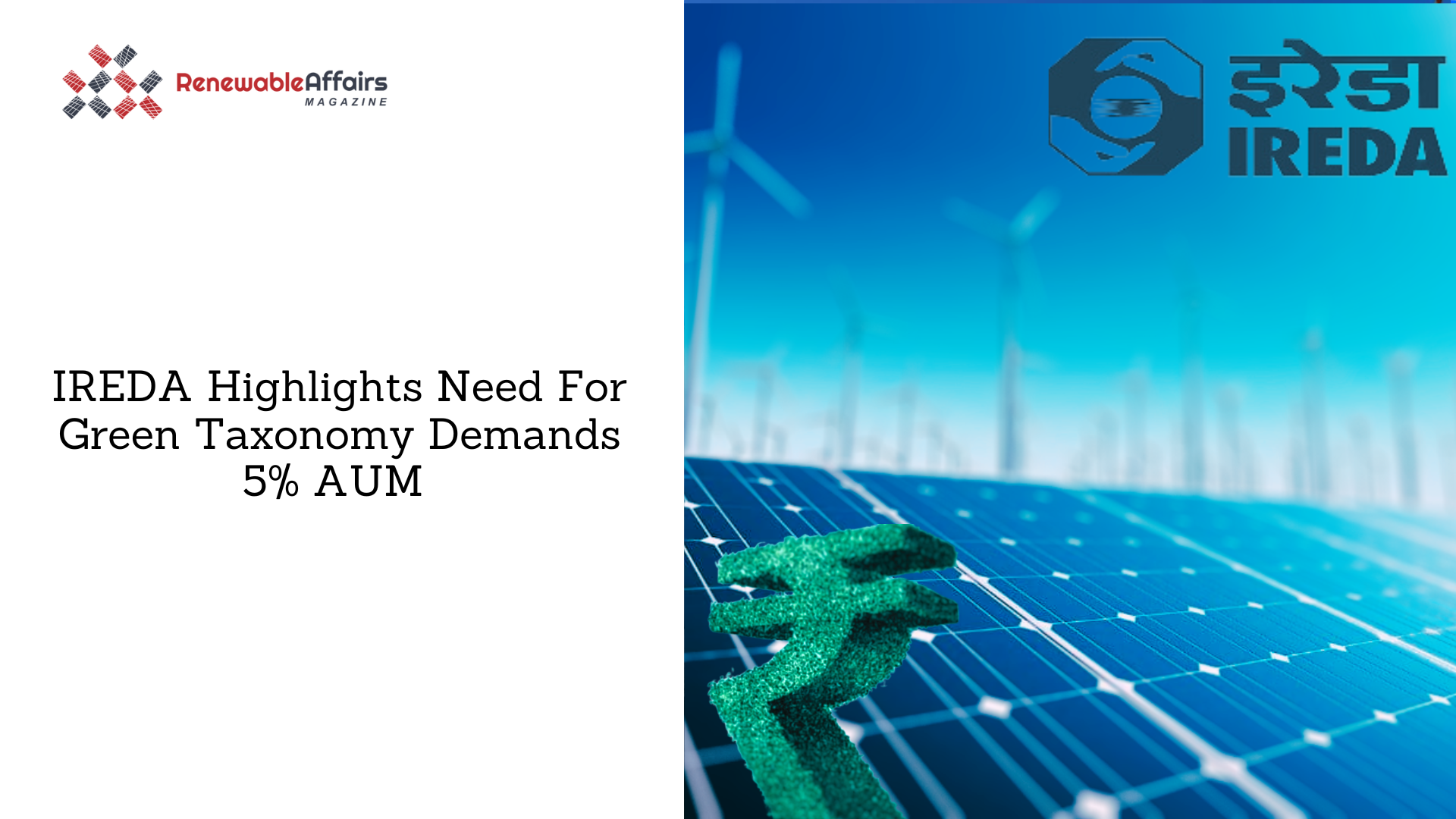




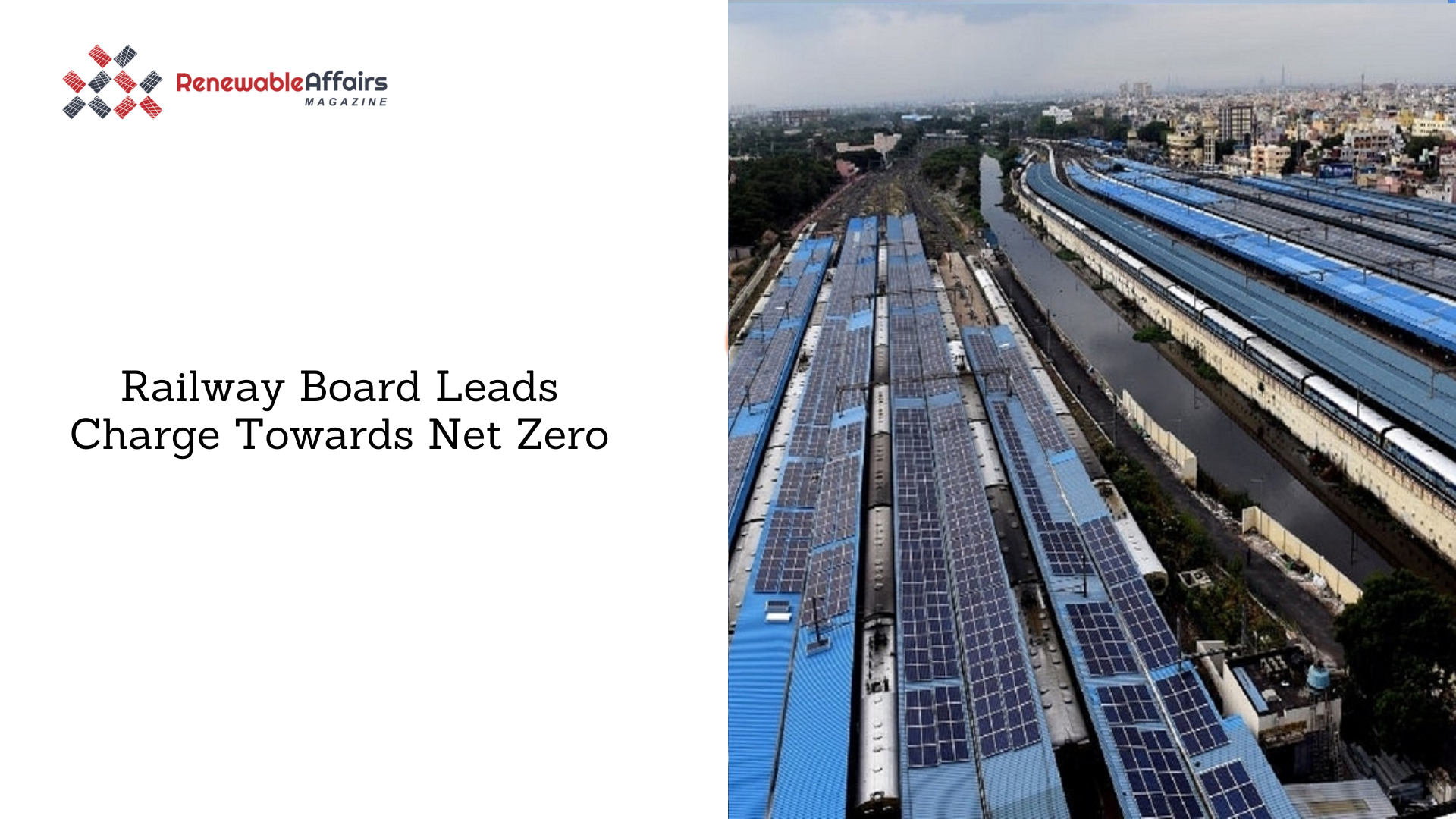










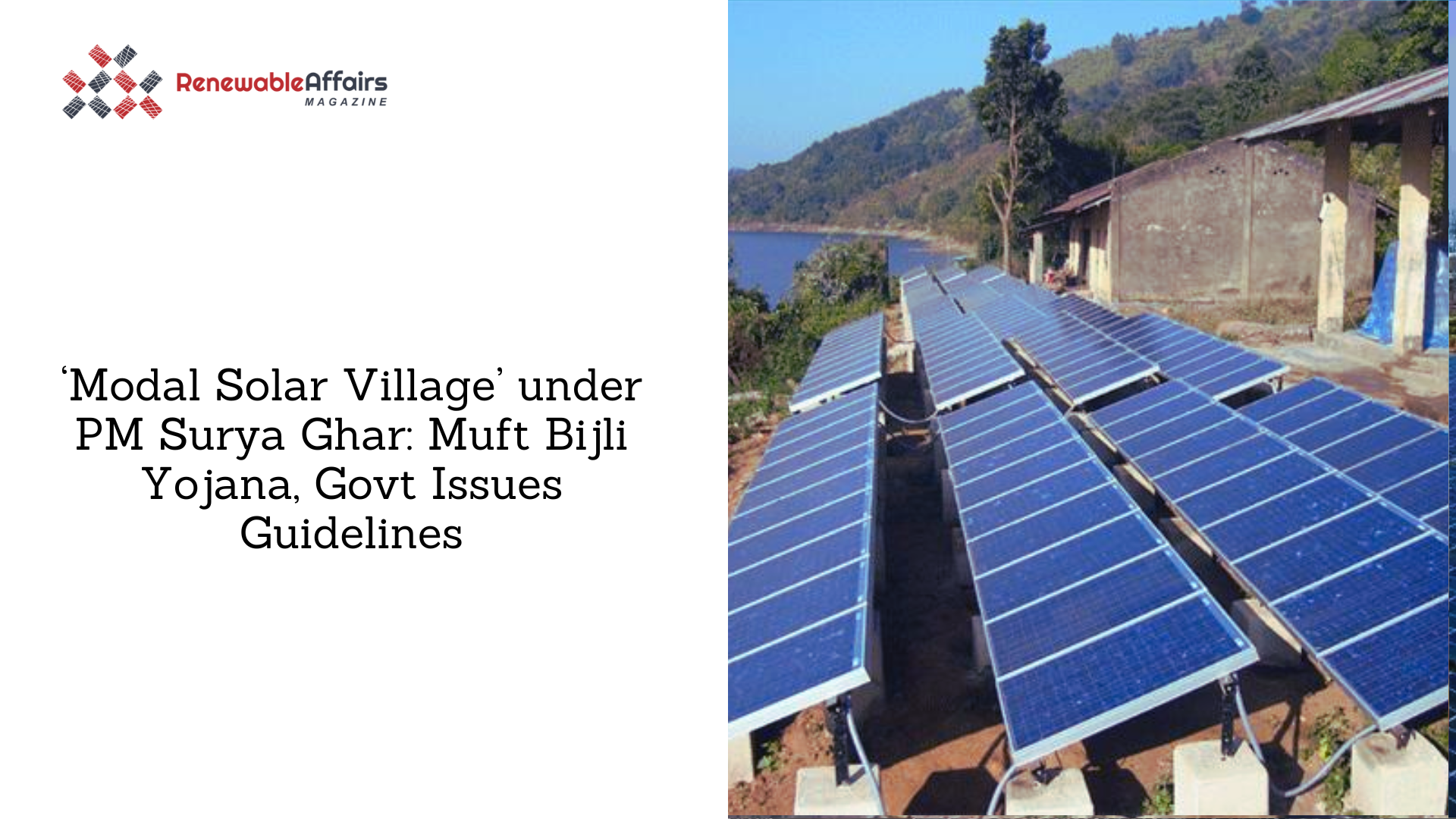









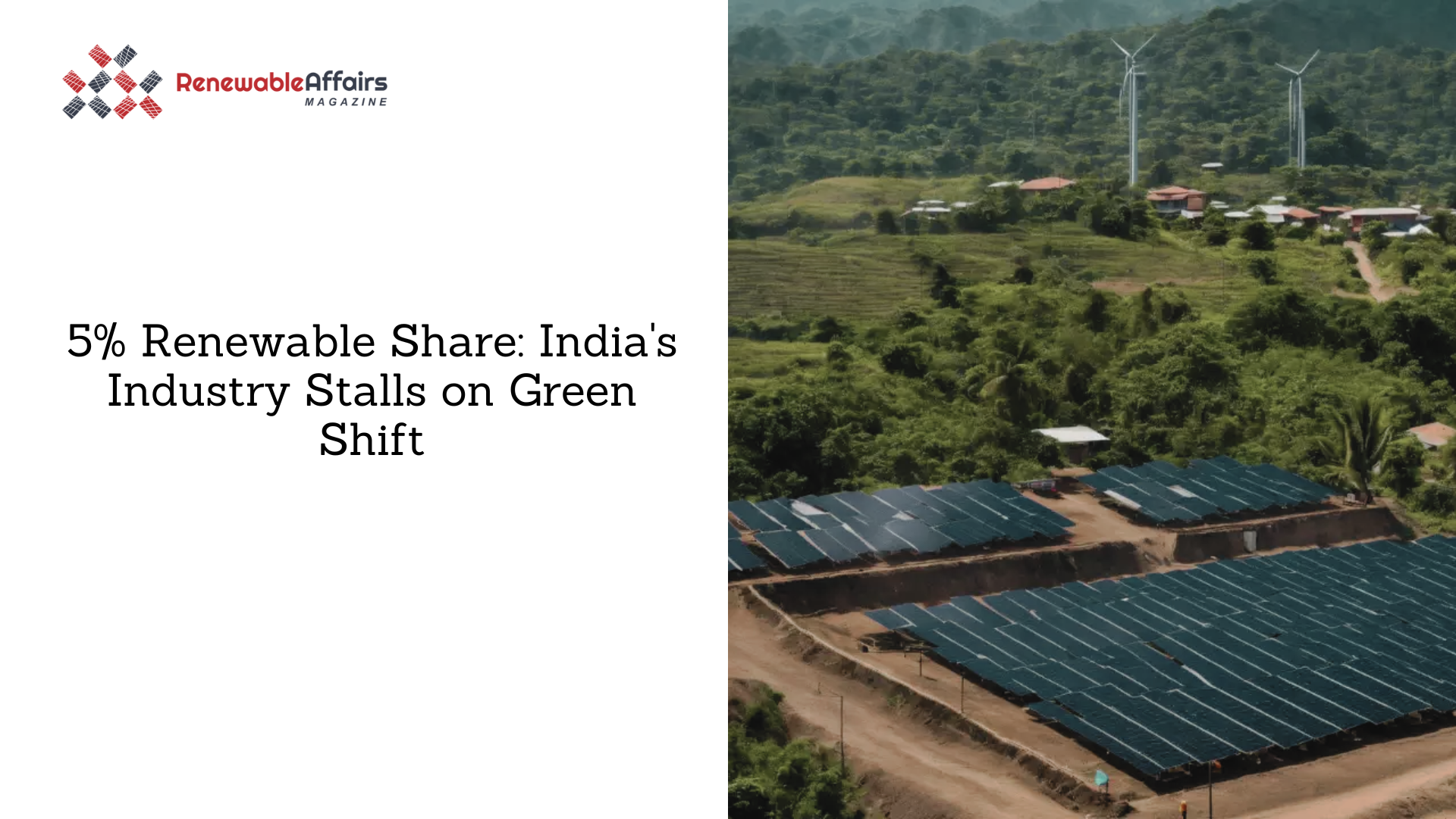

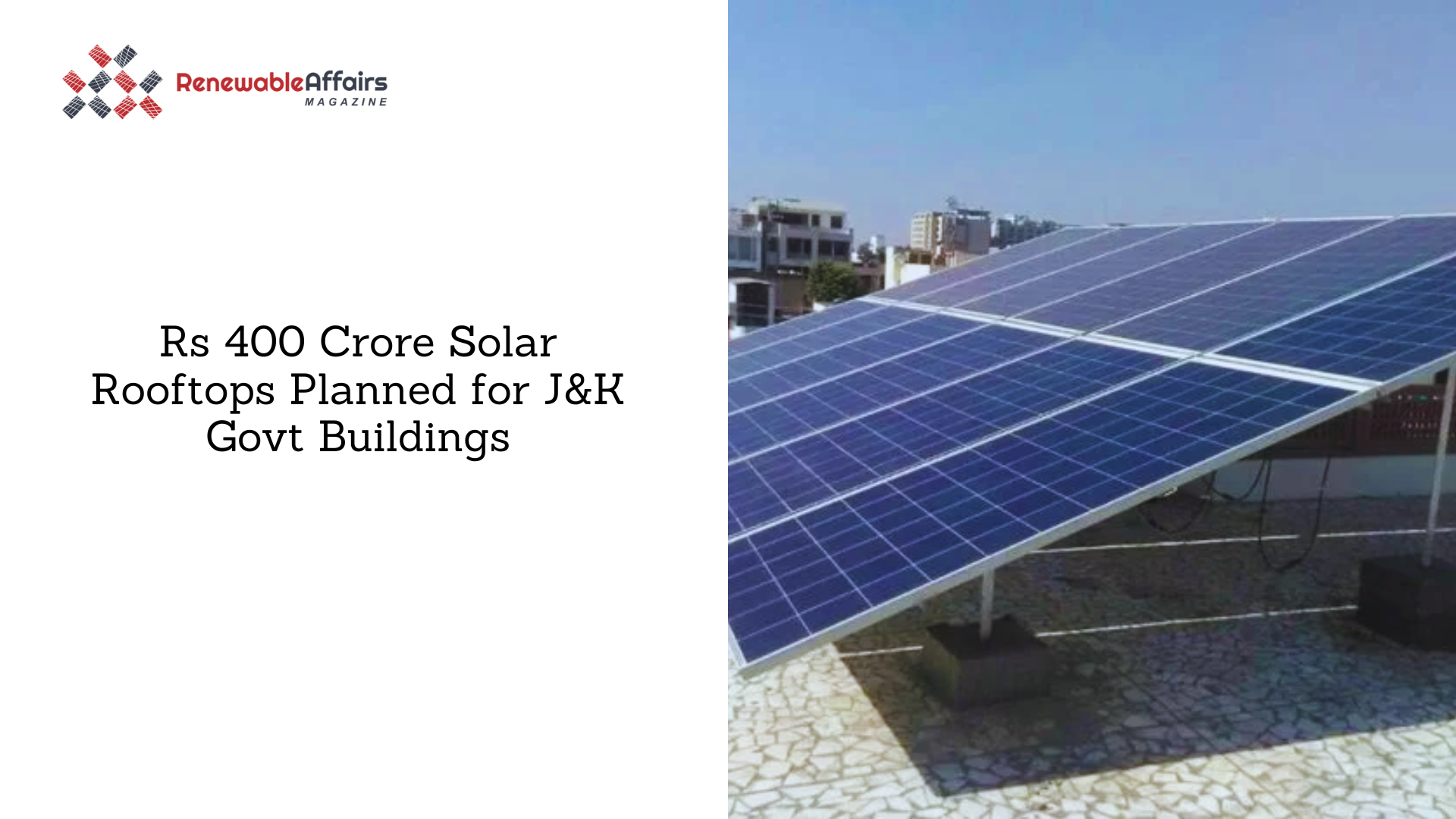
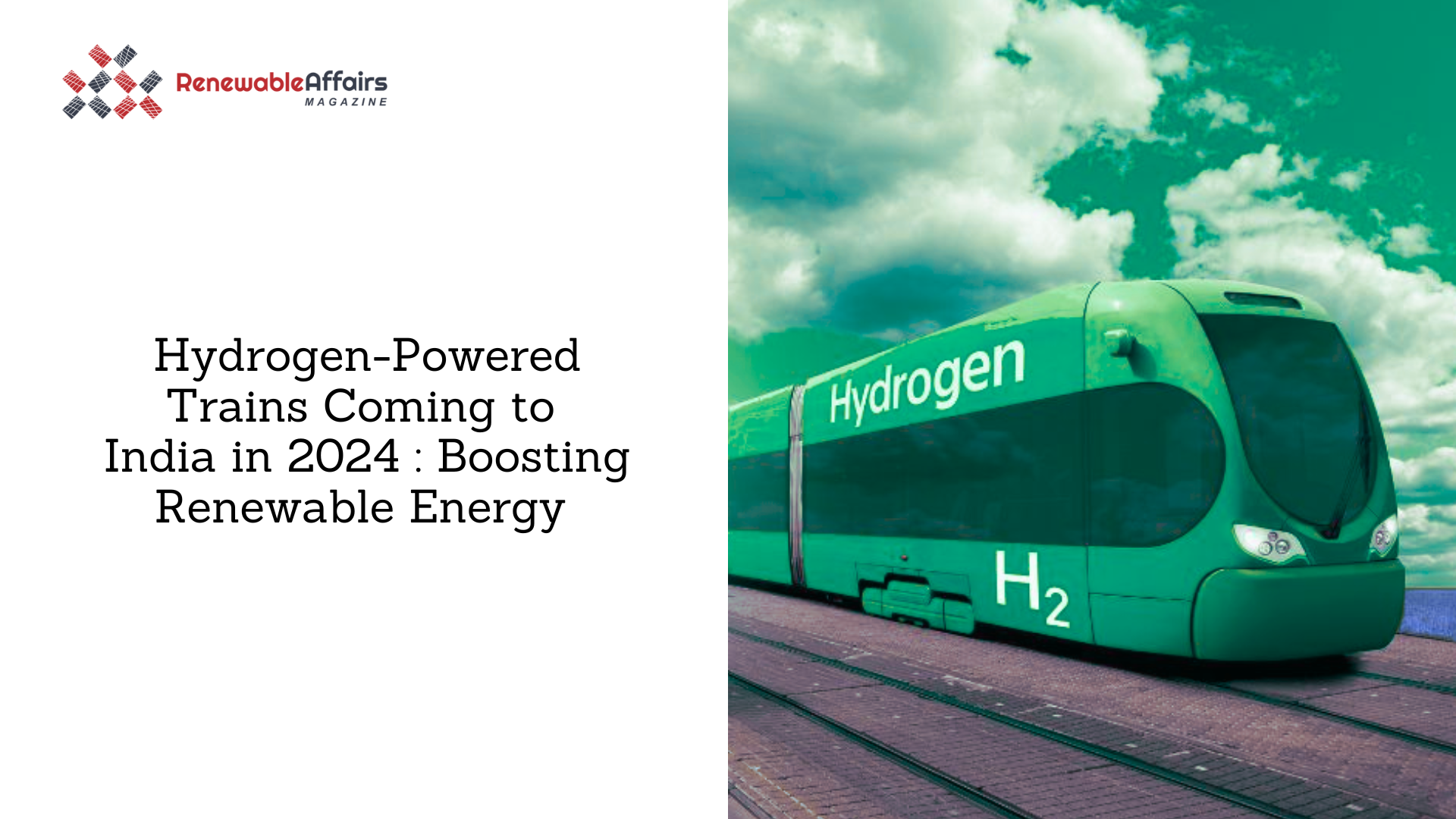


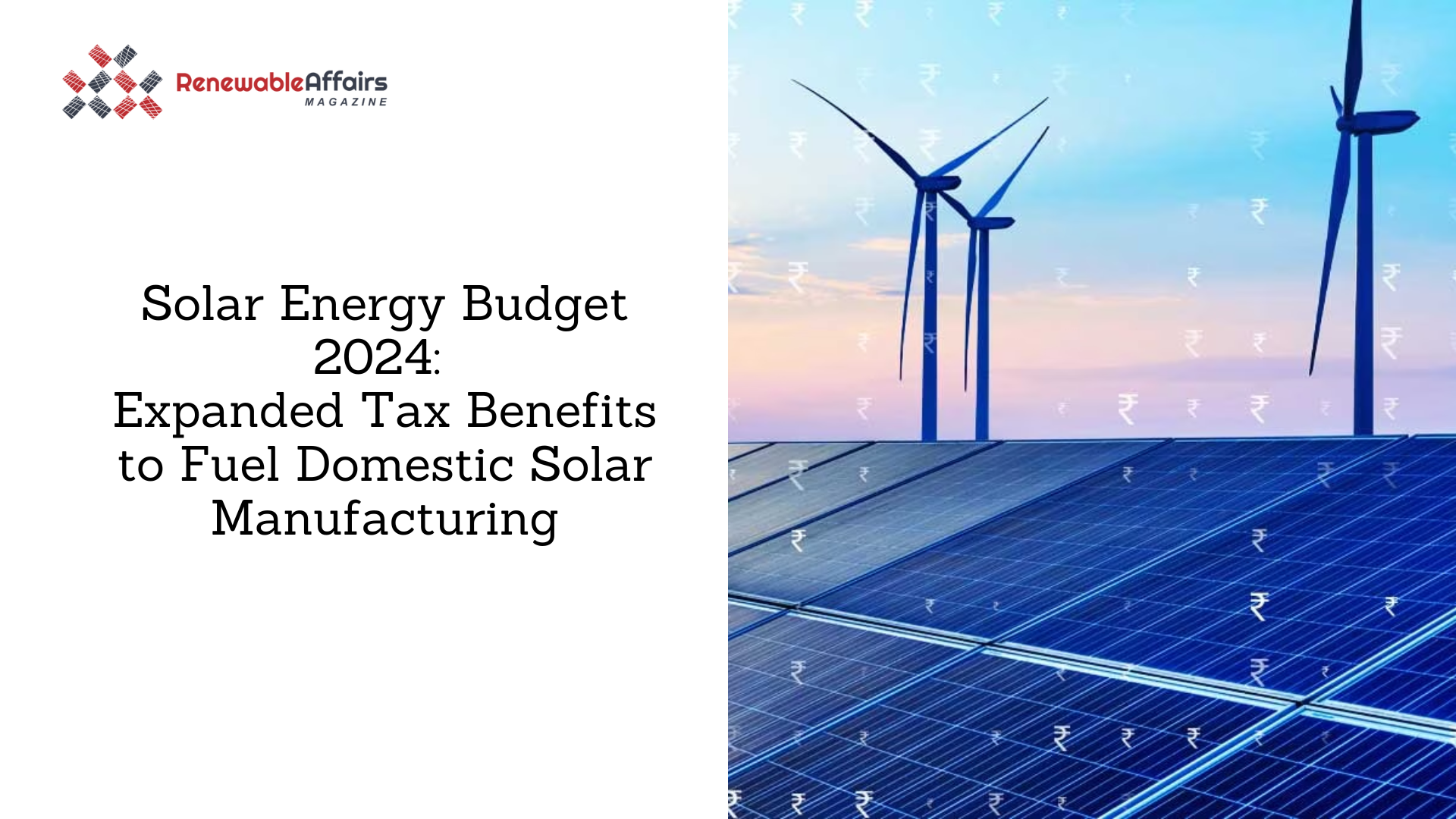





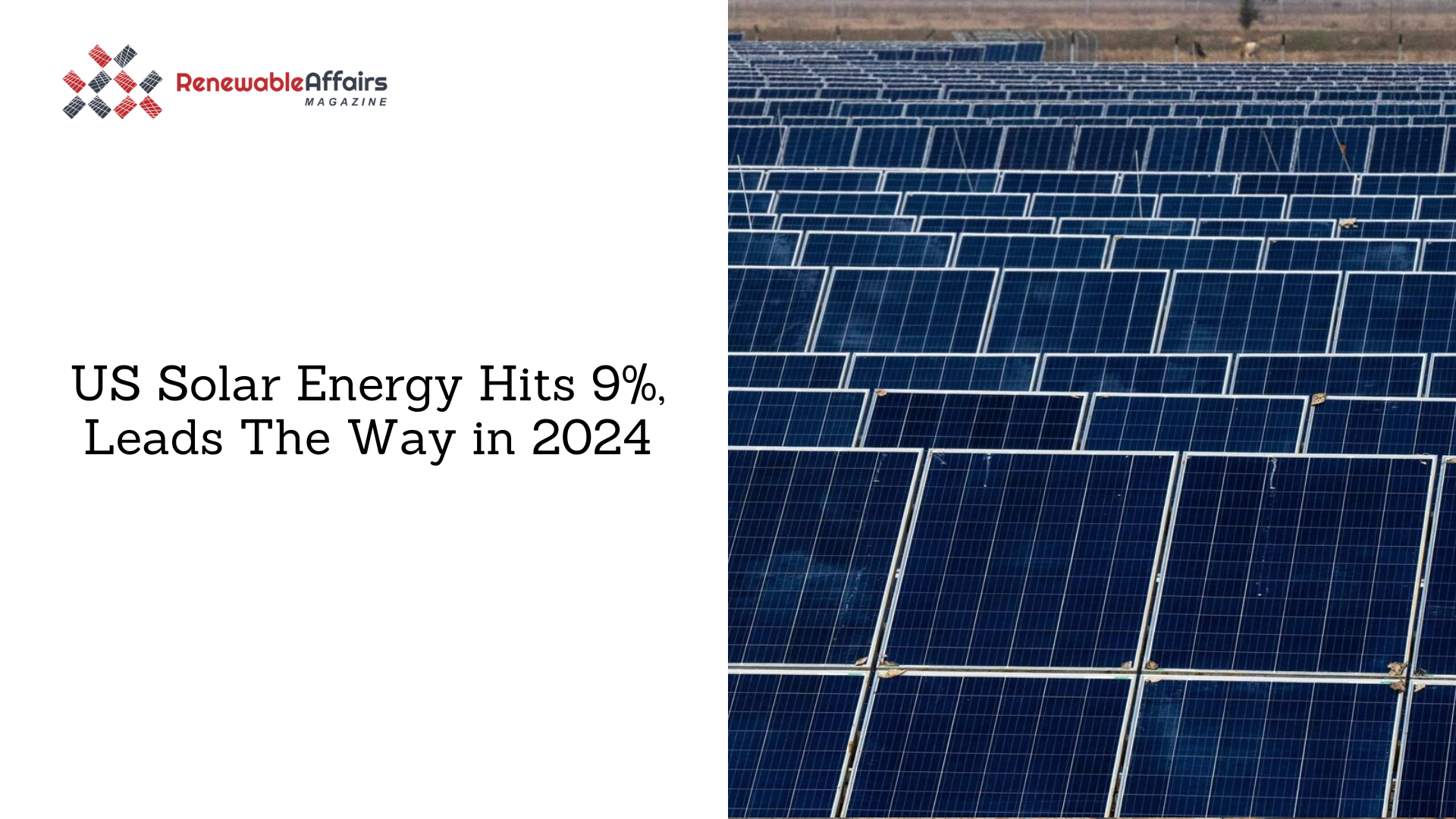

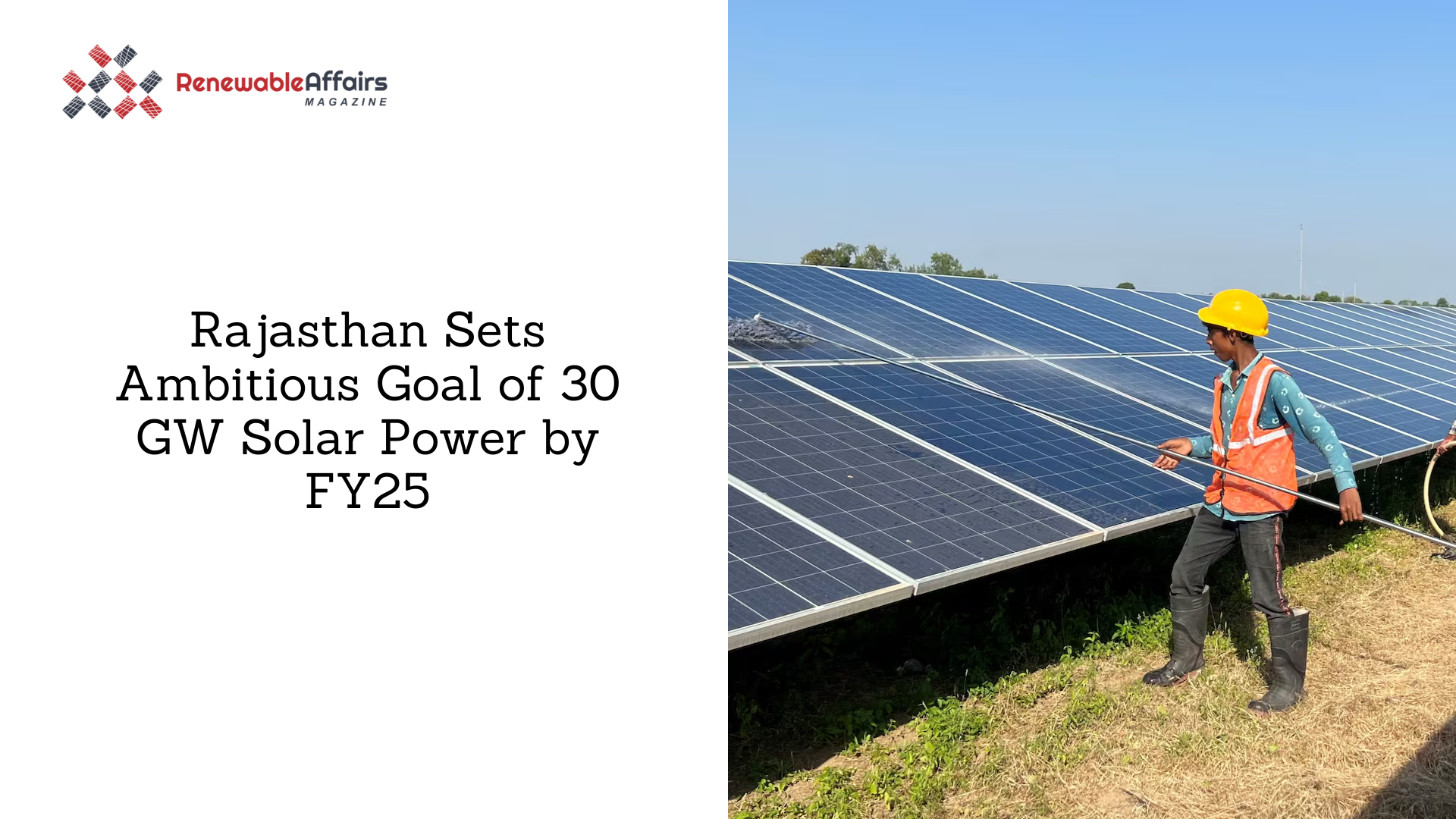
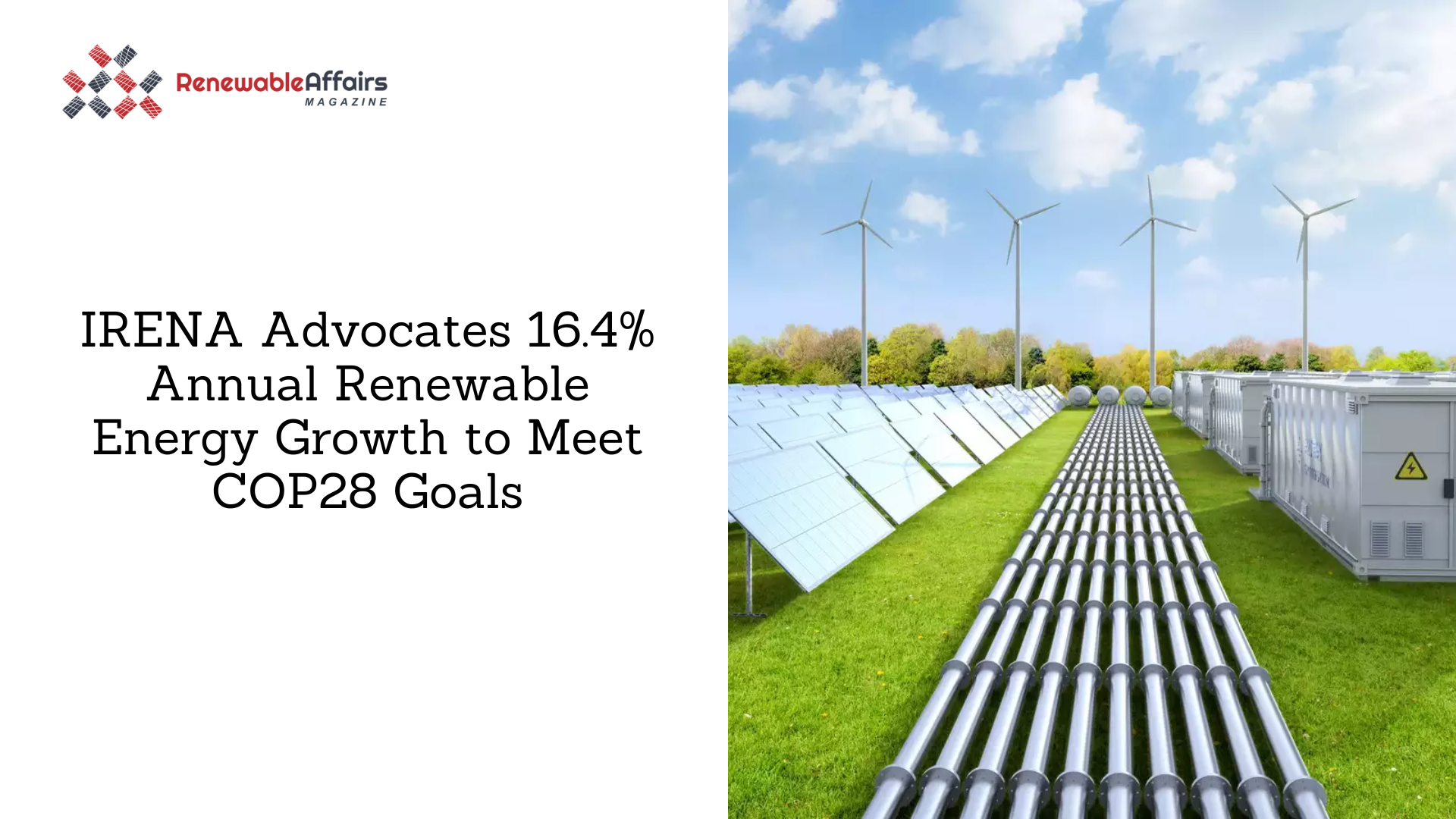

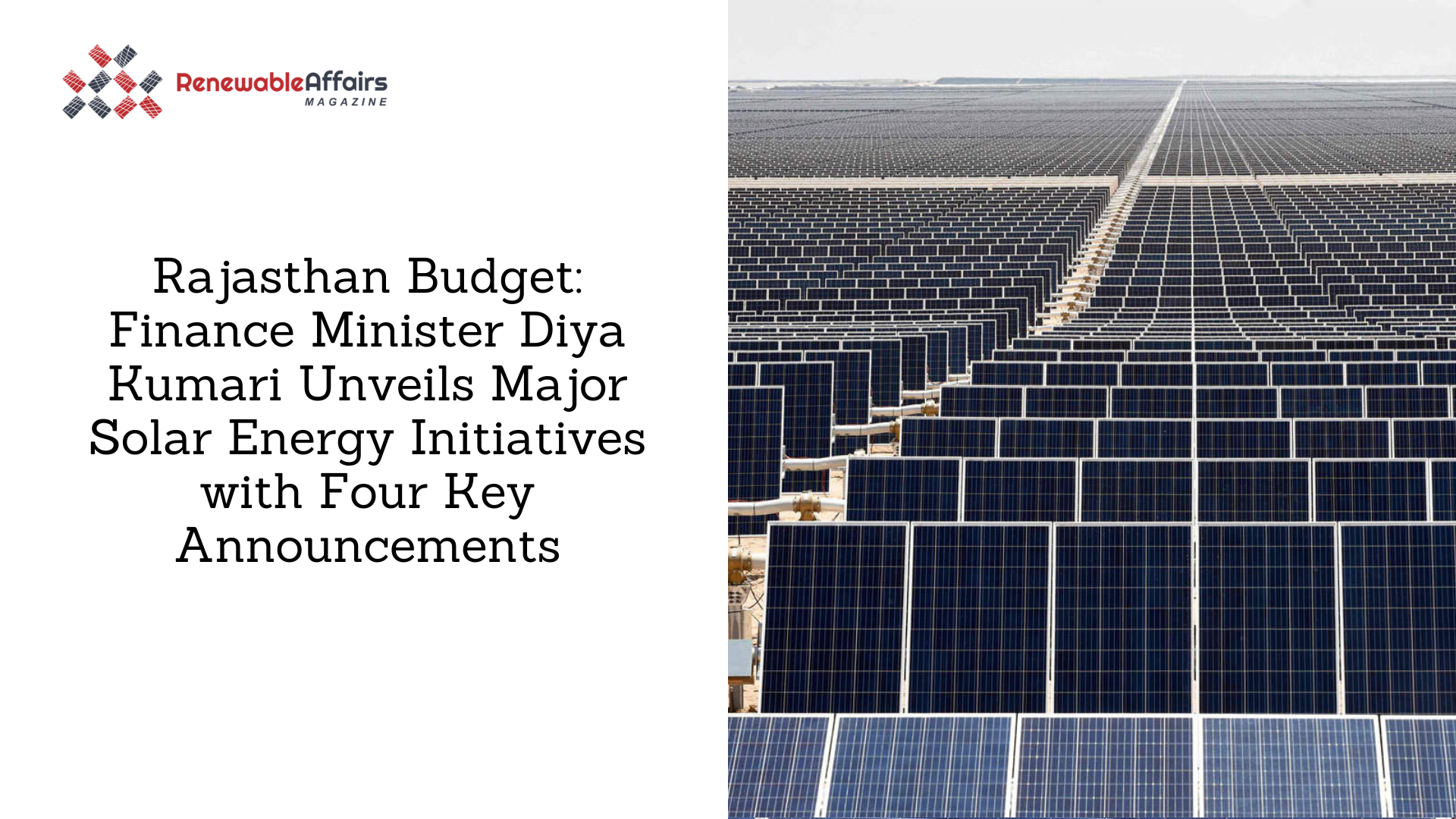
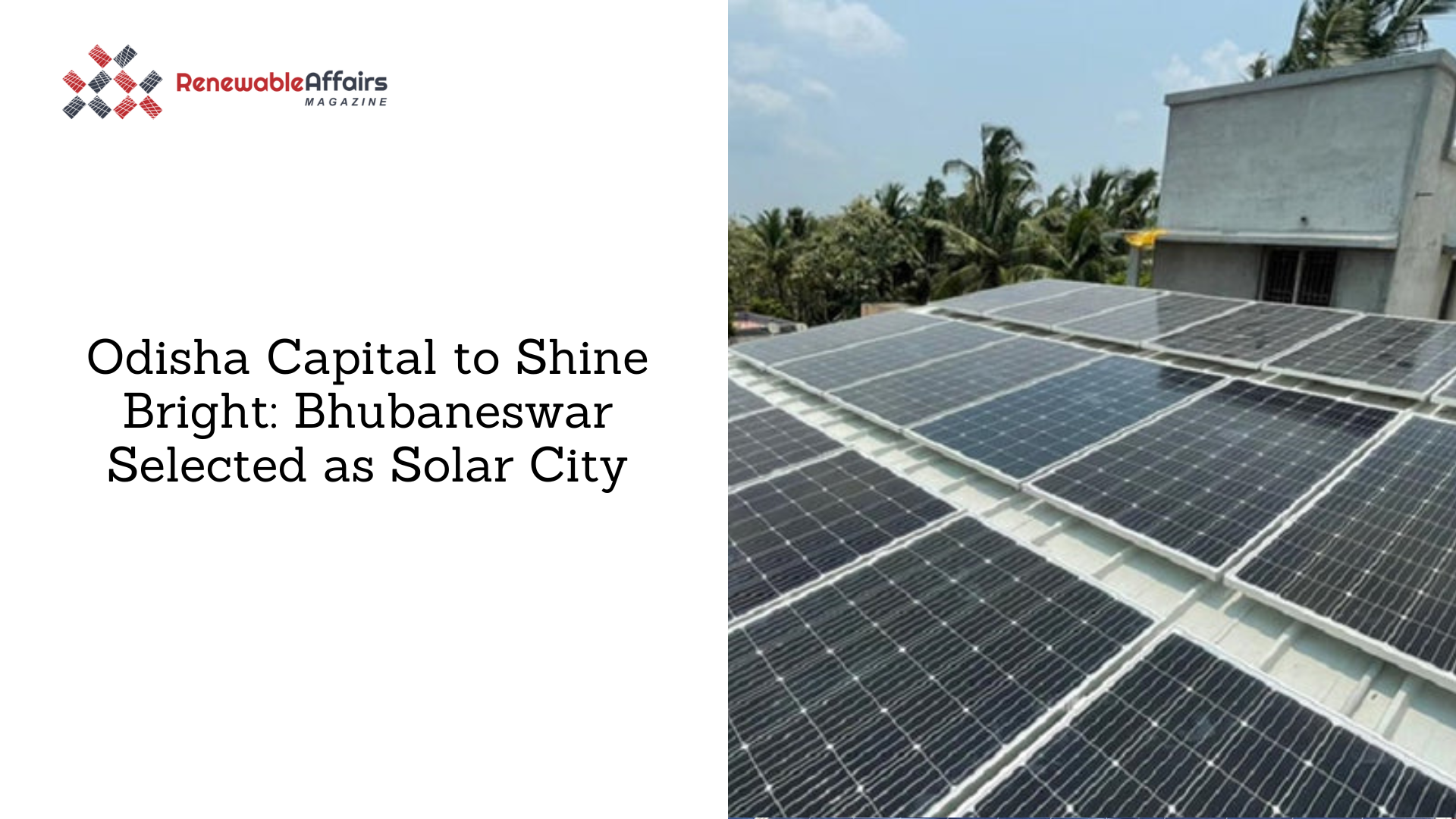



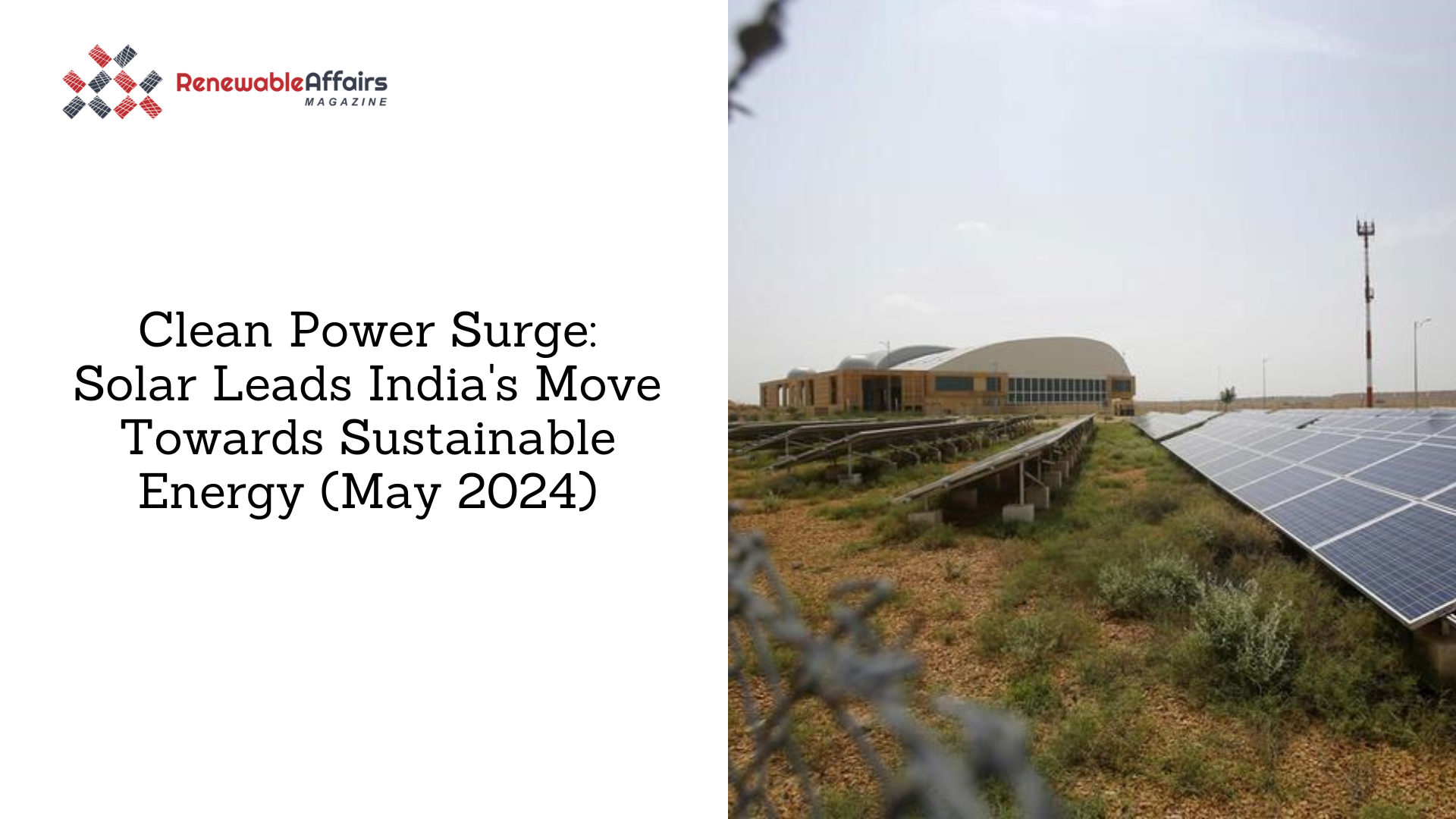




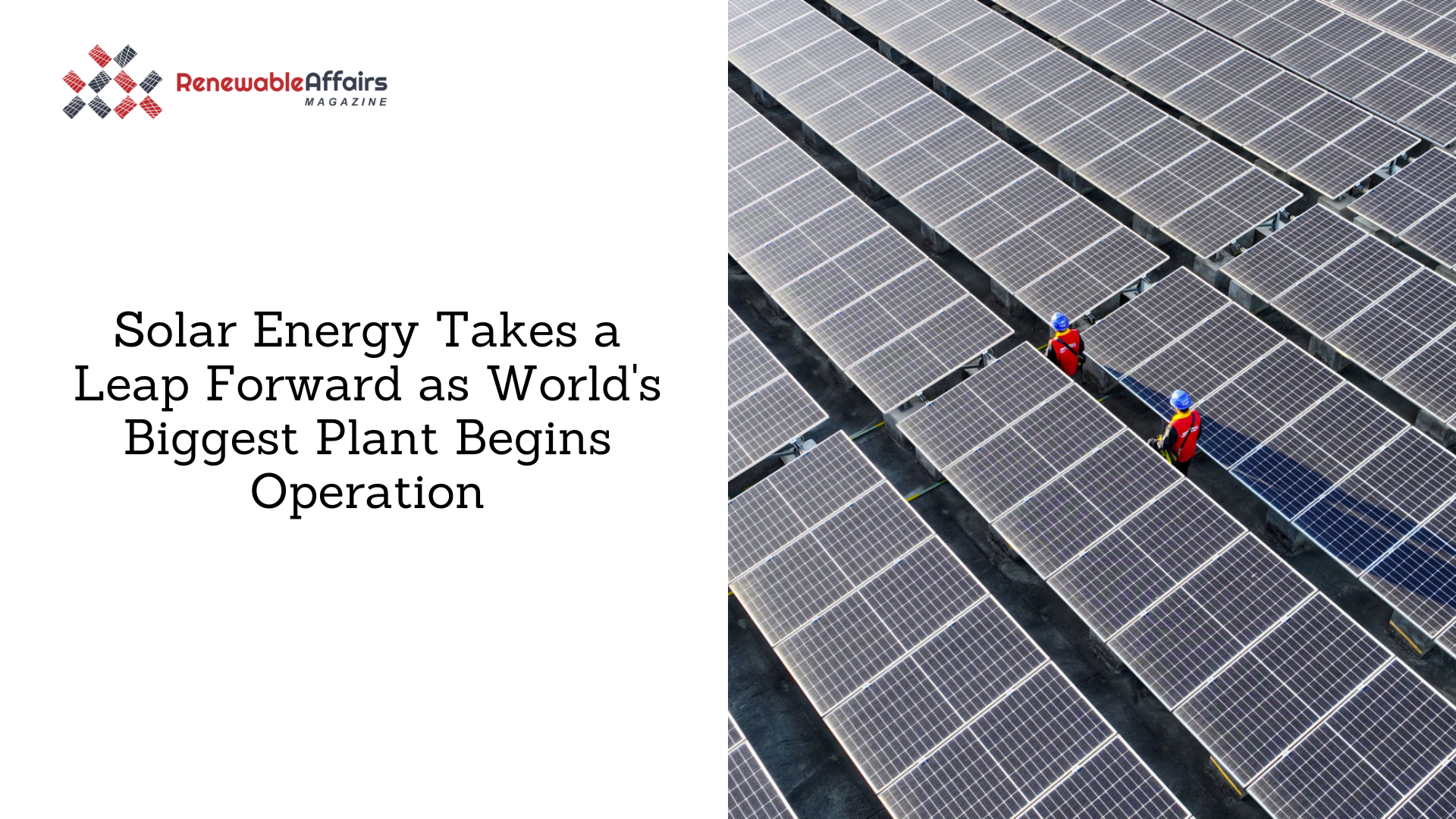
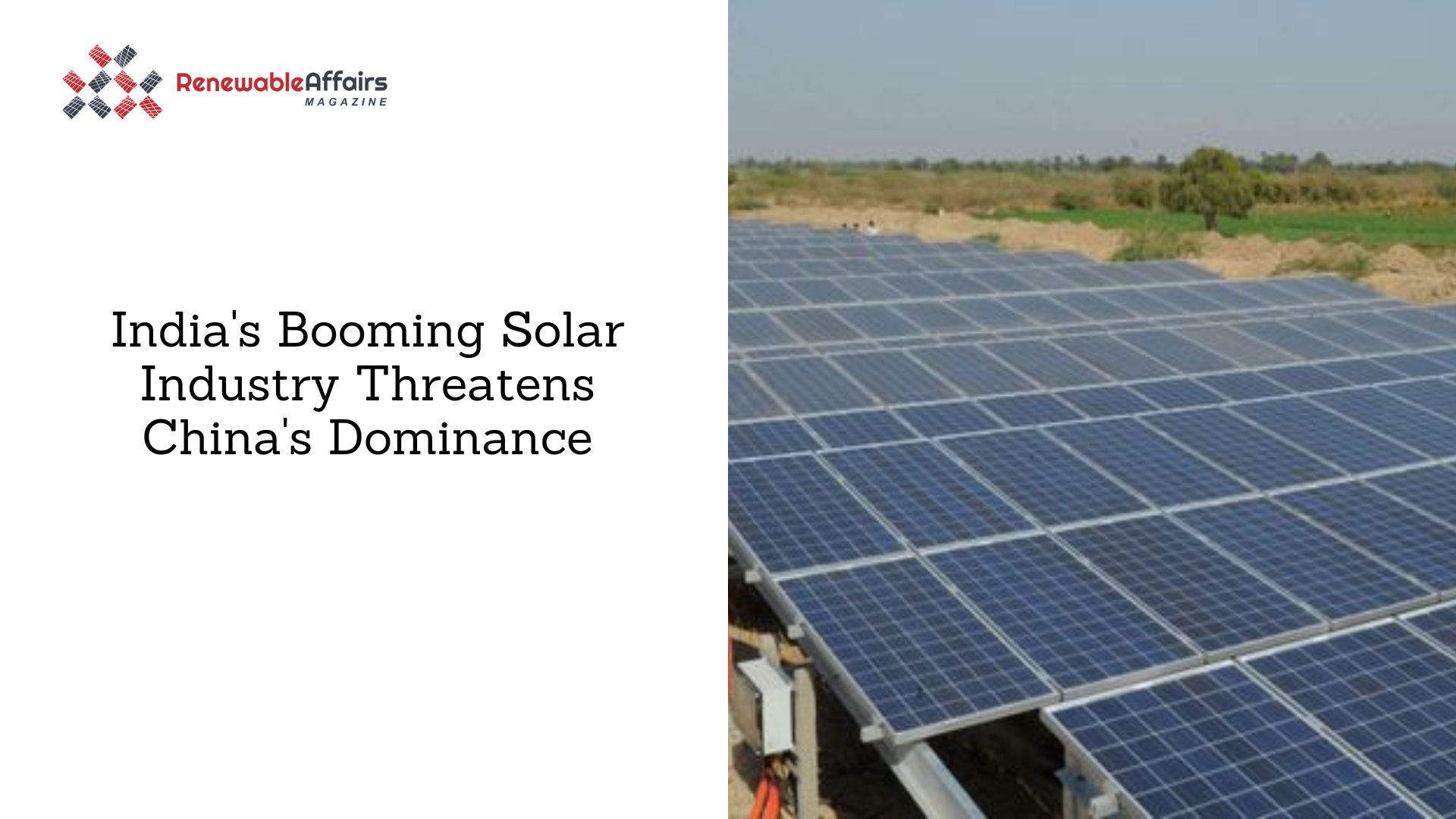









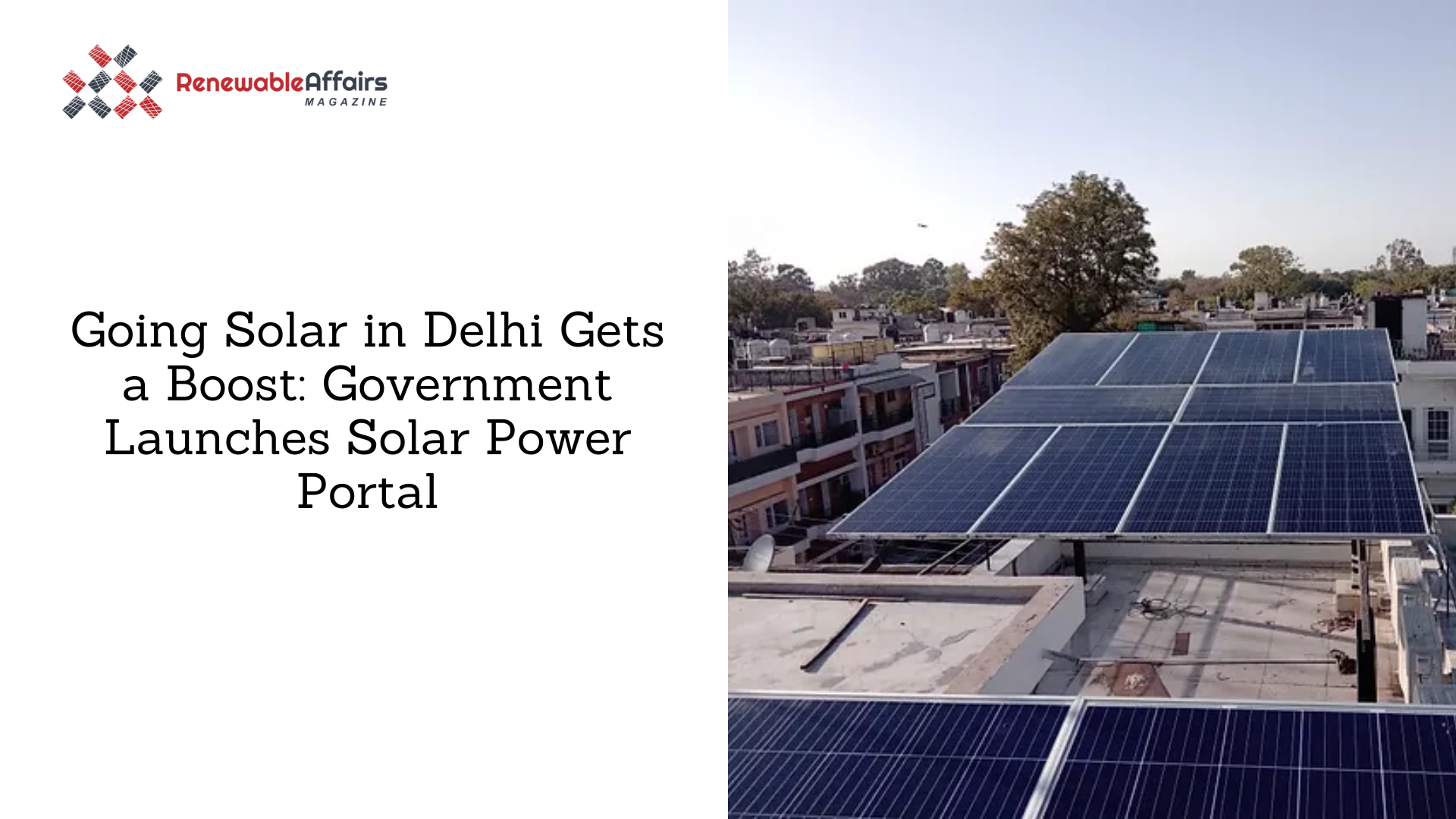


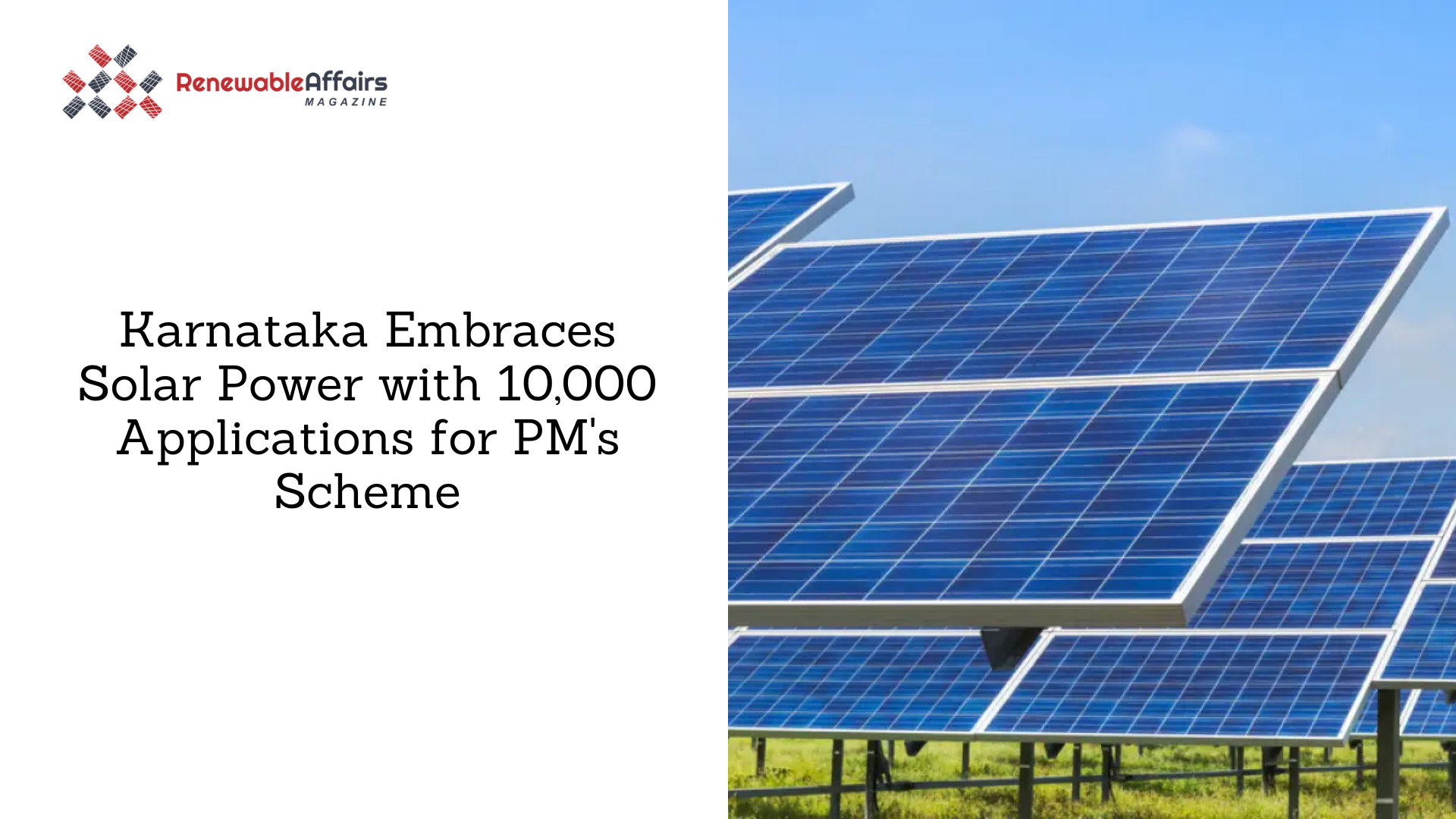


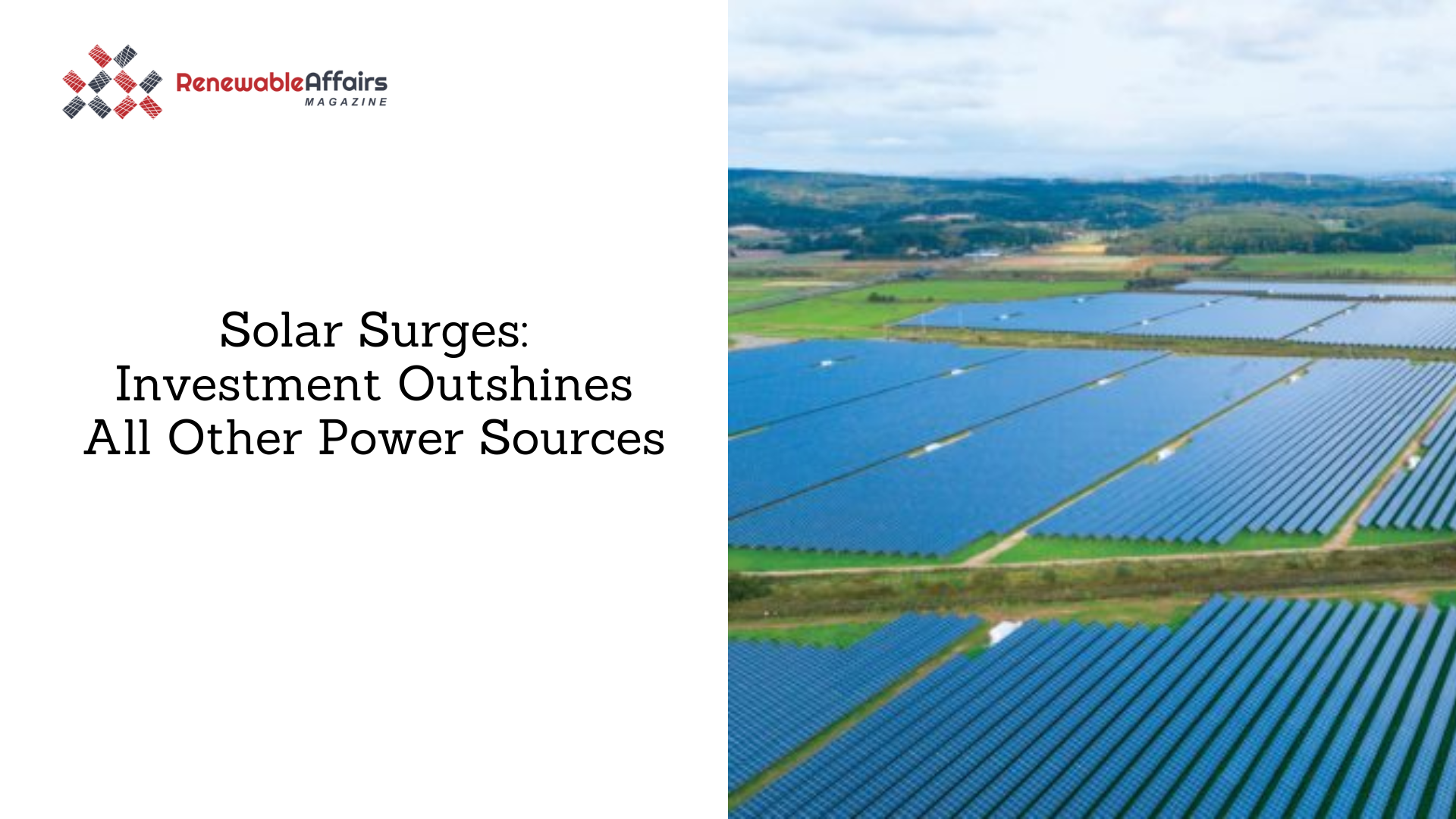



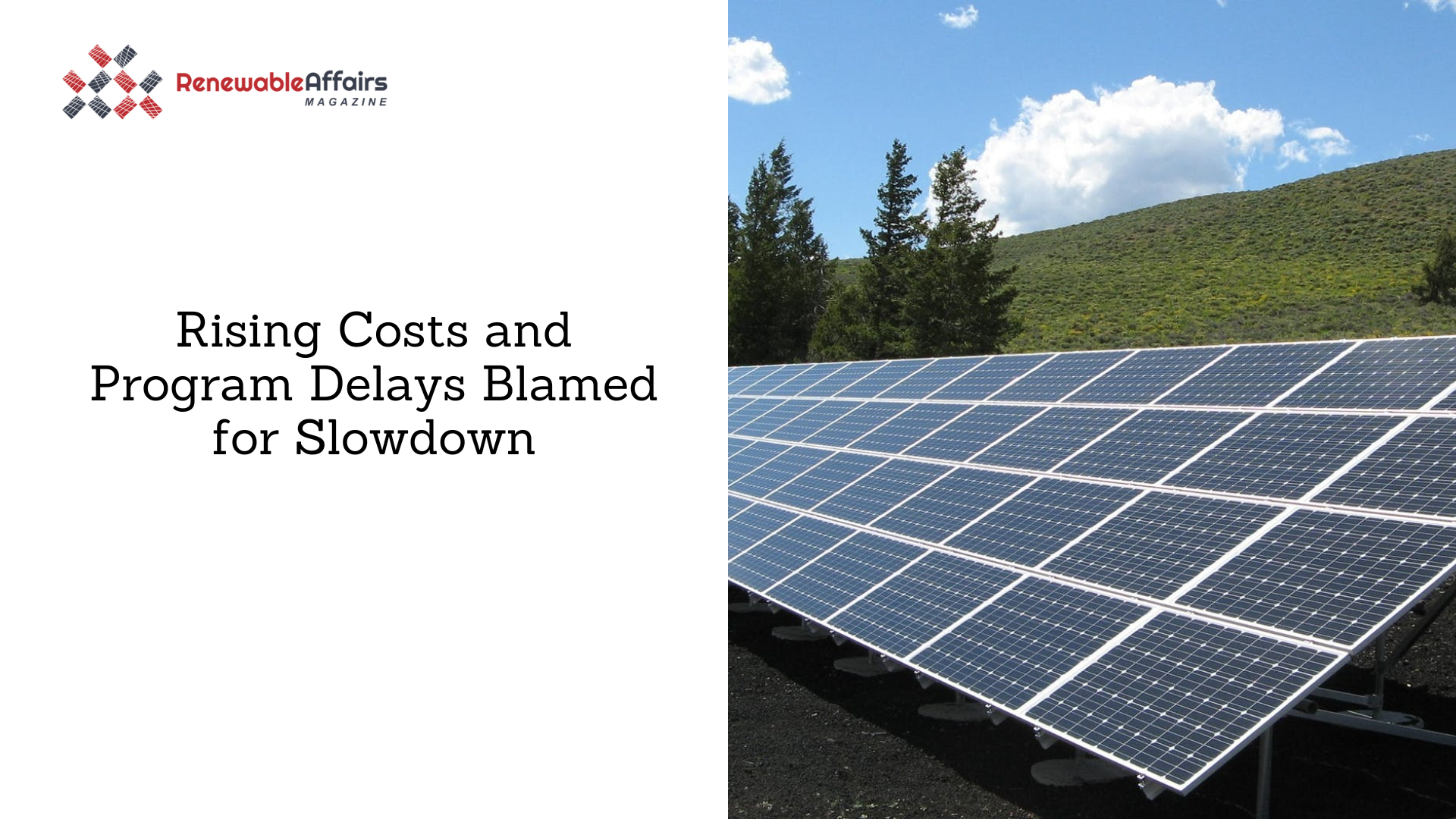






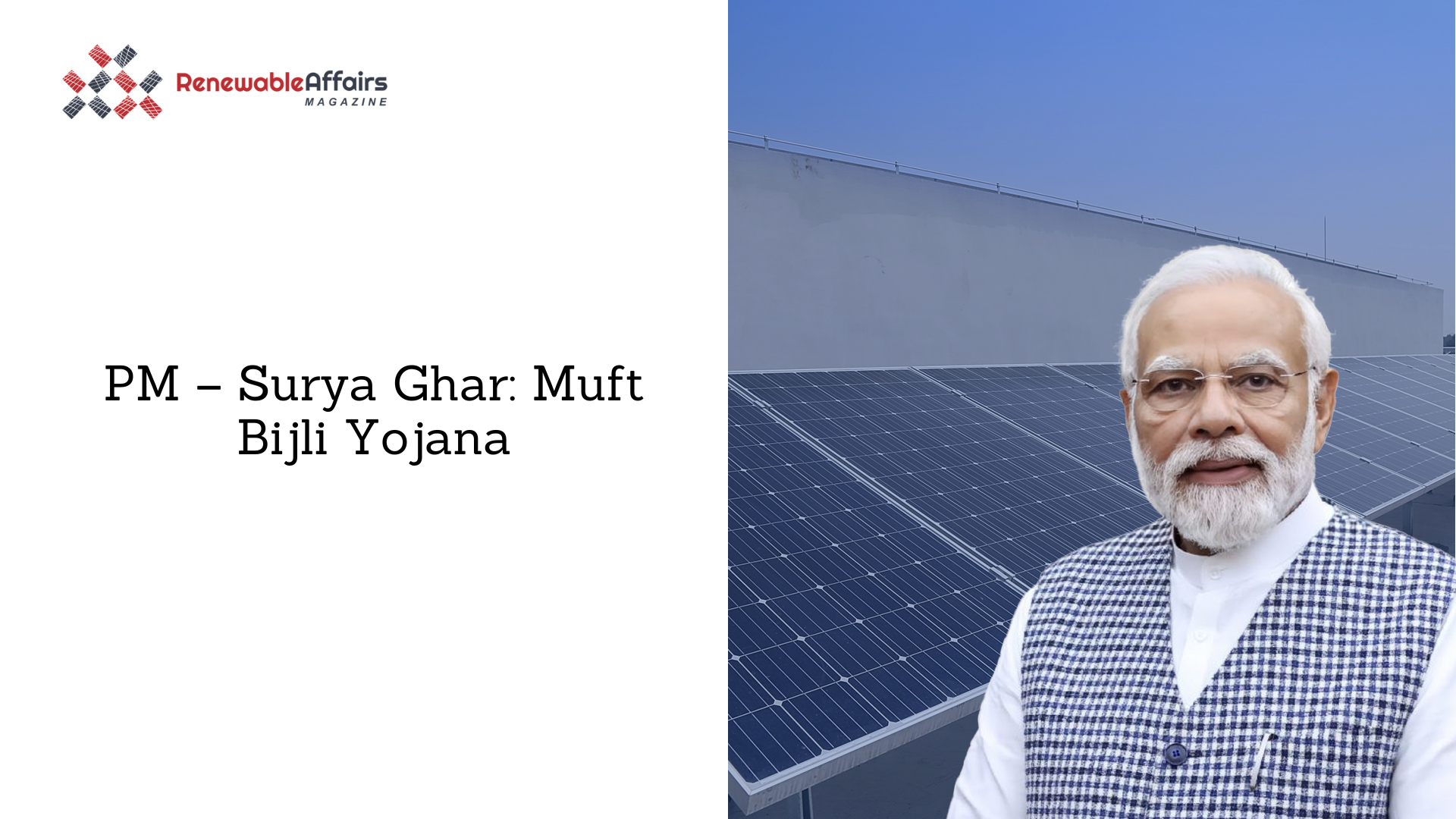
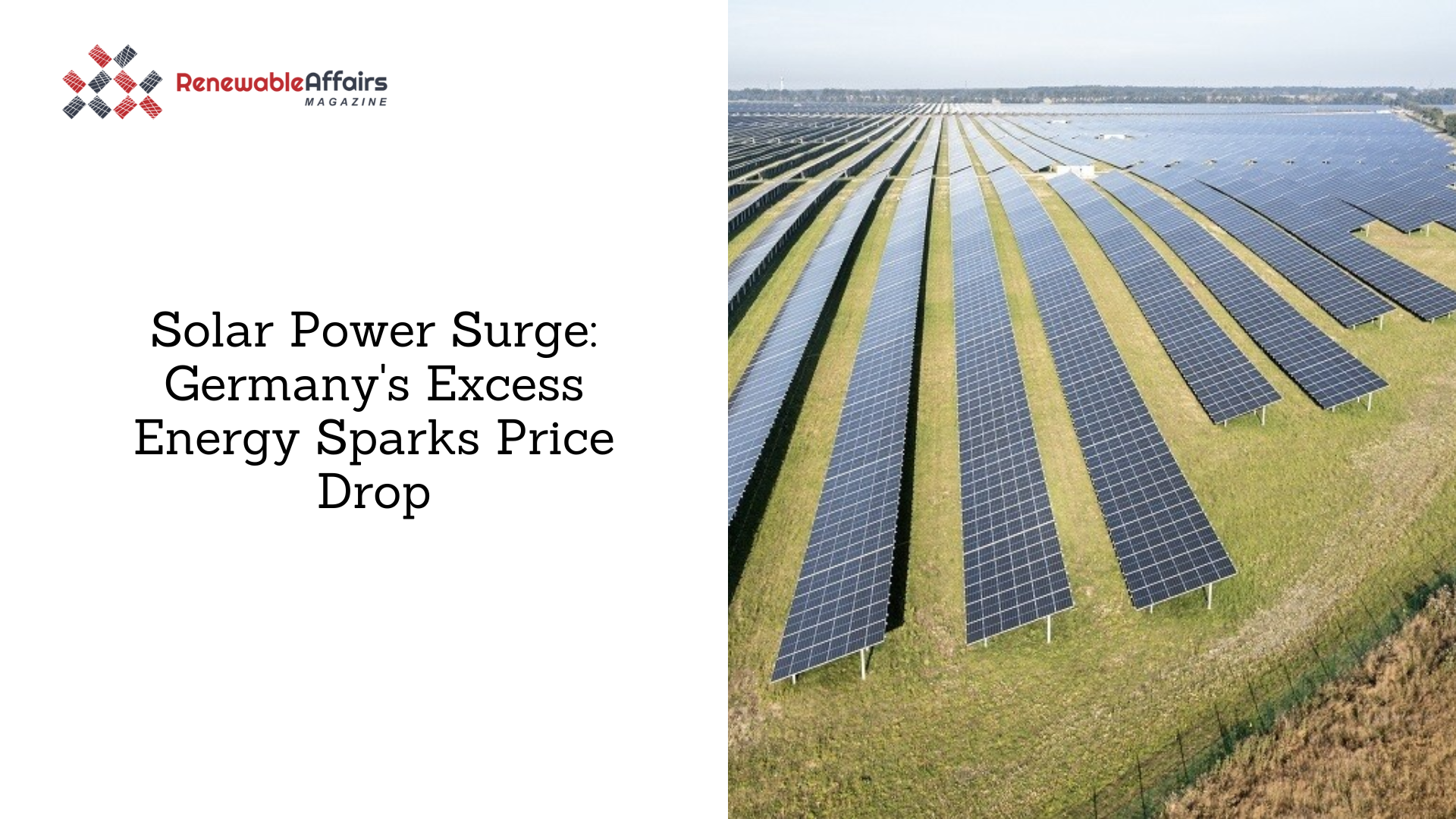



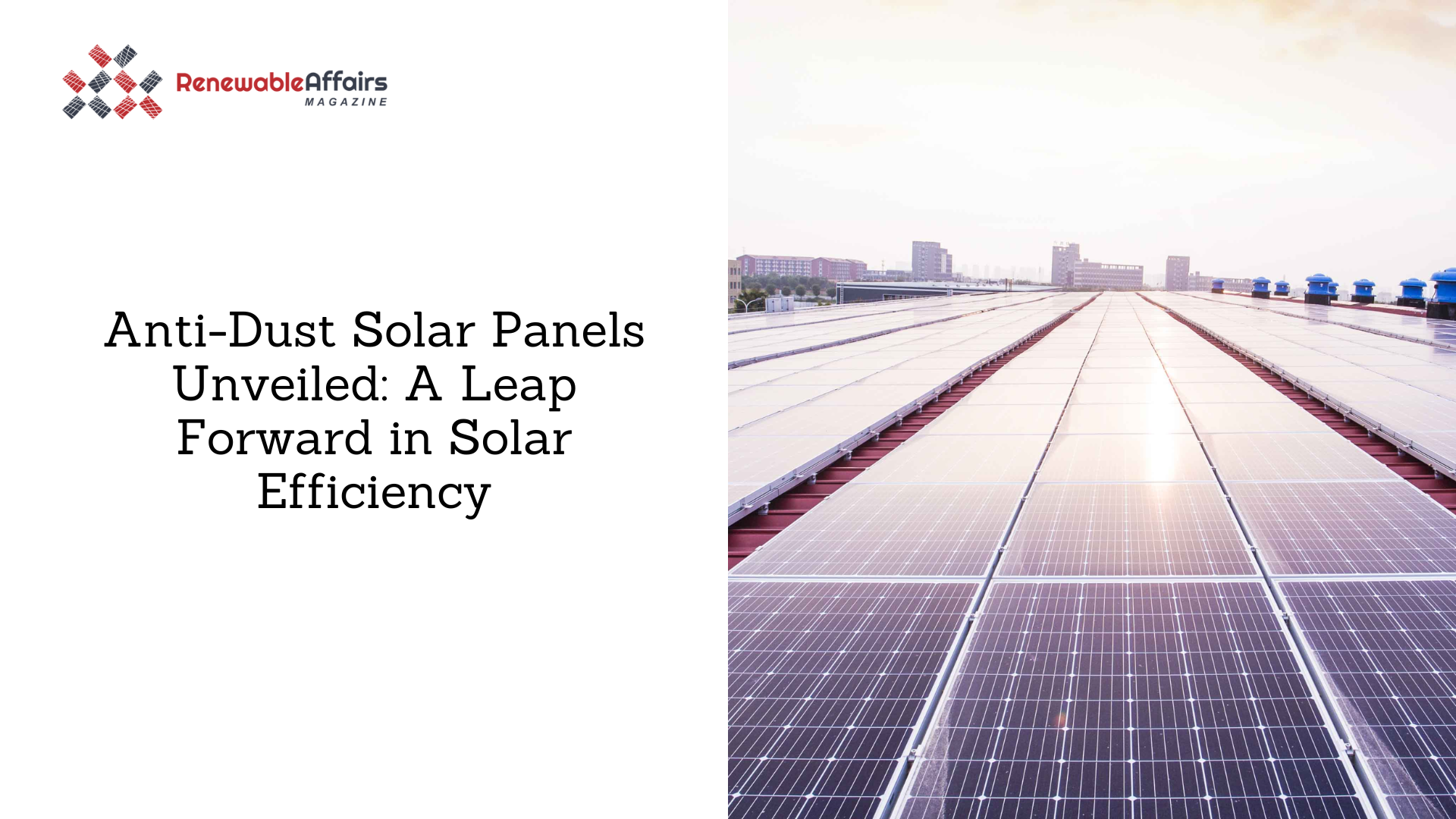
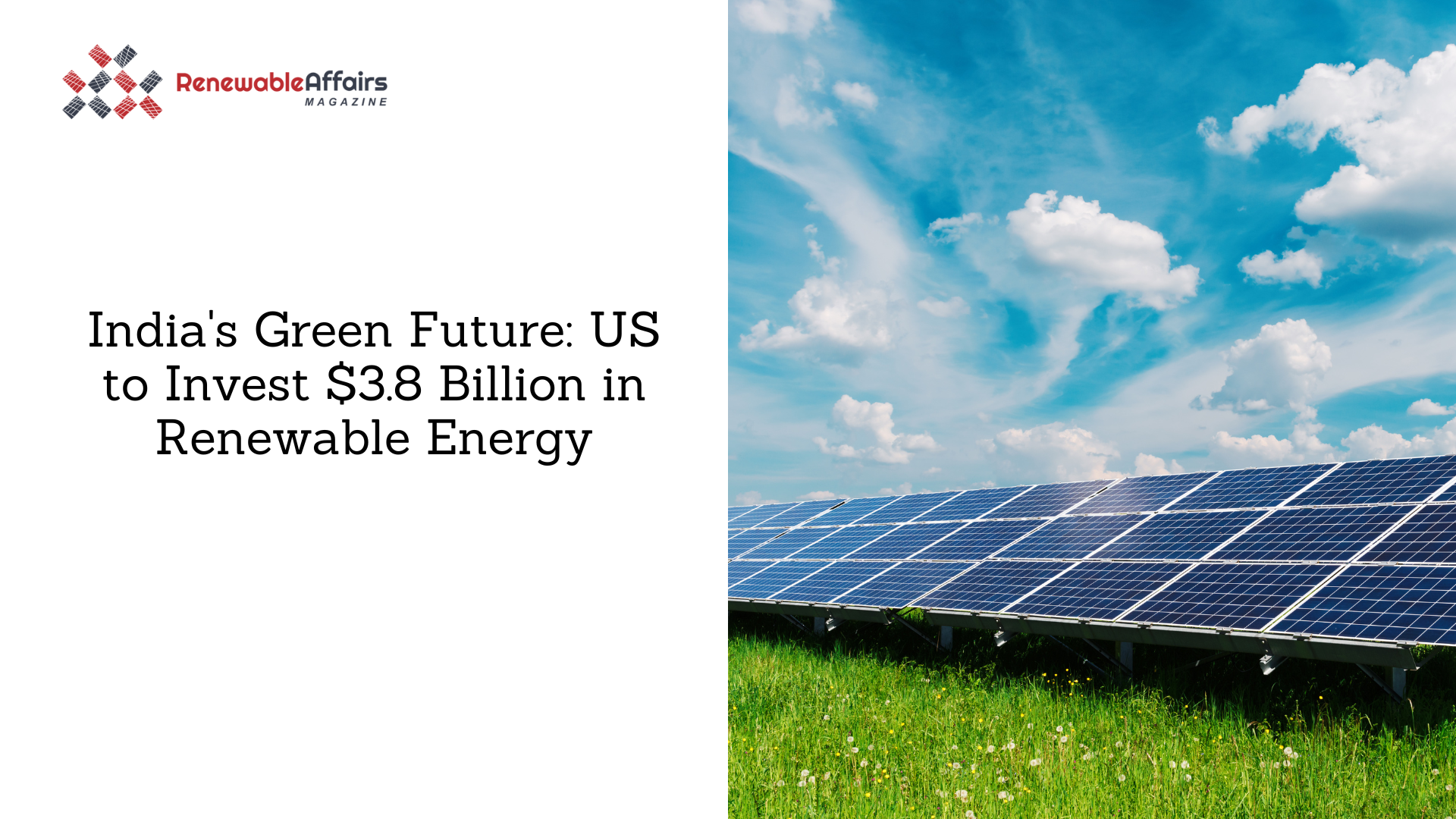



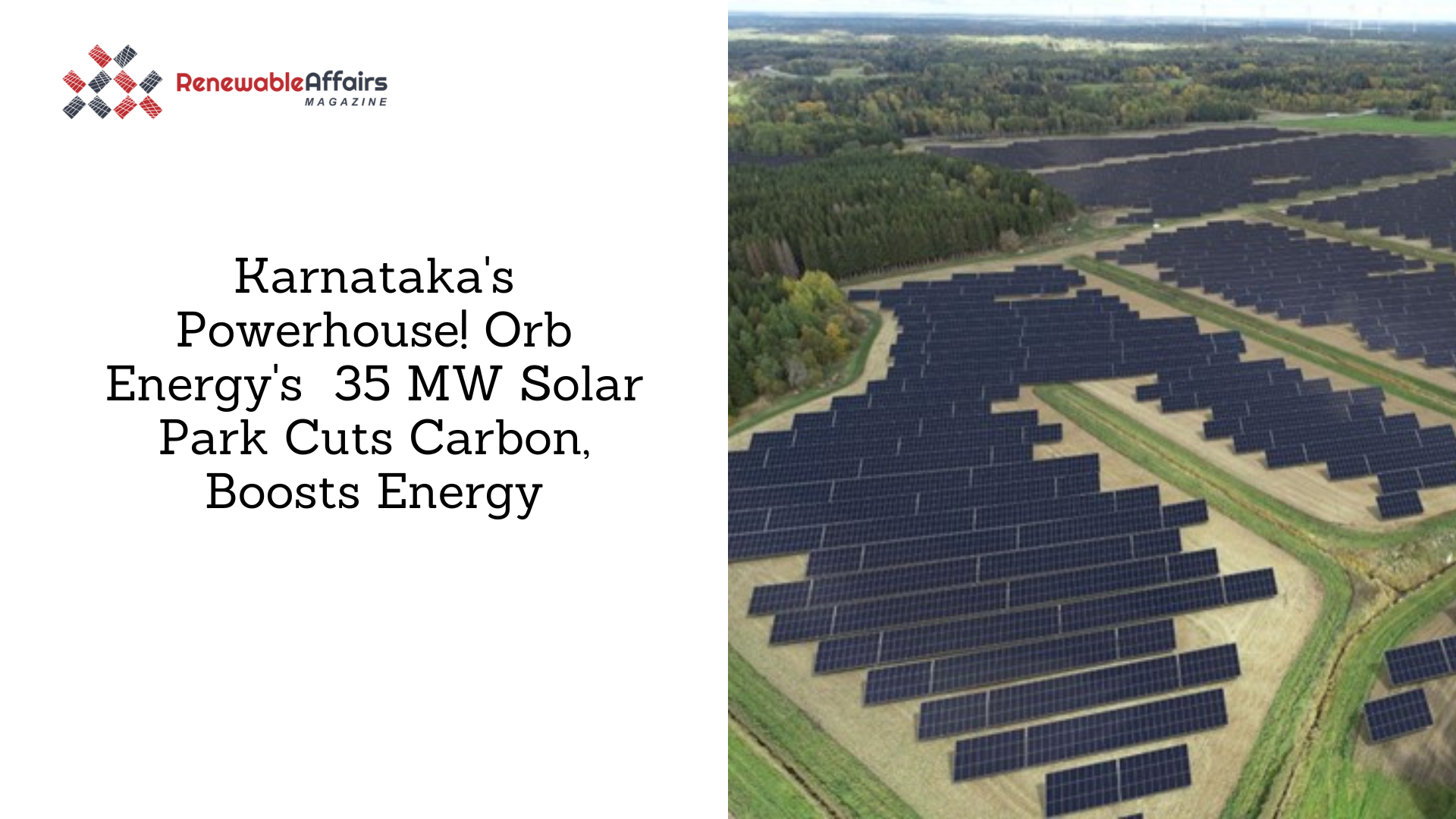




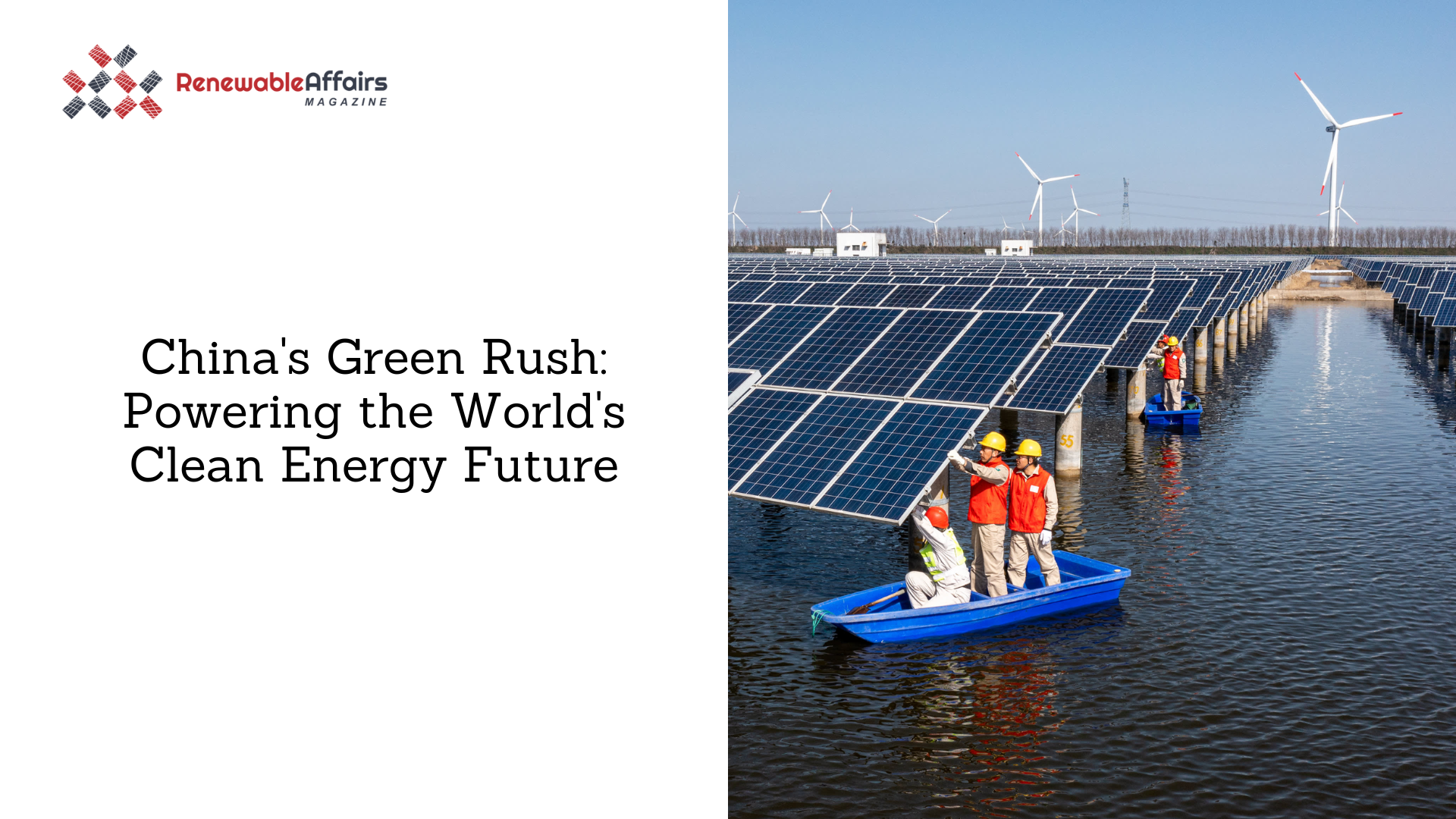
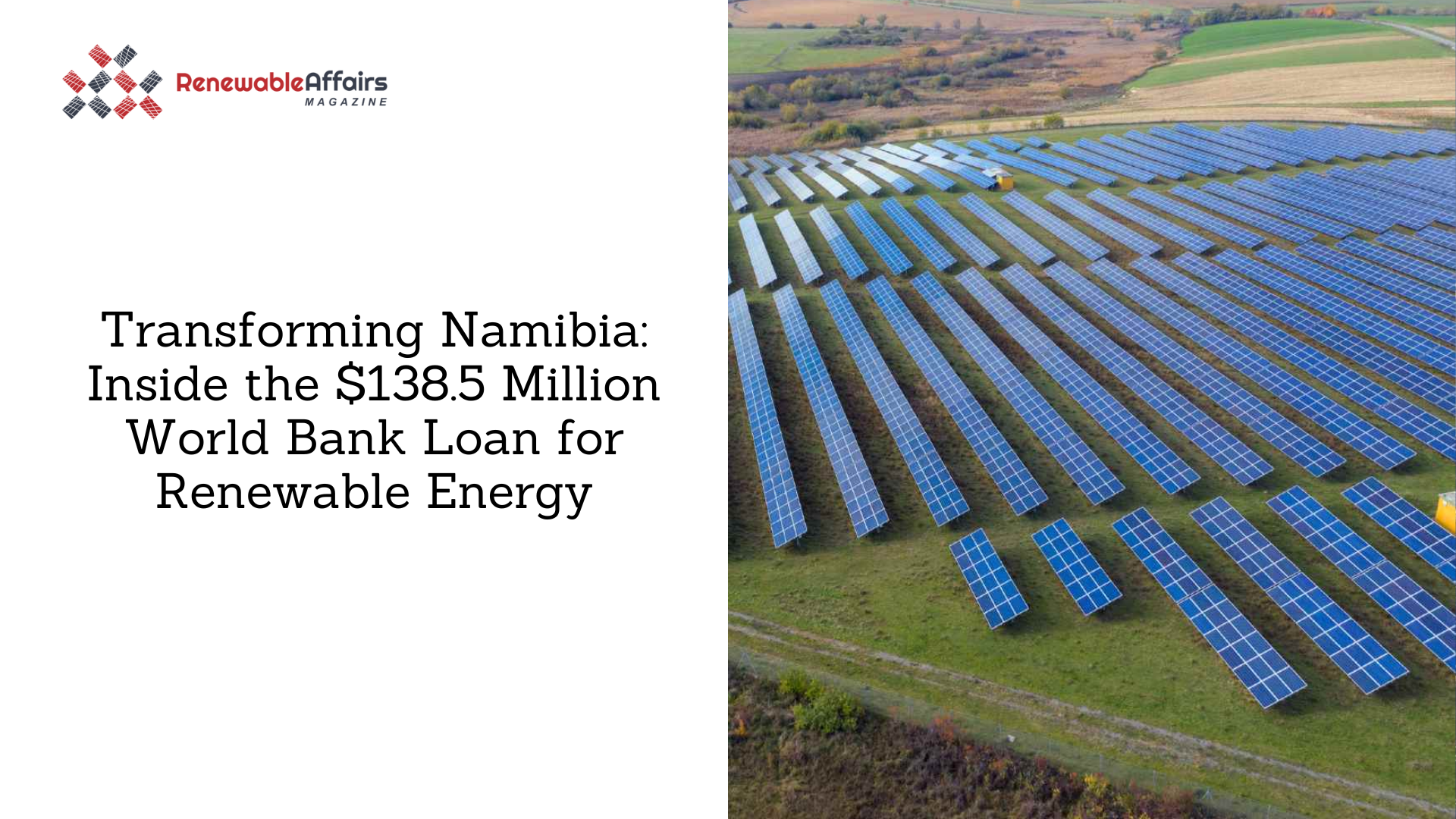
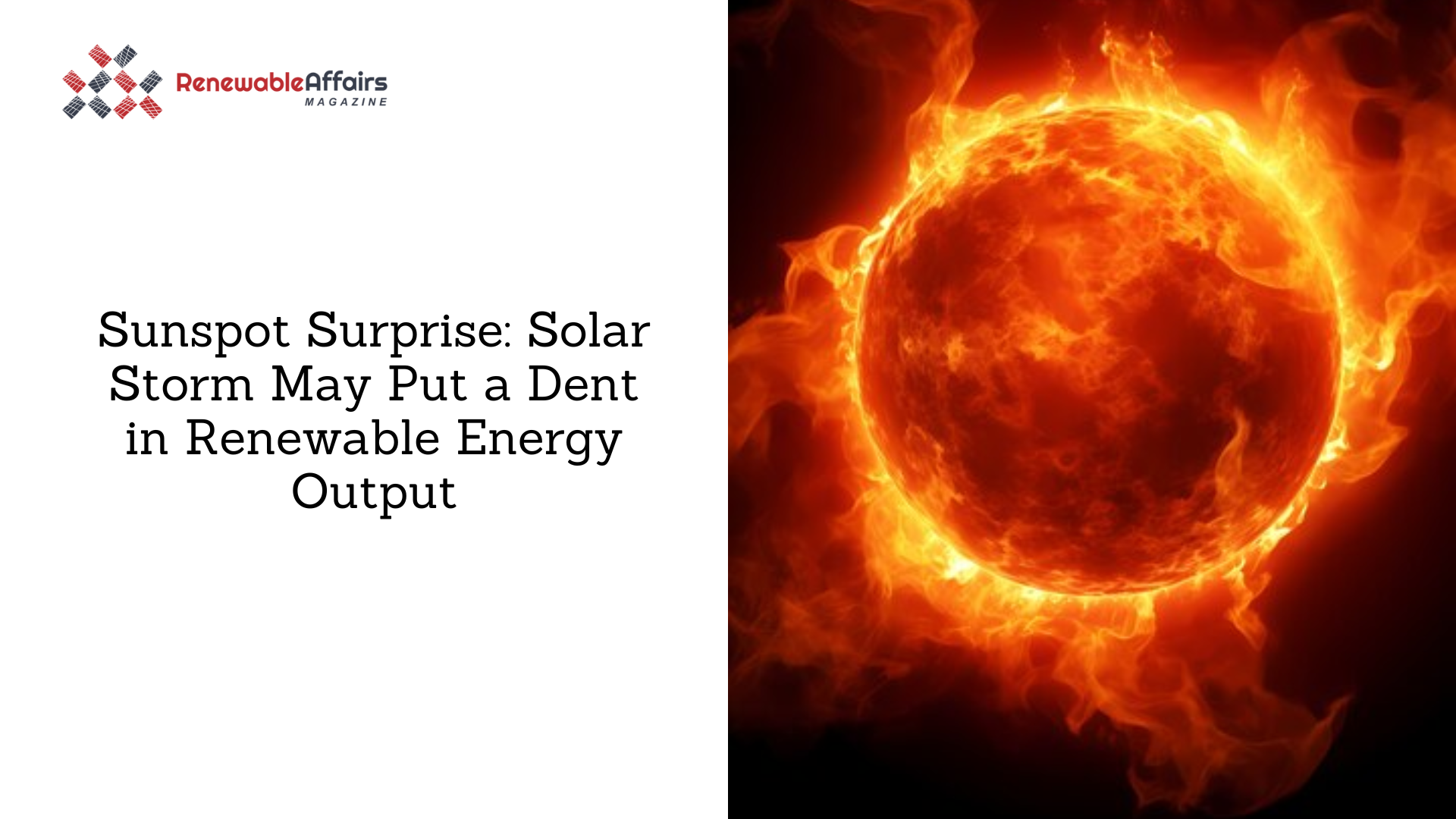

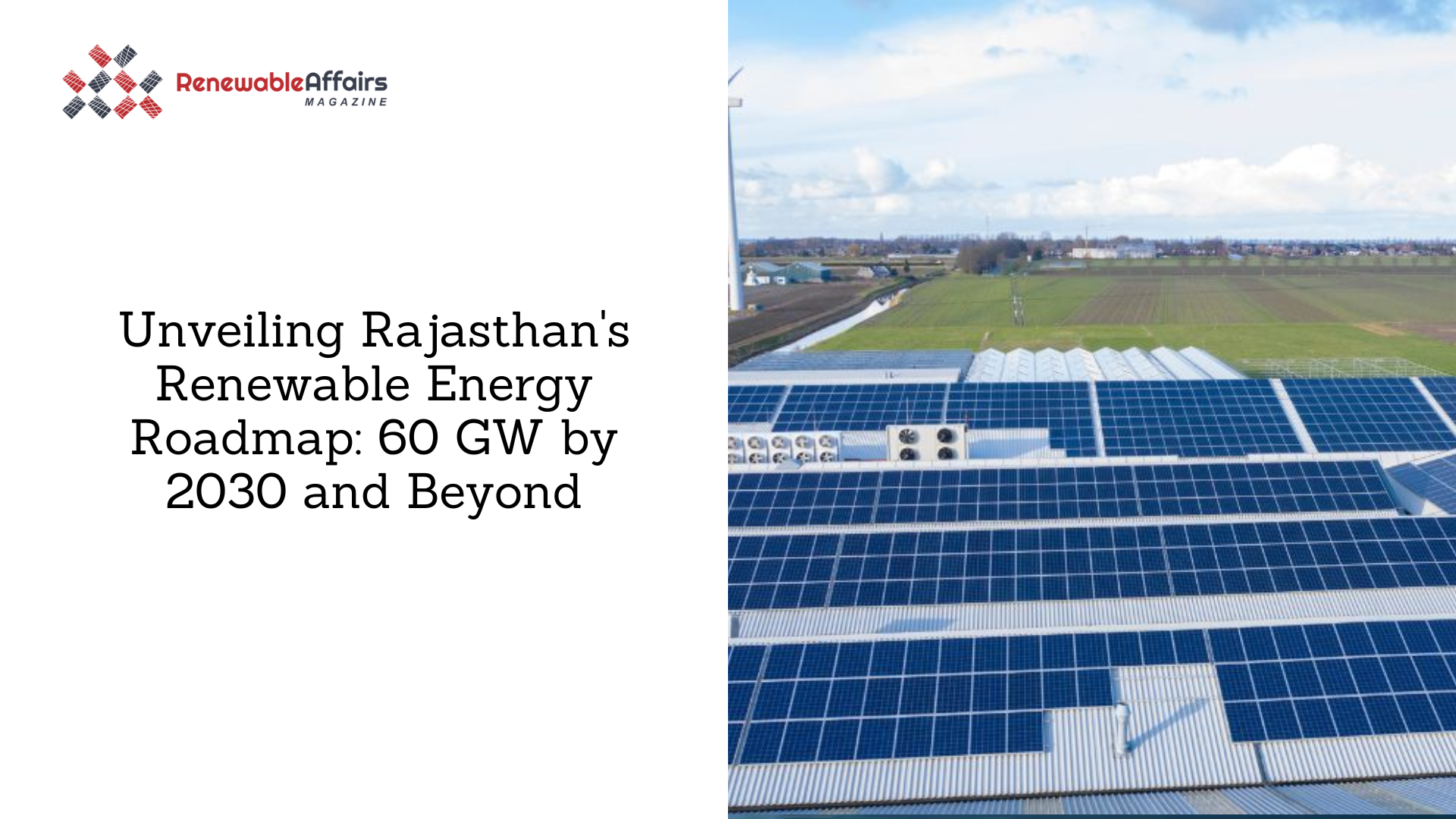

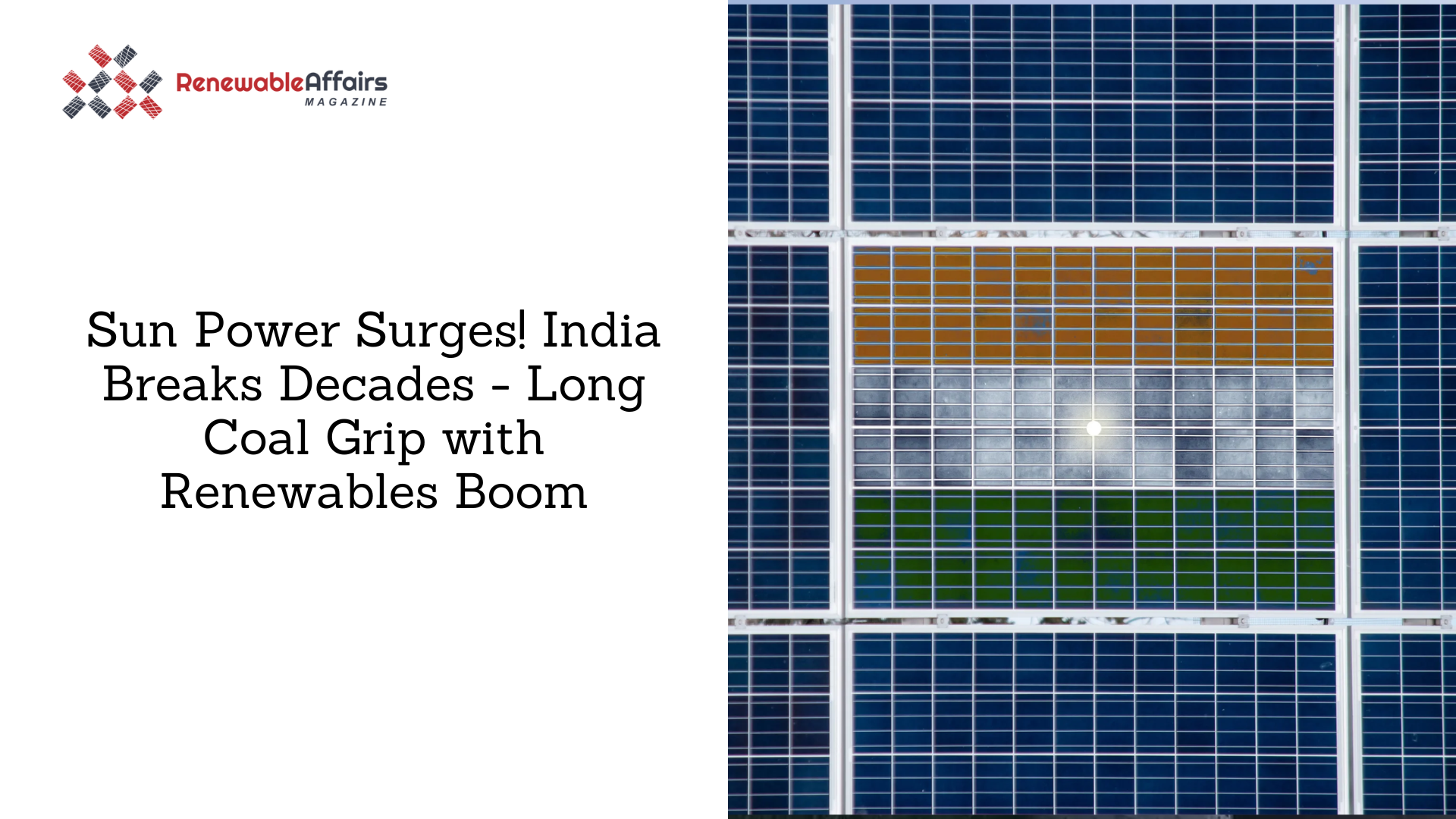


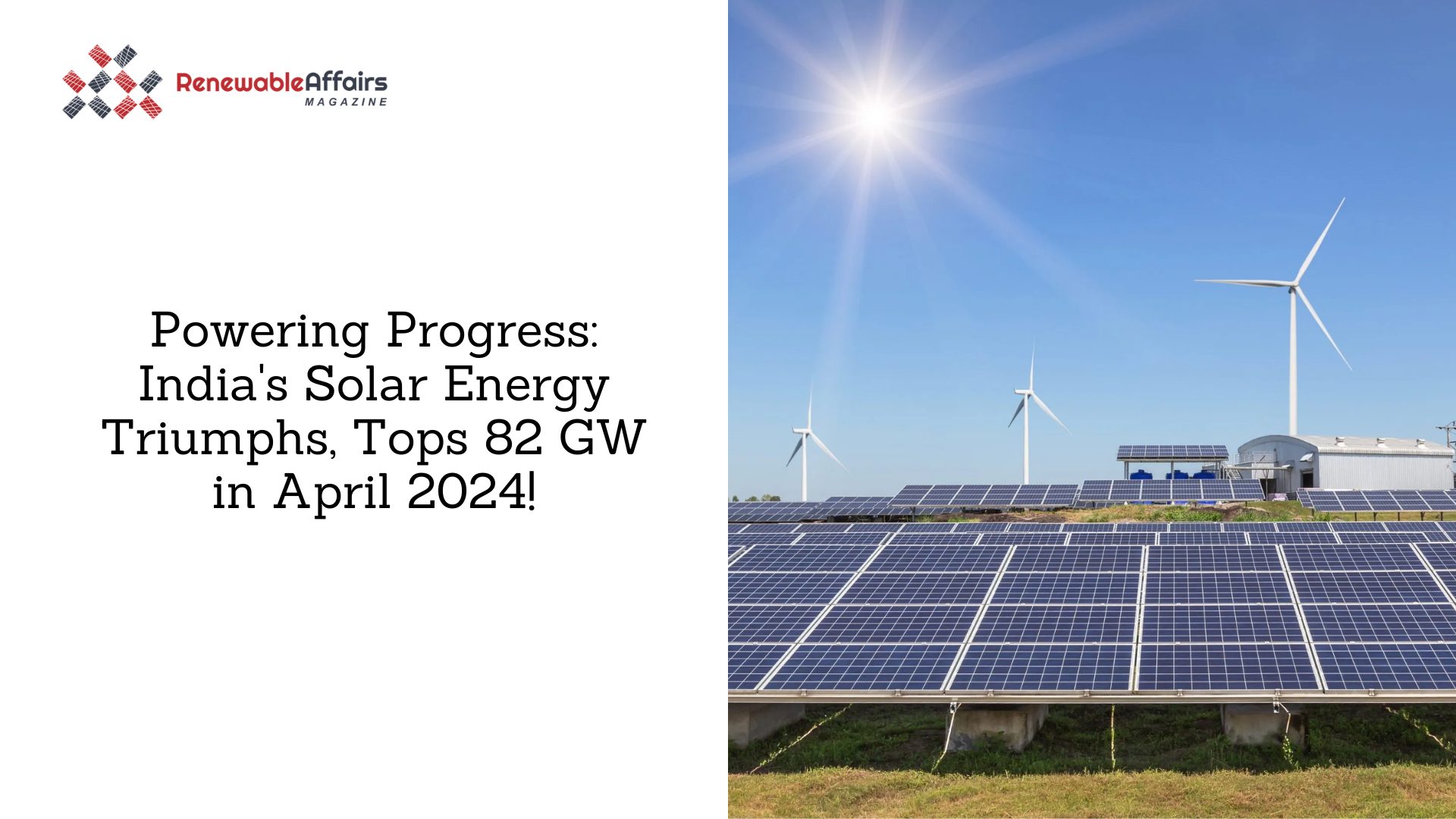
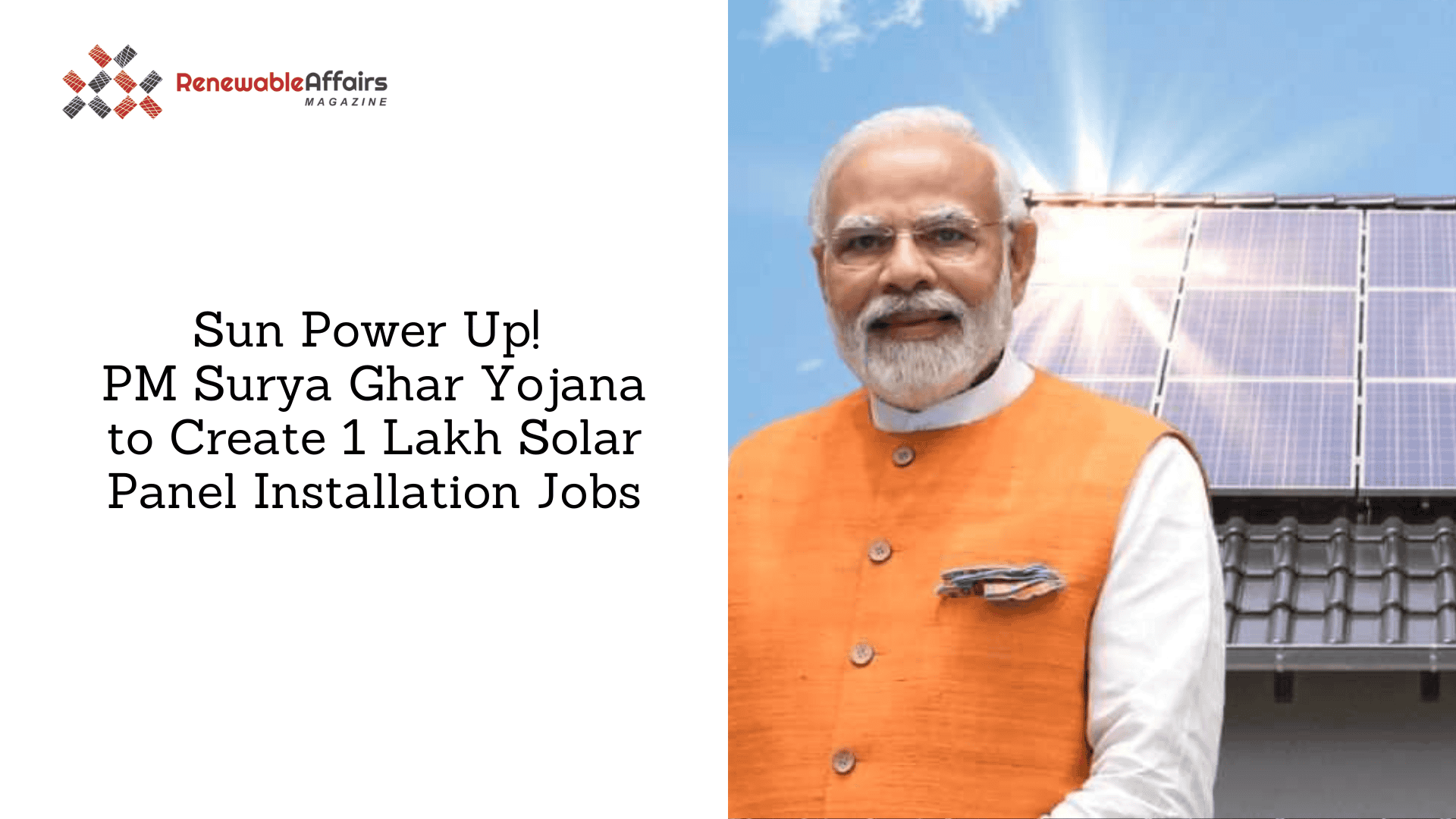







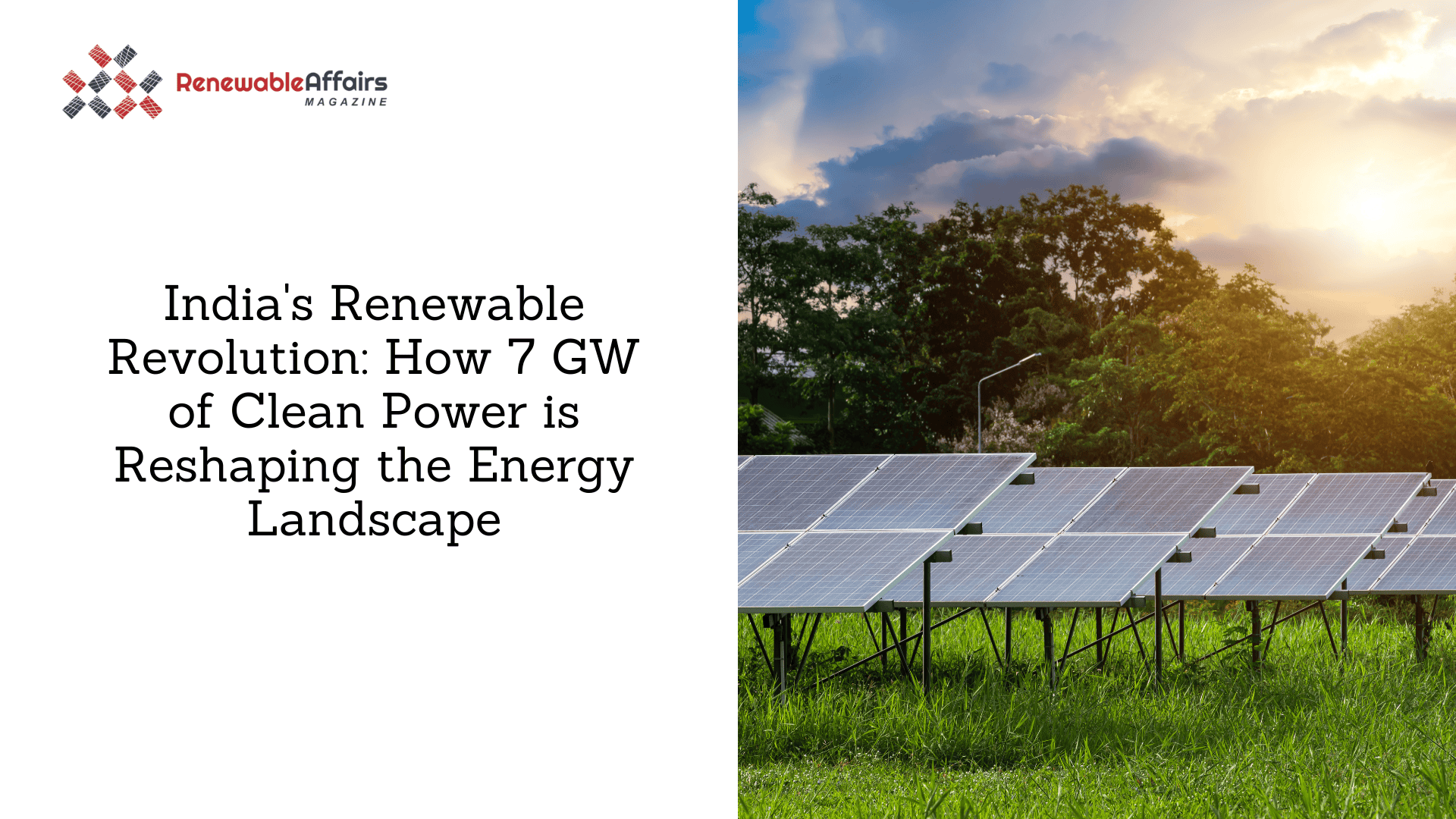


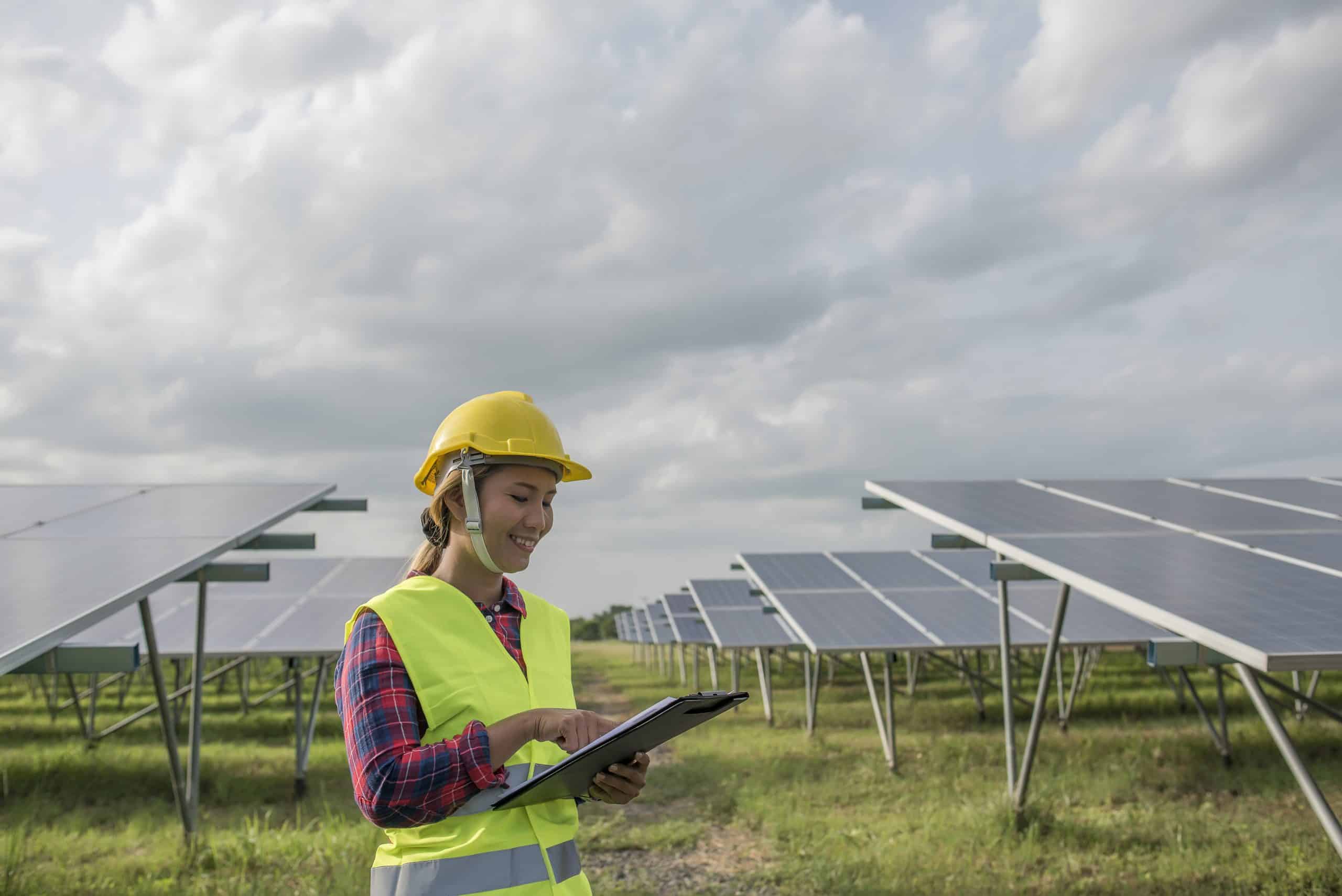

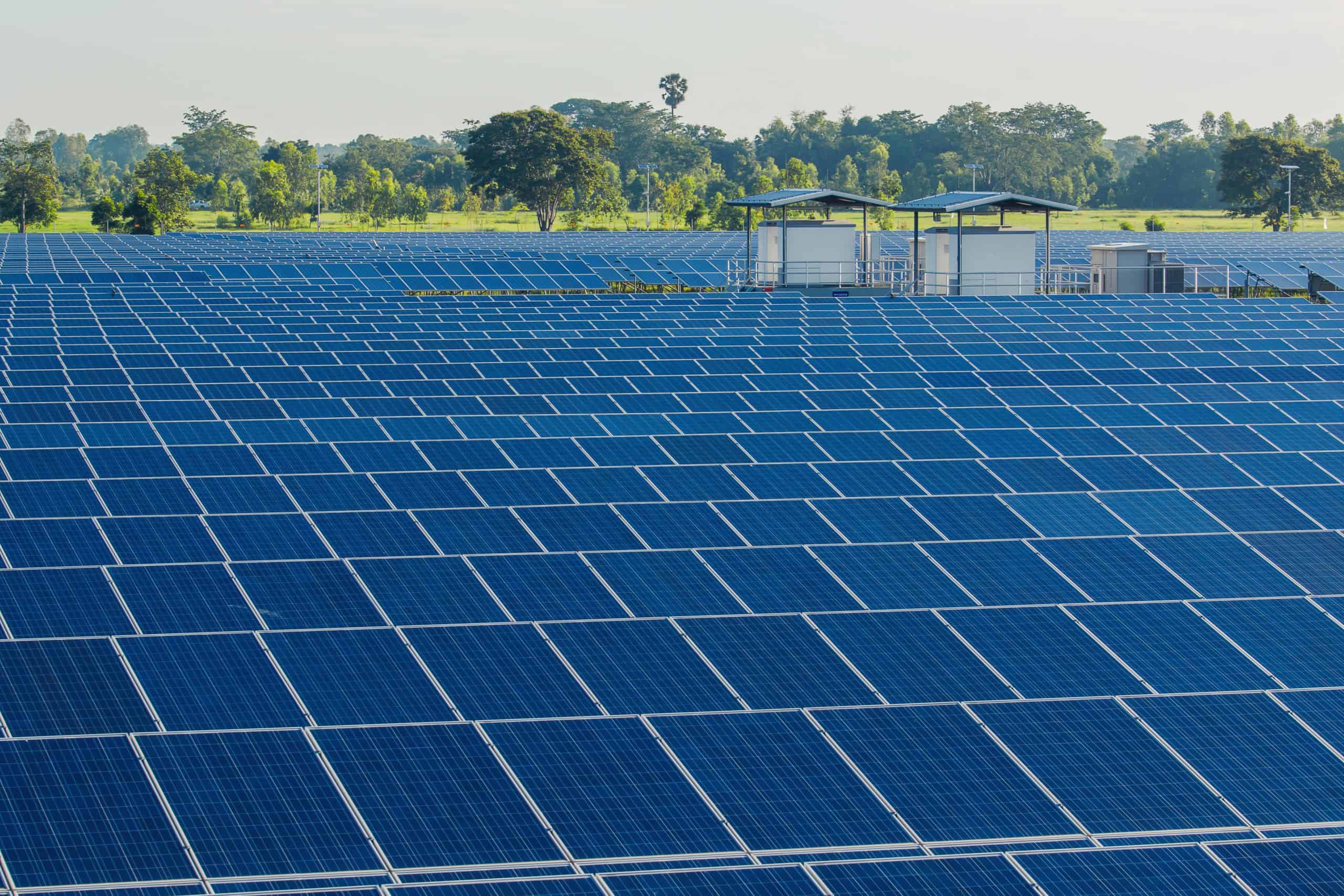




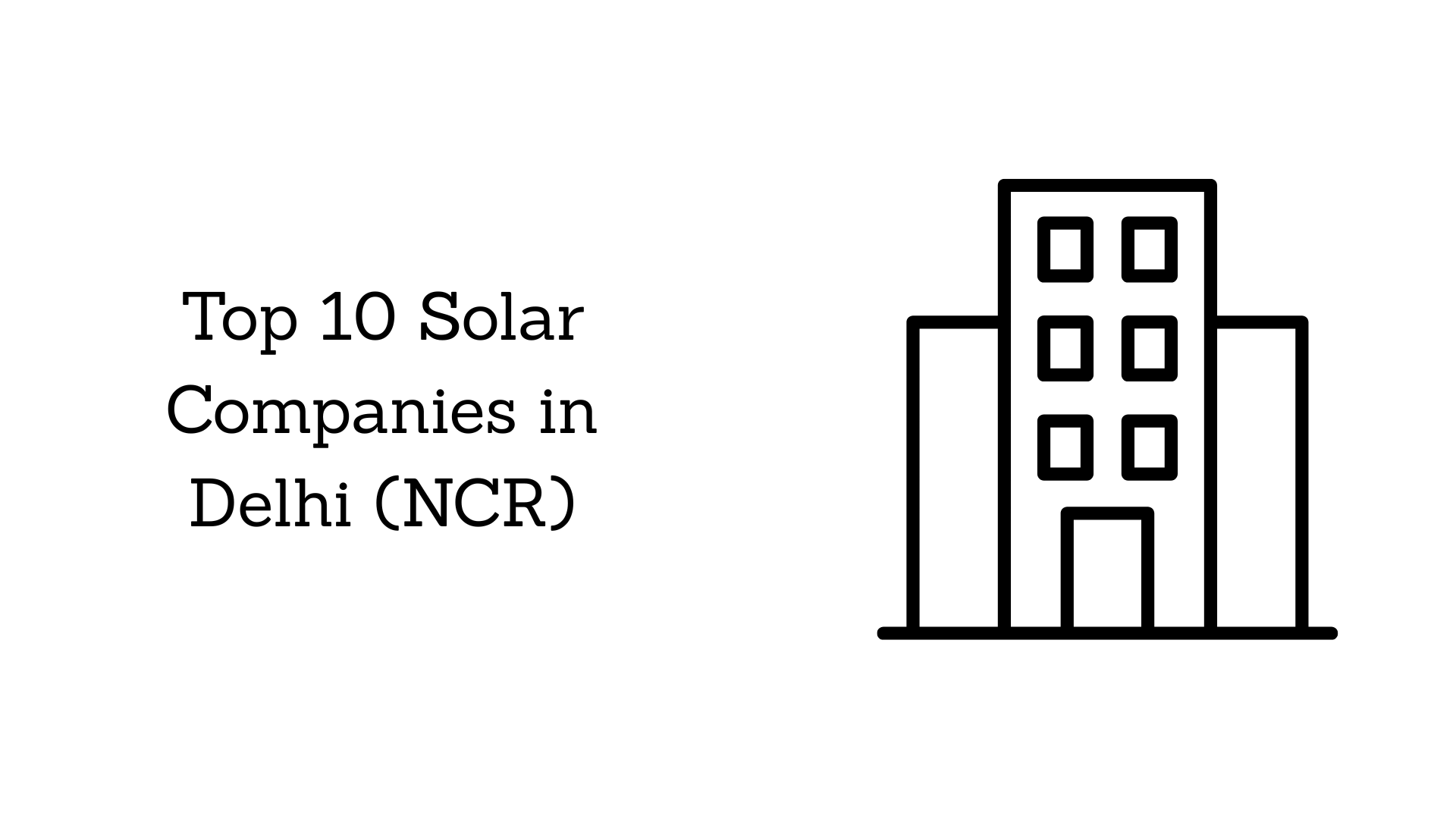




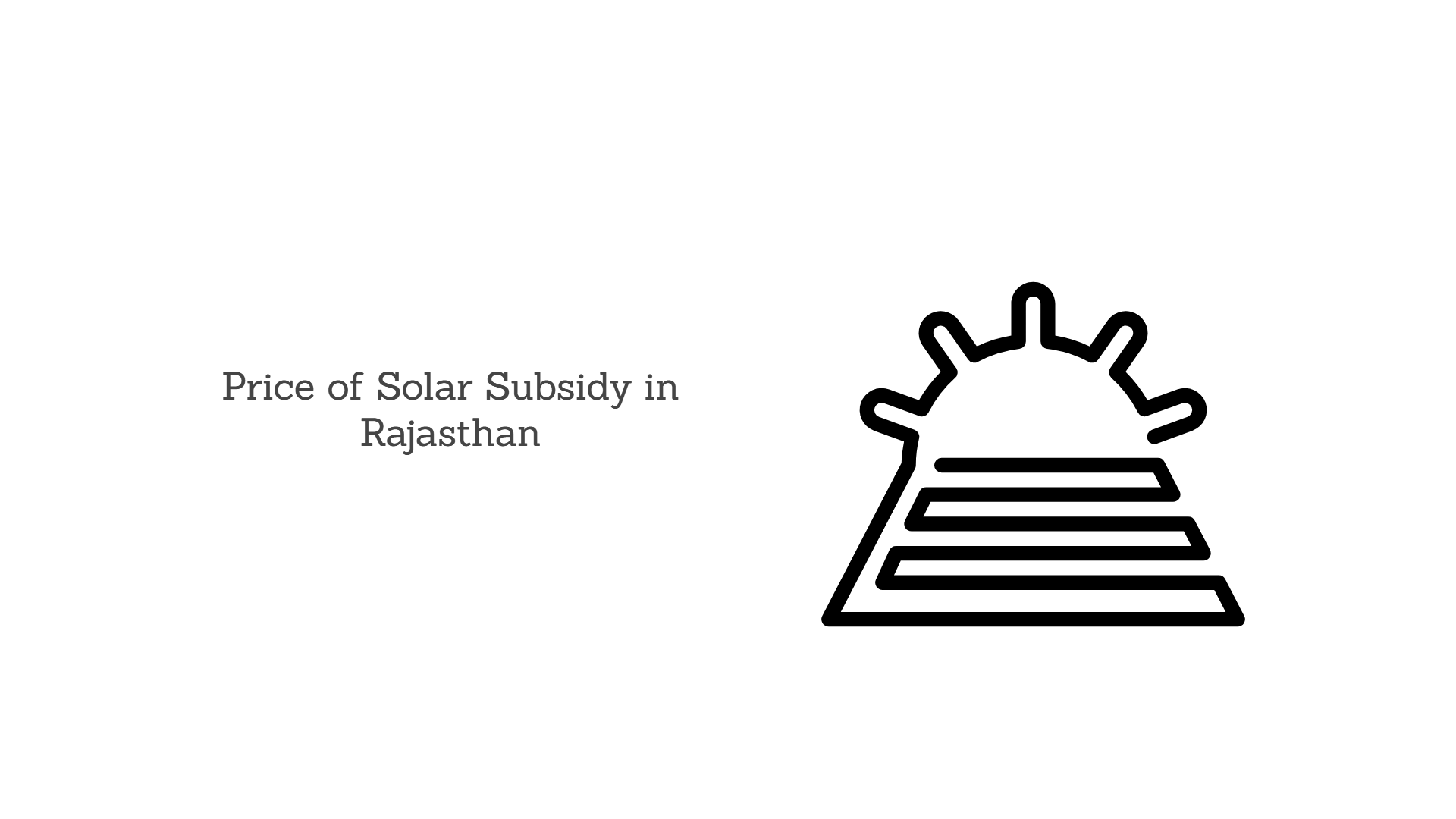
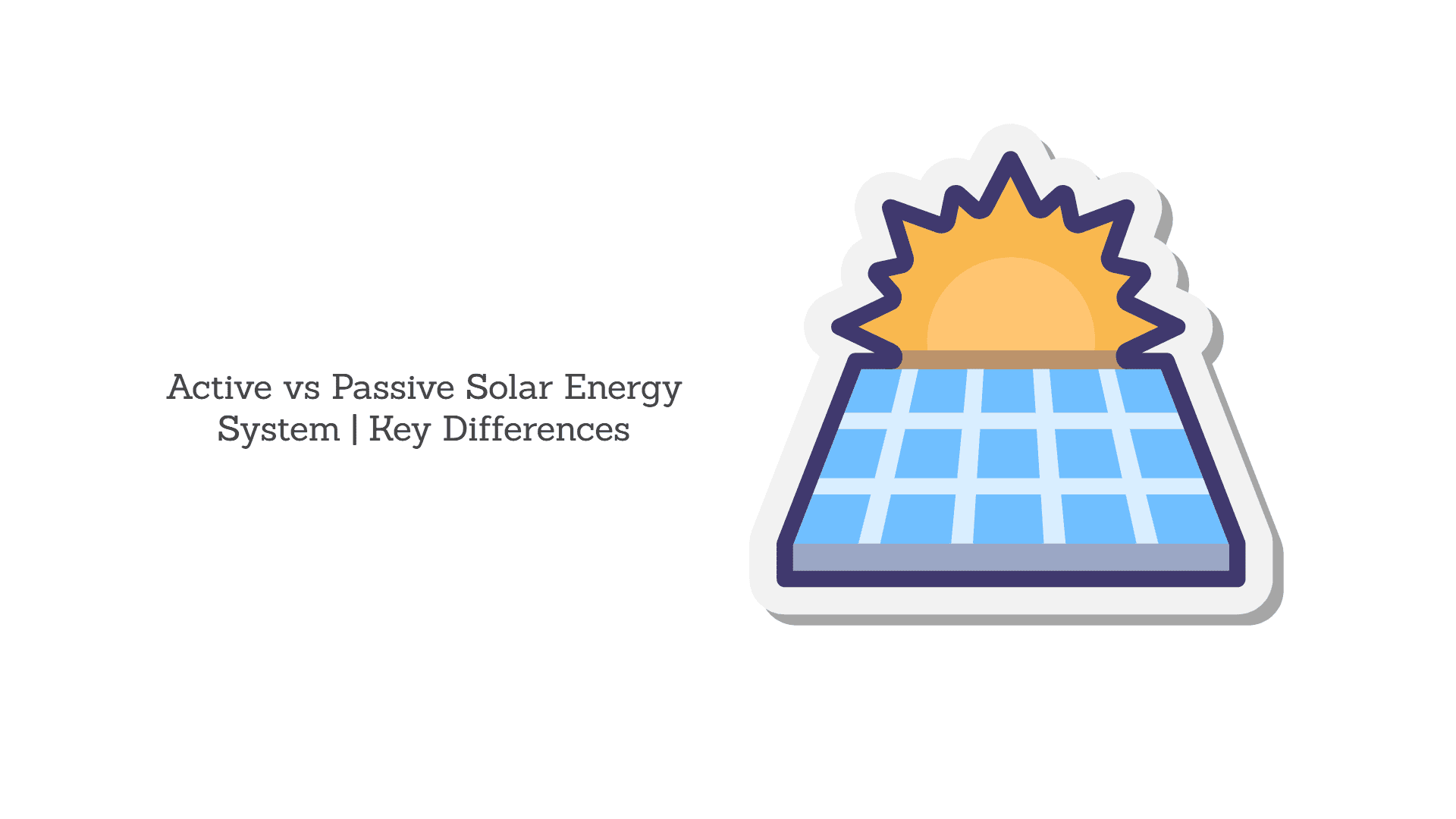

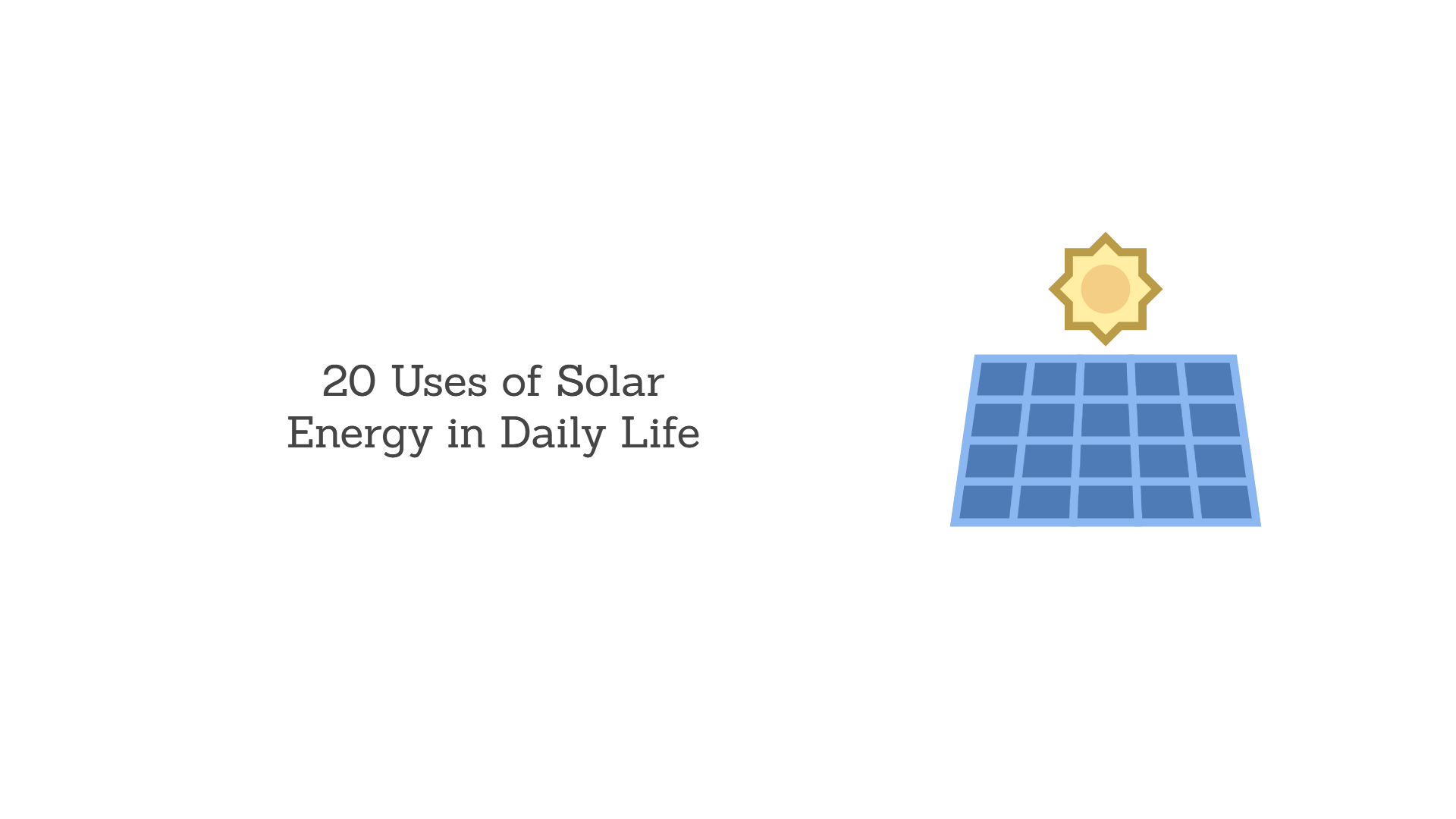



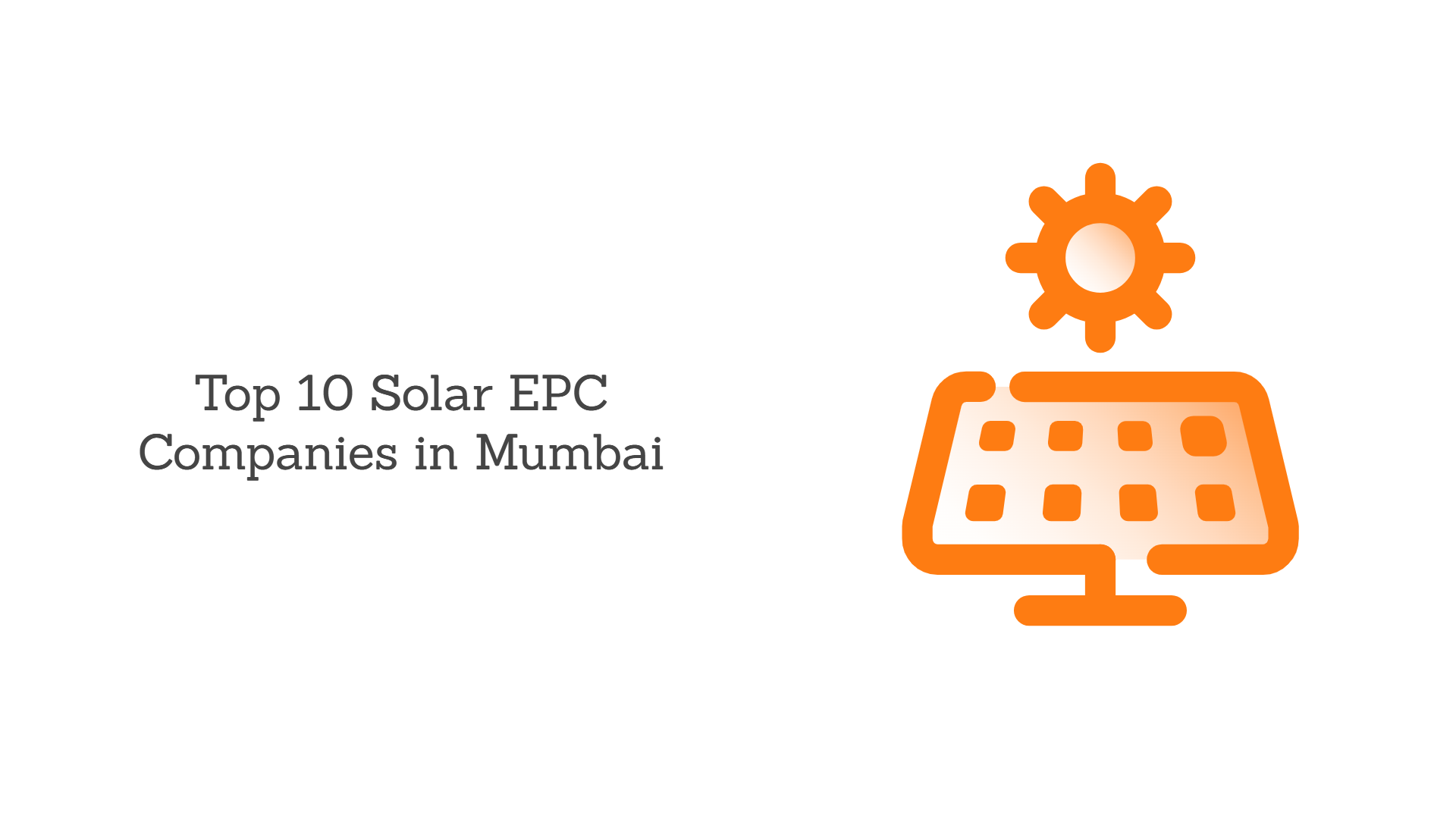
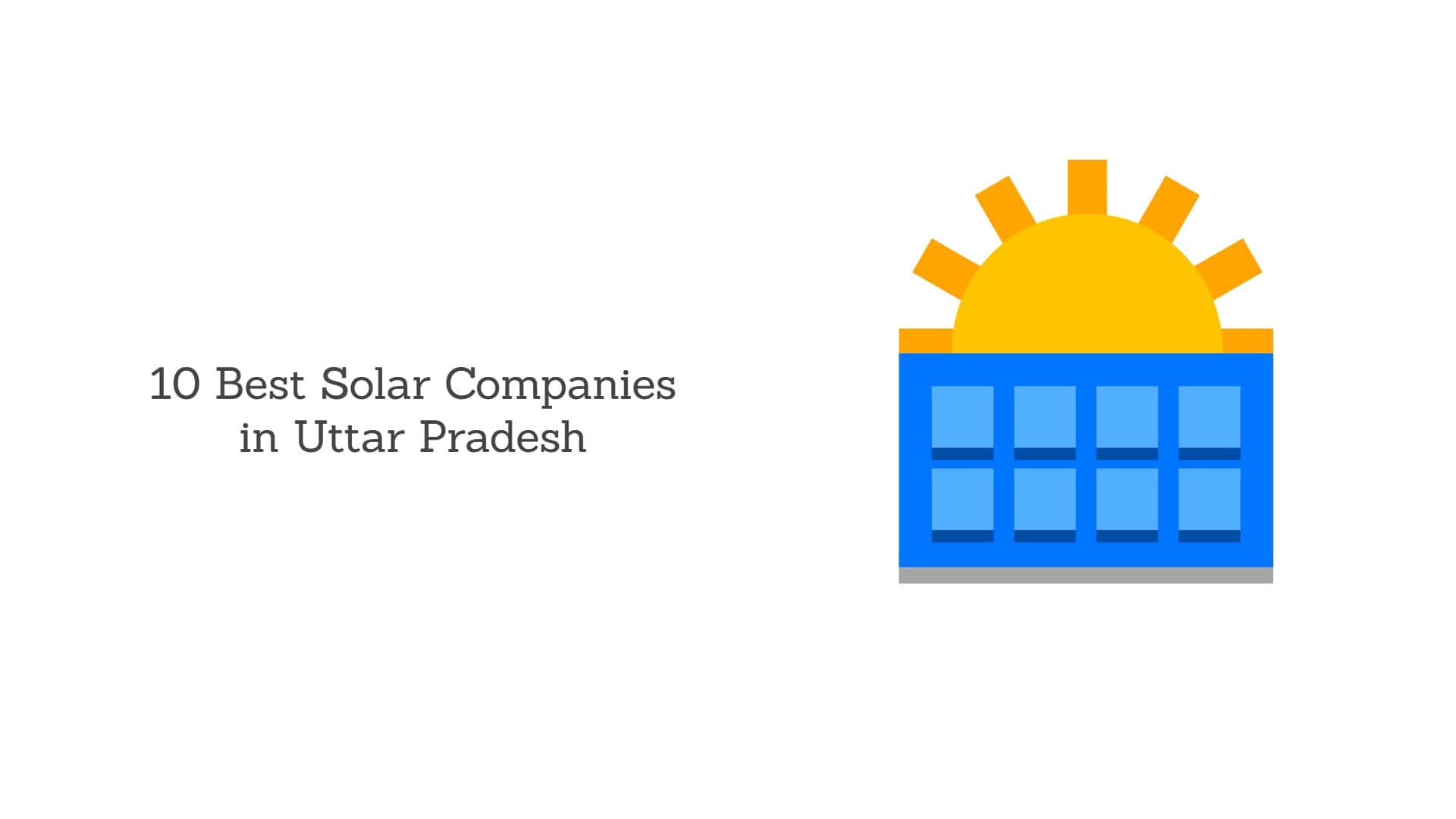


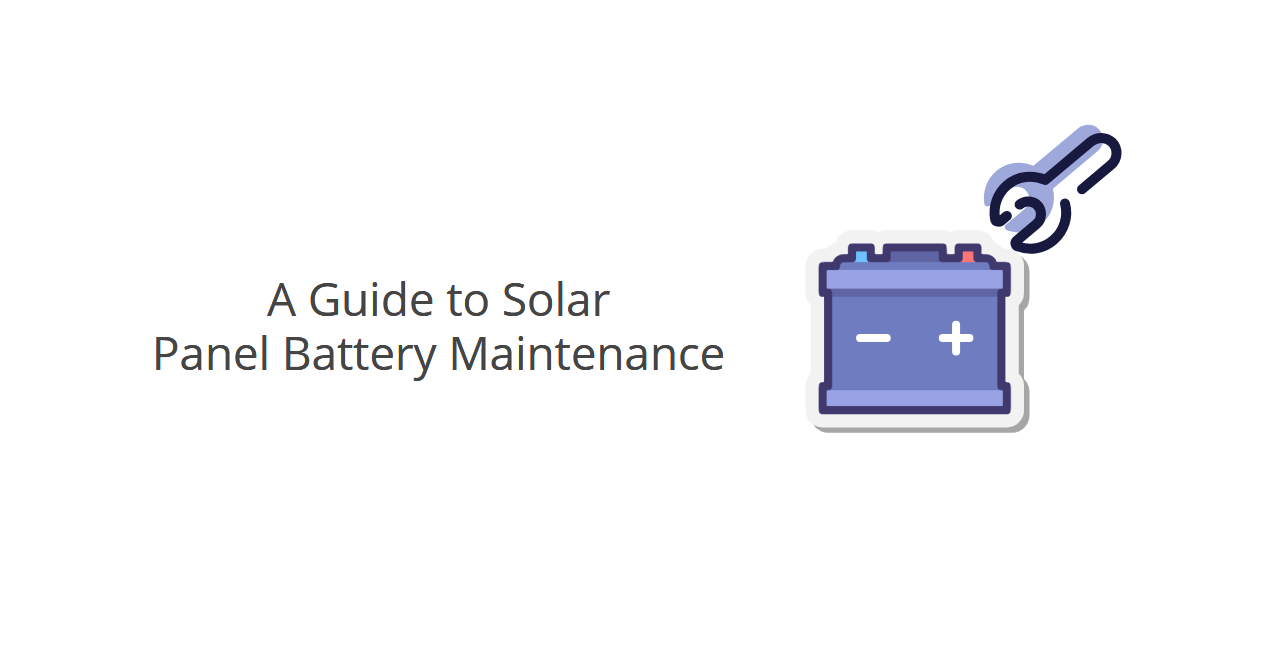
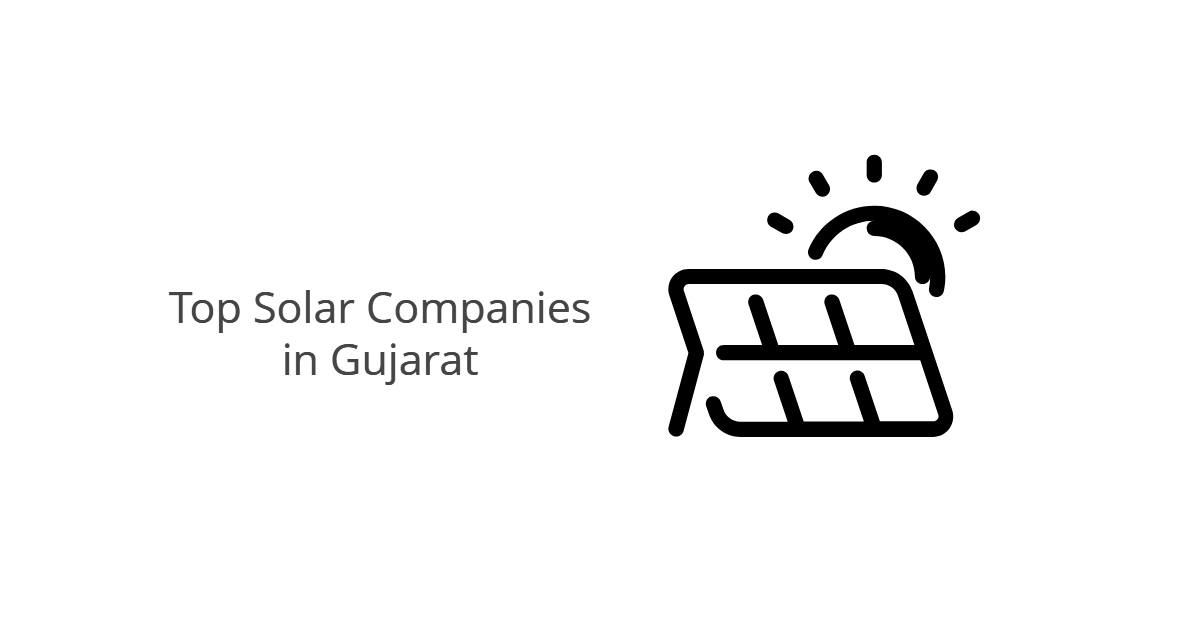



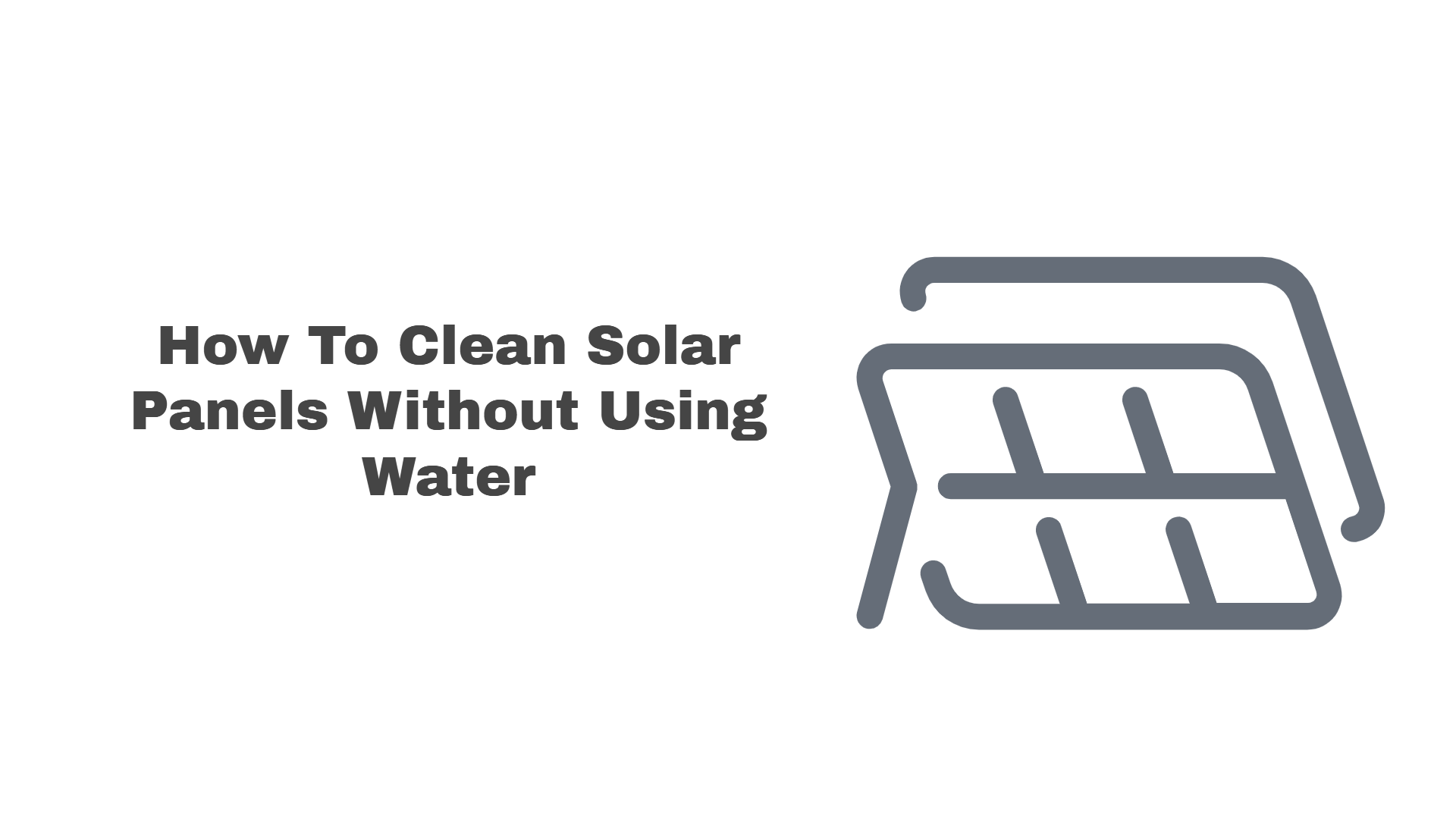
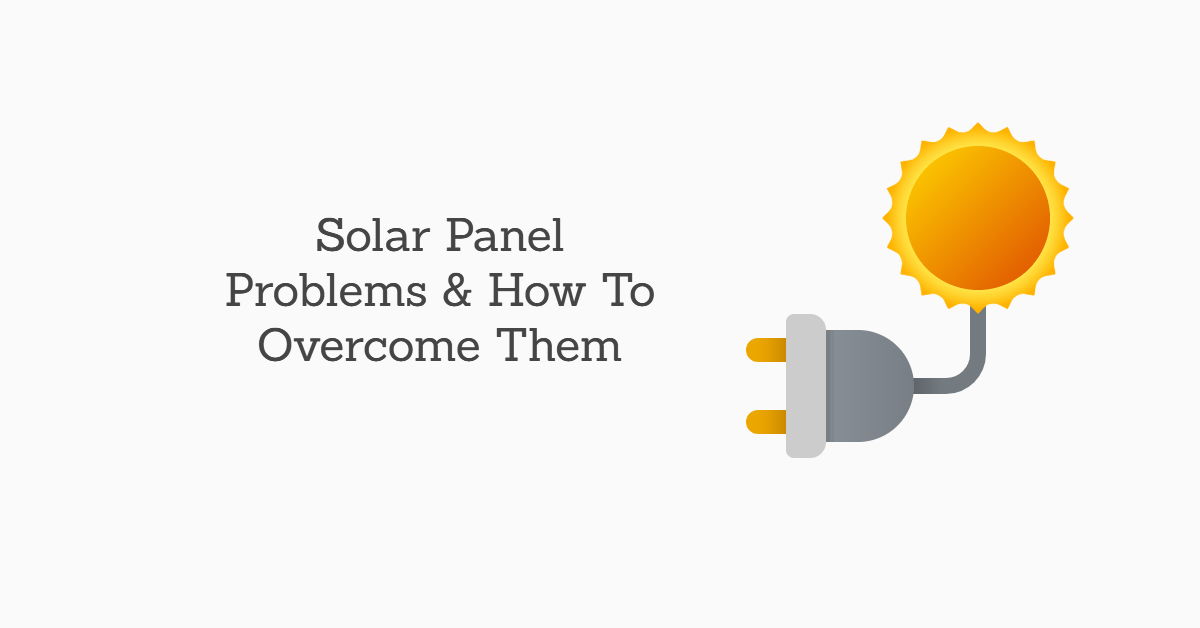

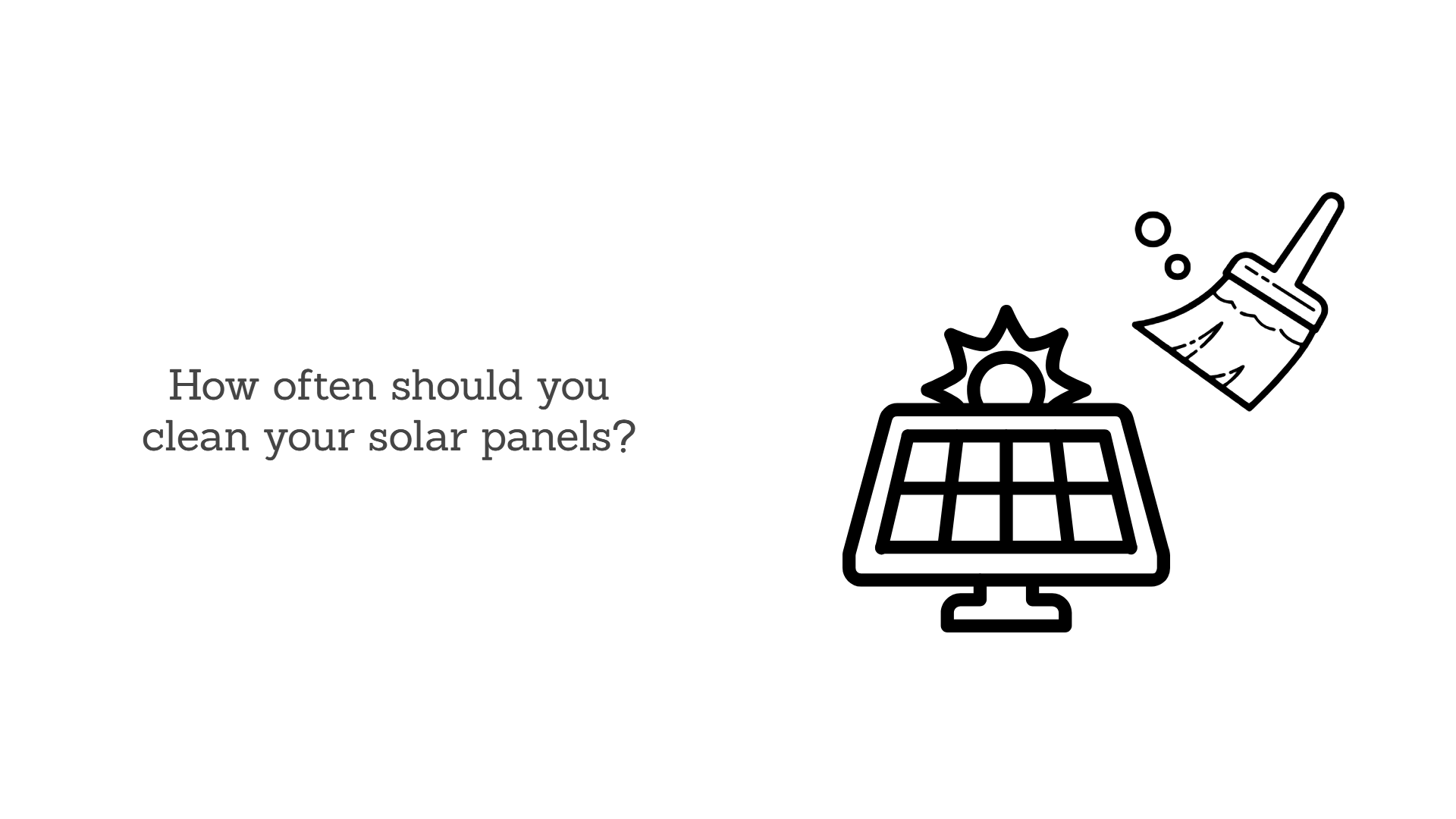
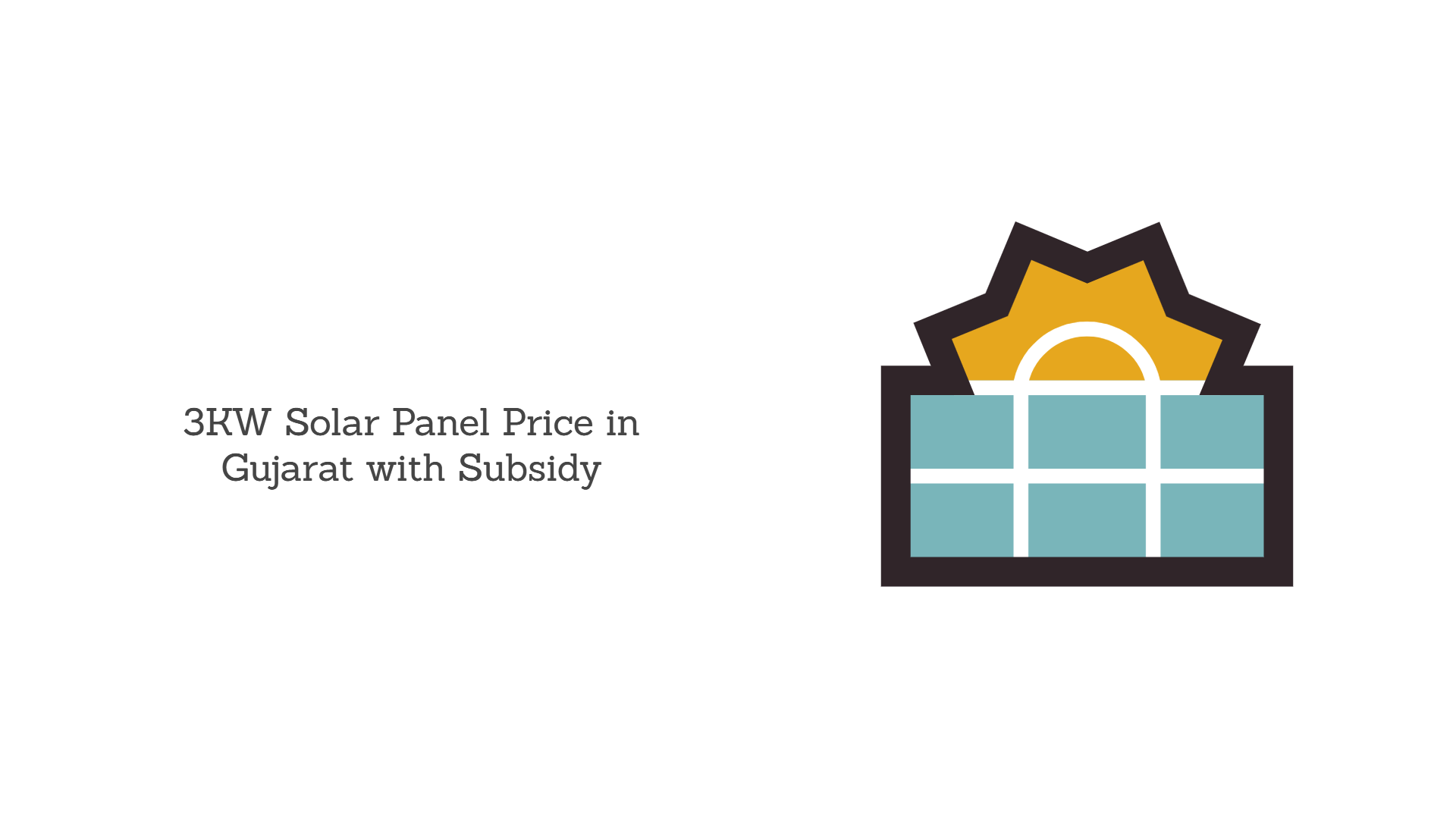


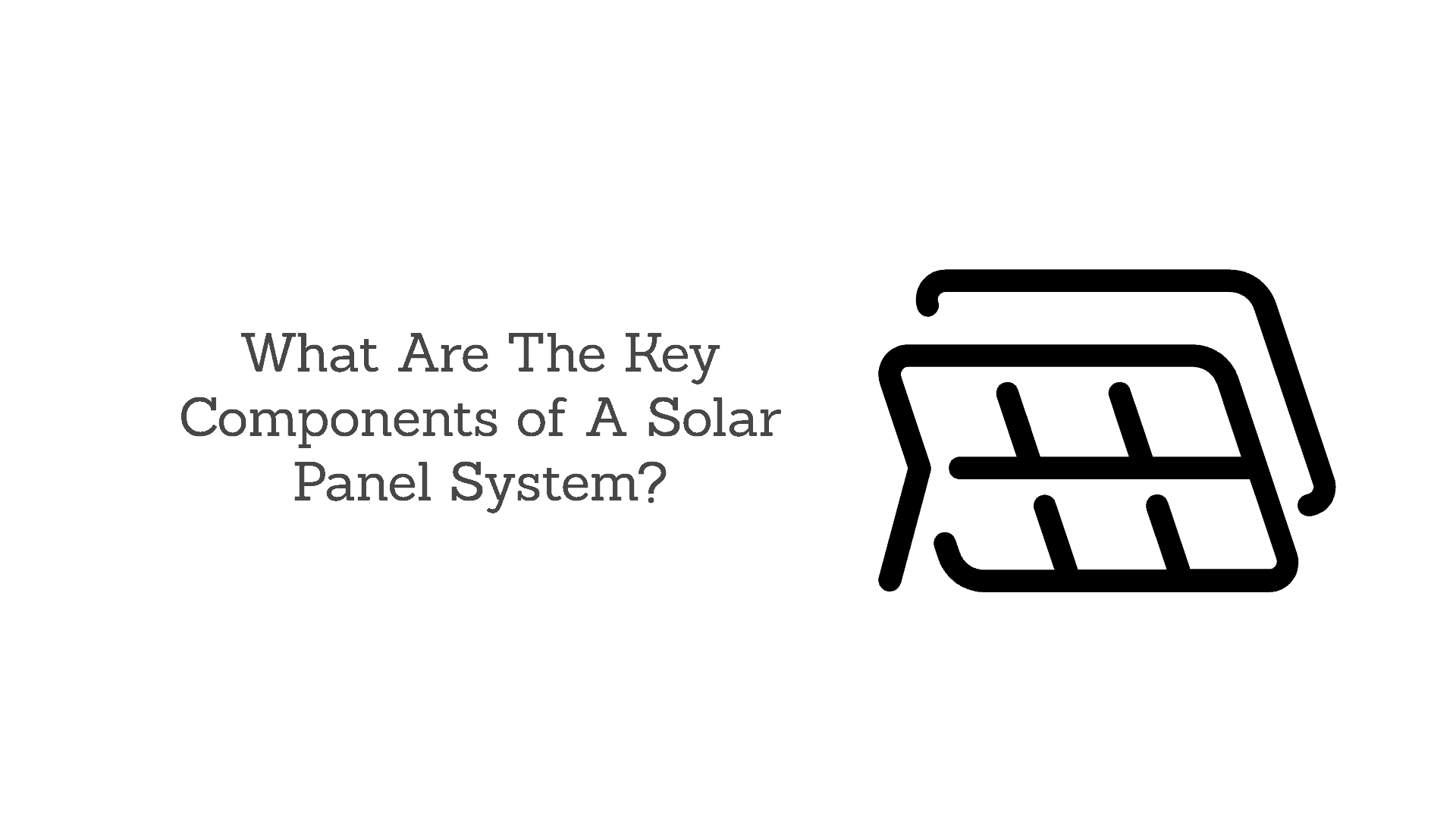
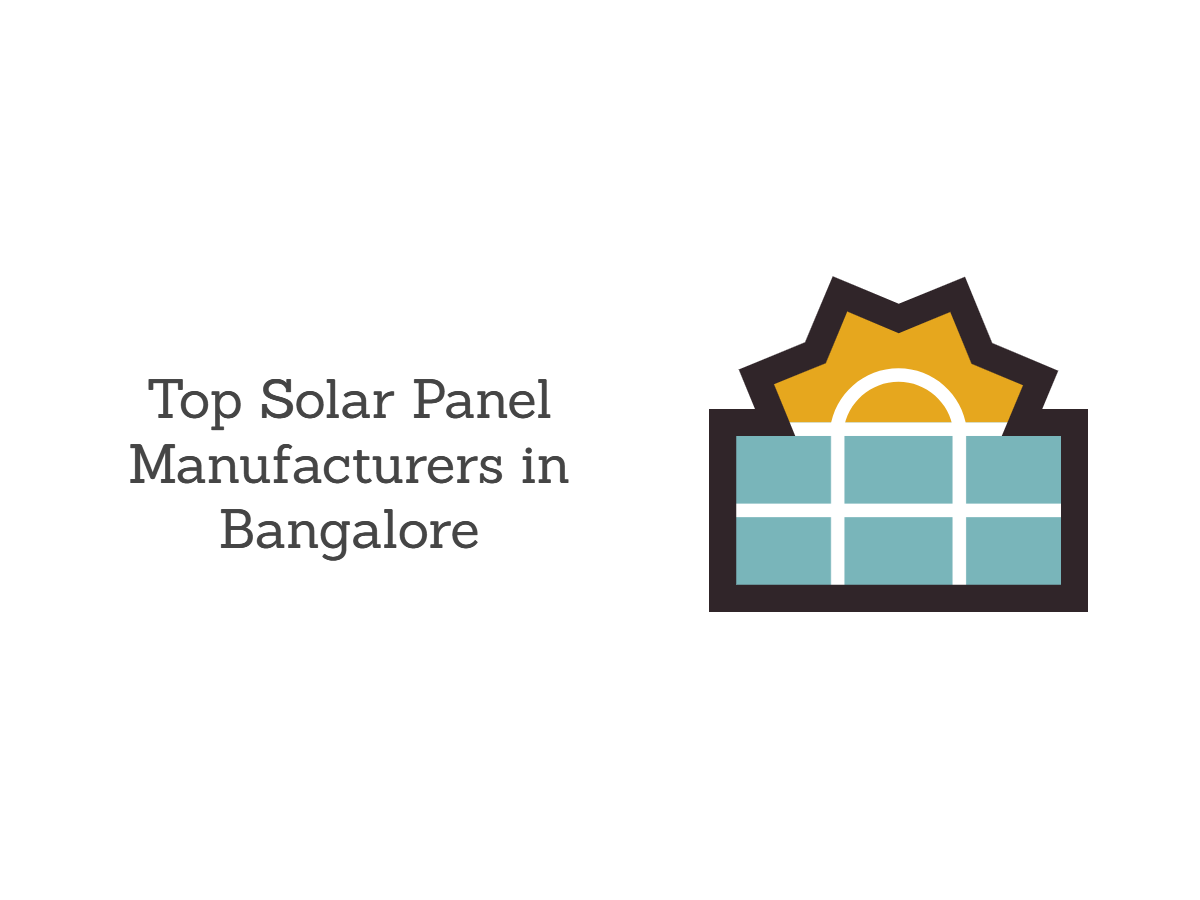






0 Comments